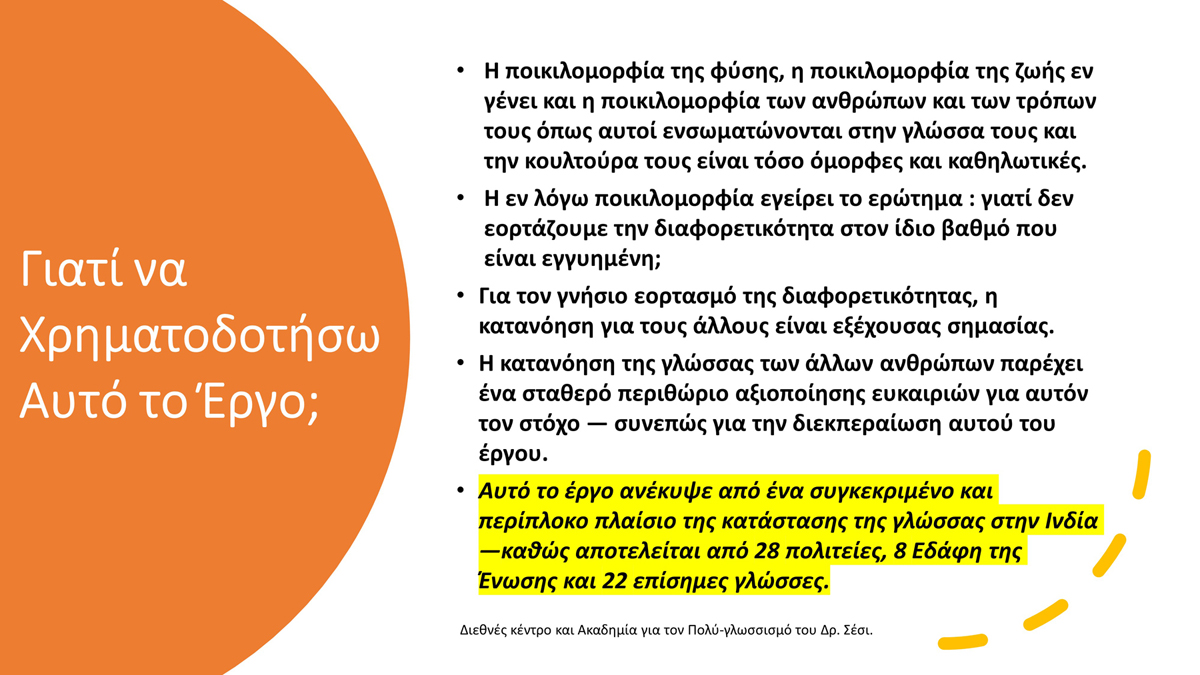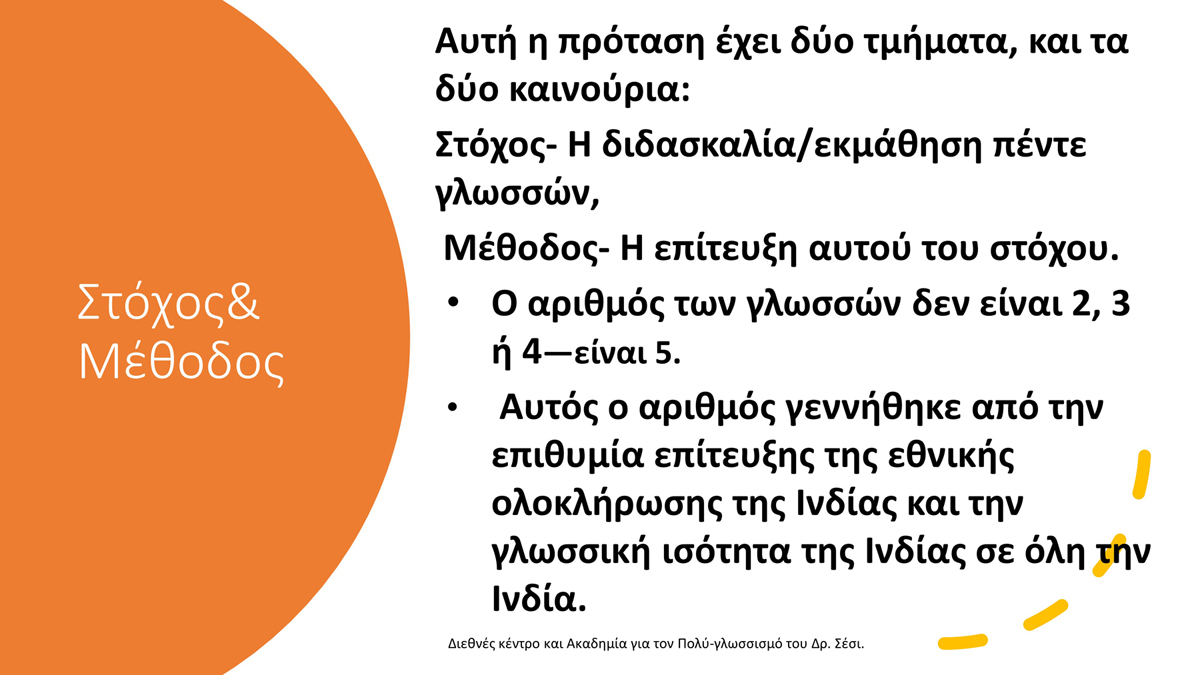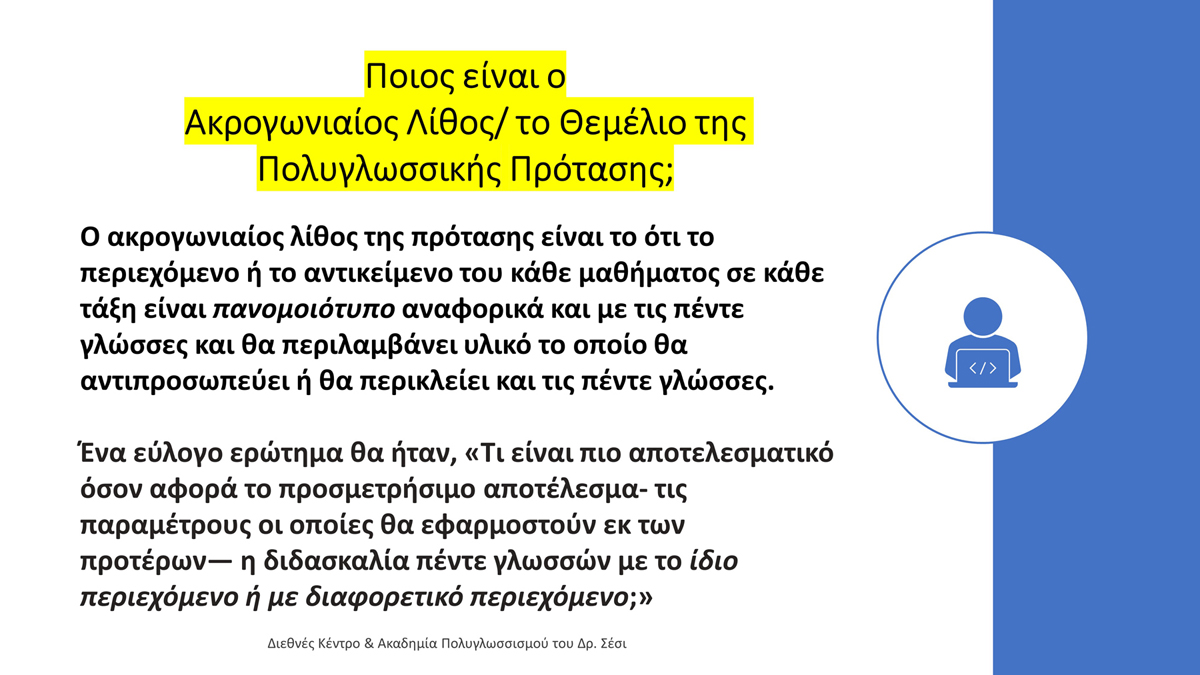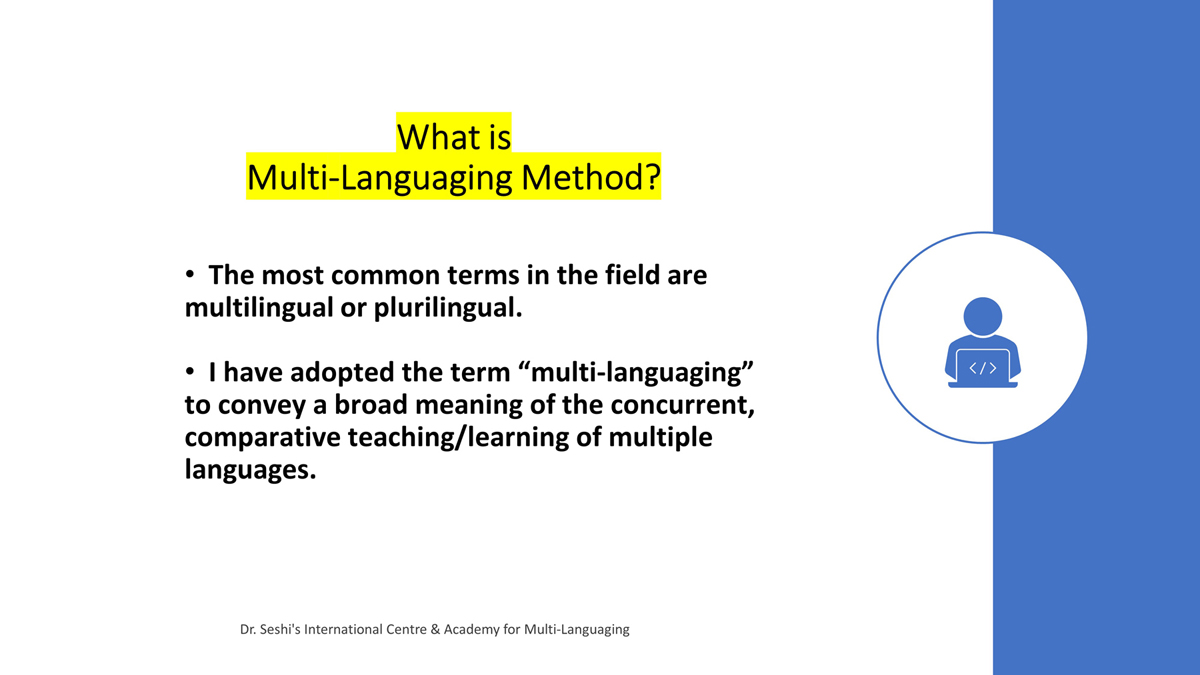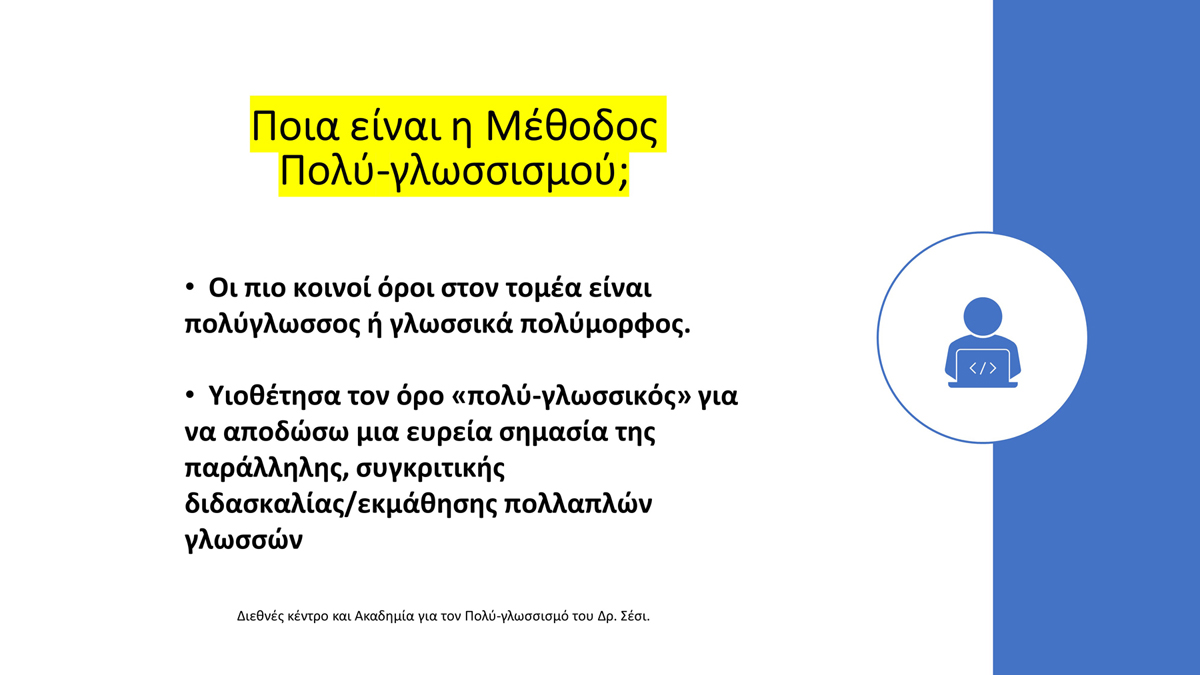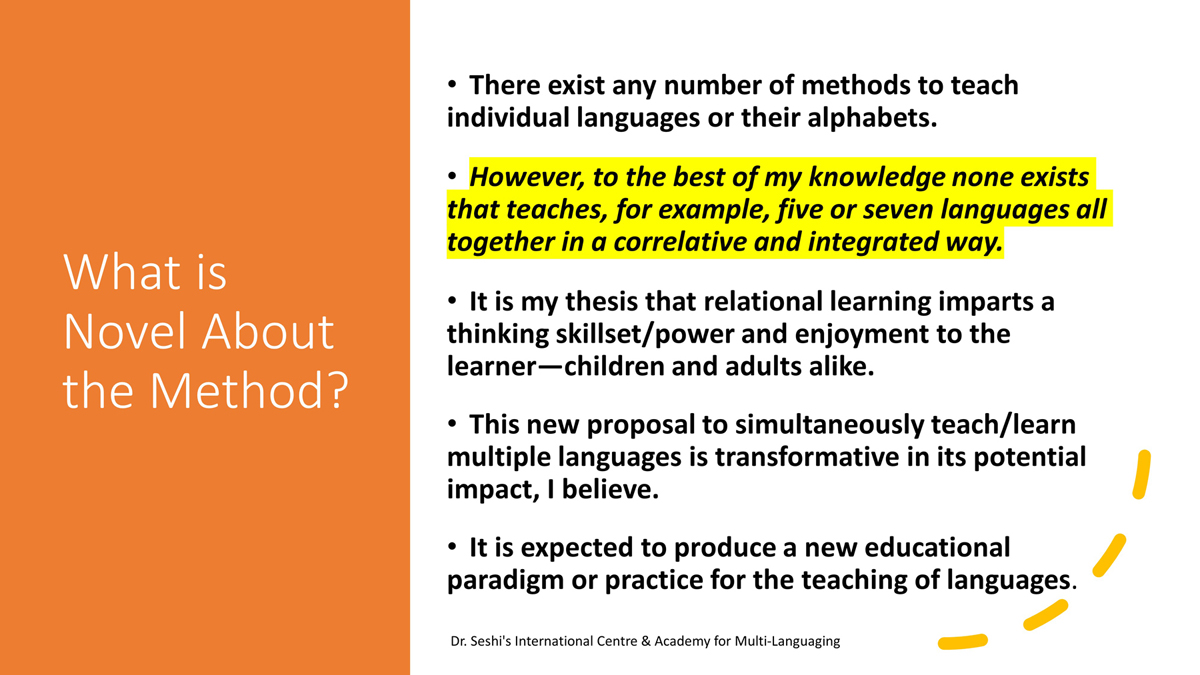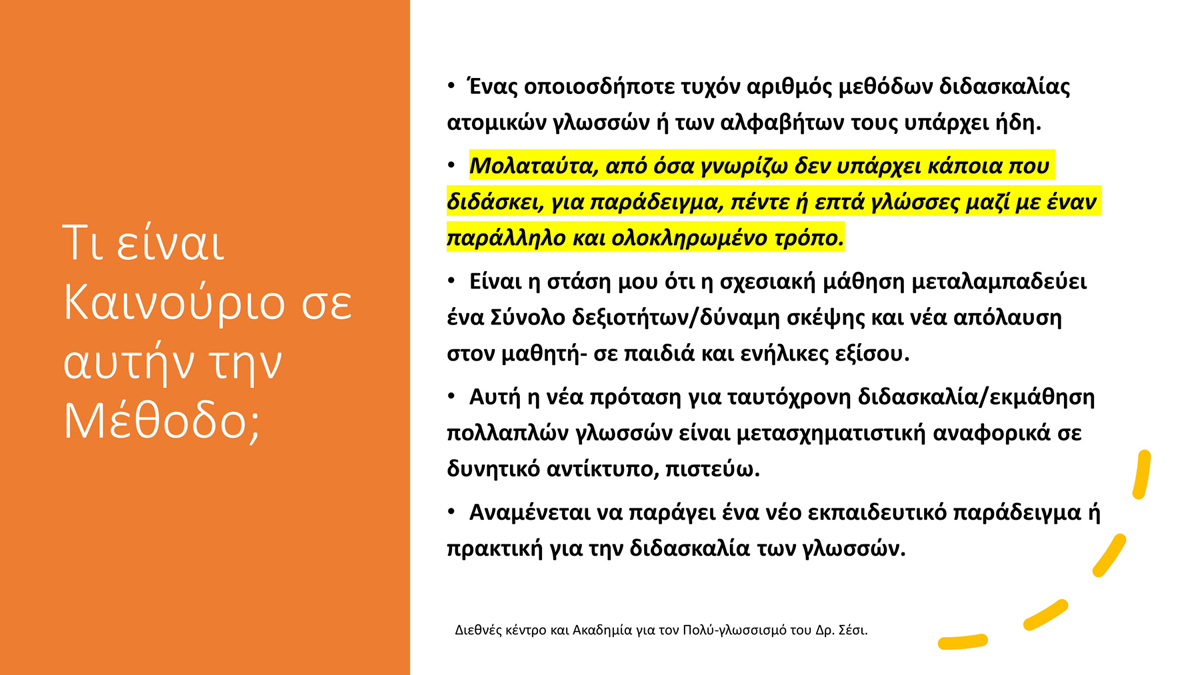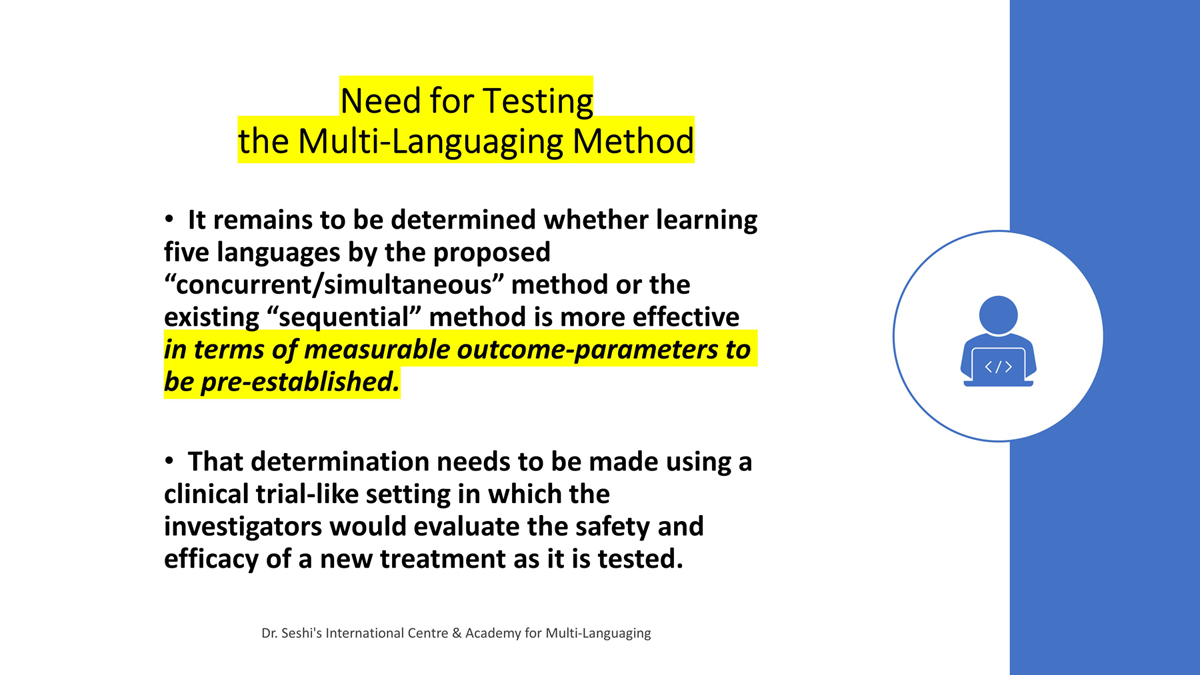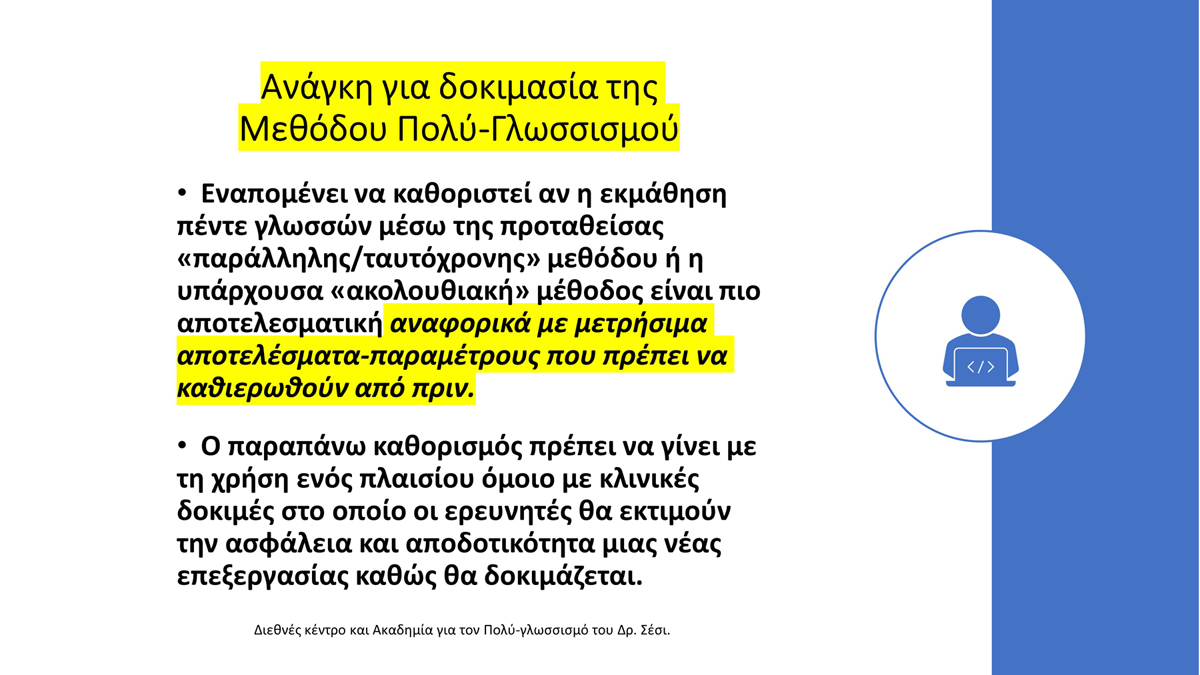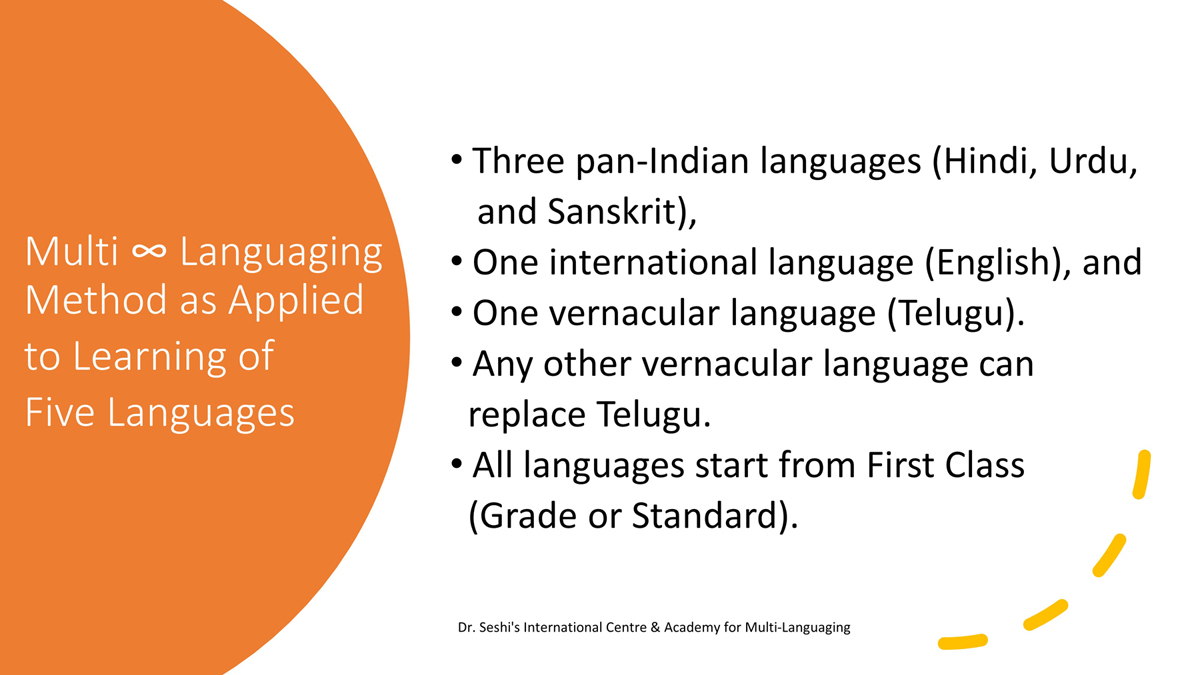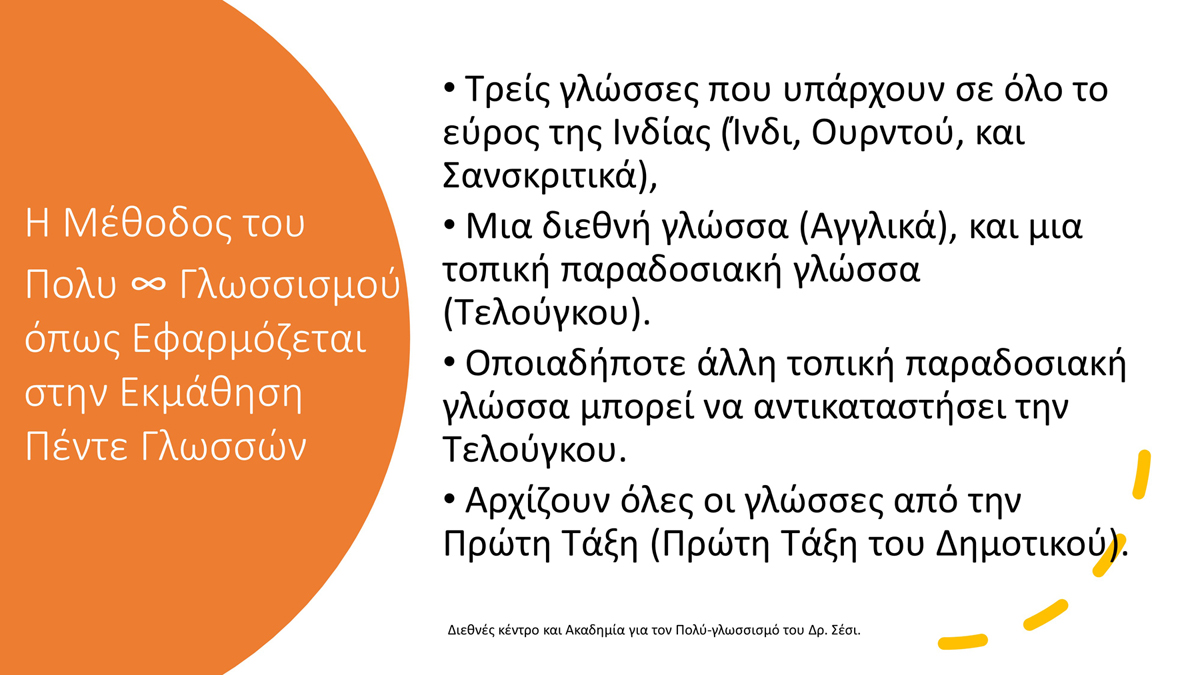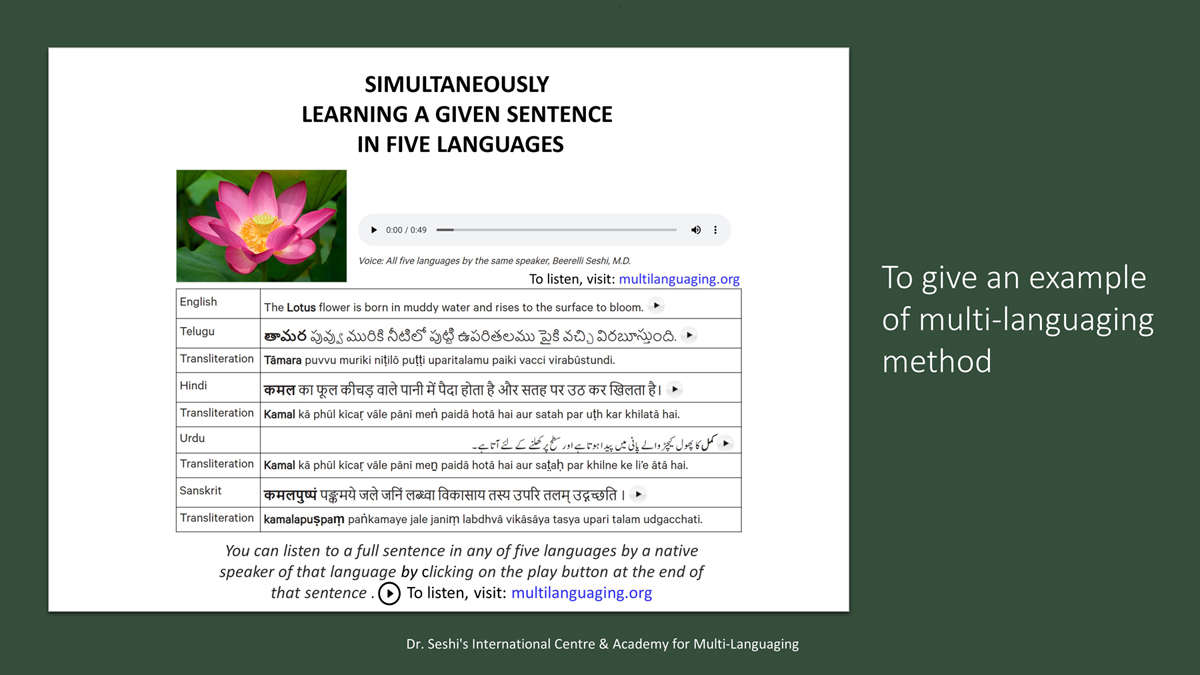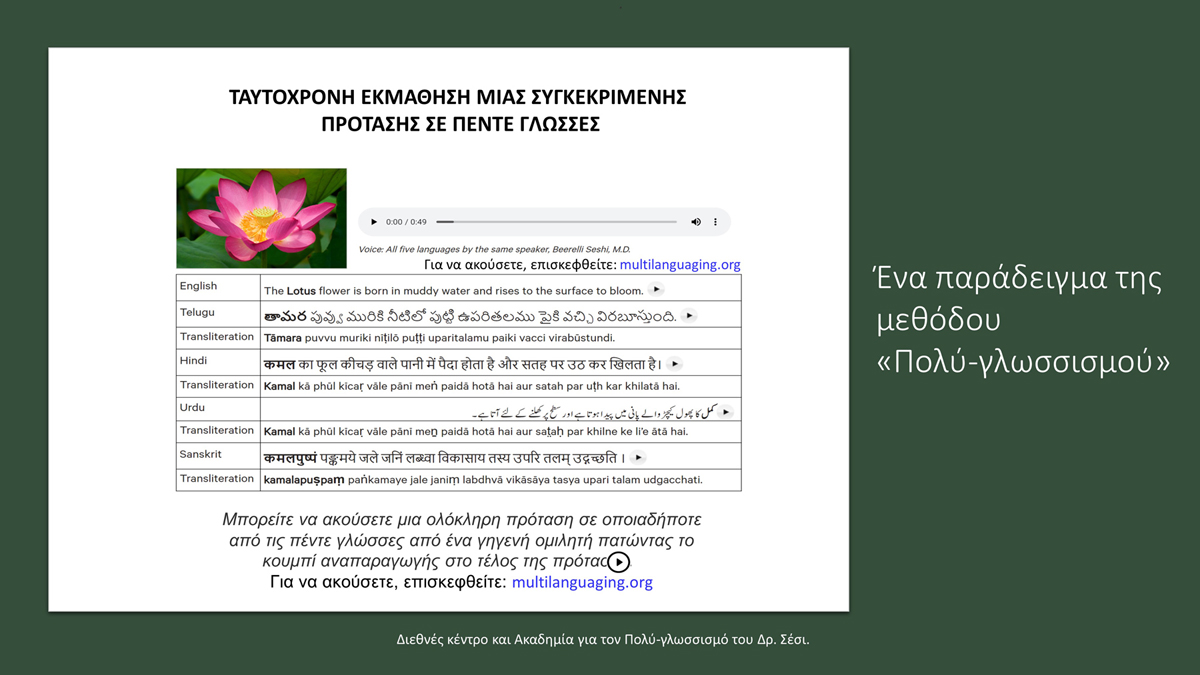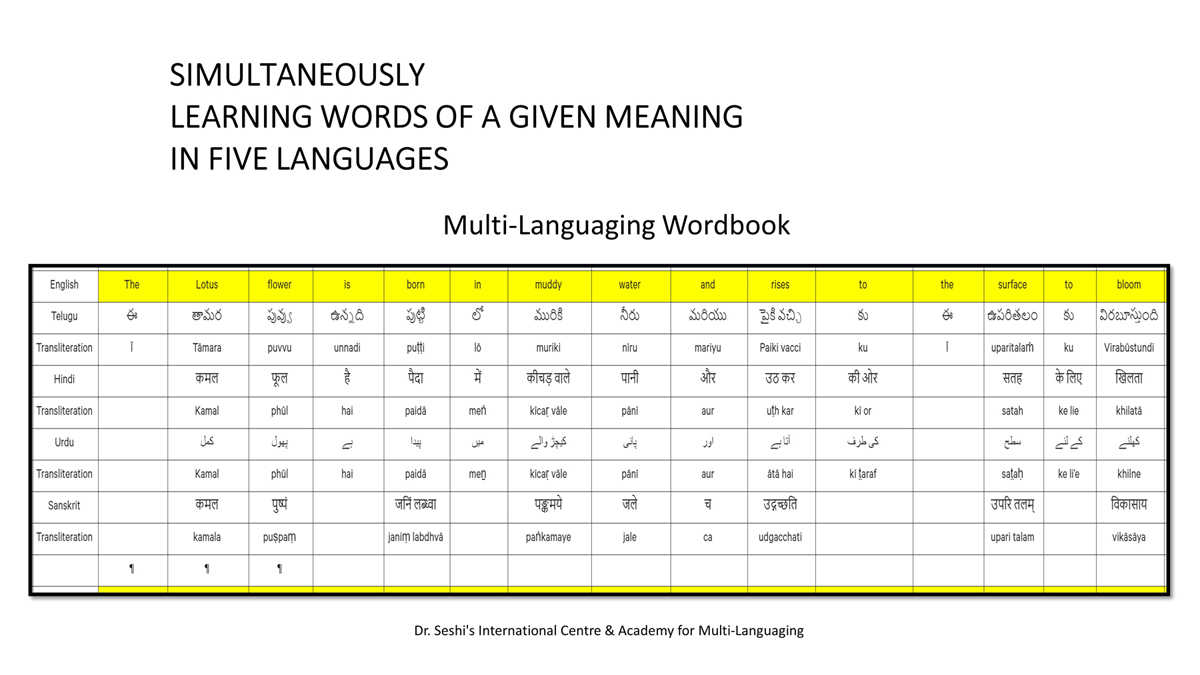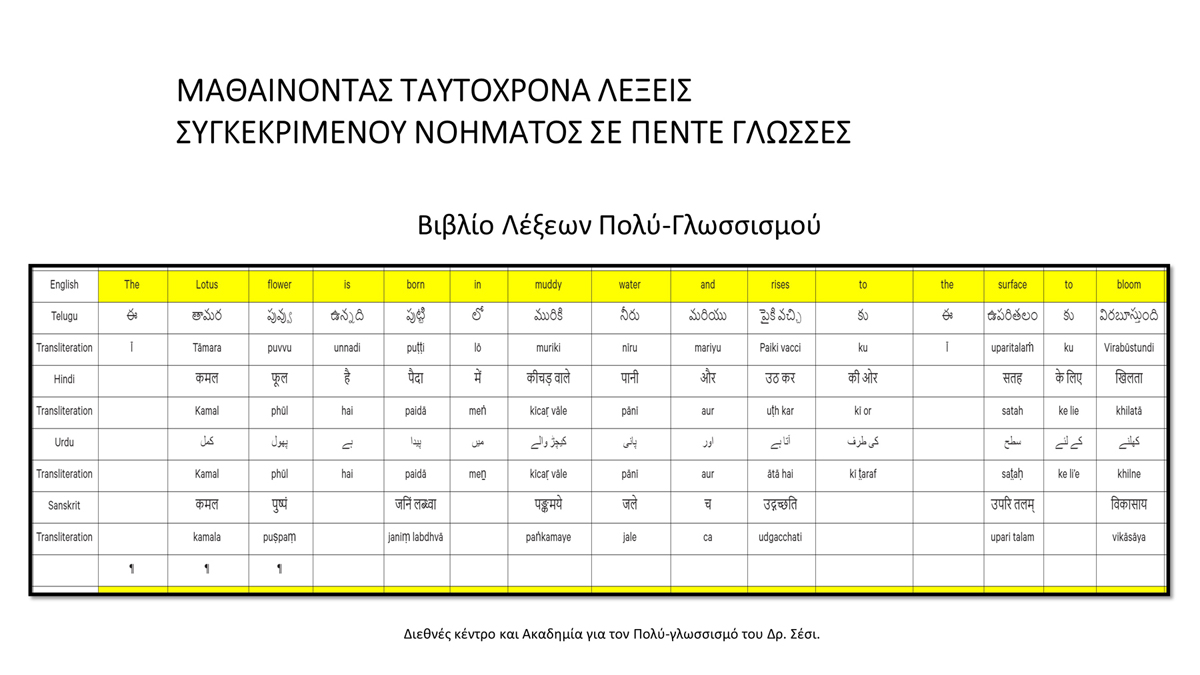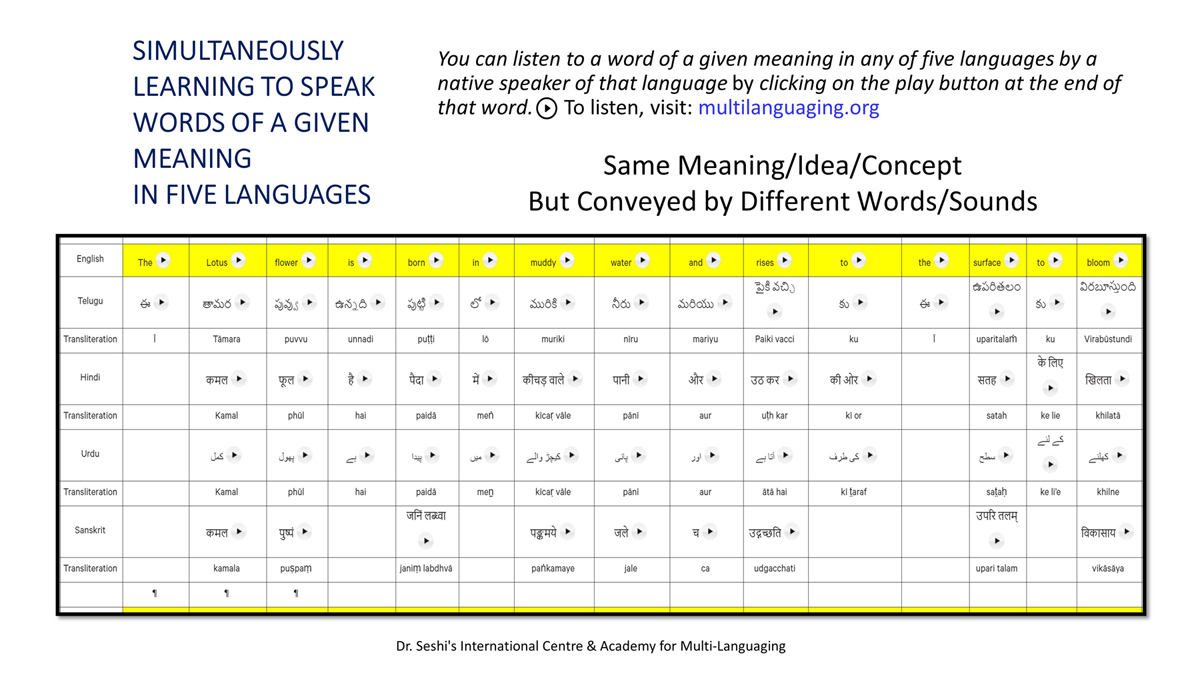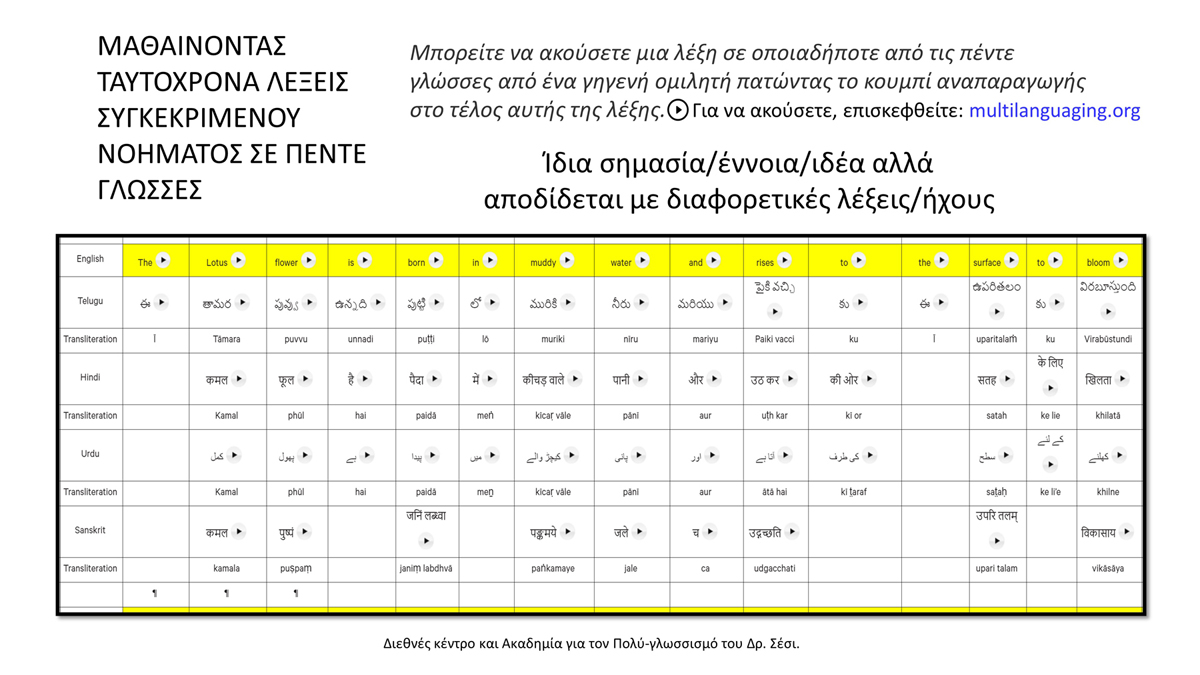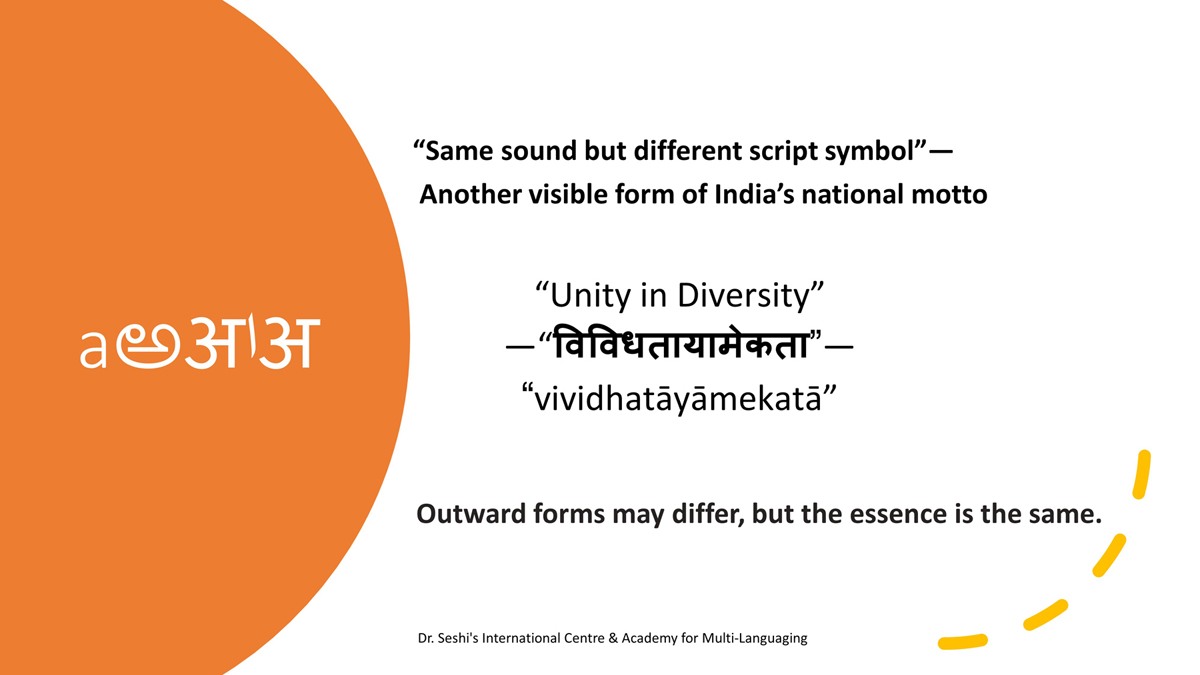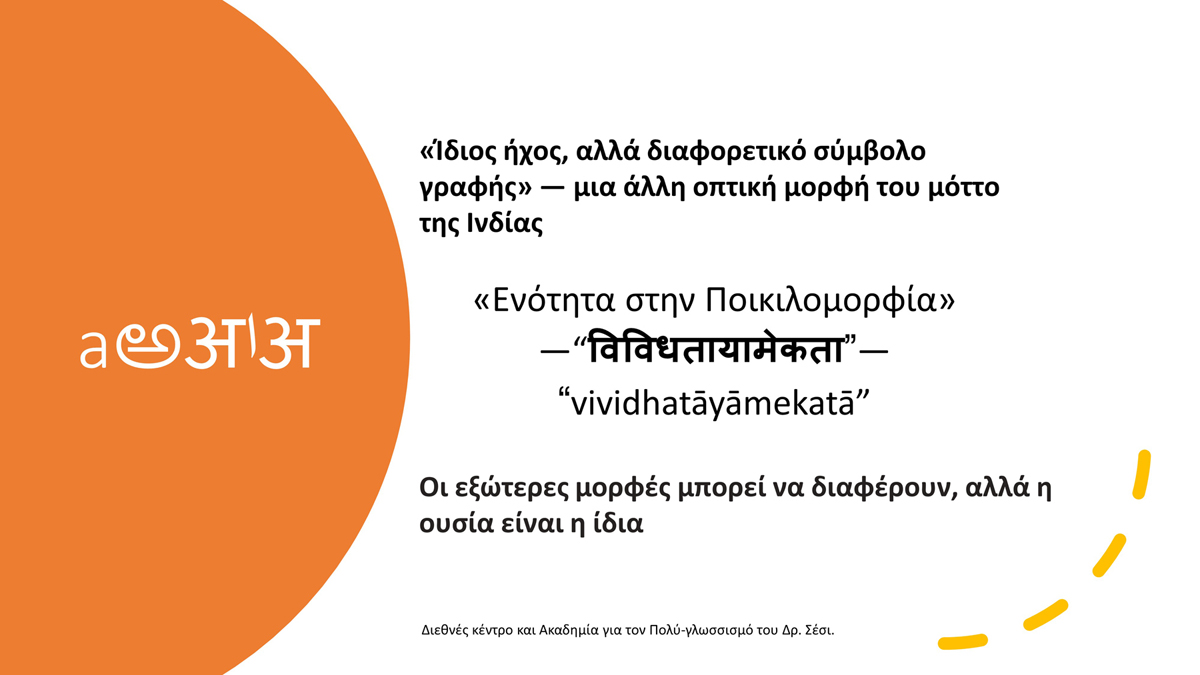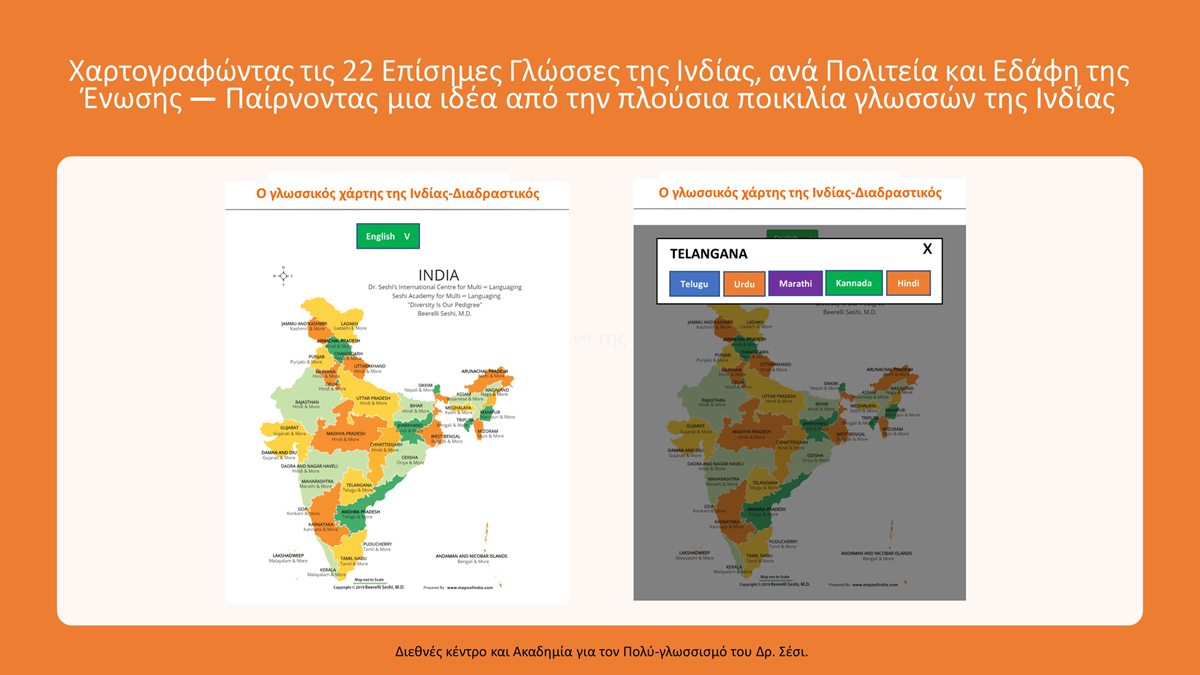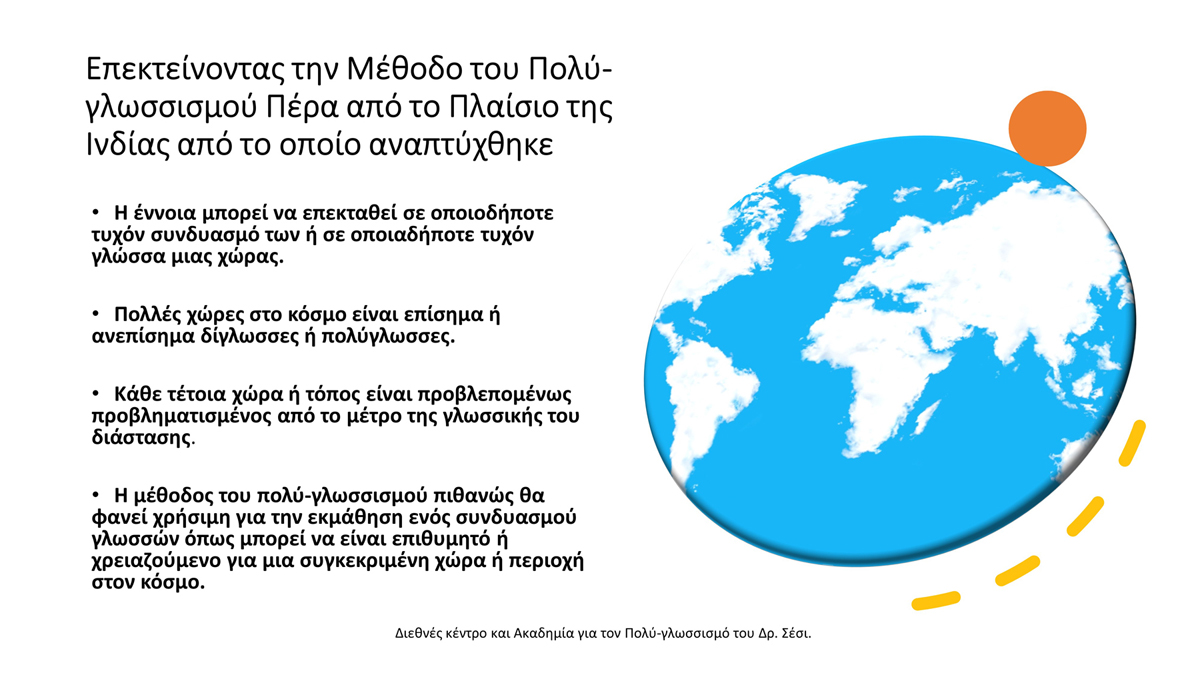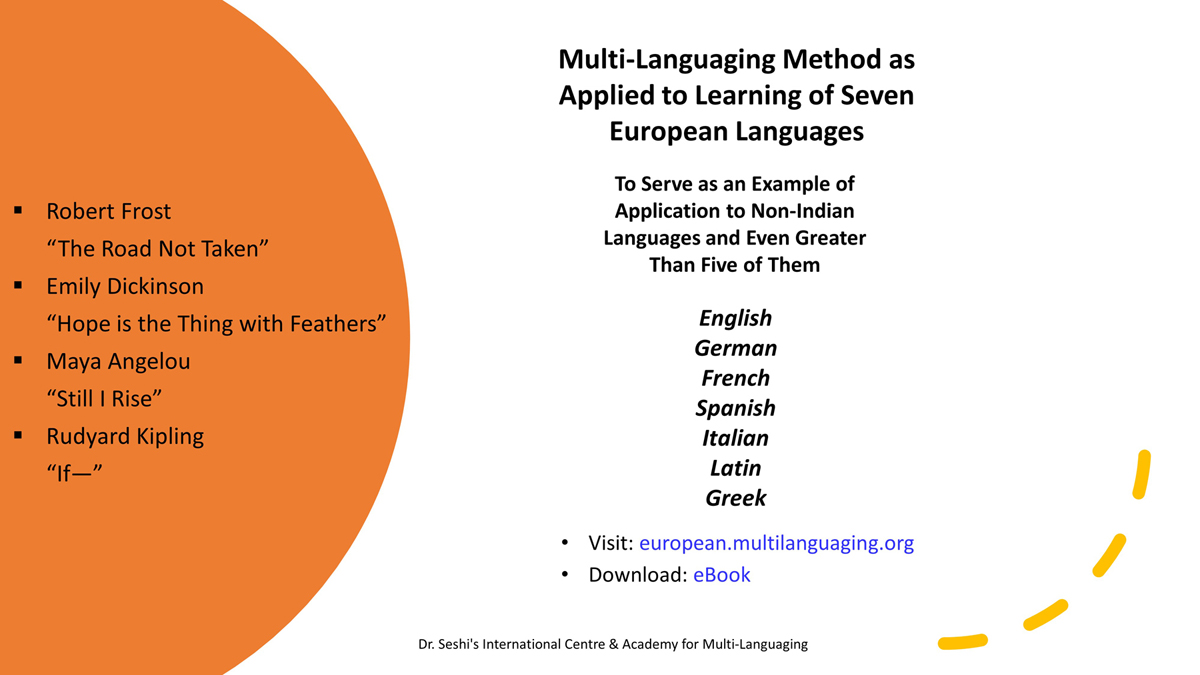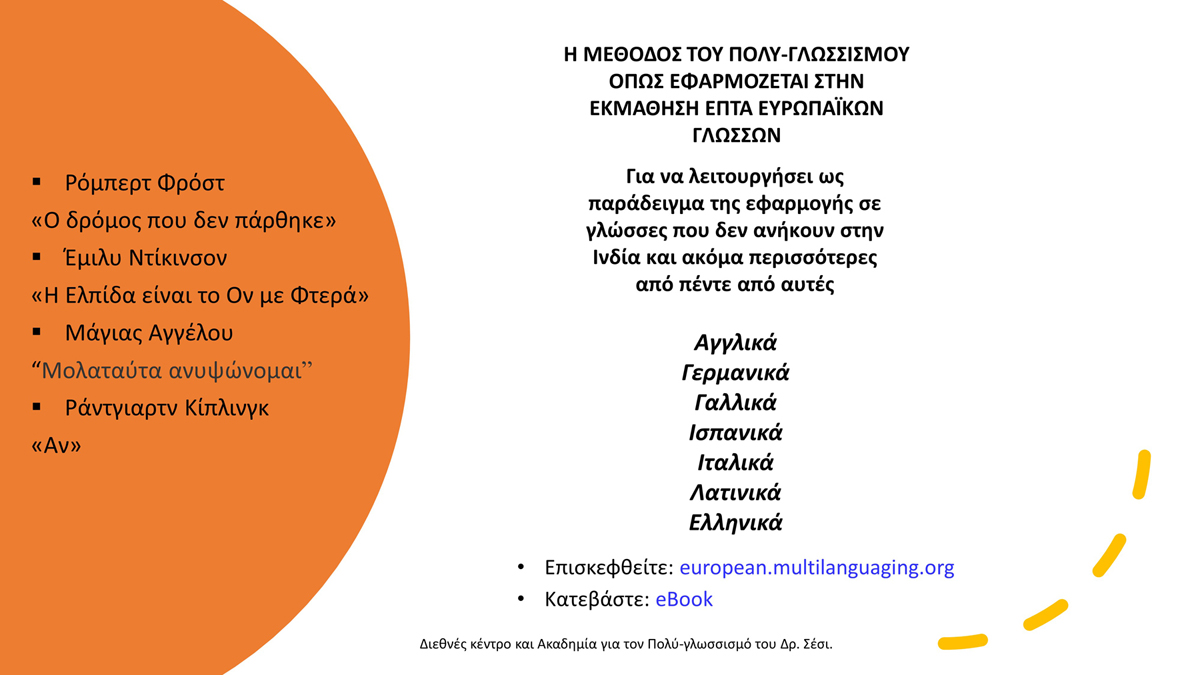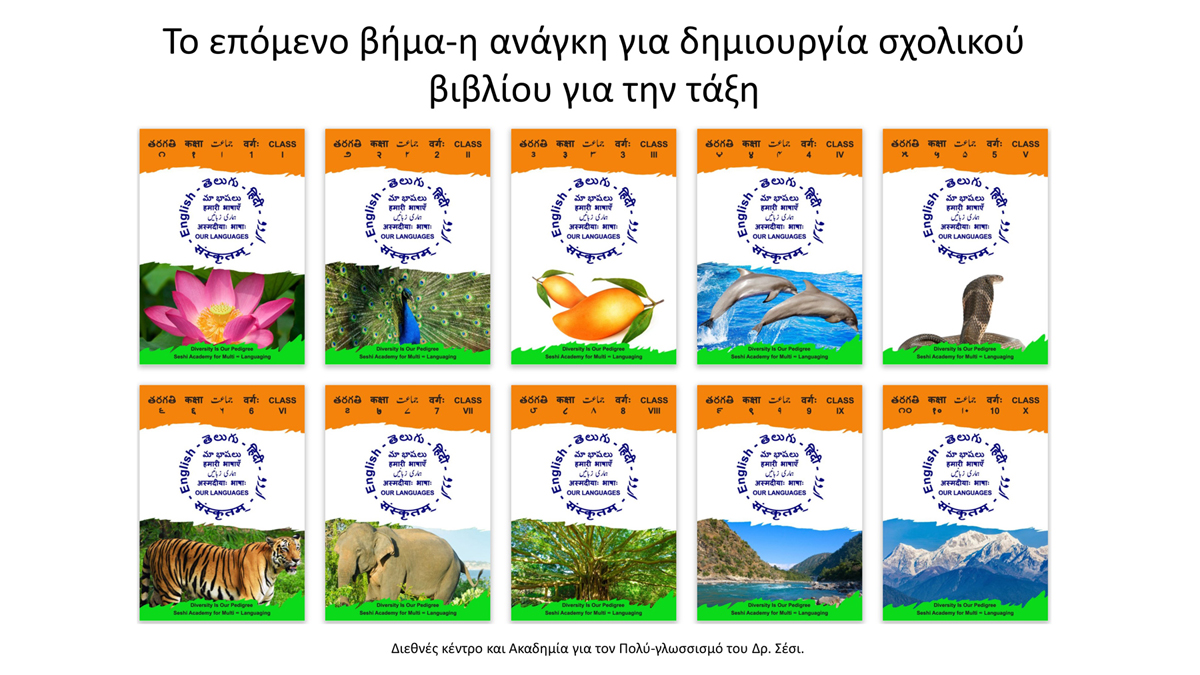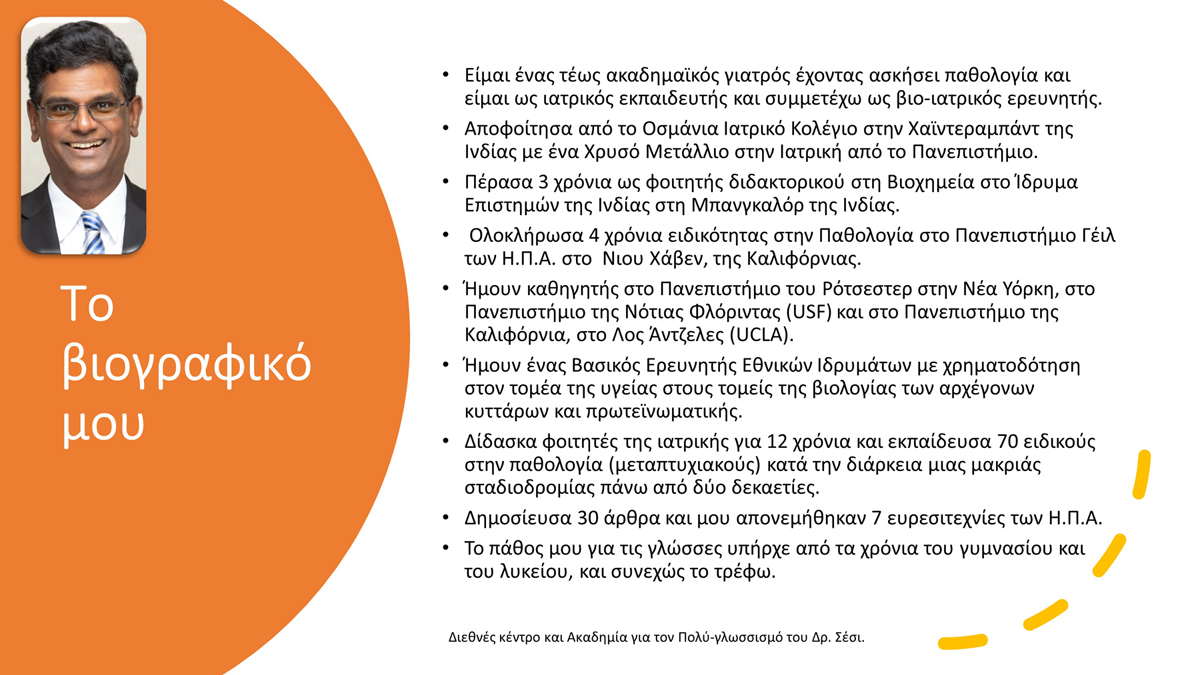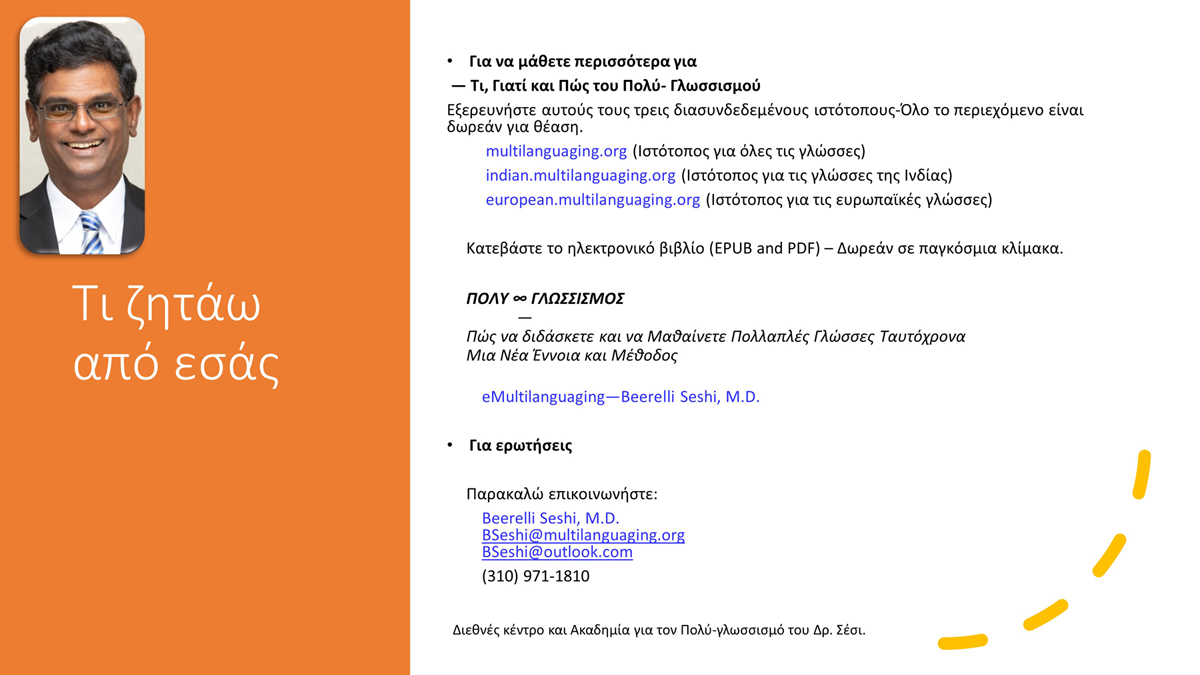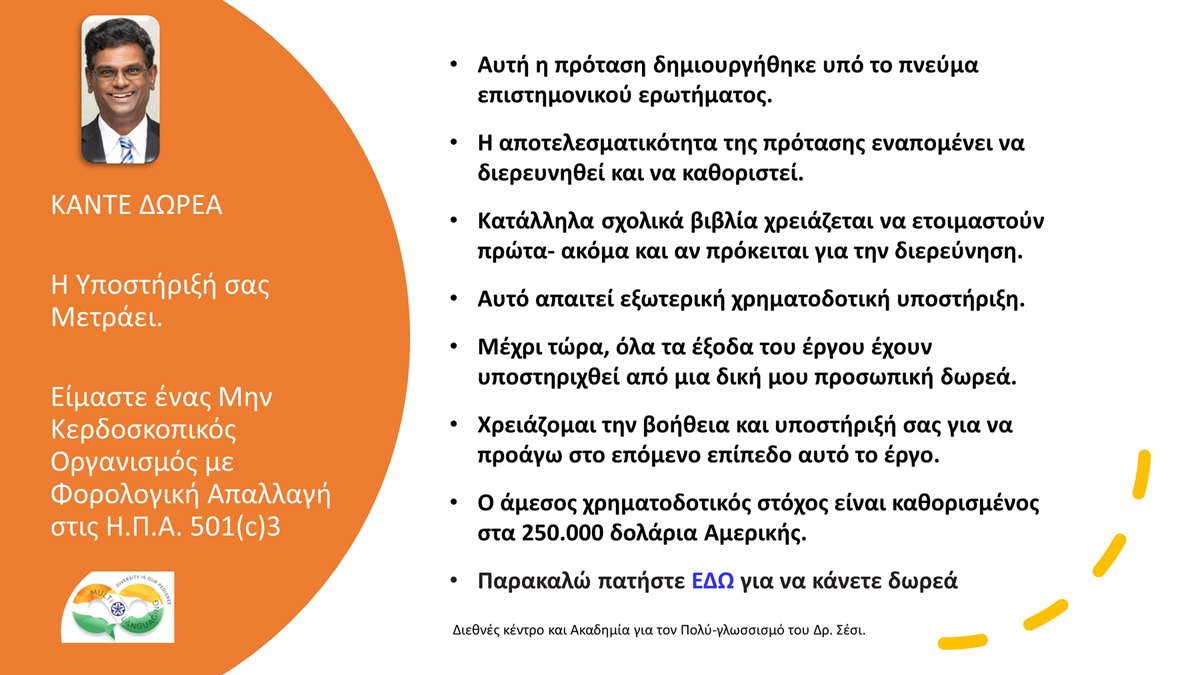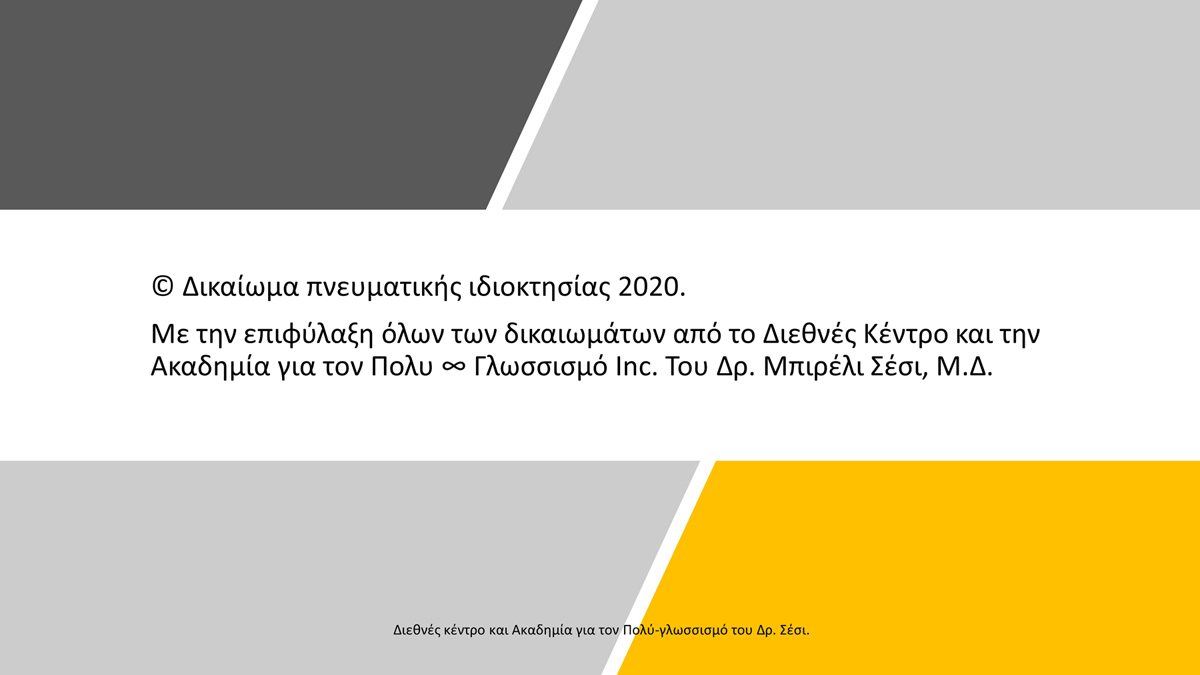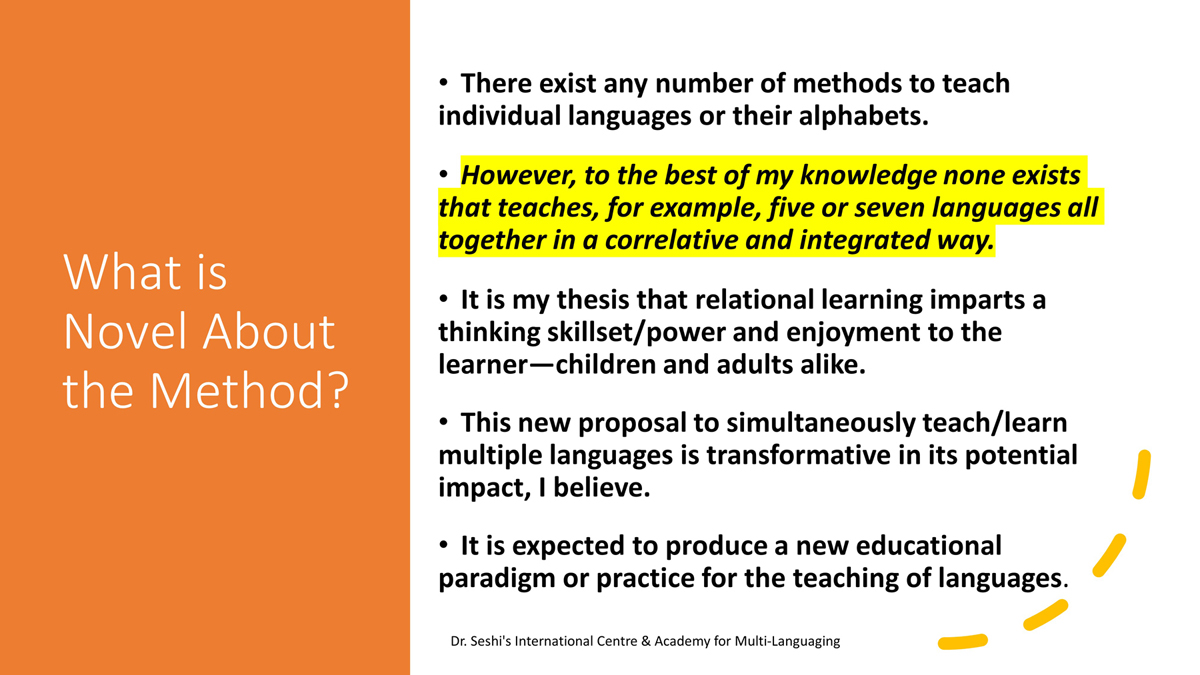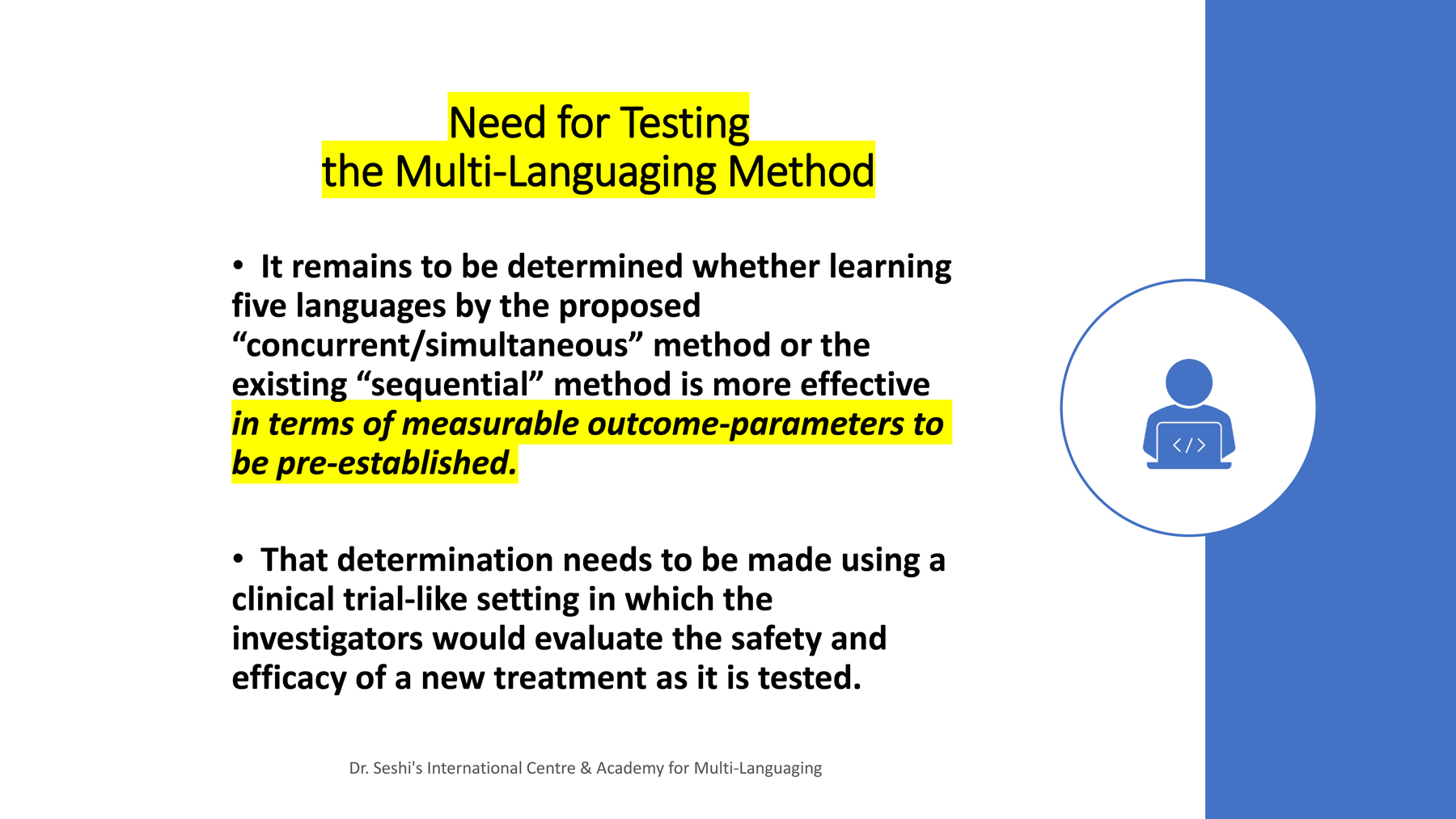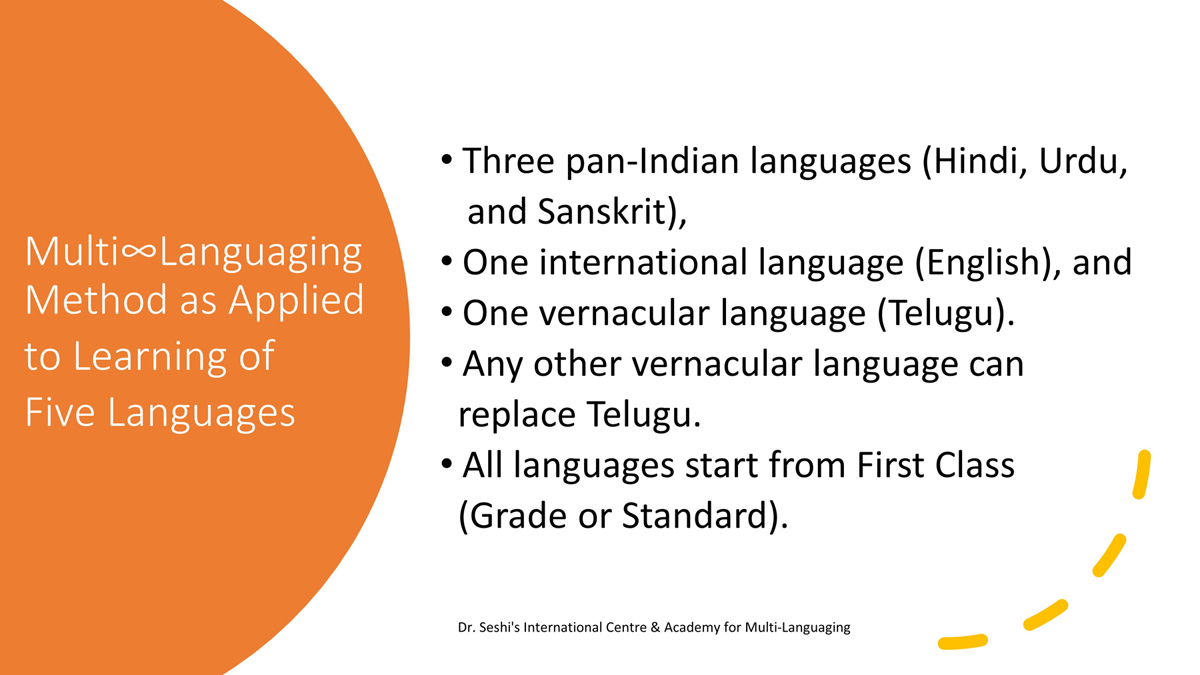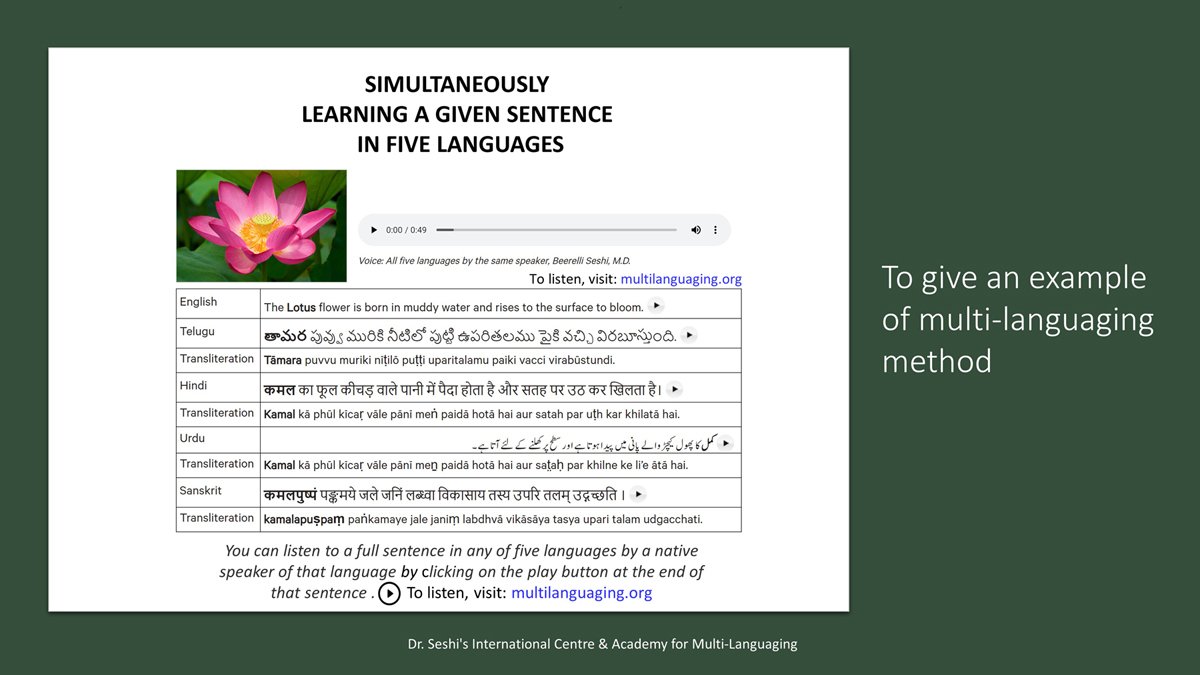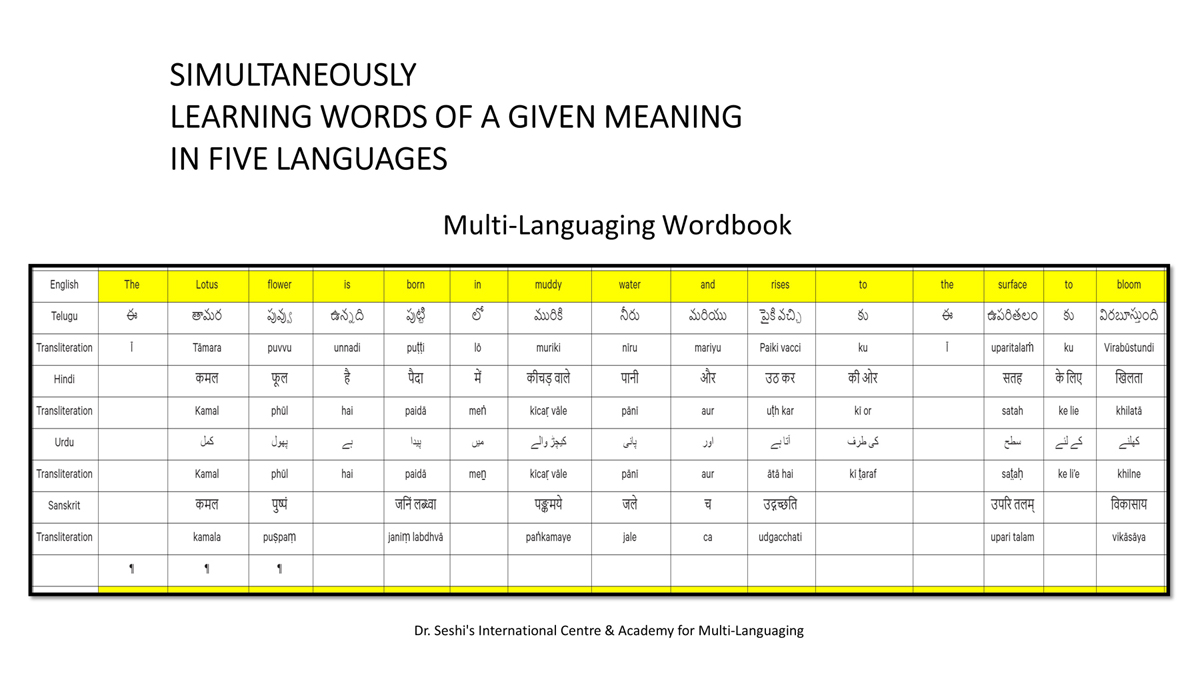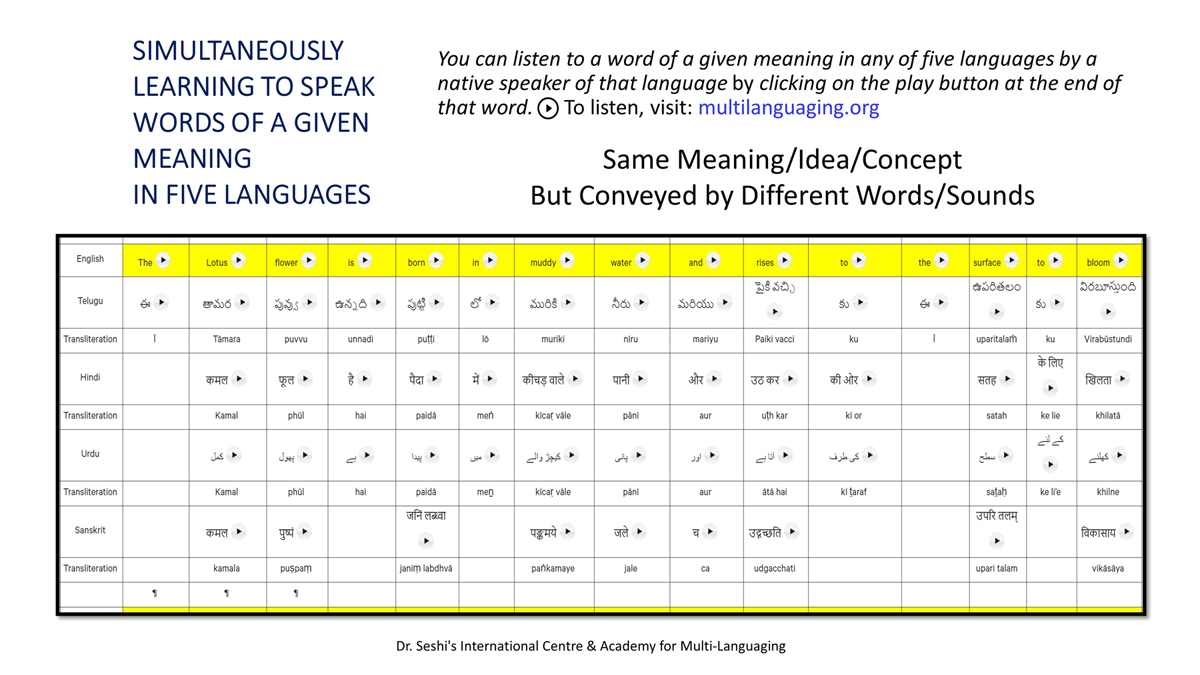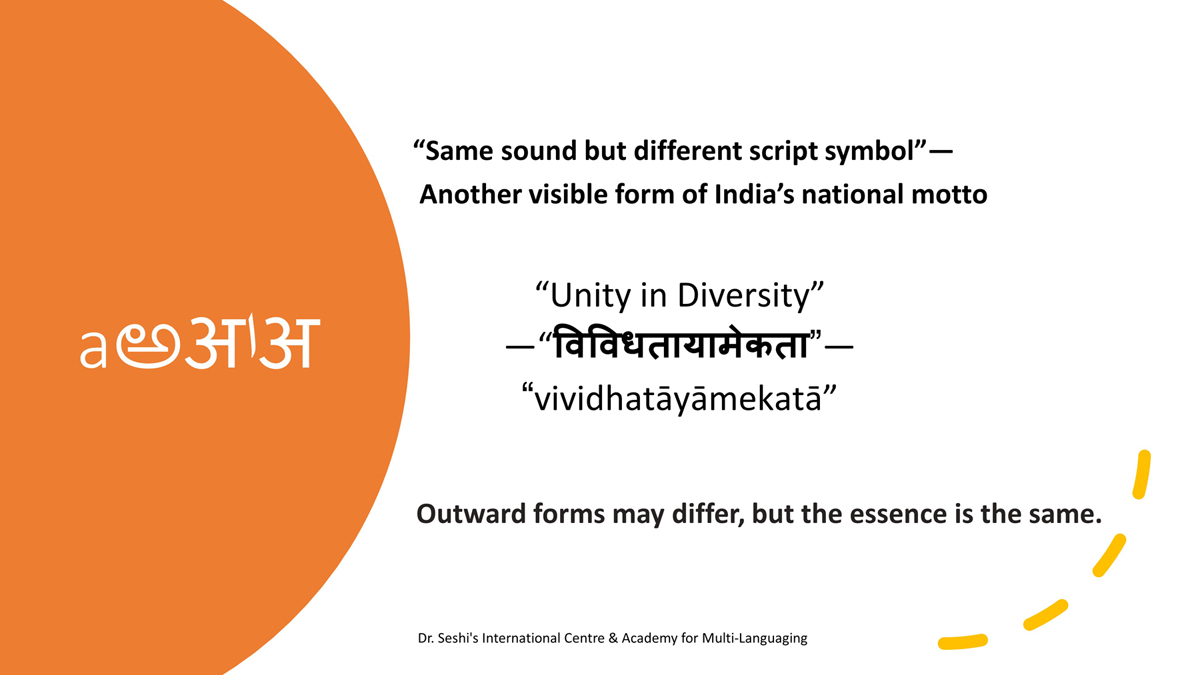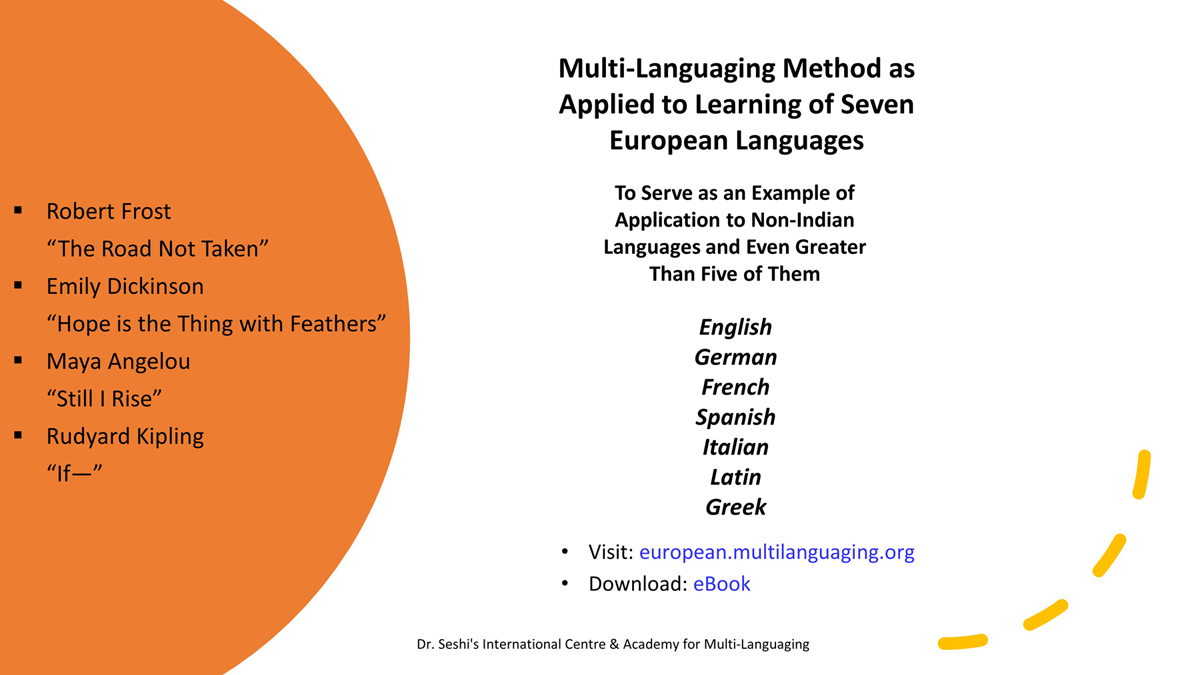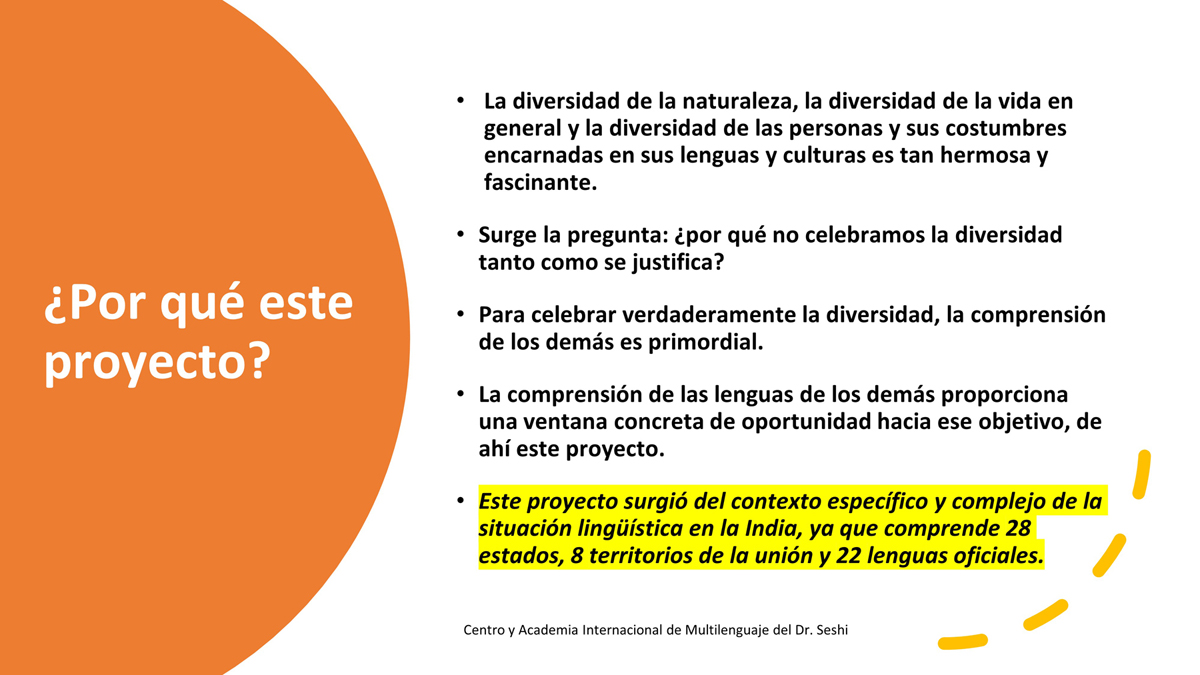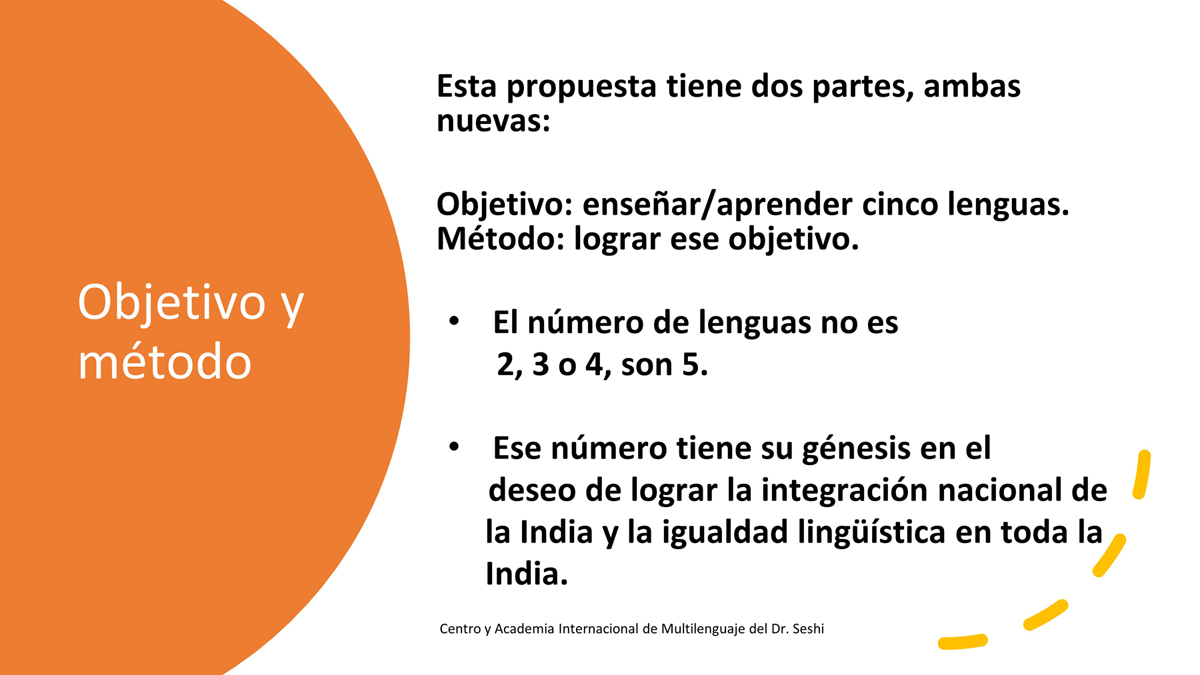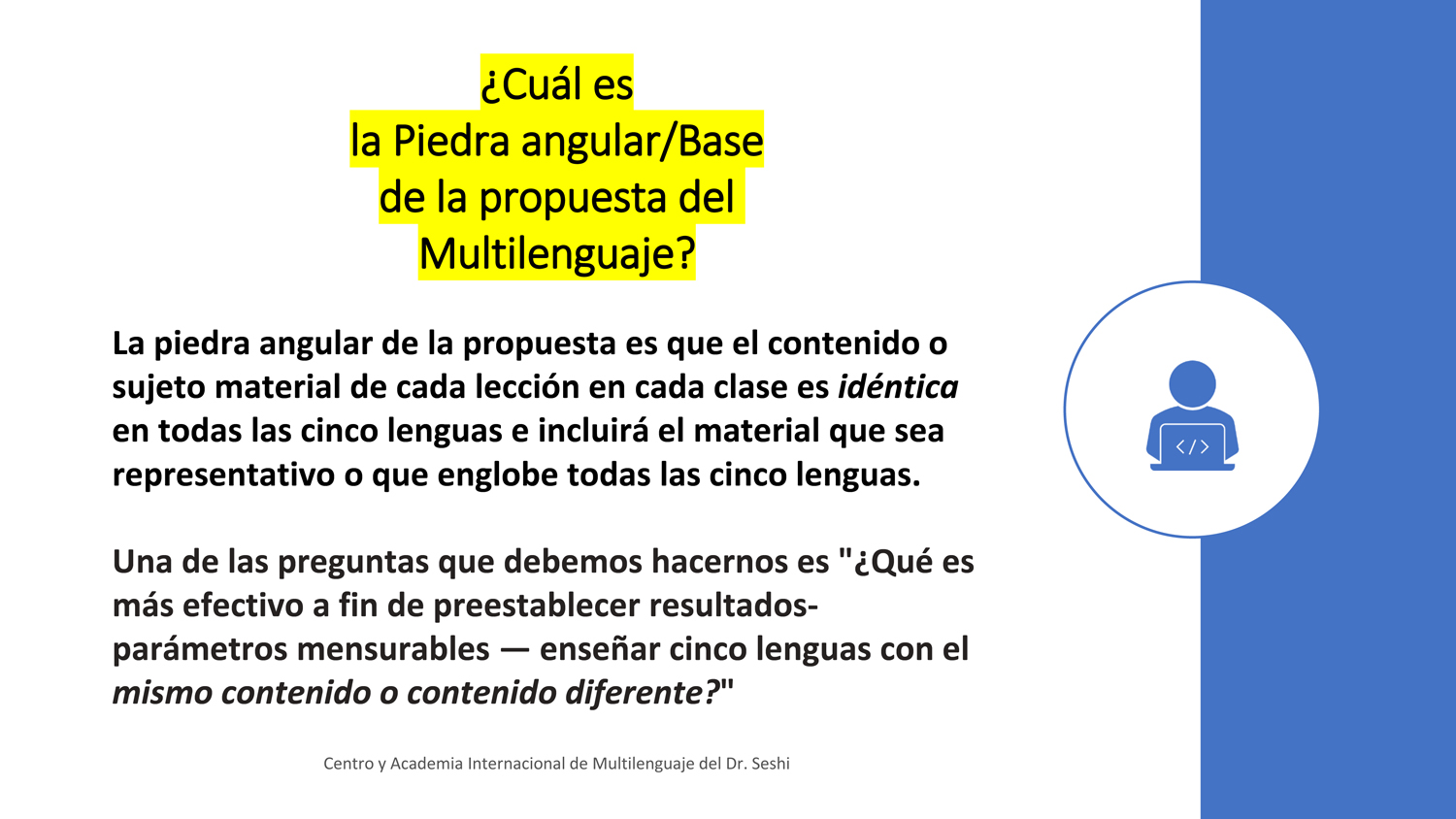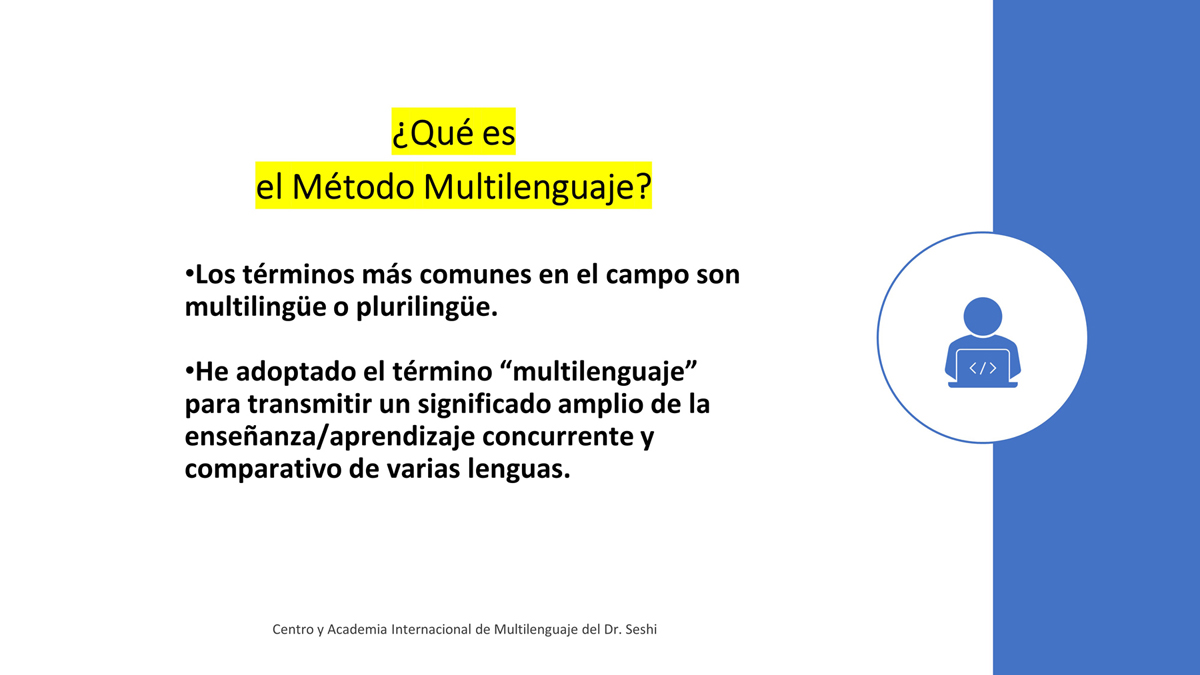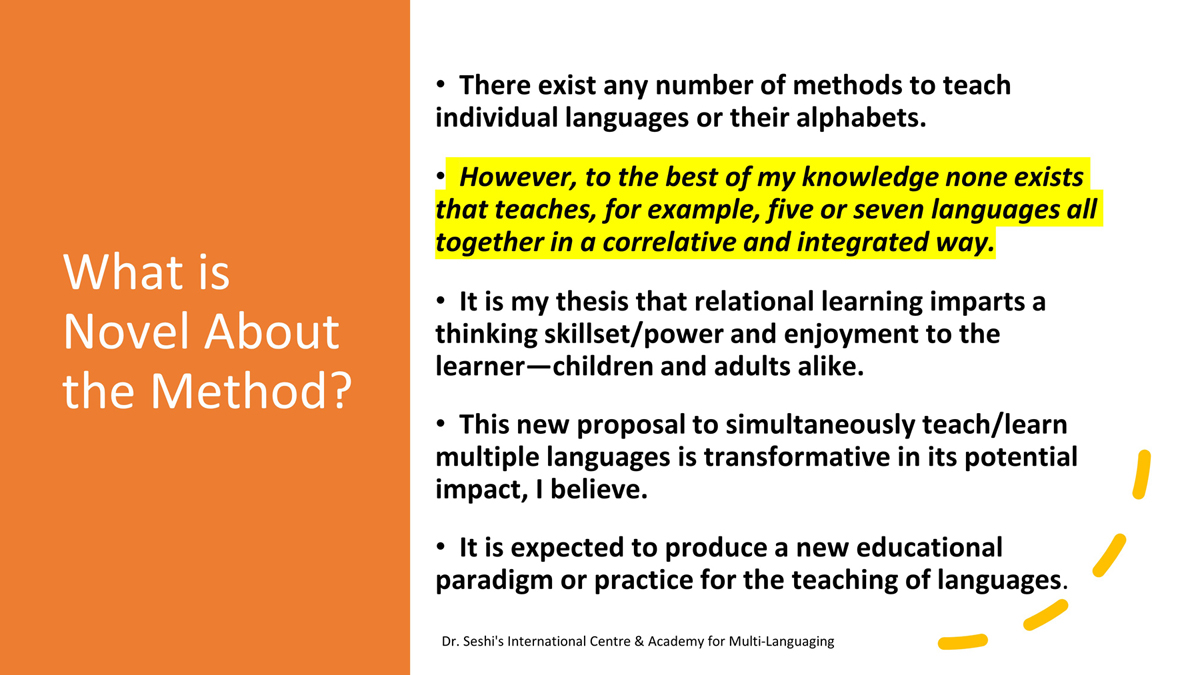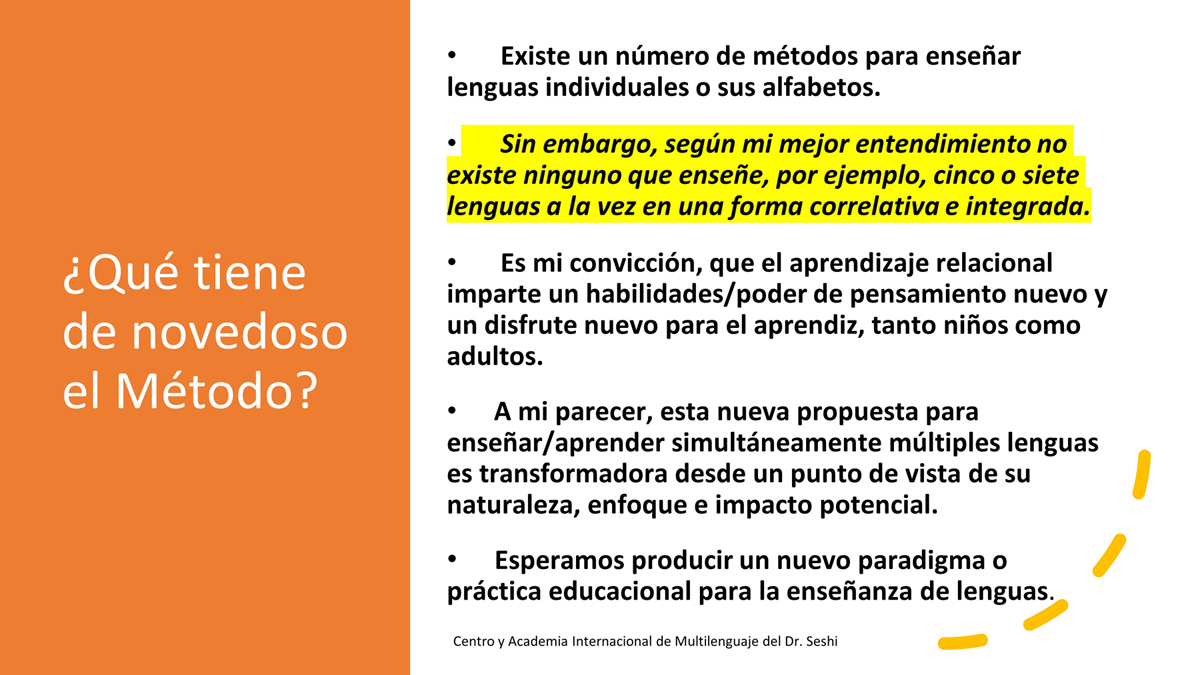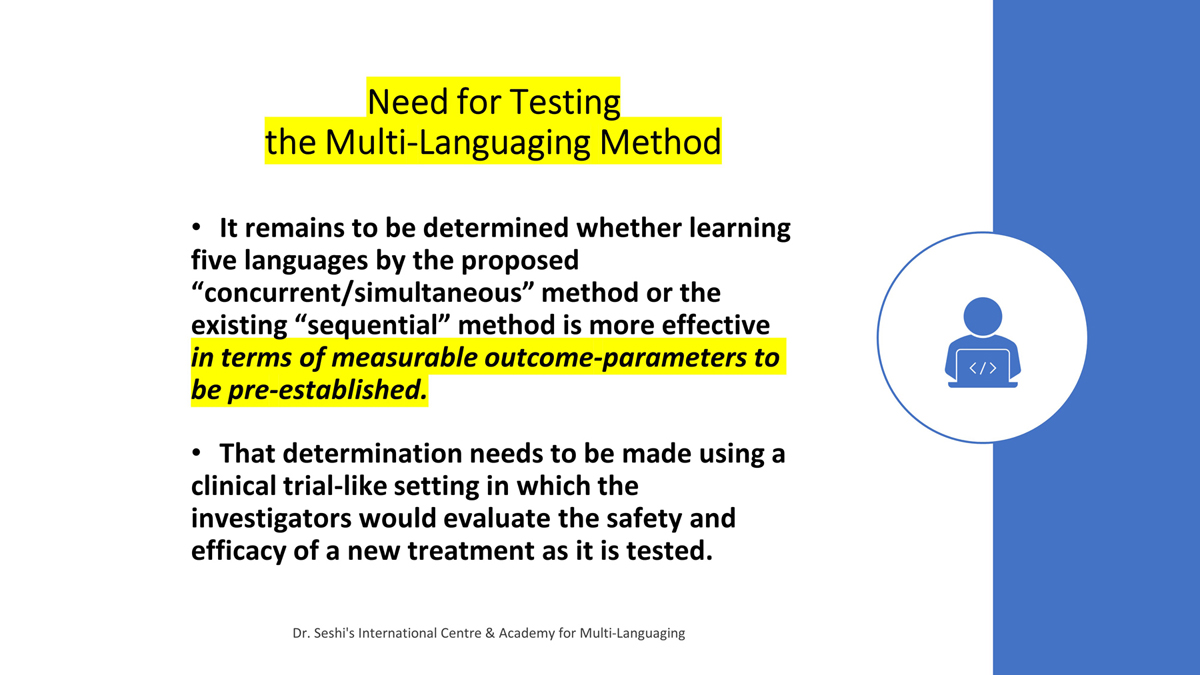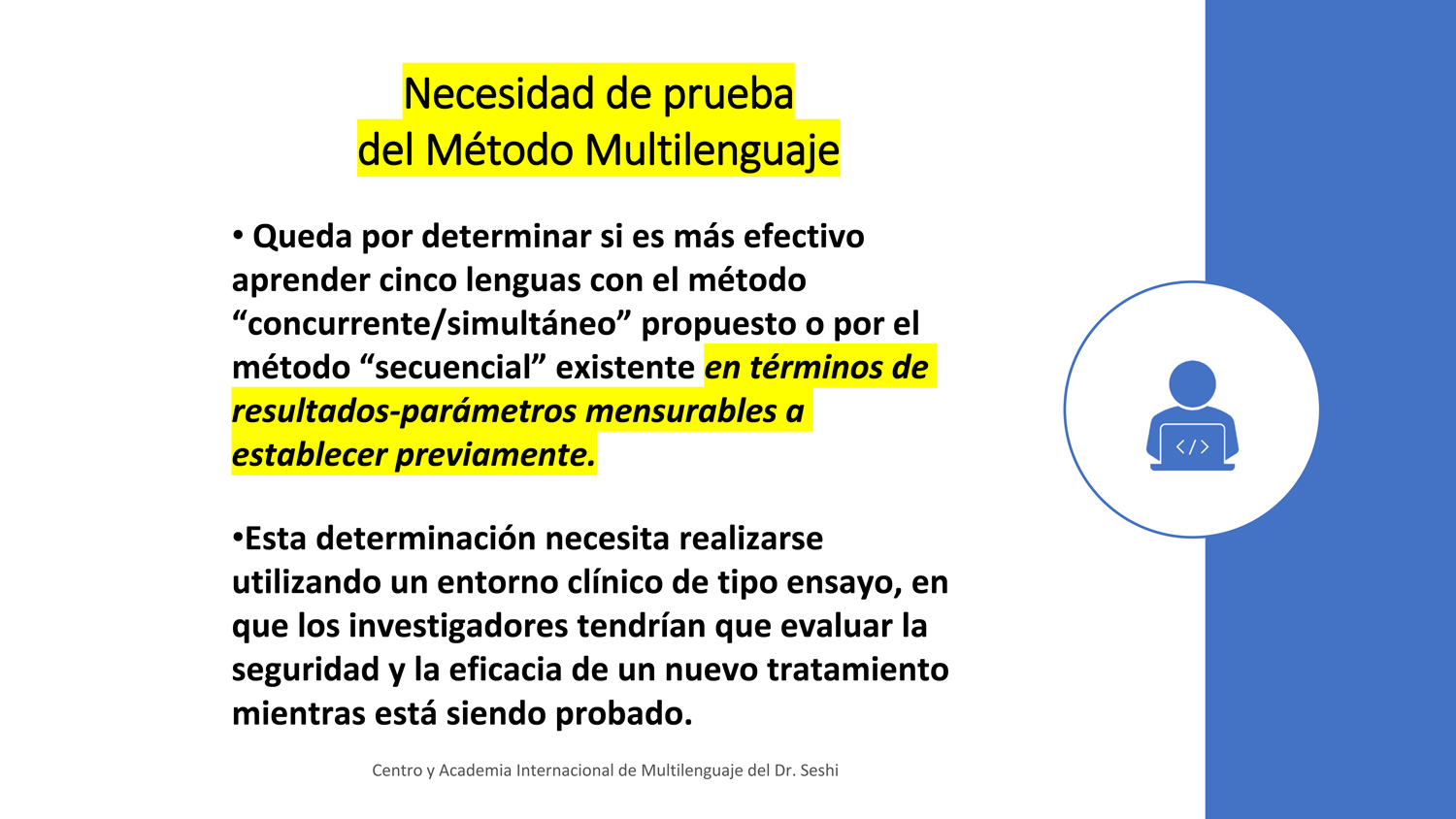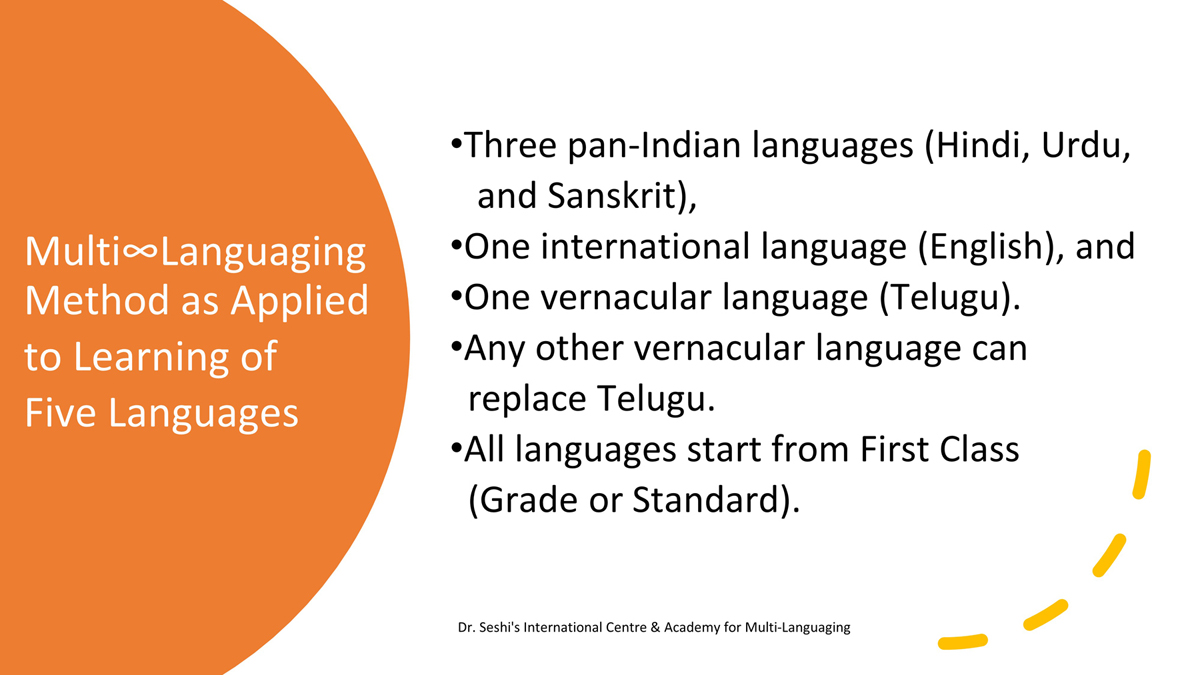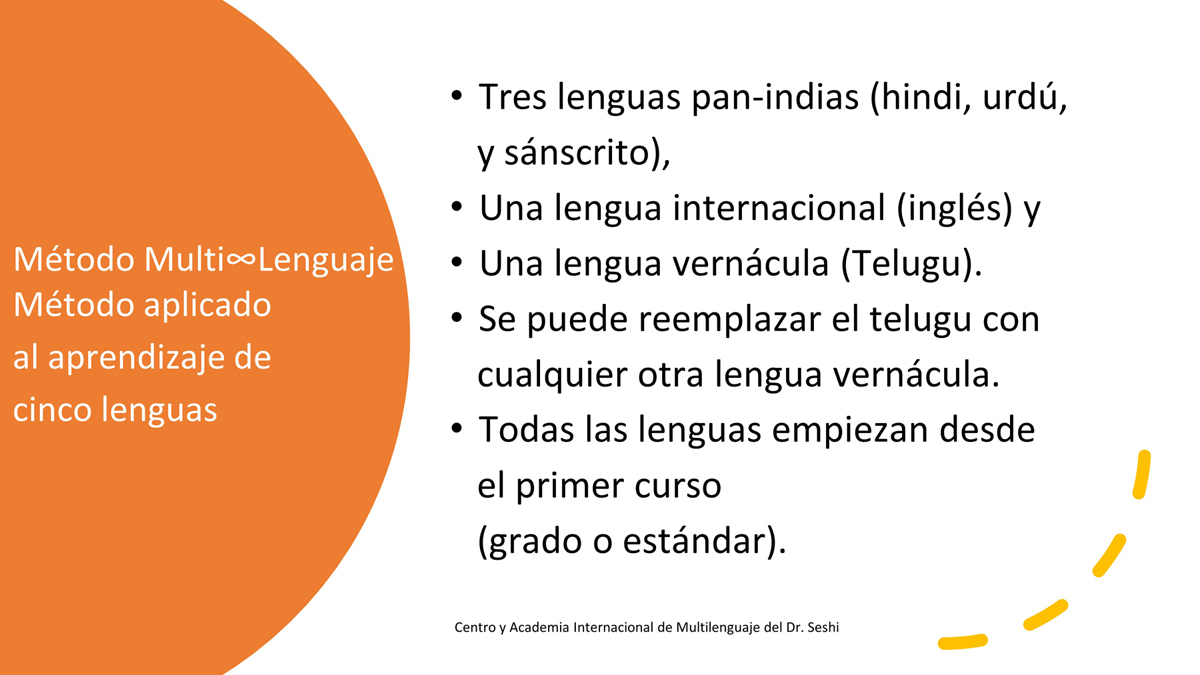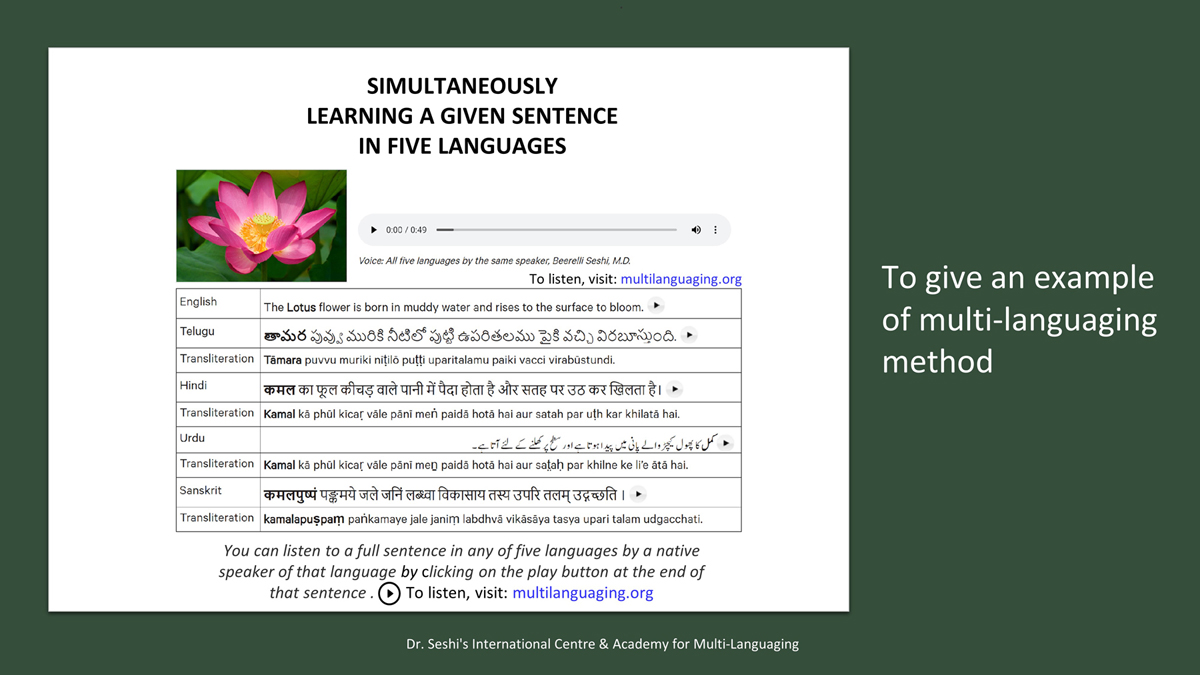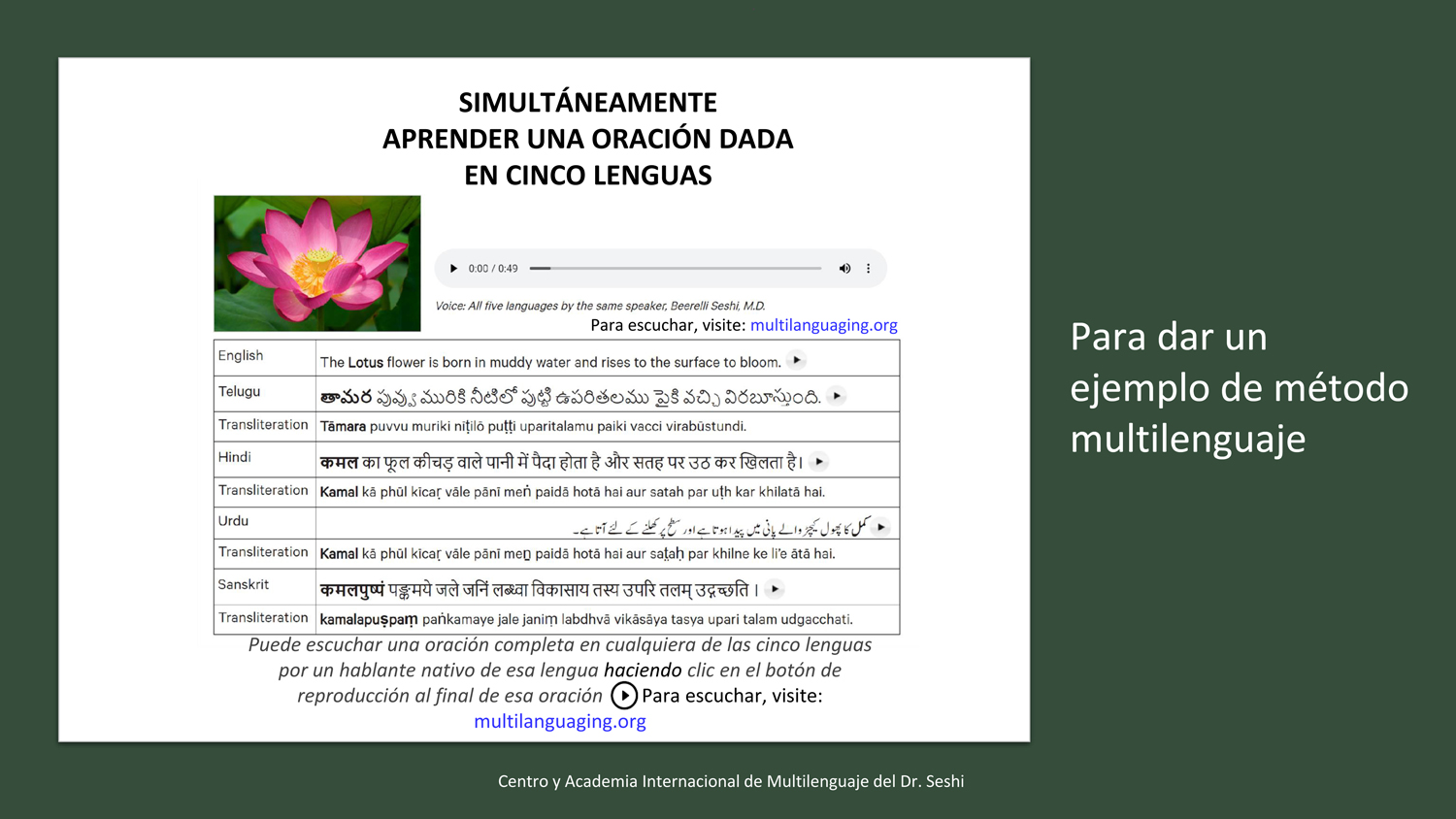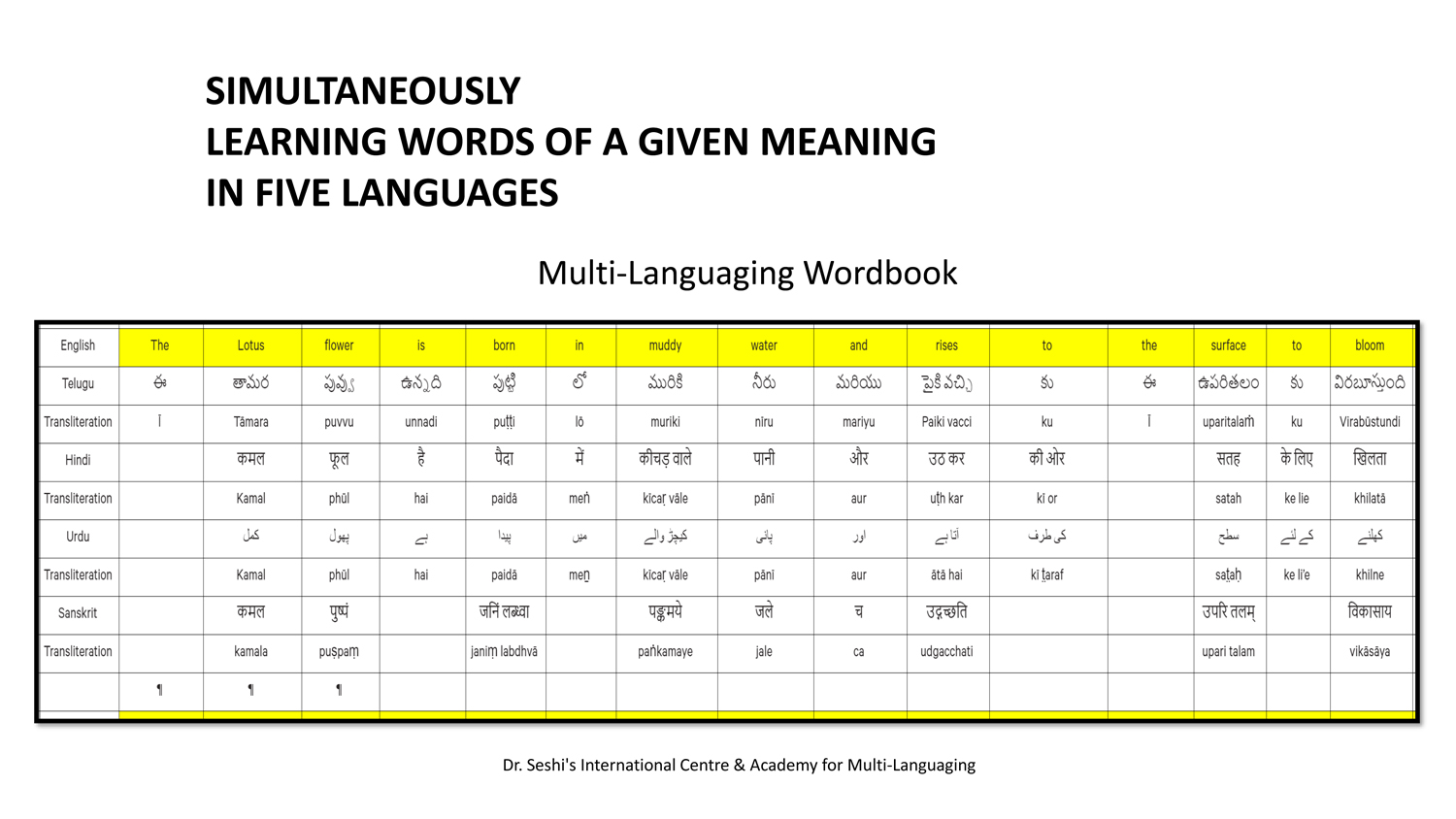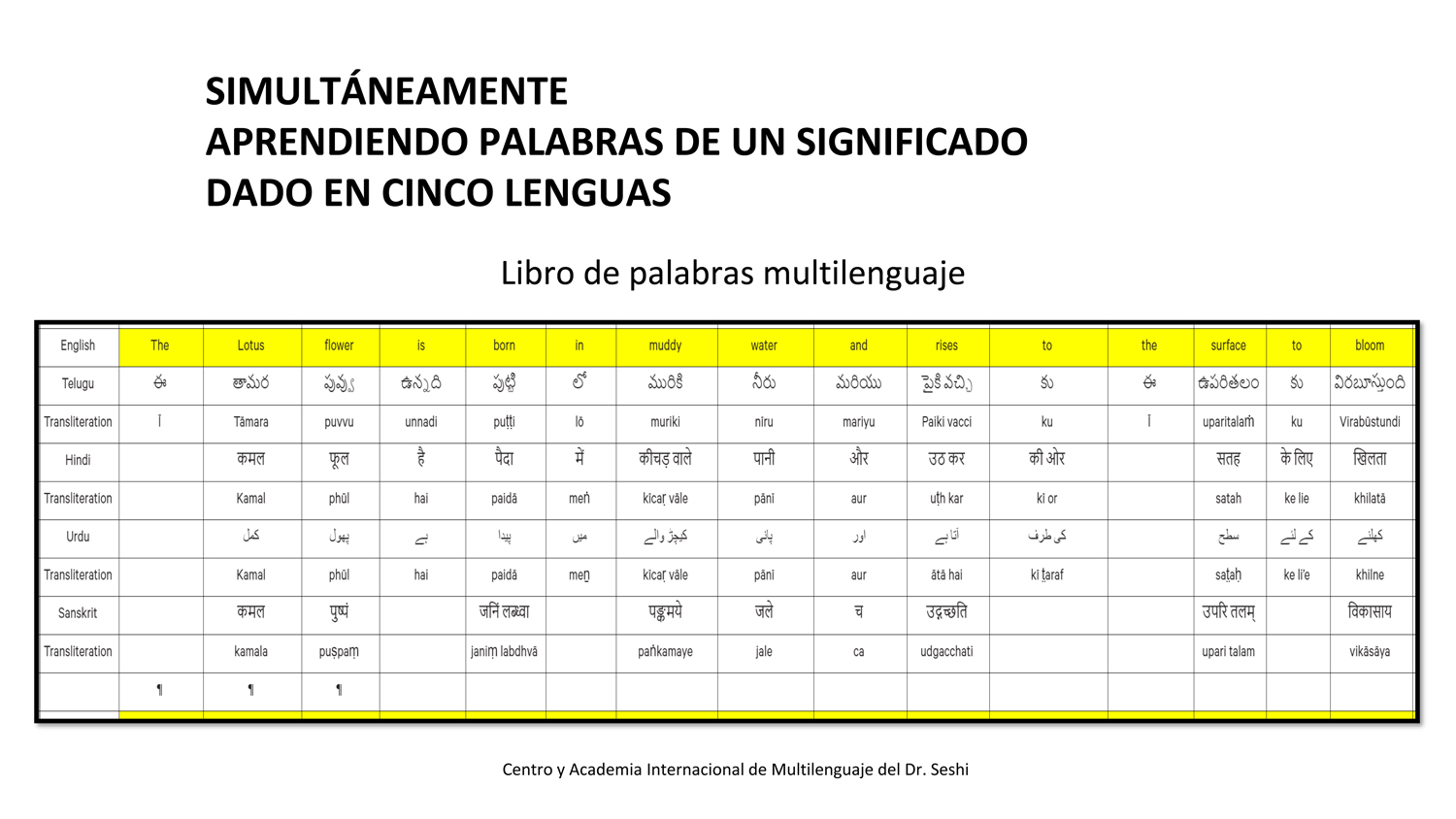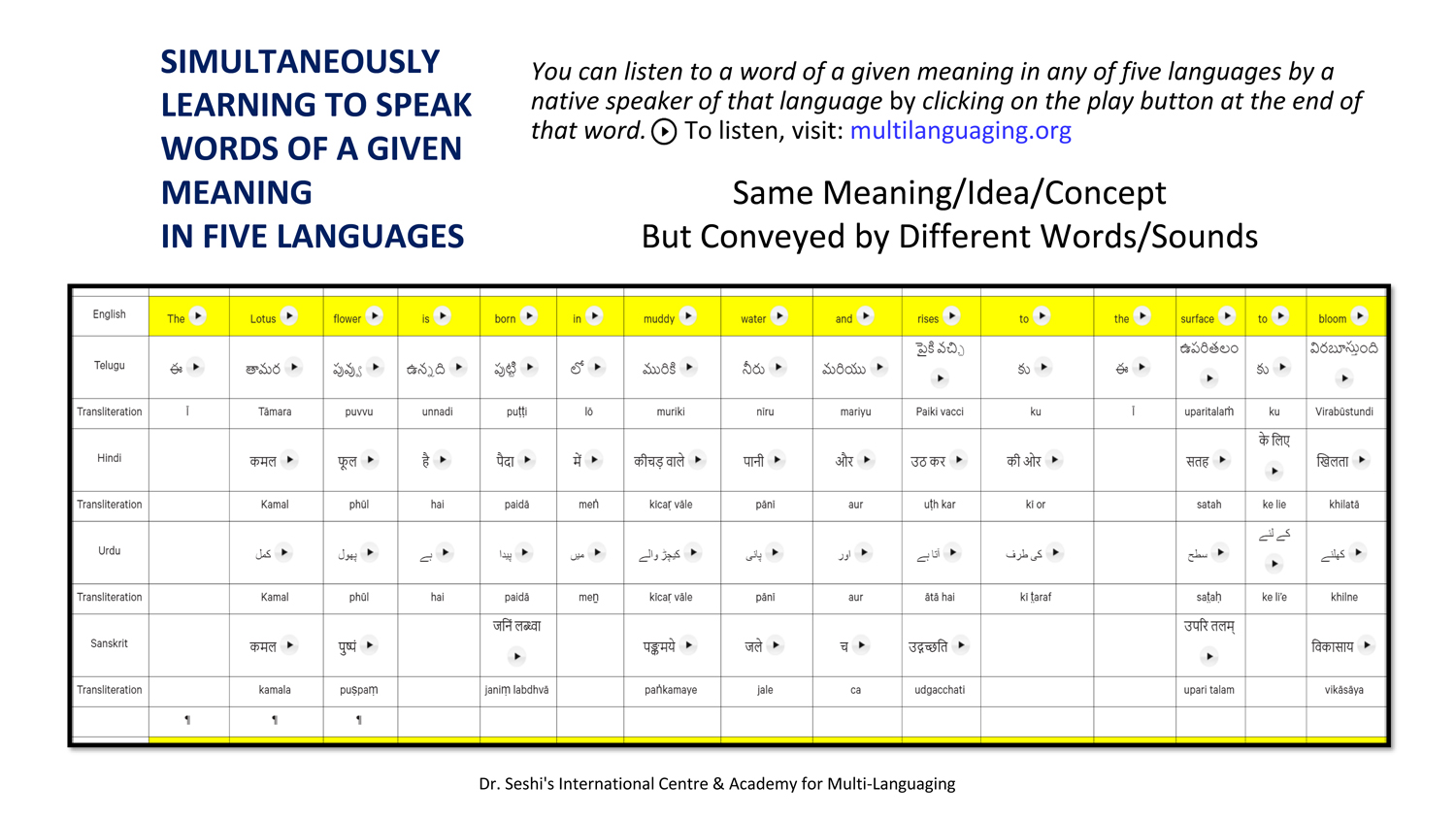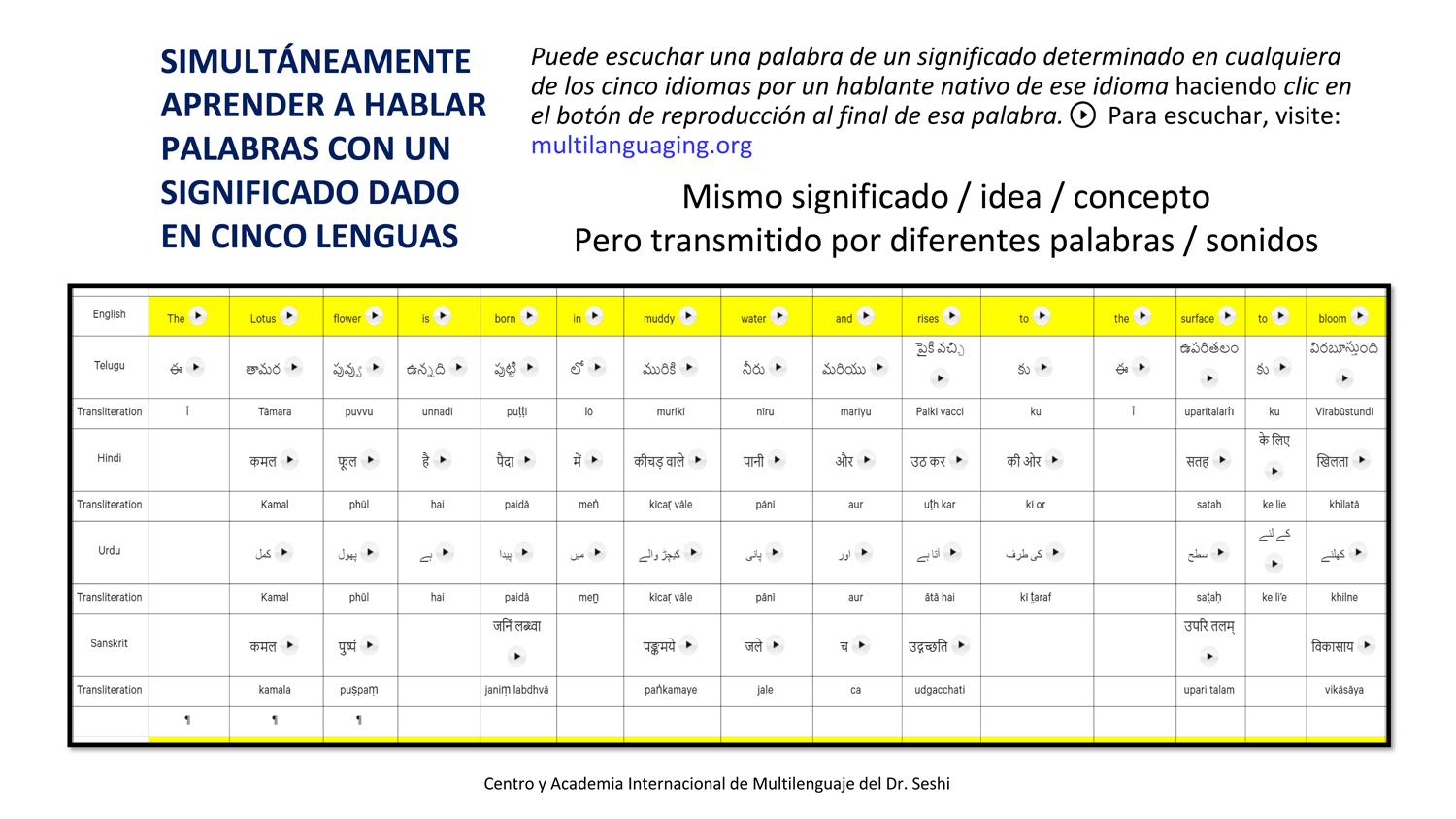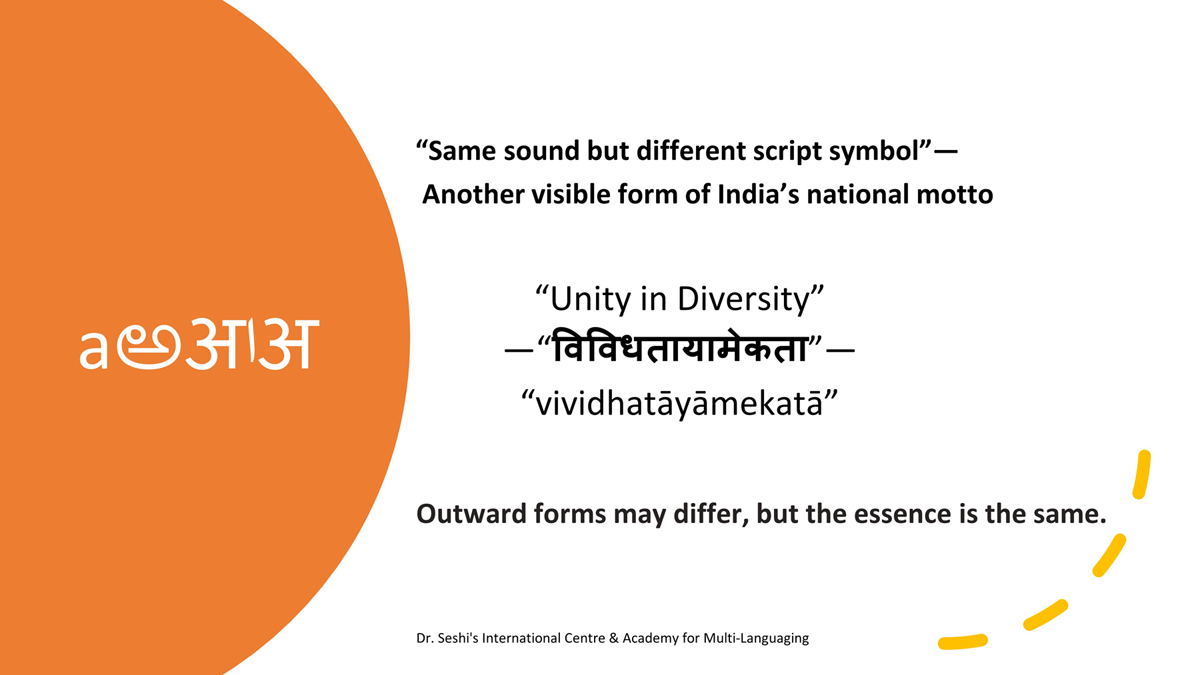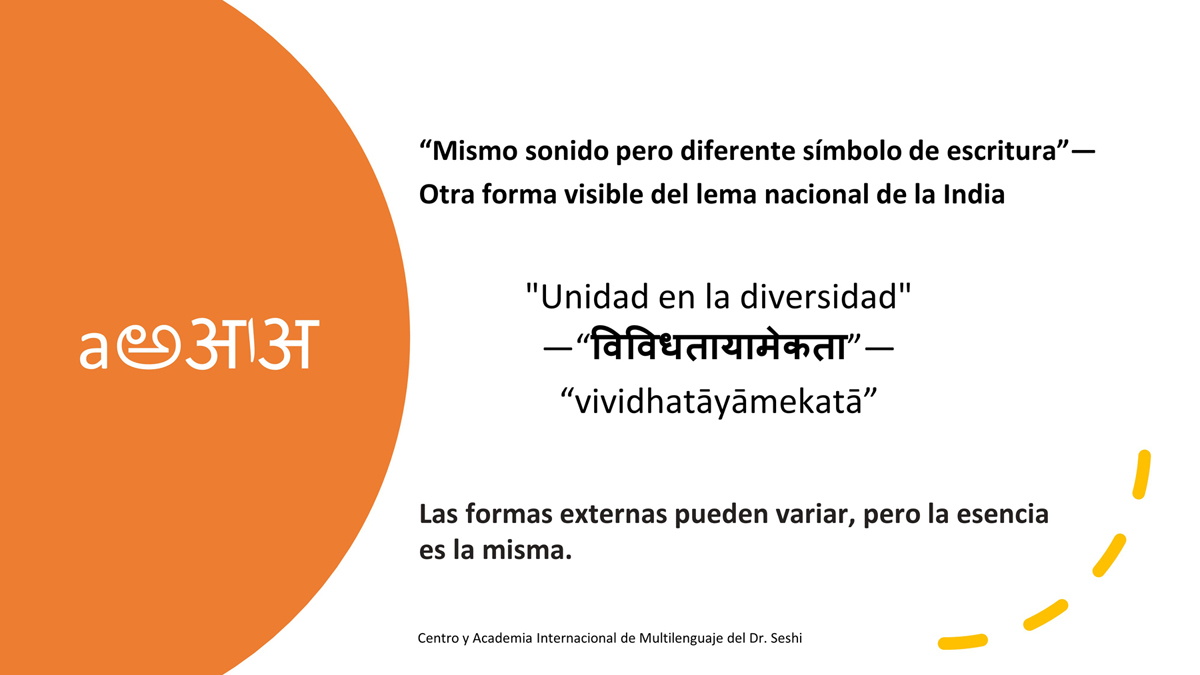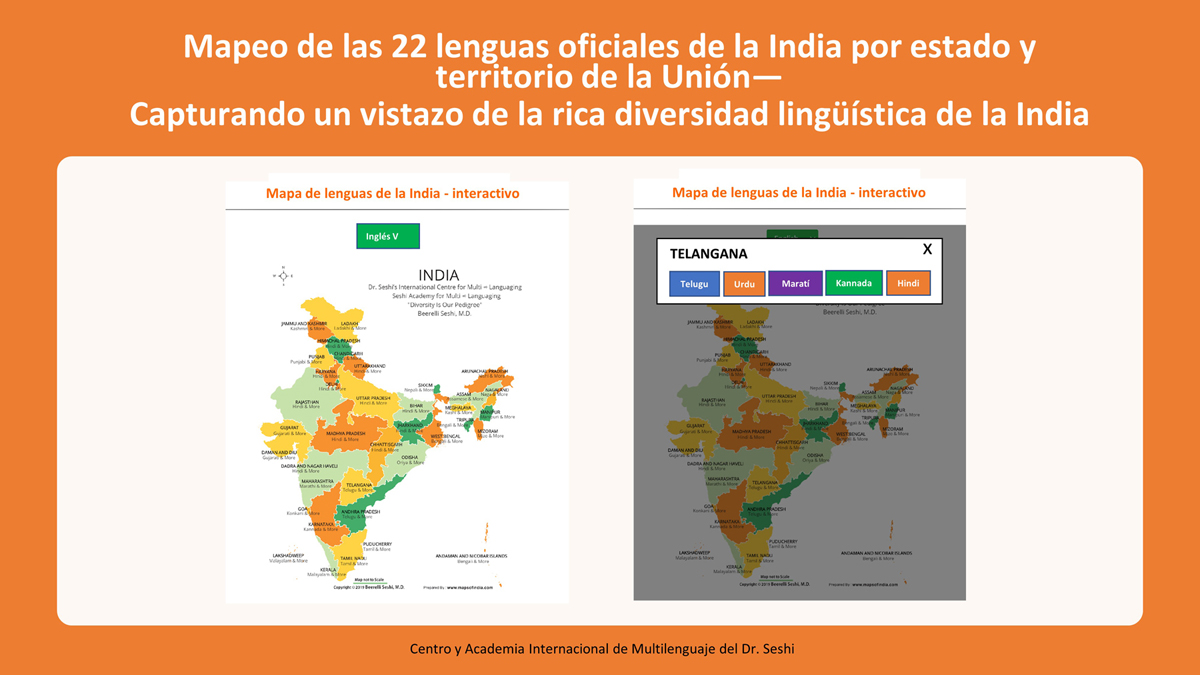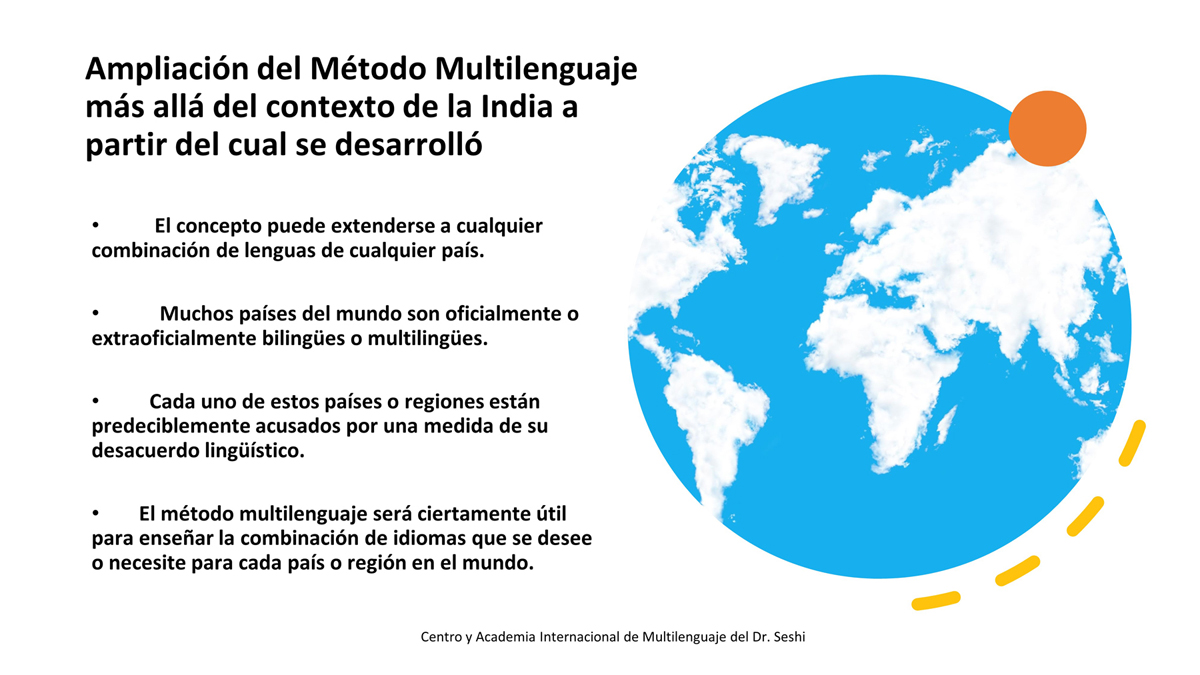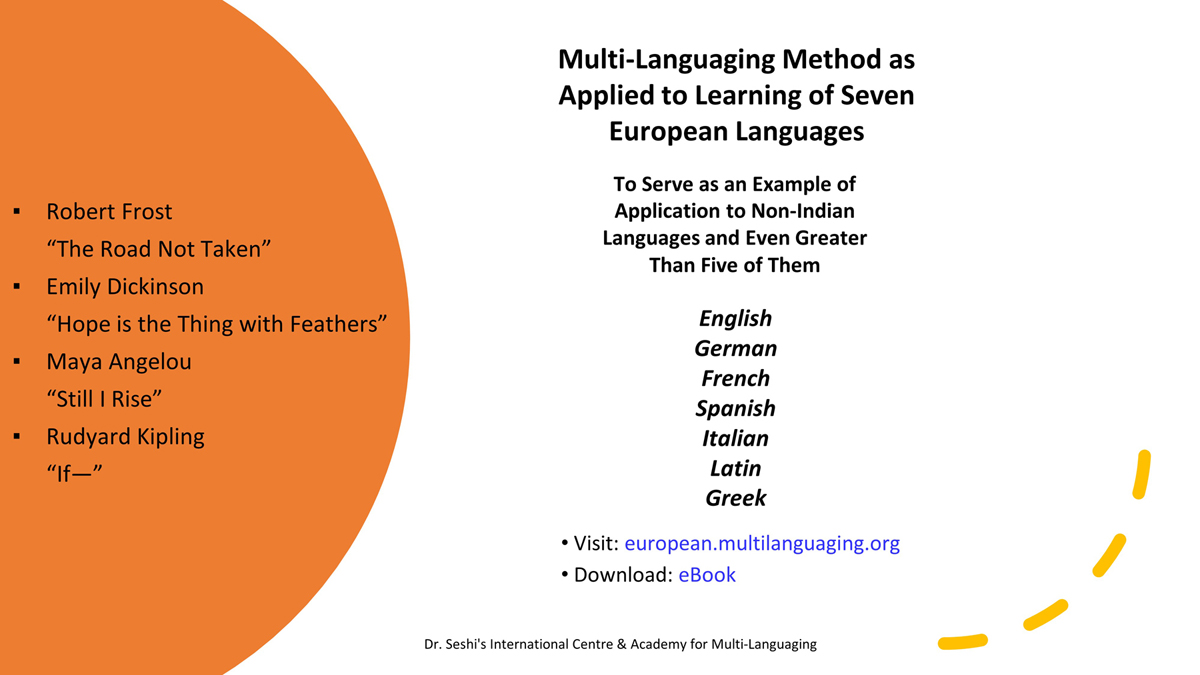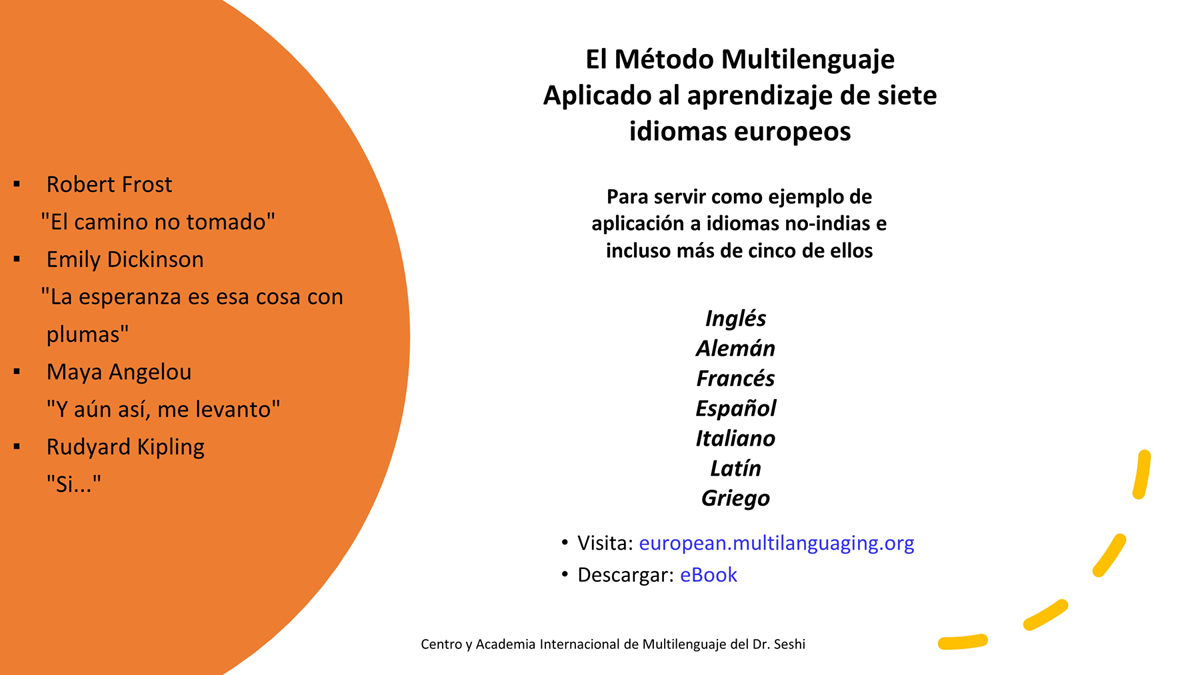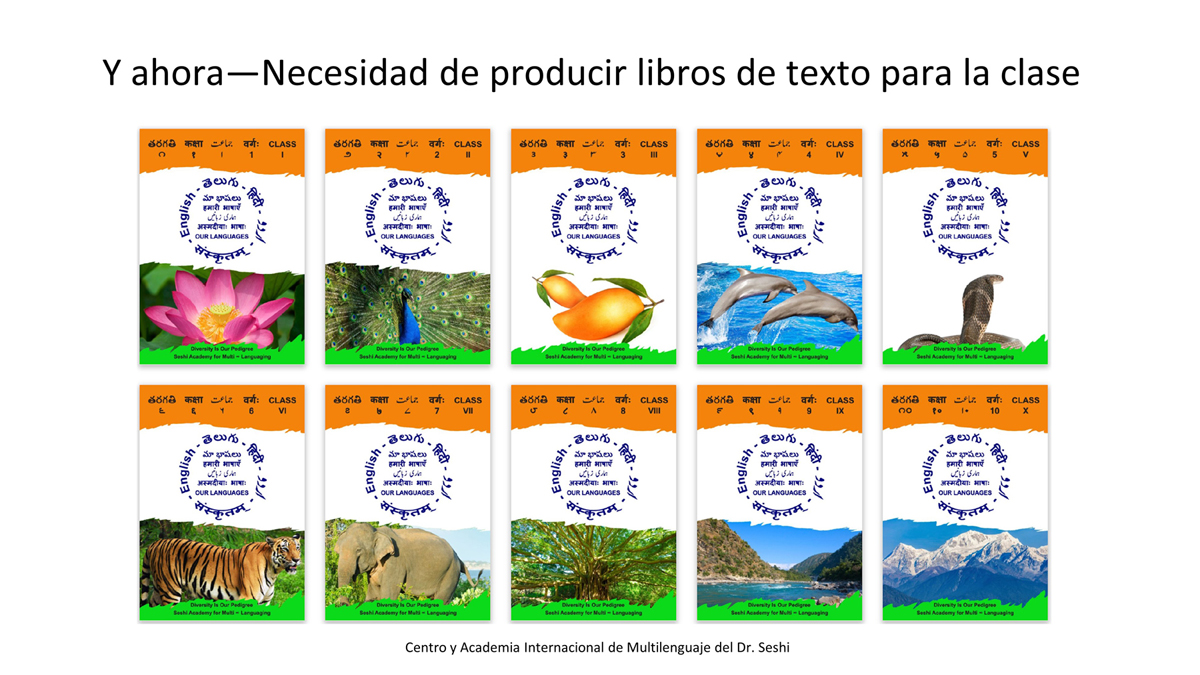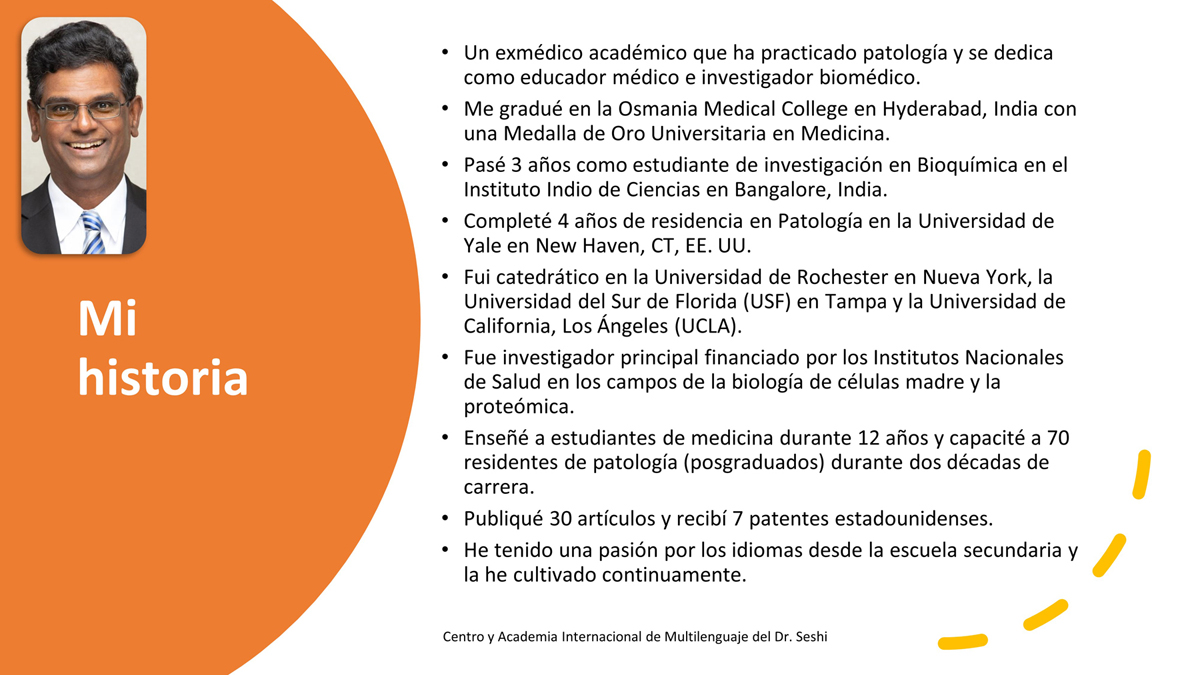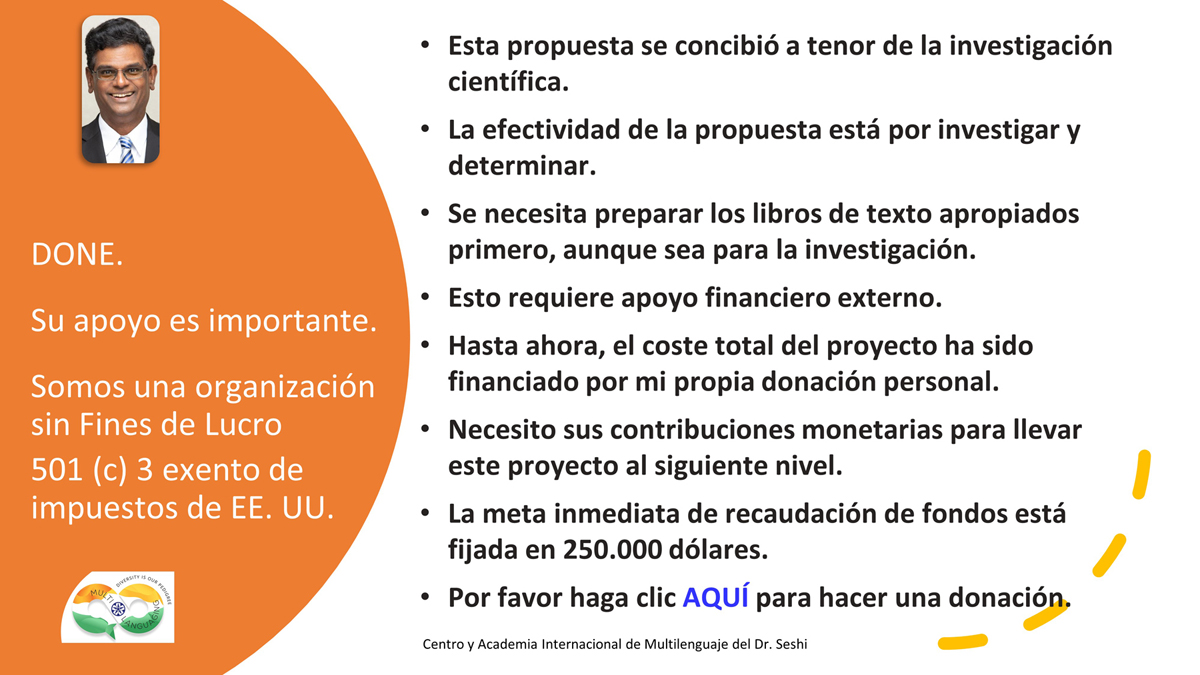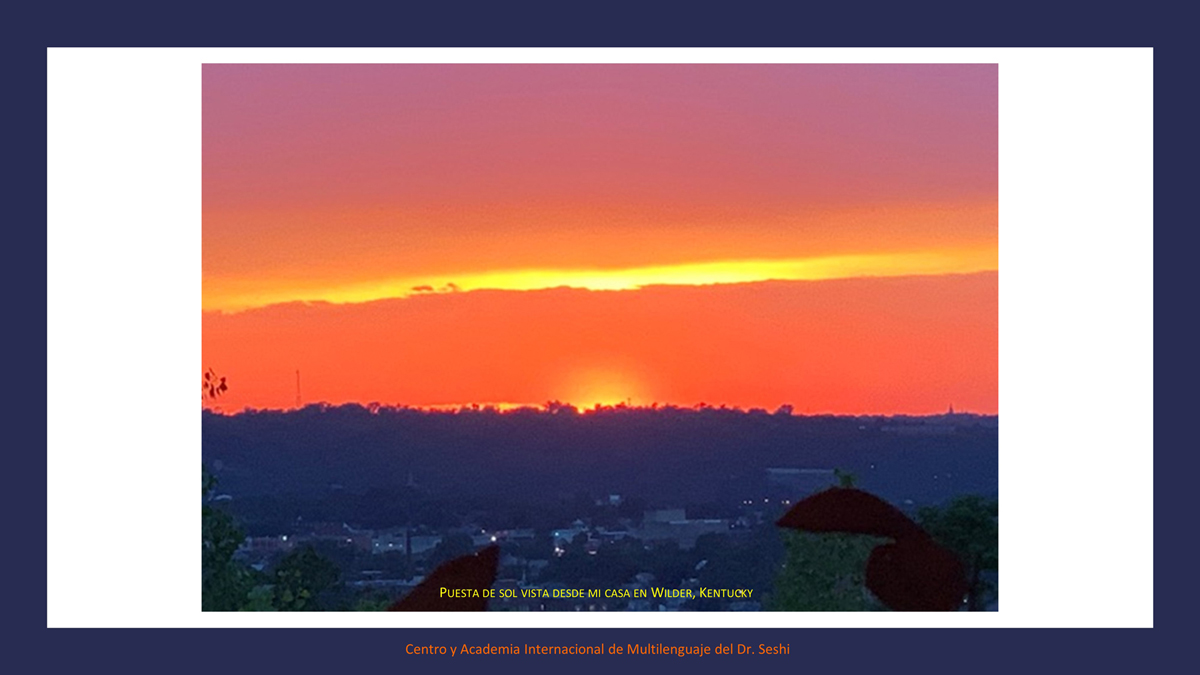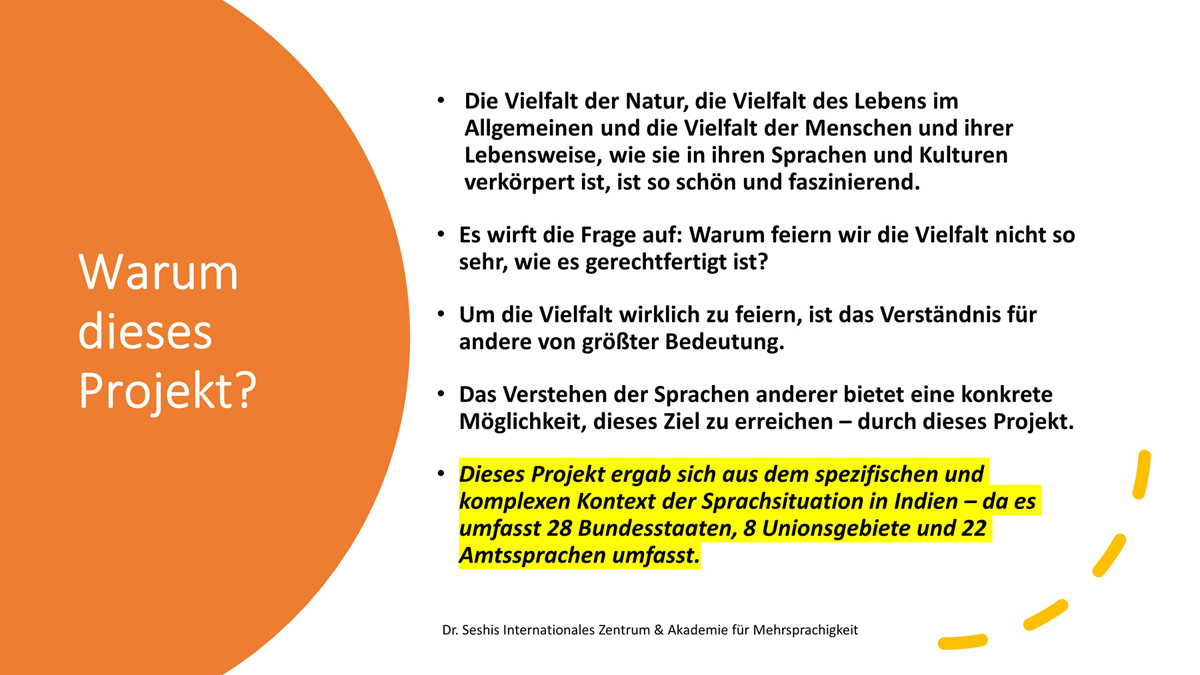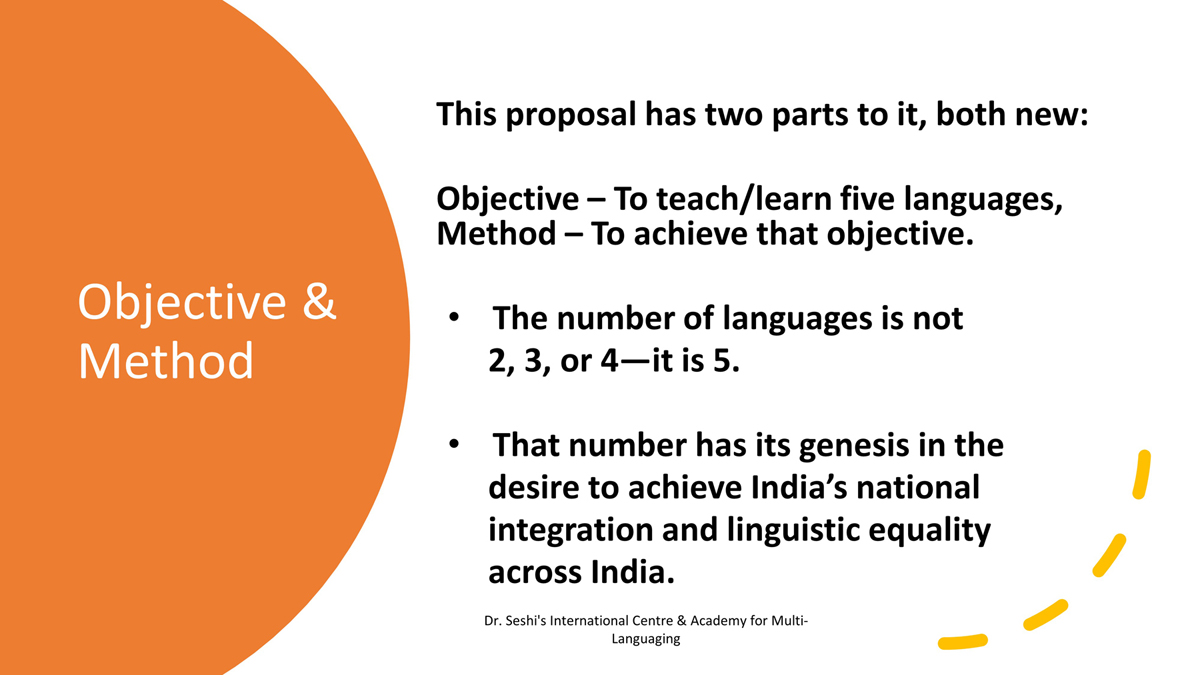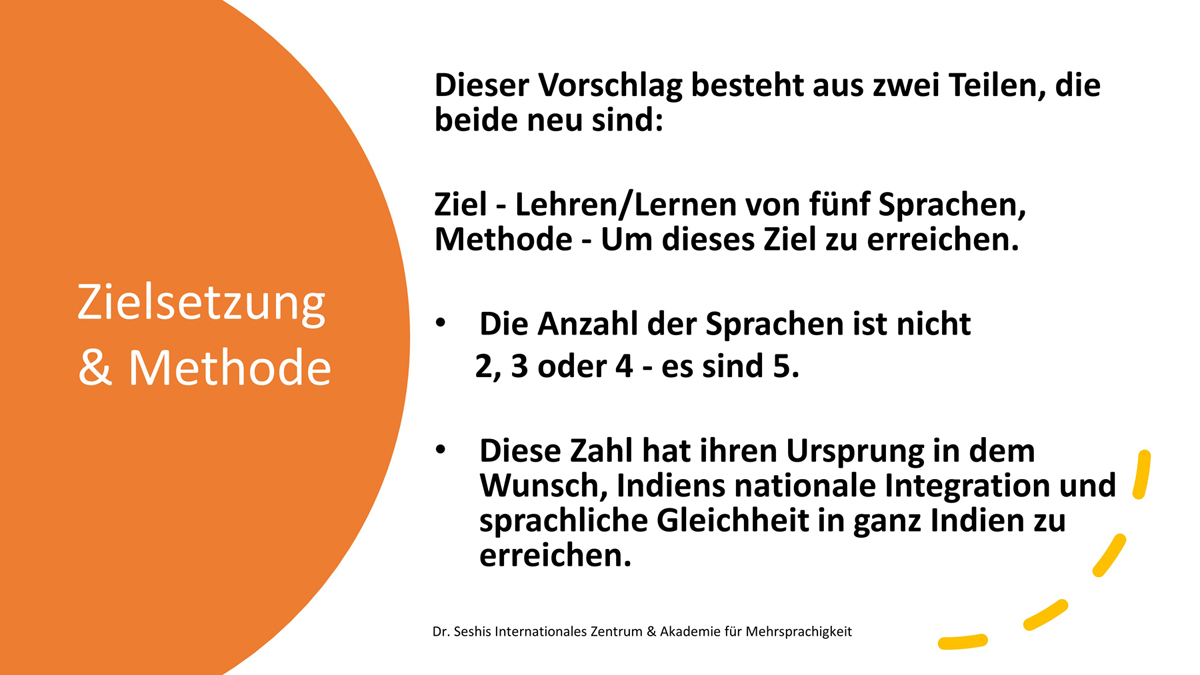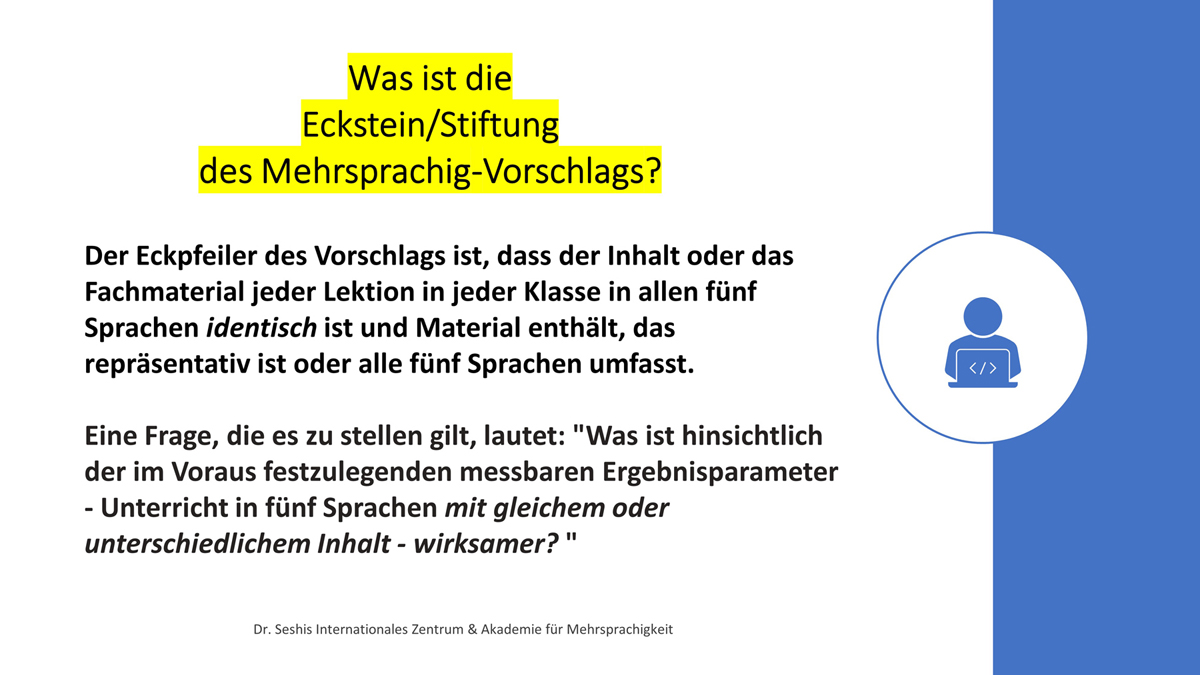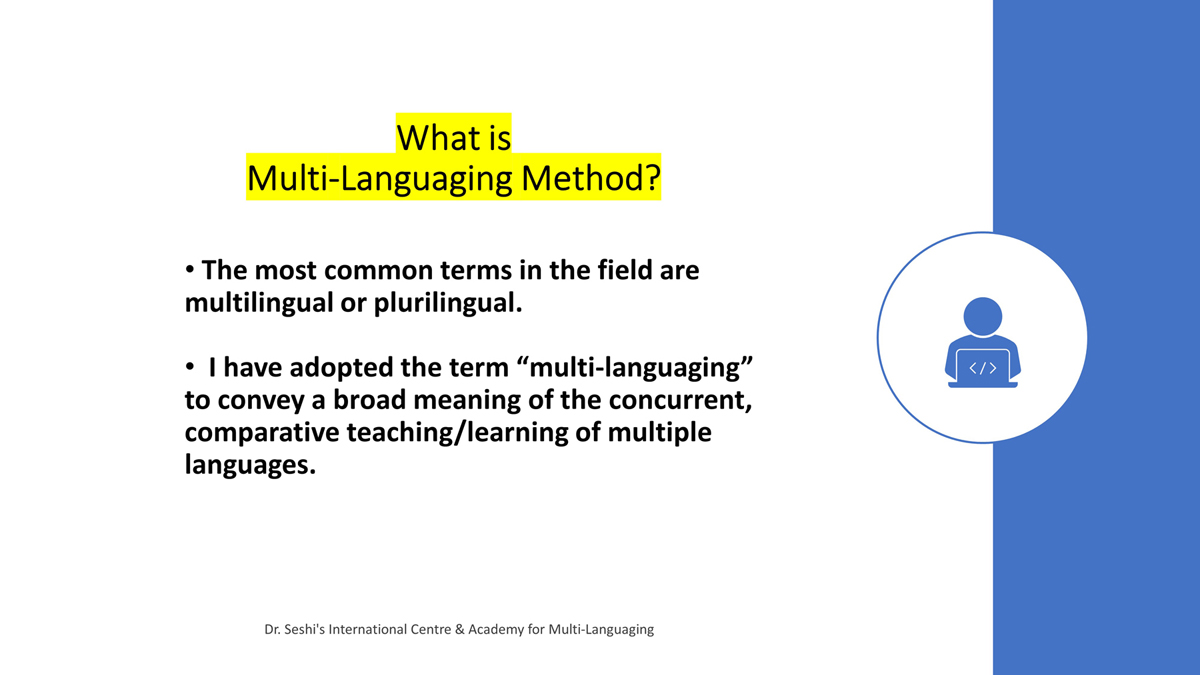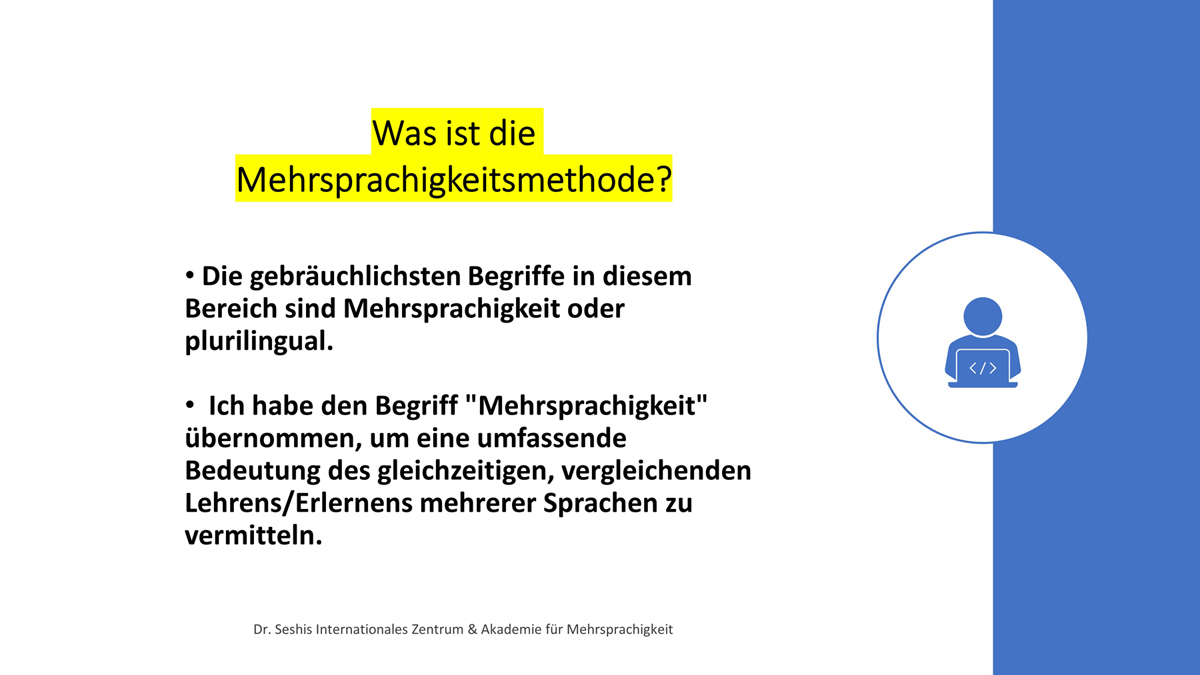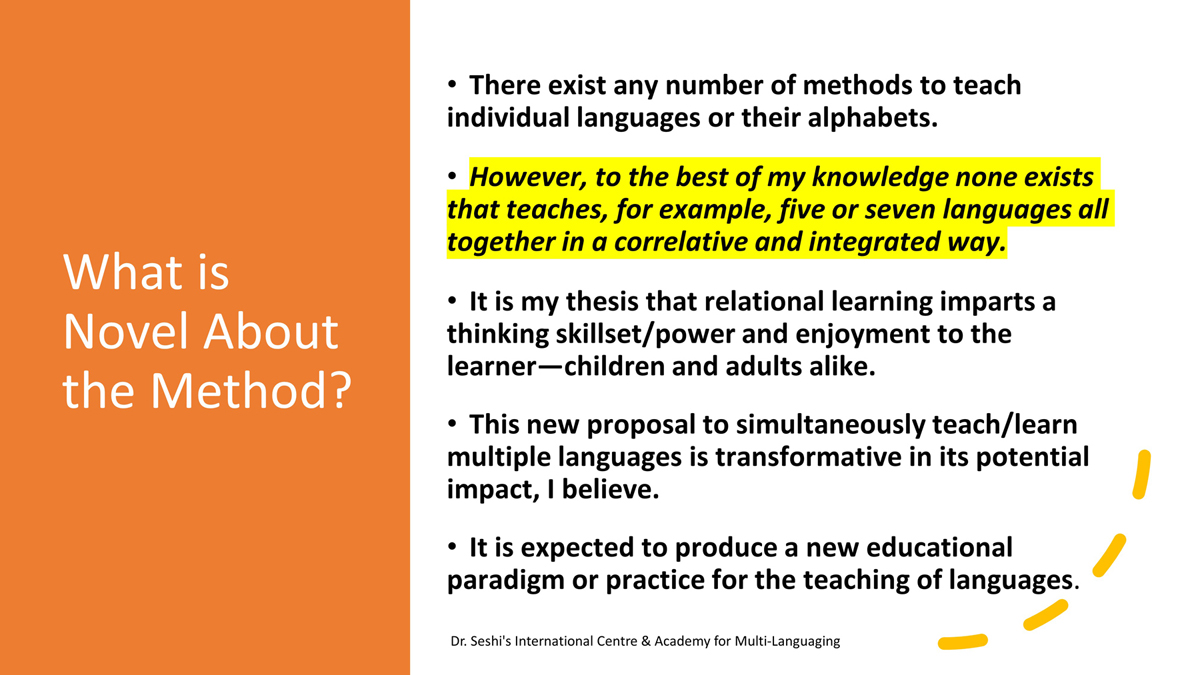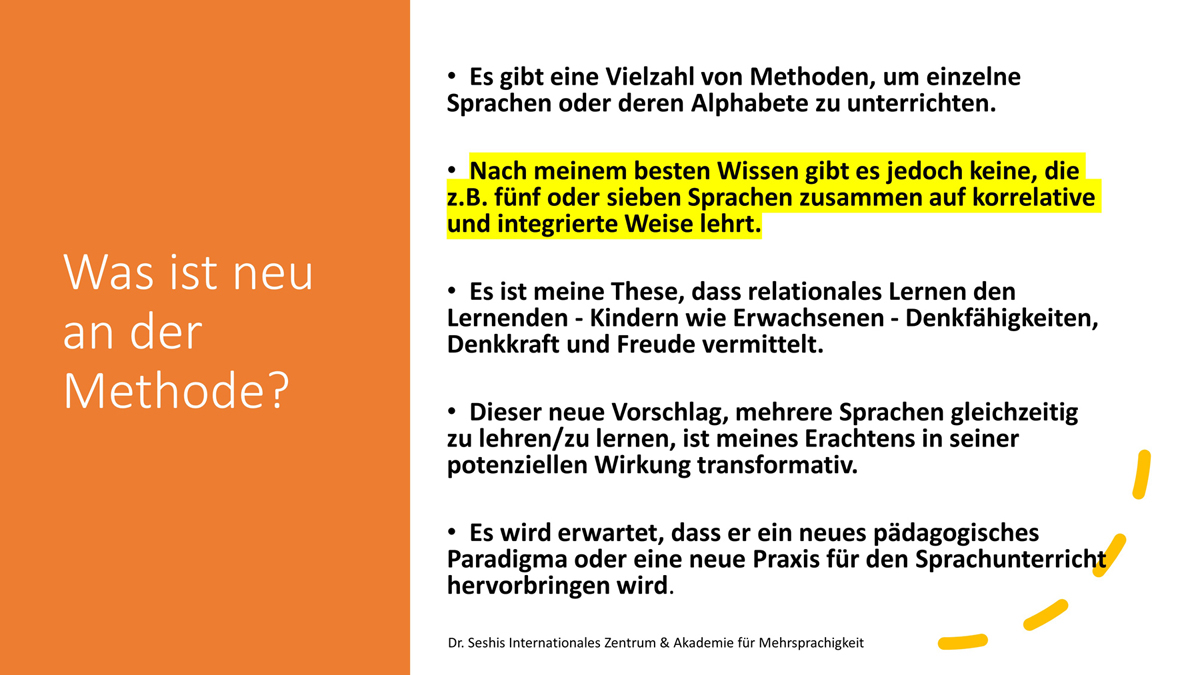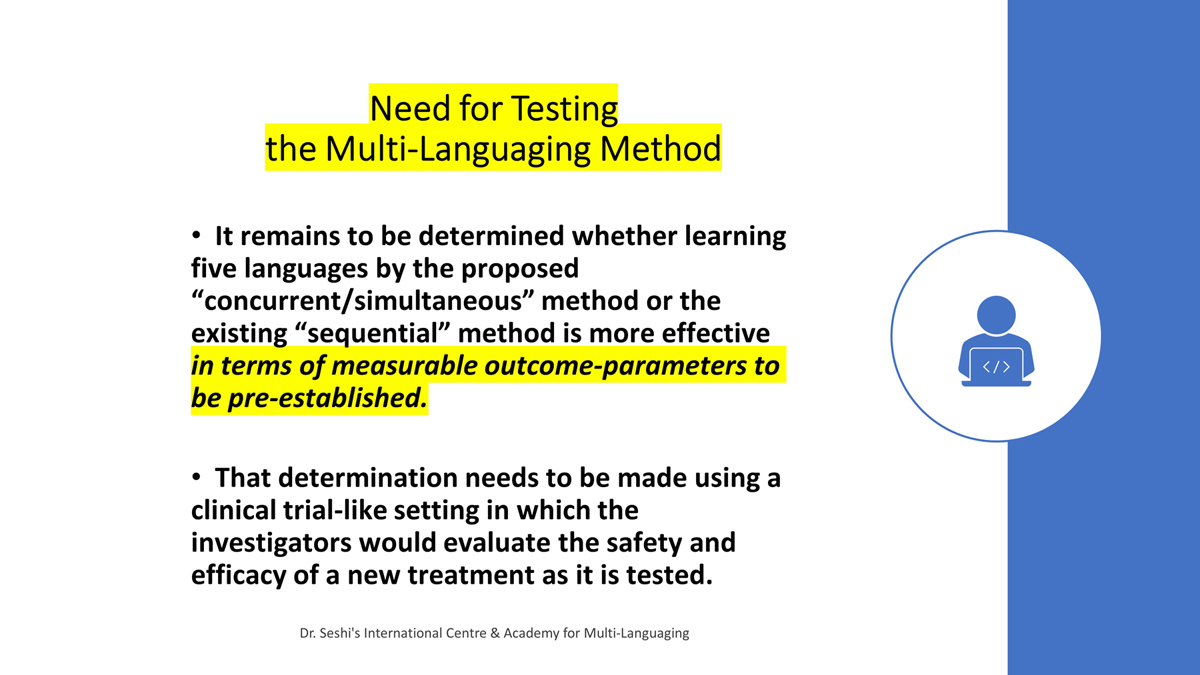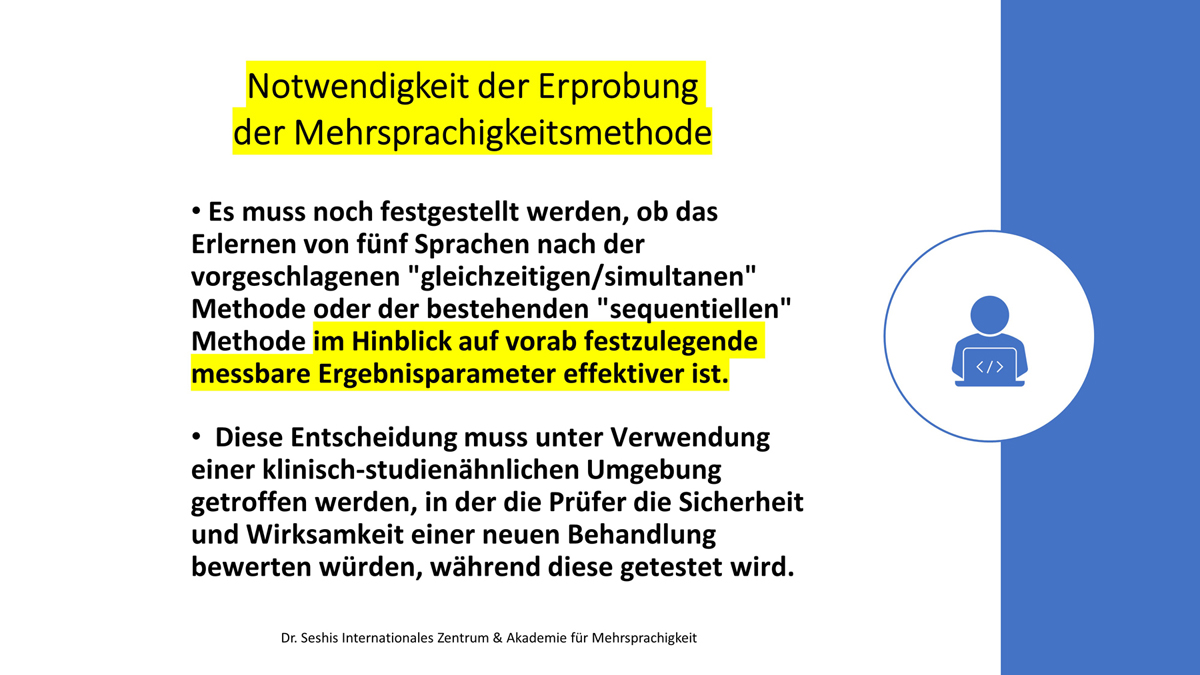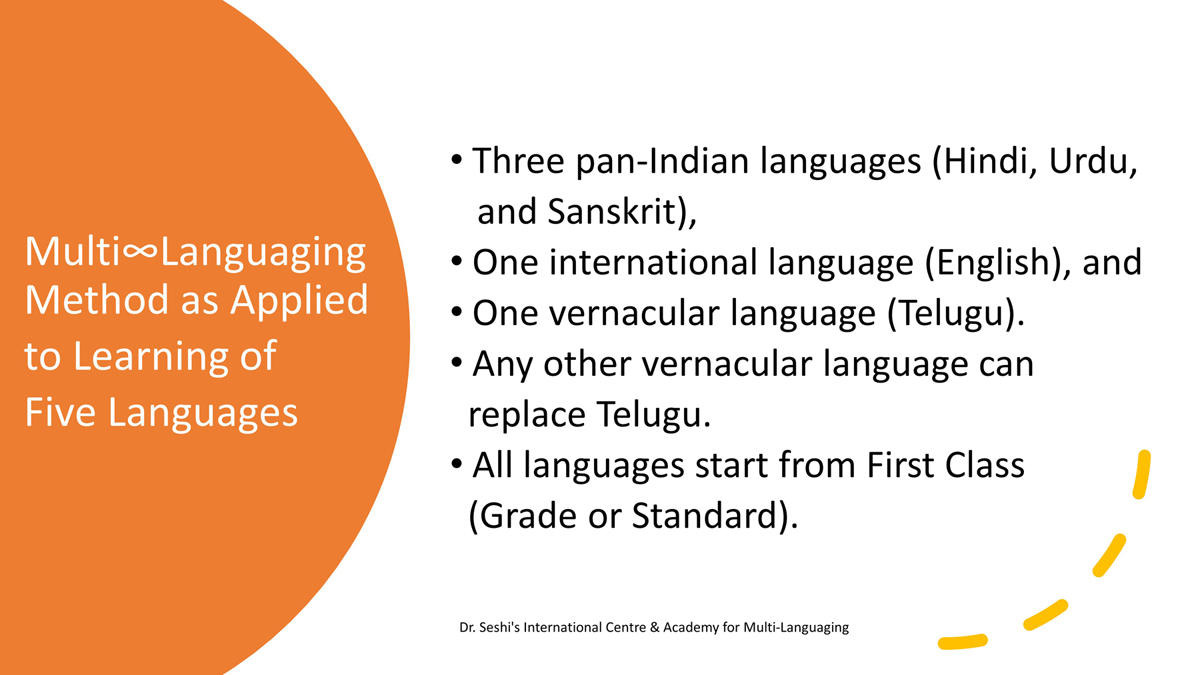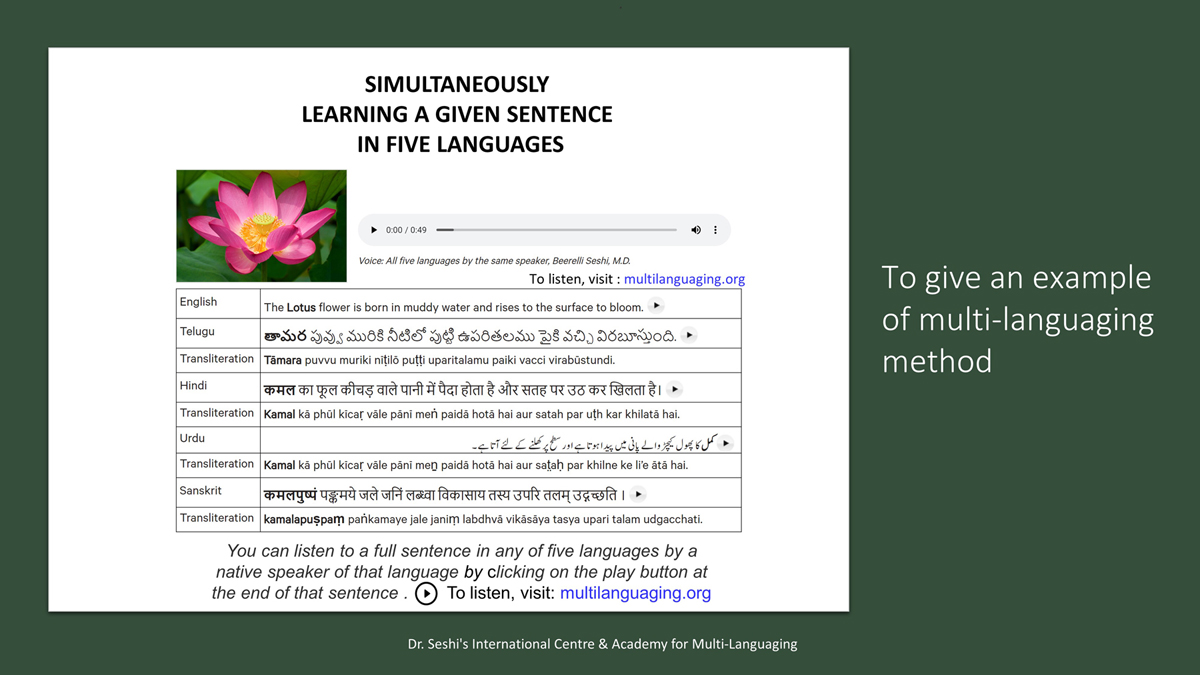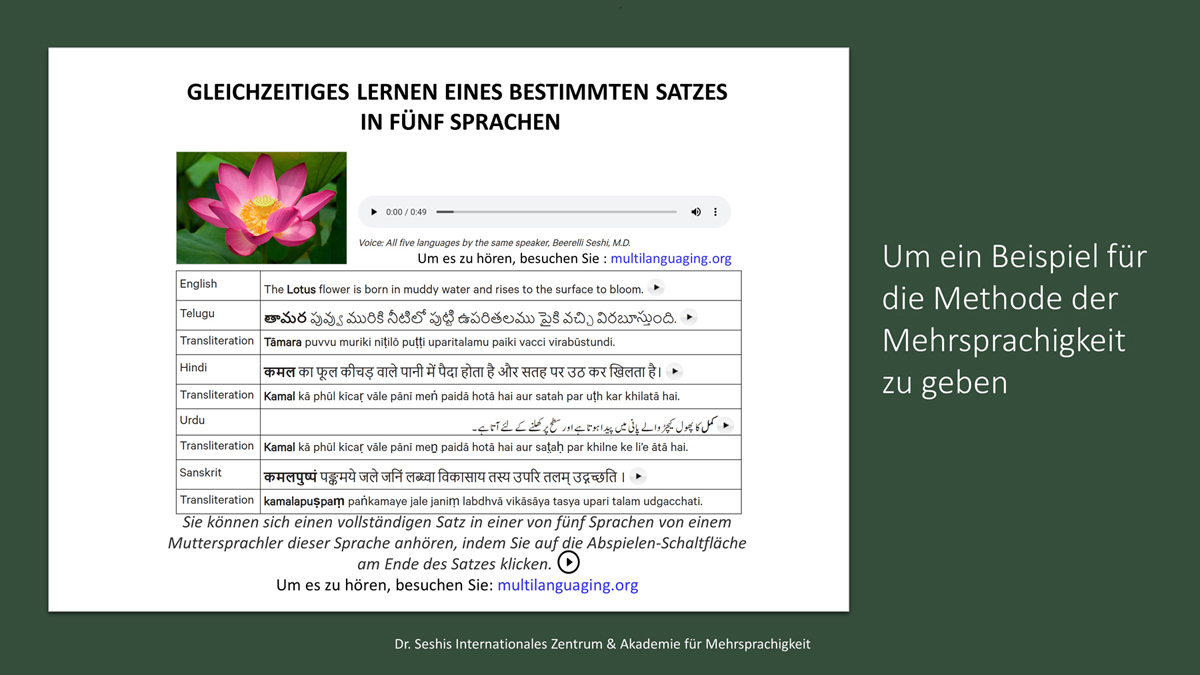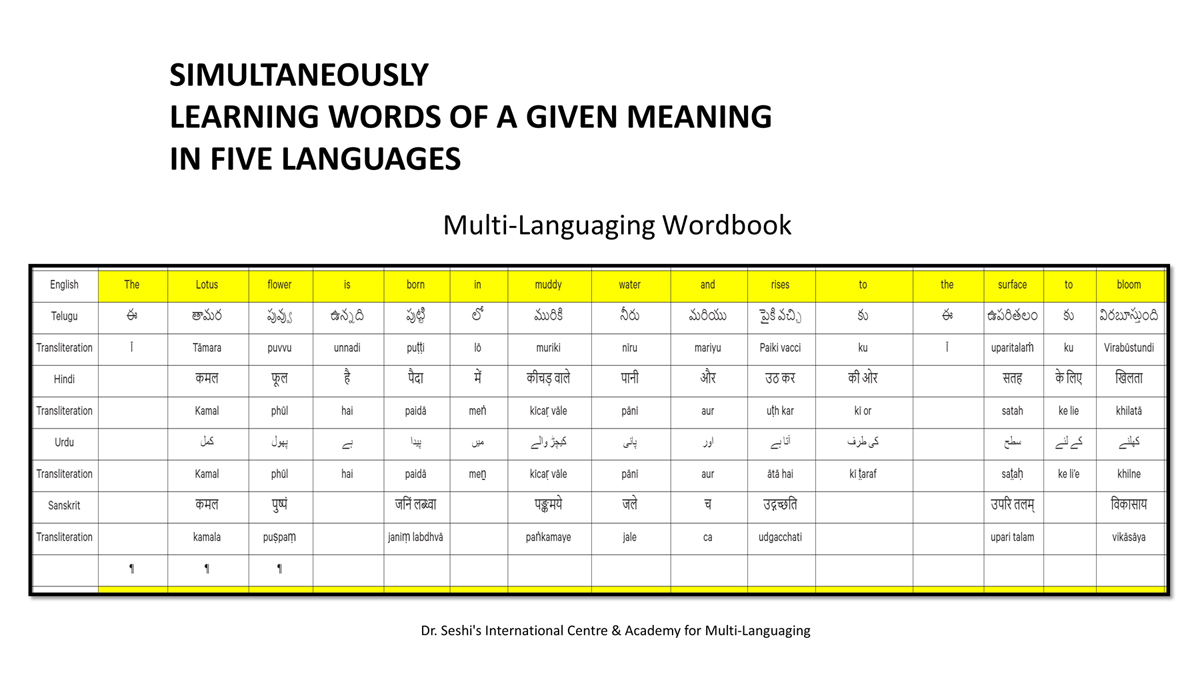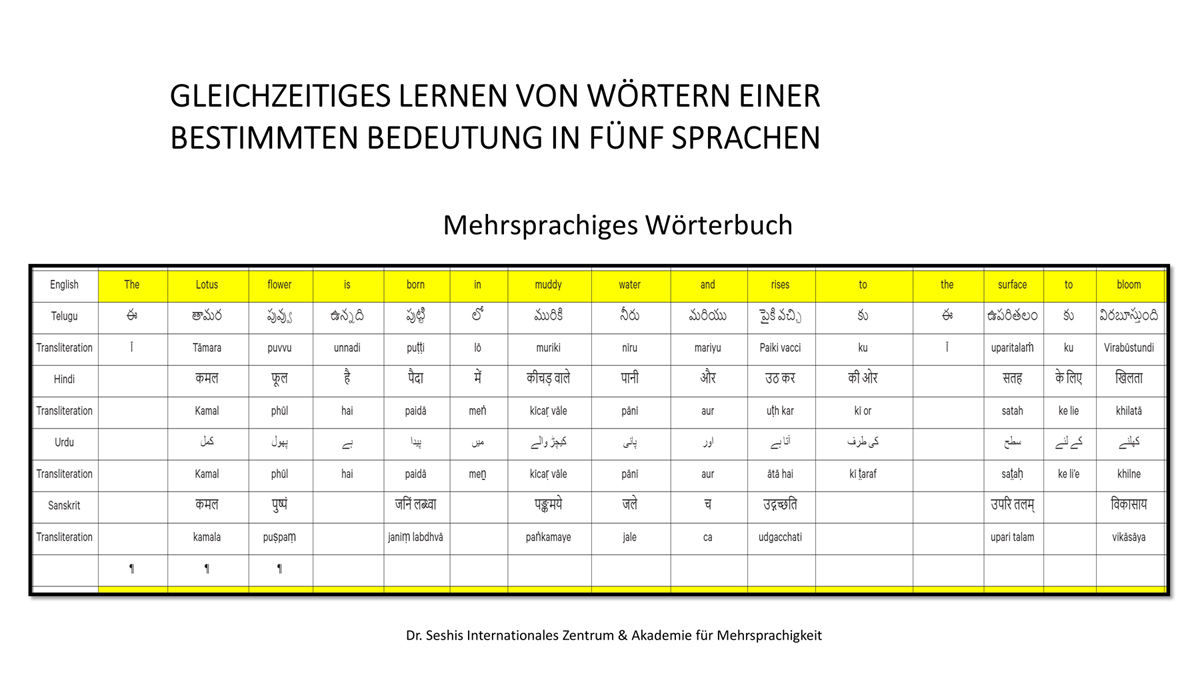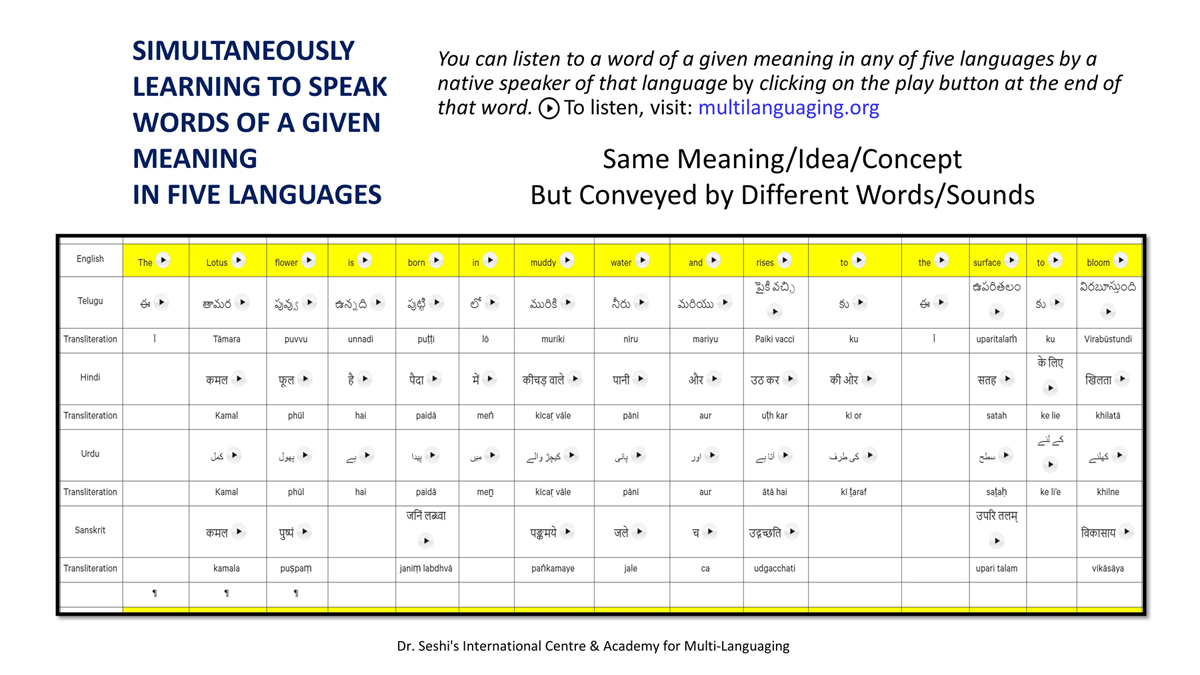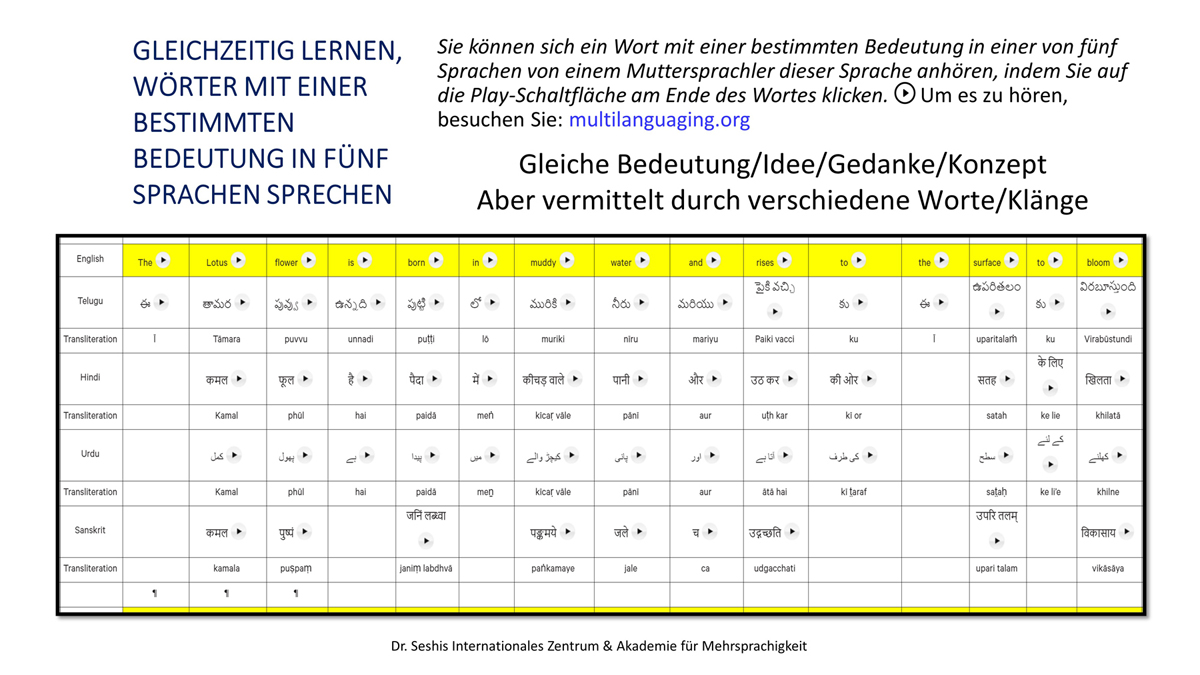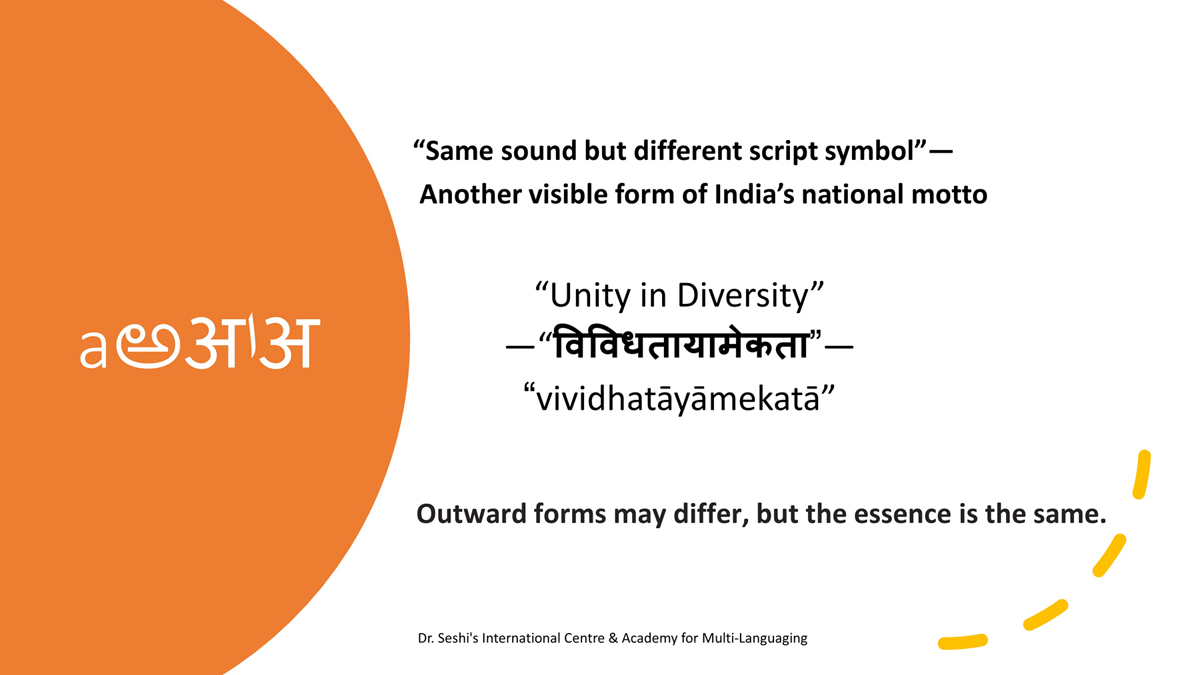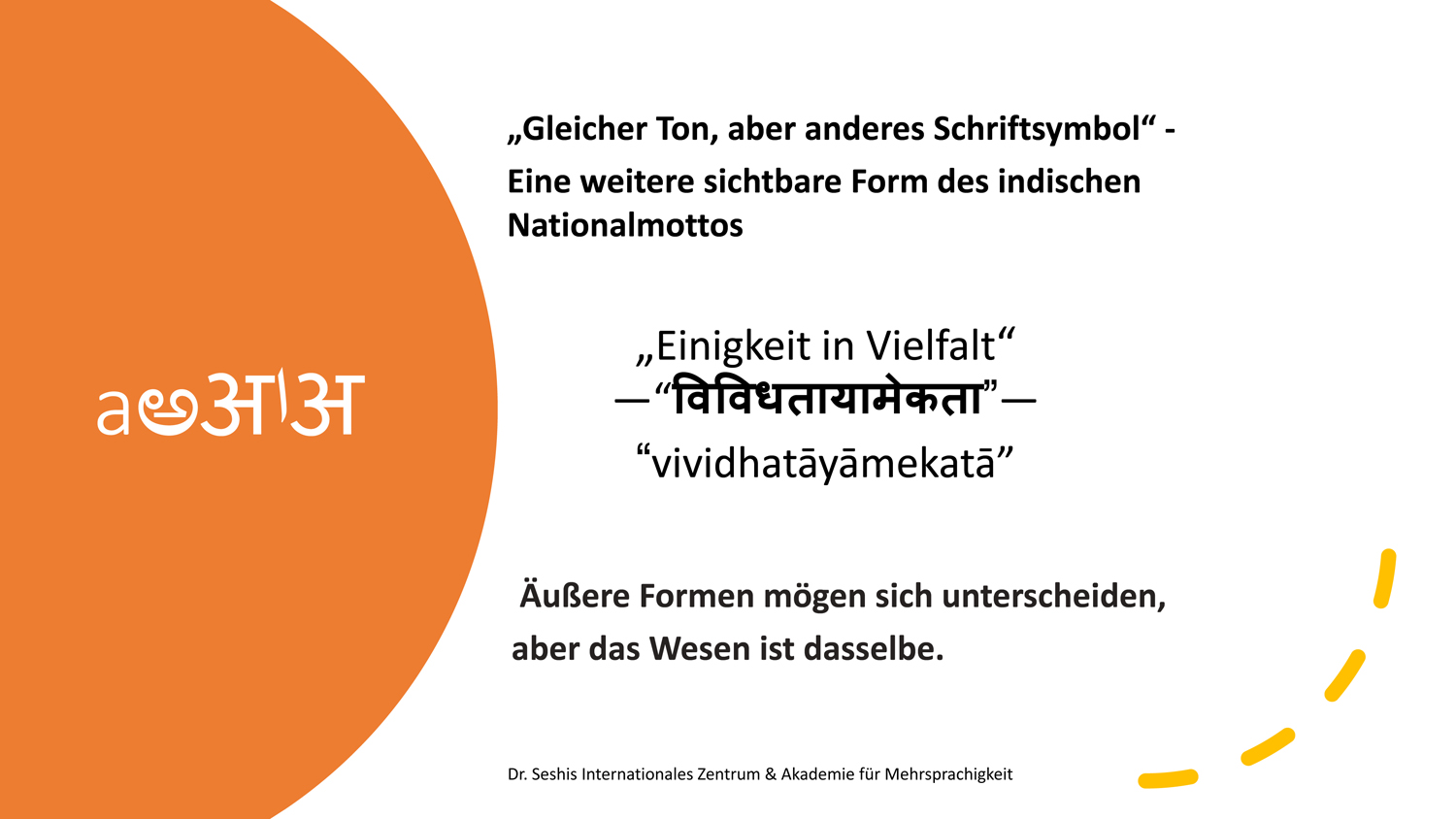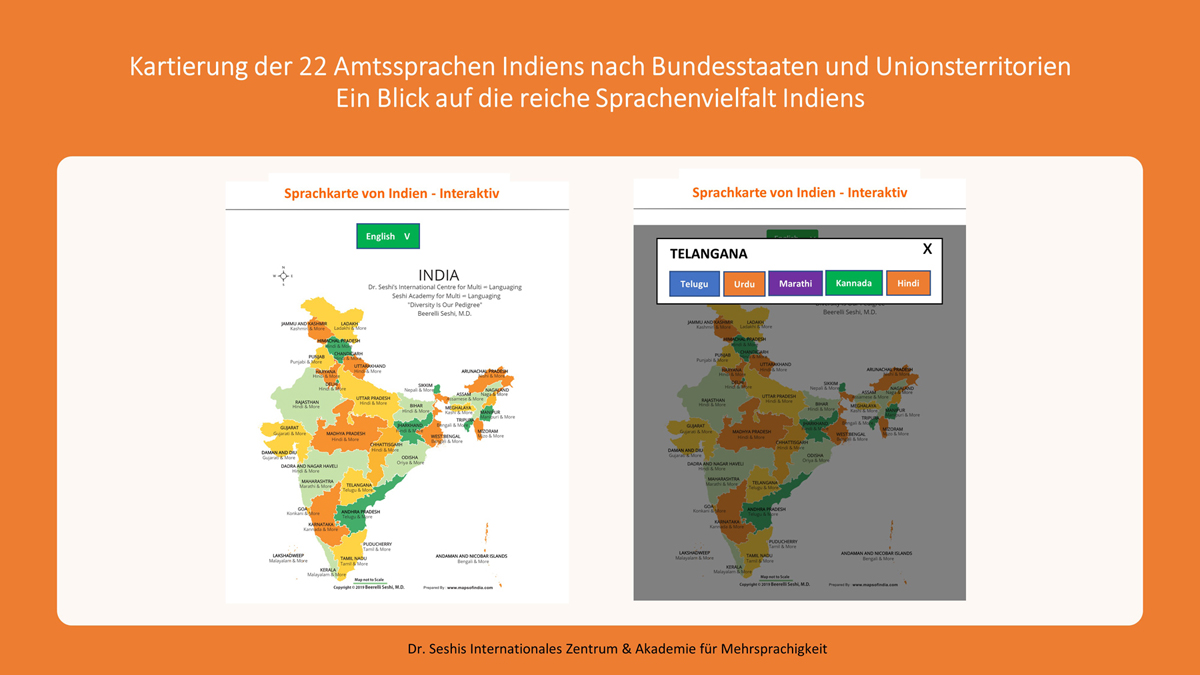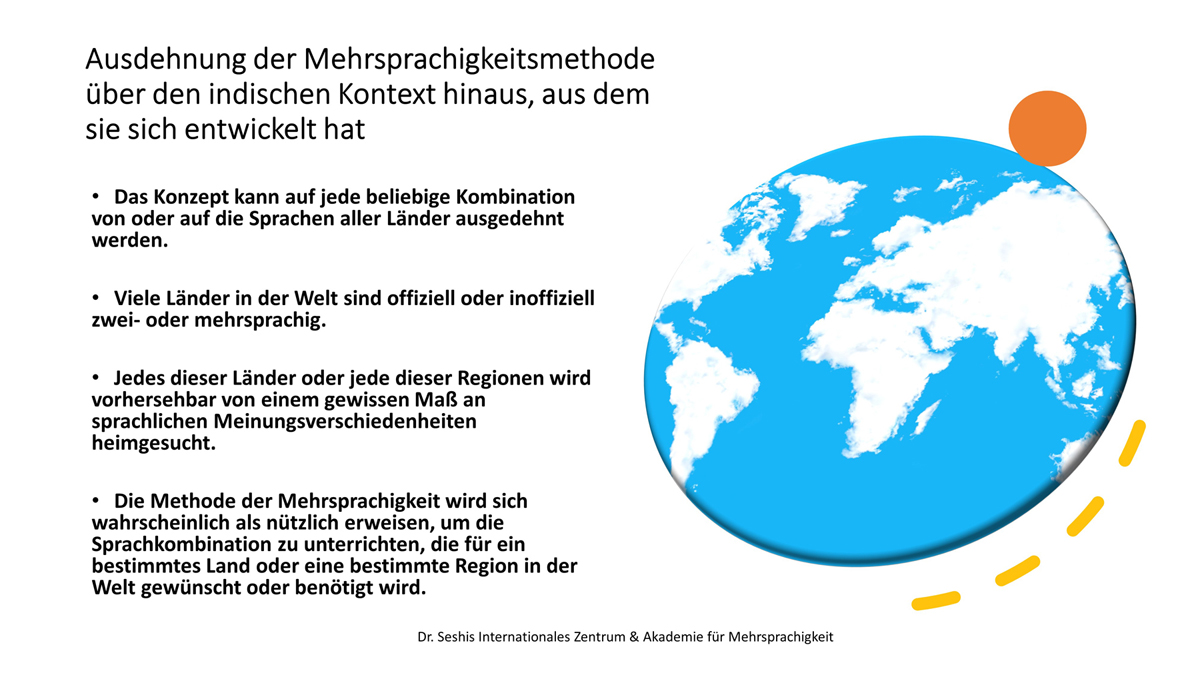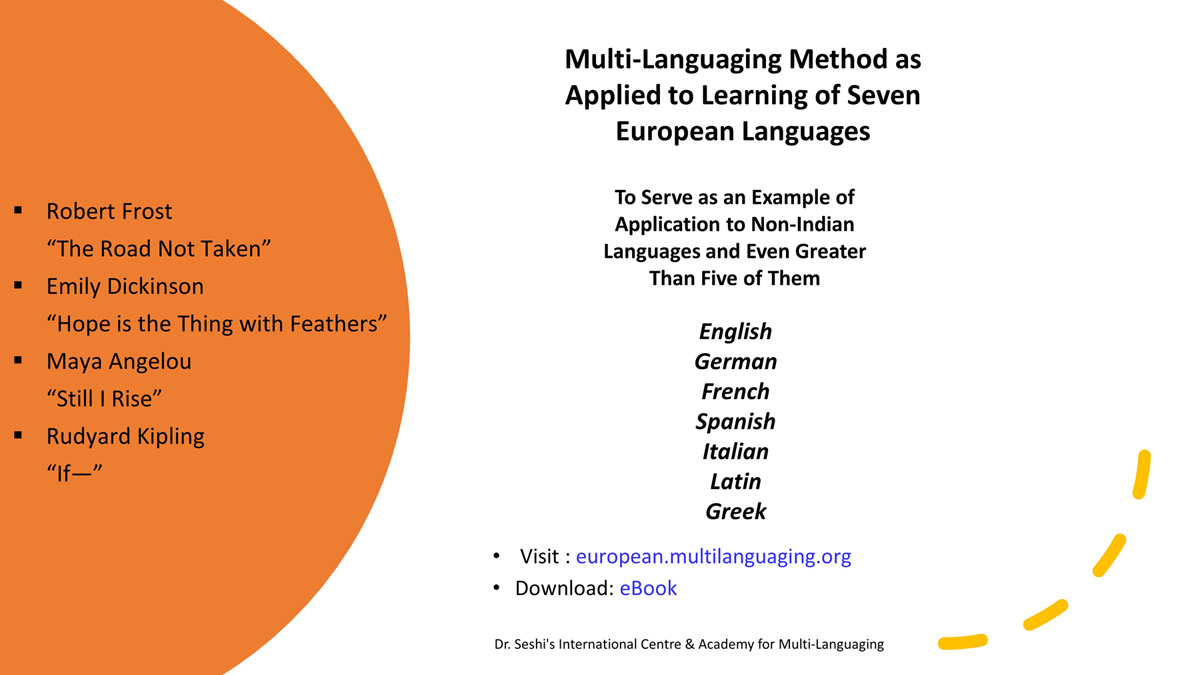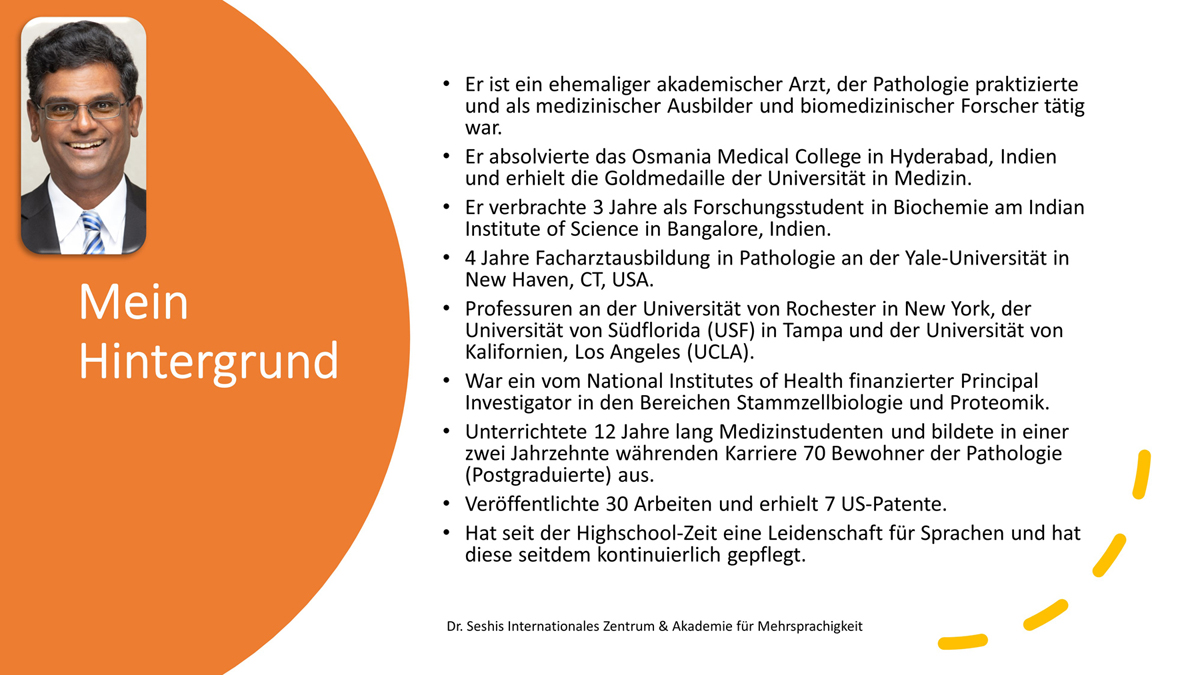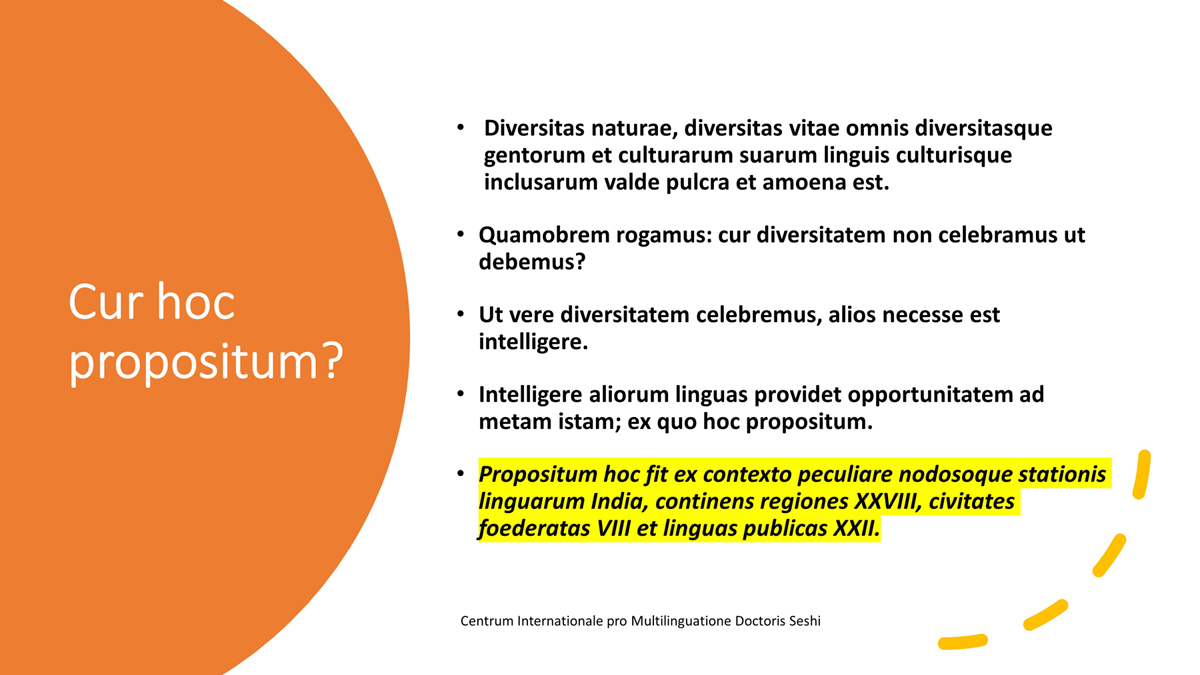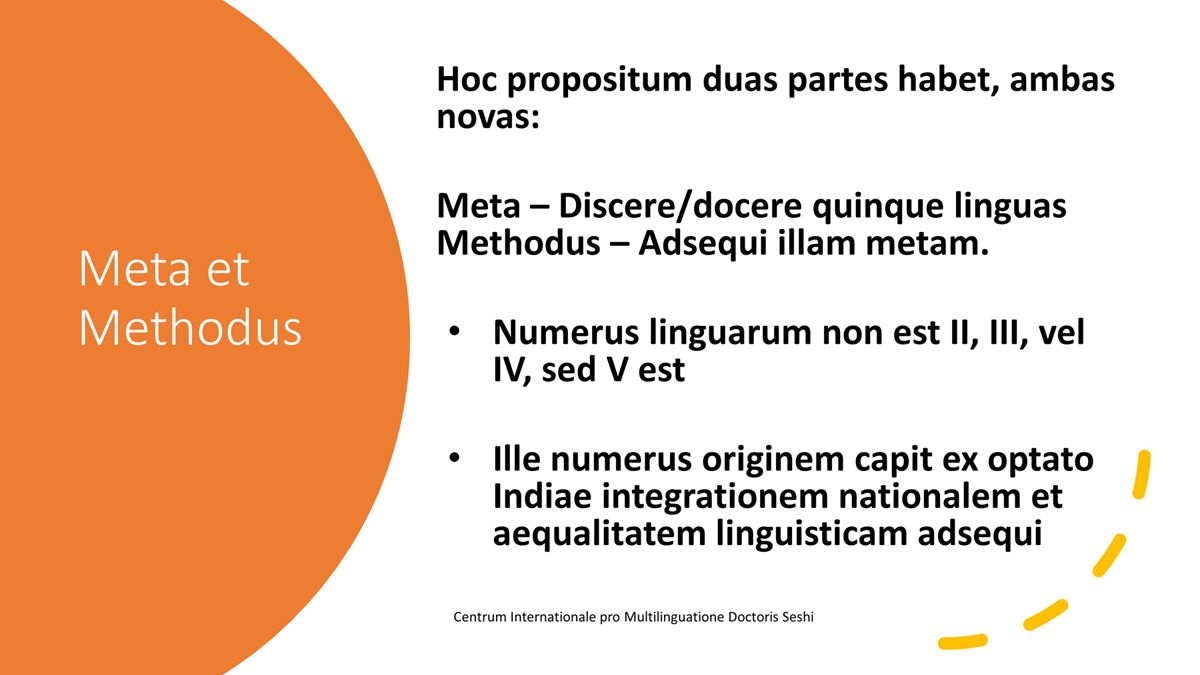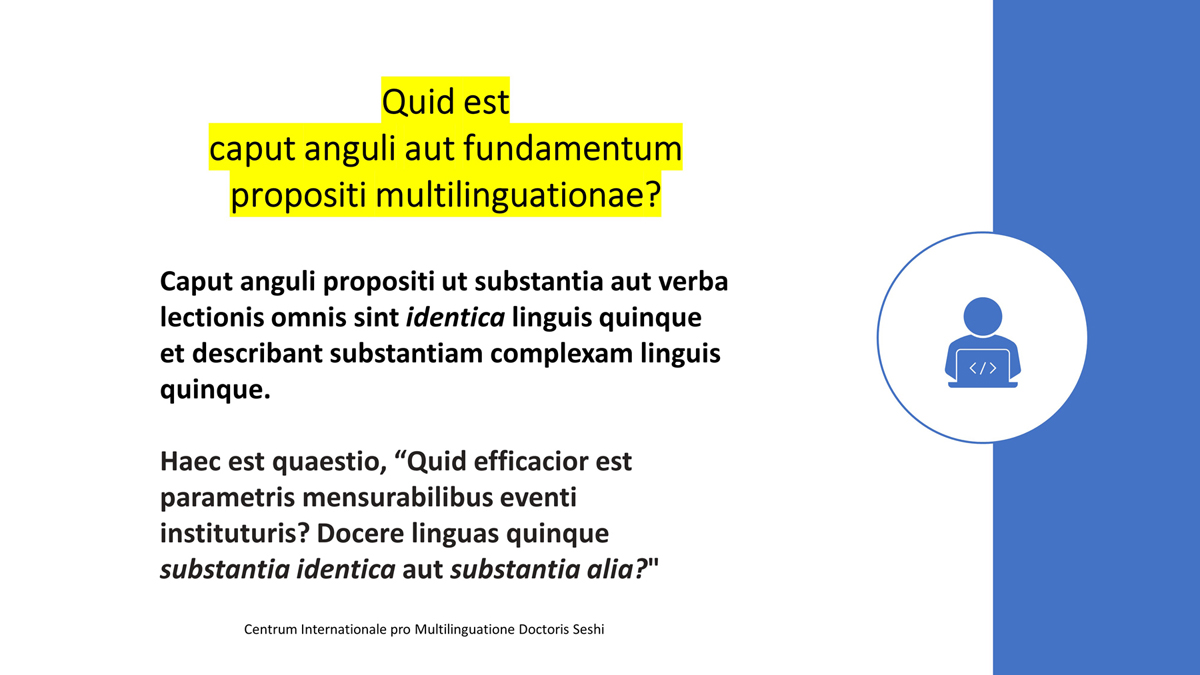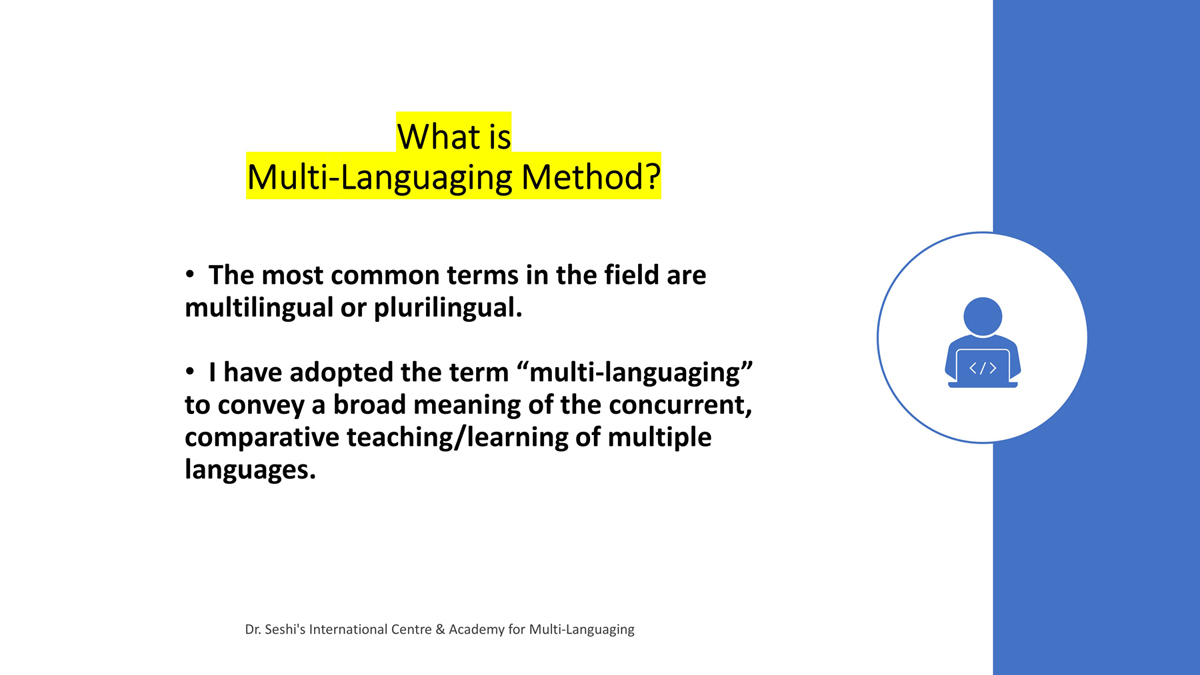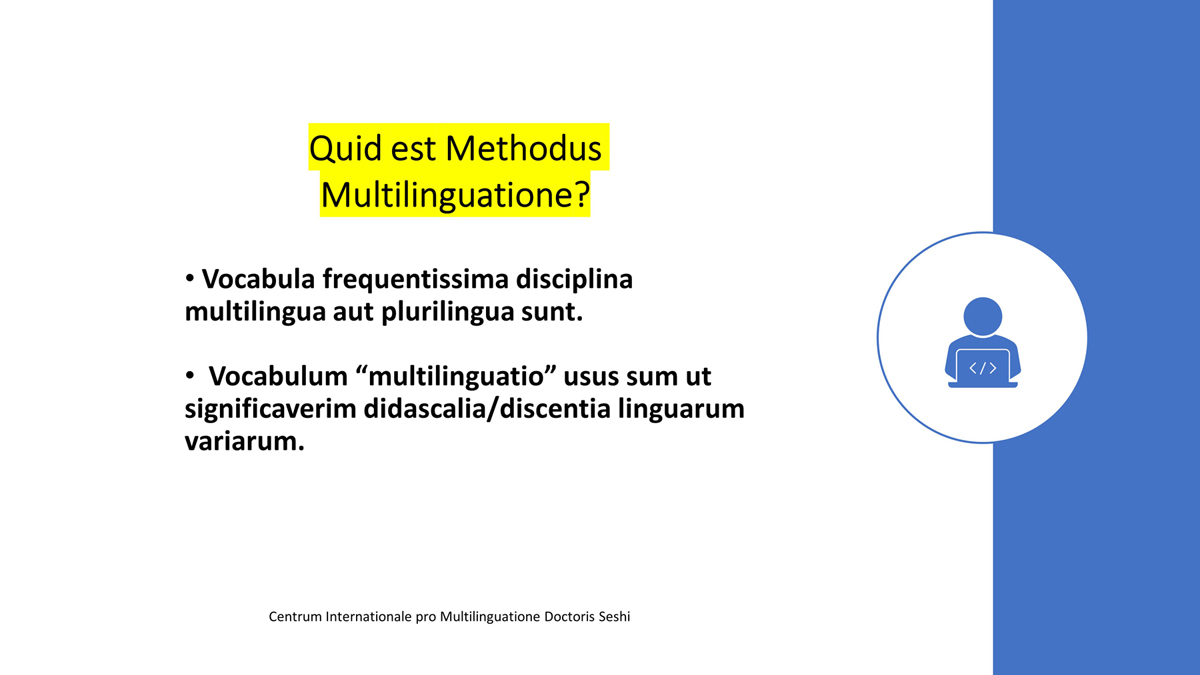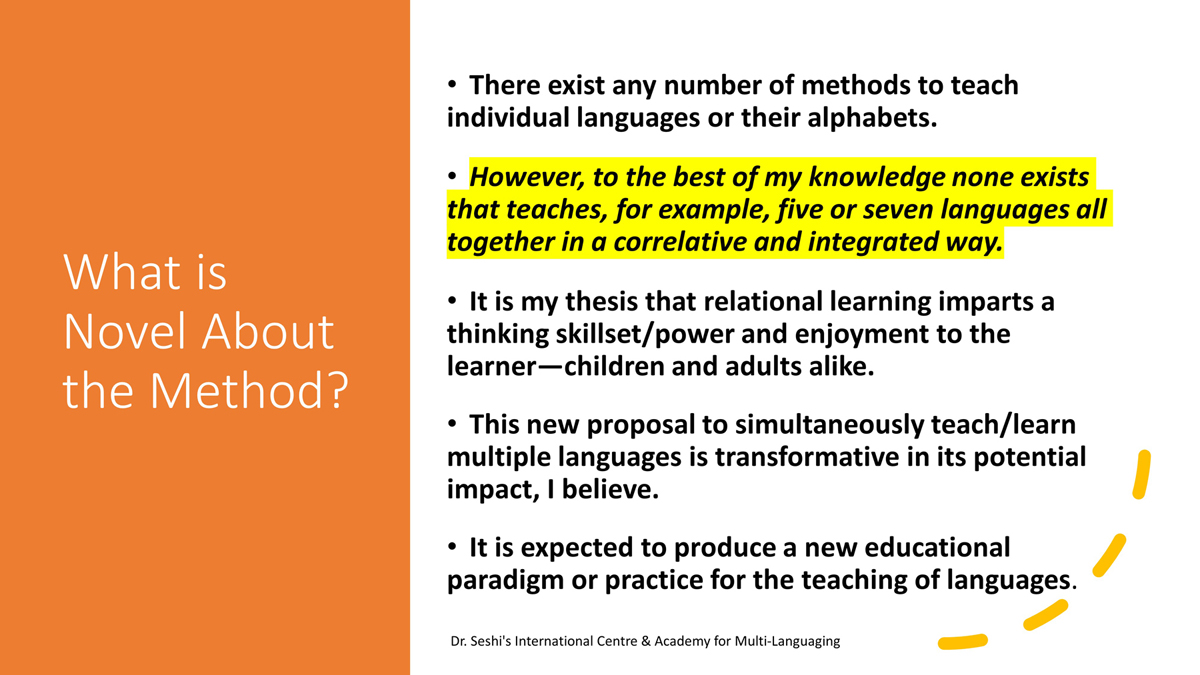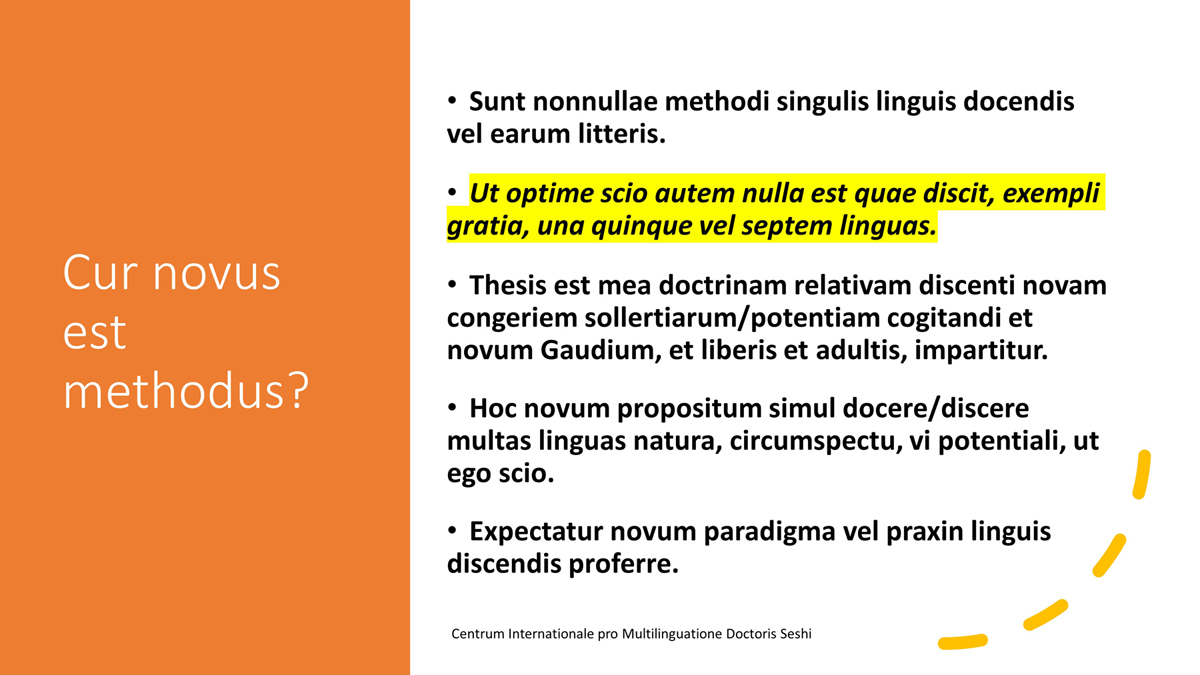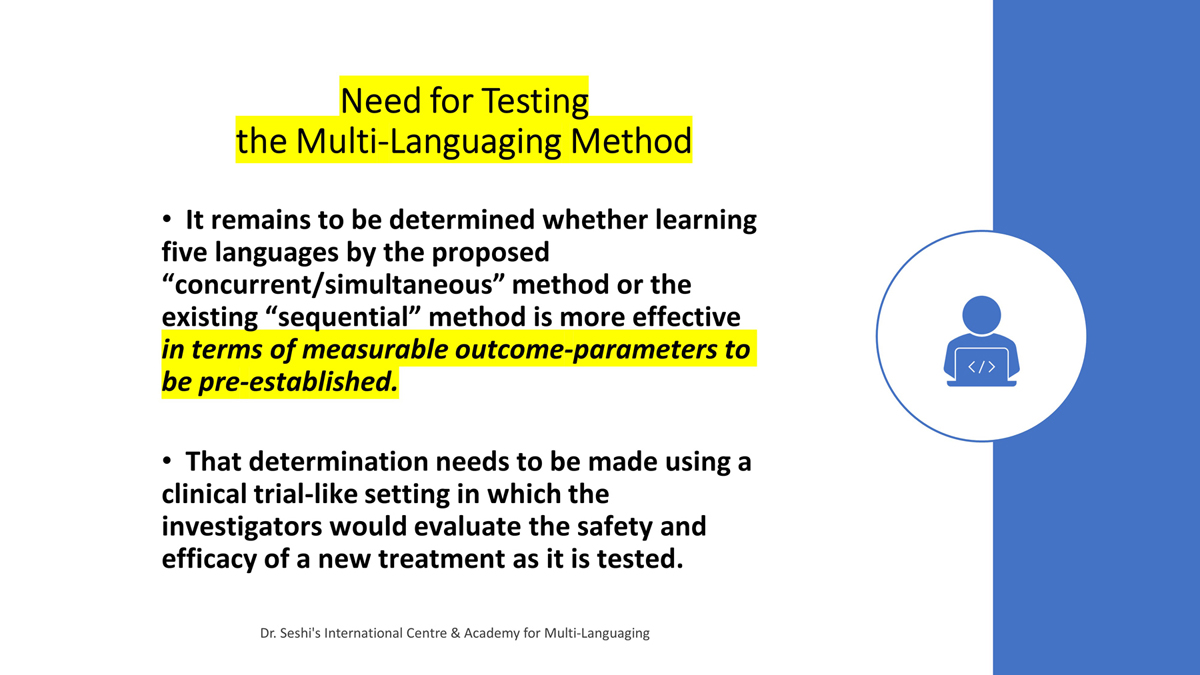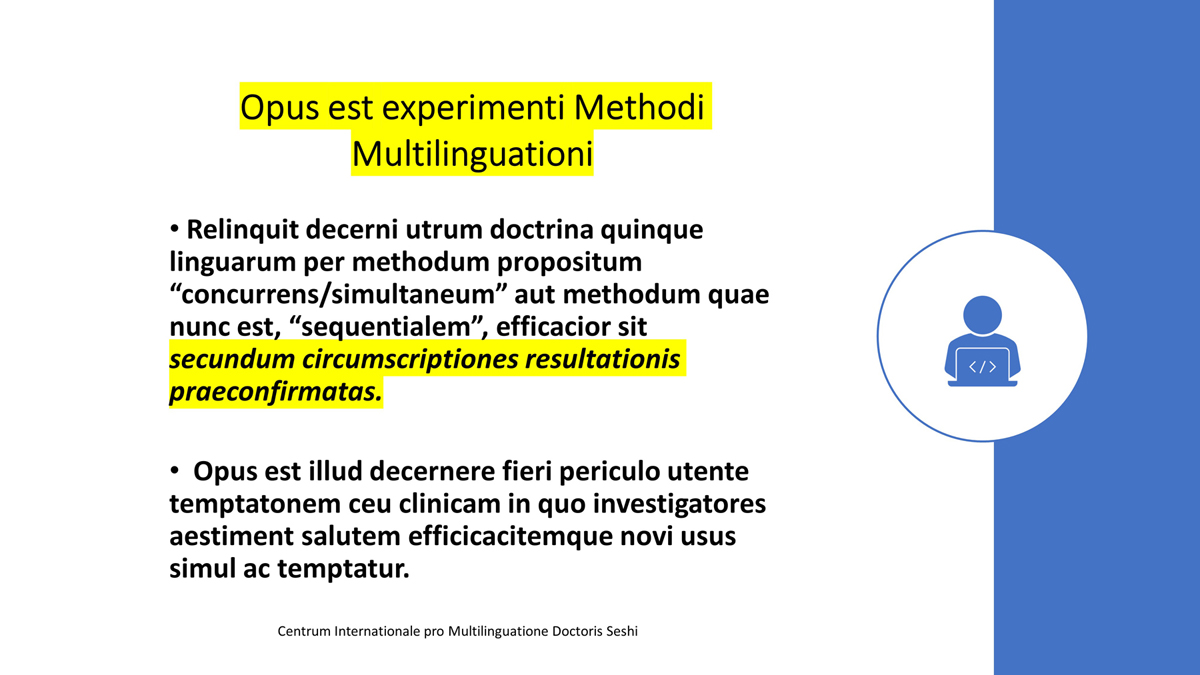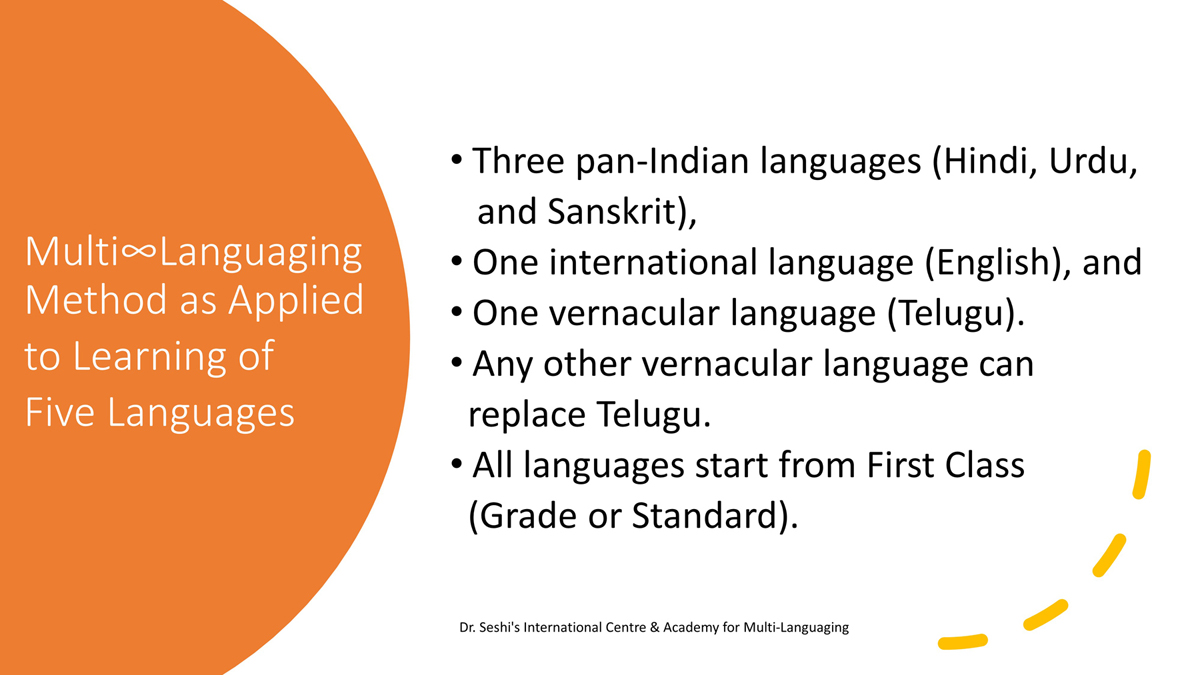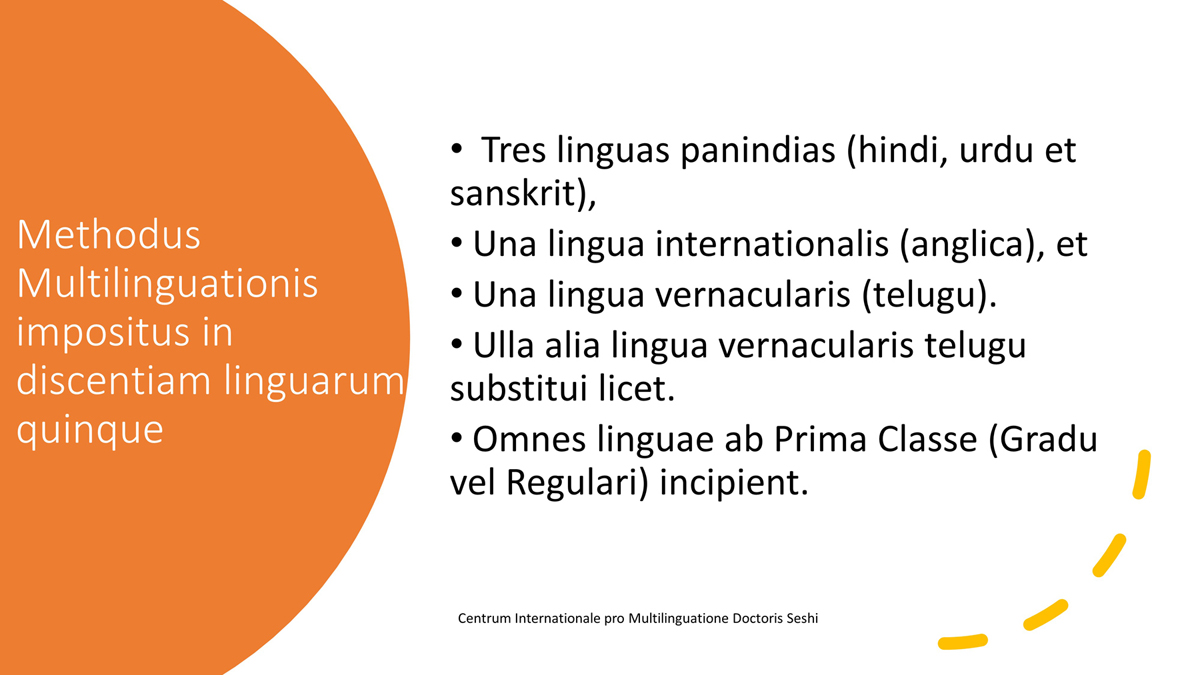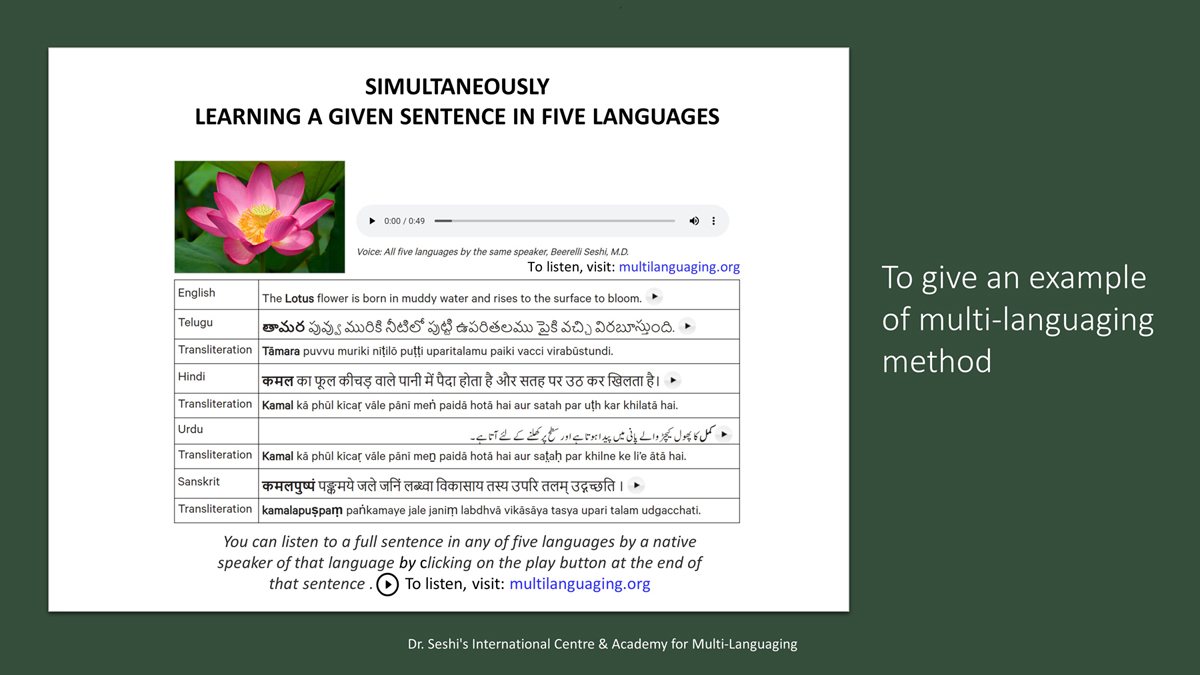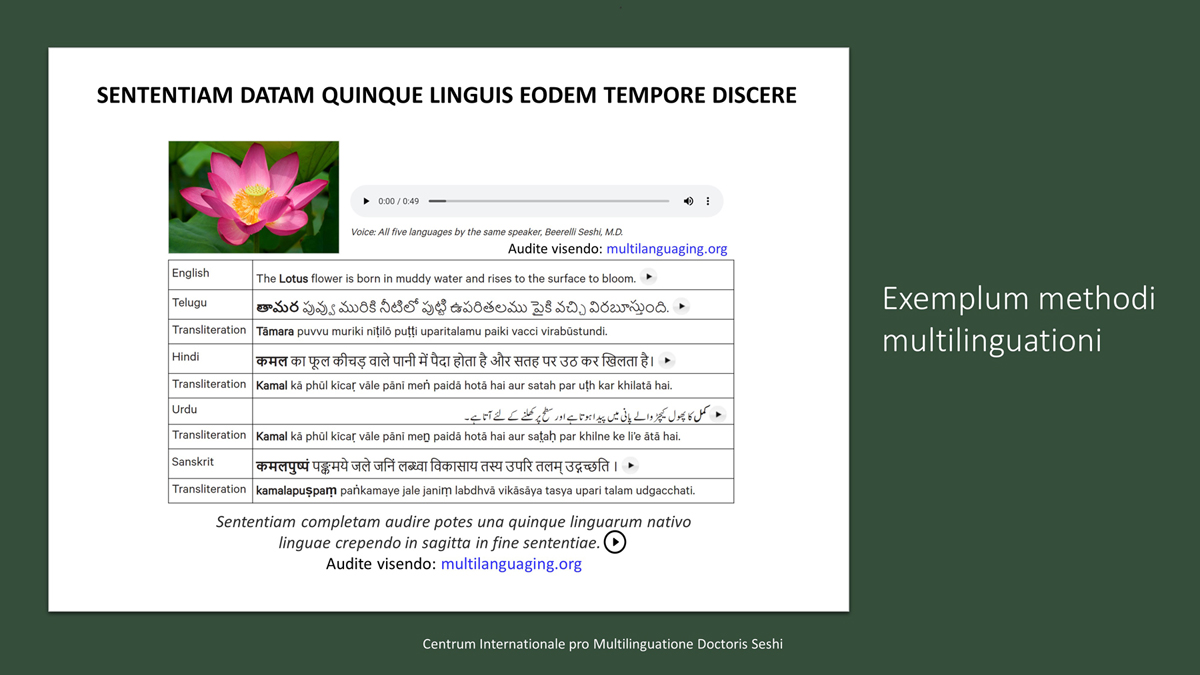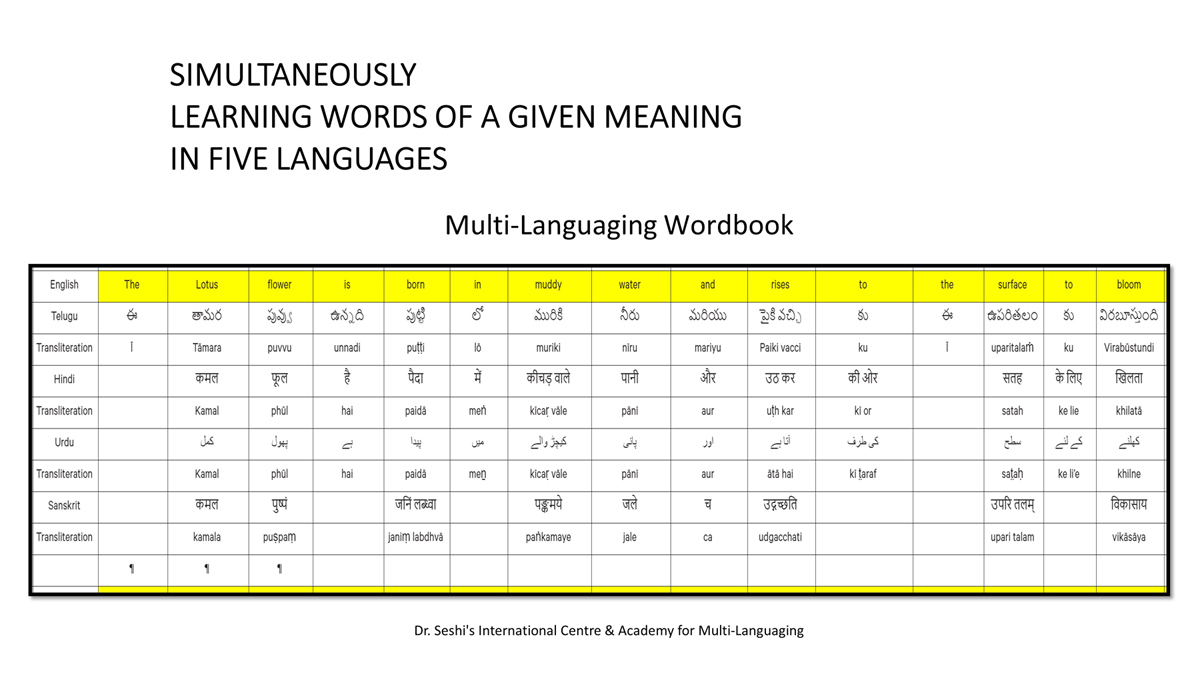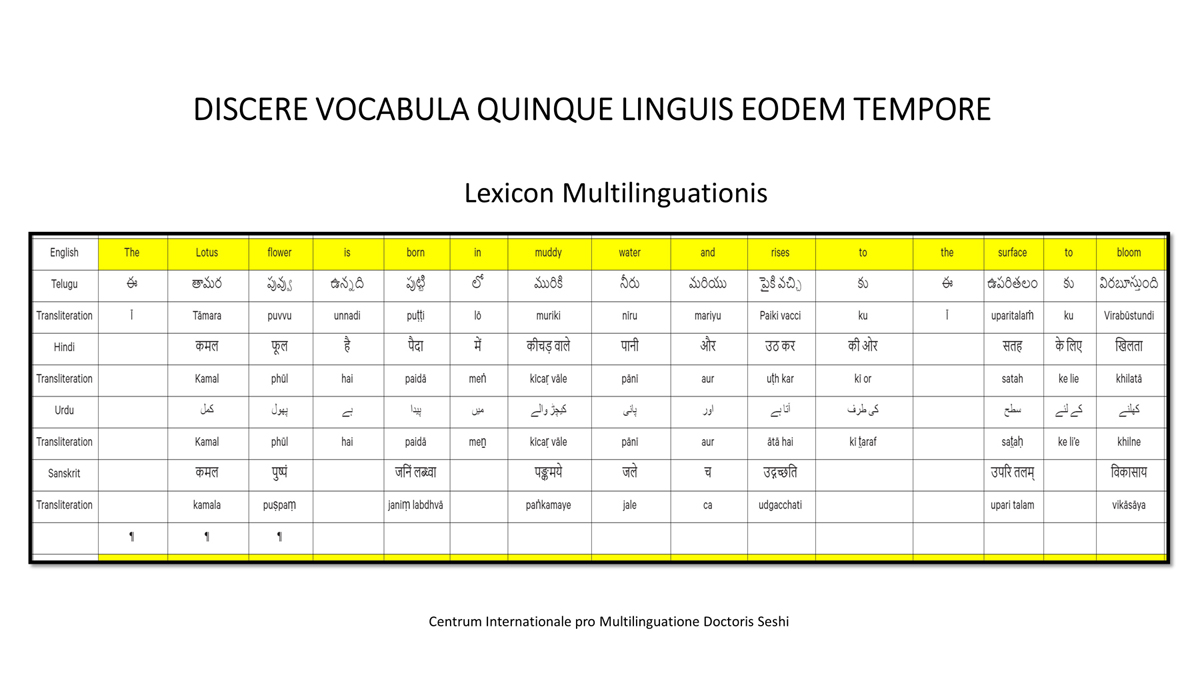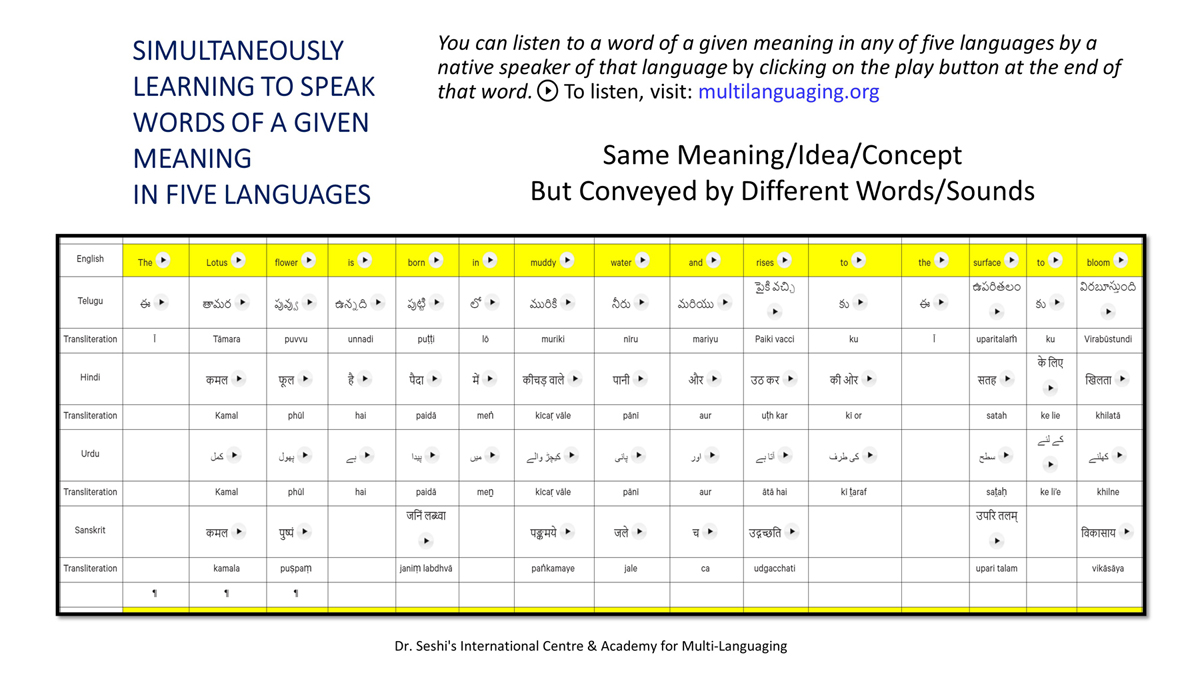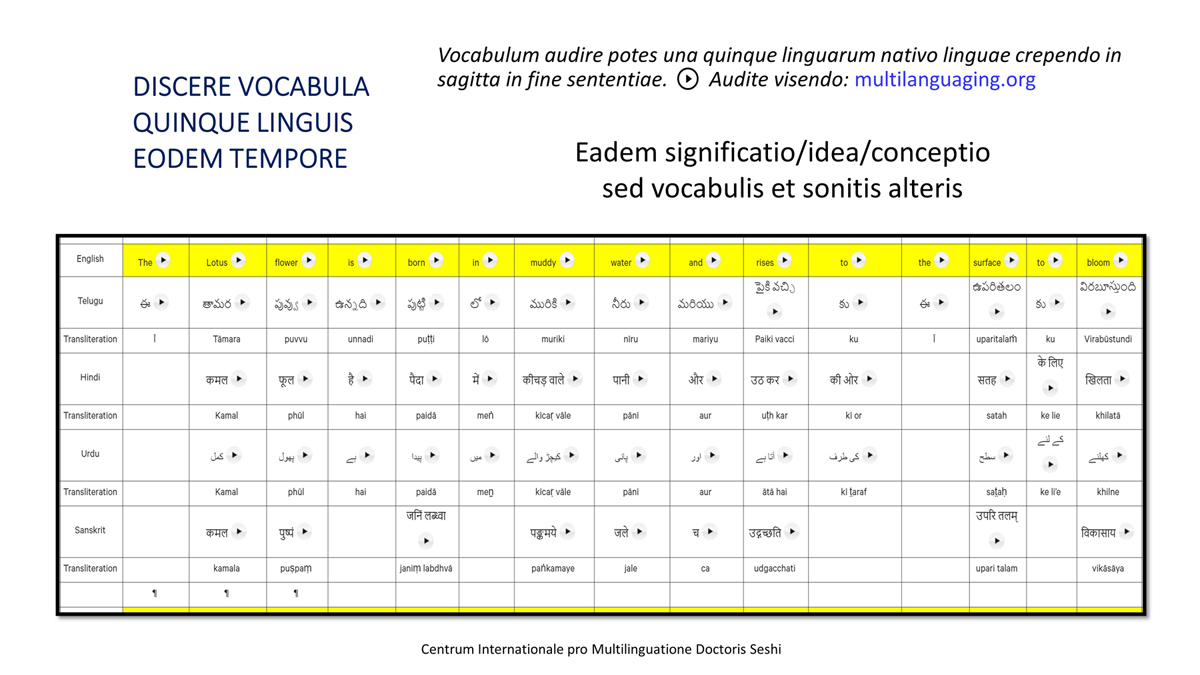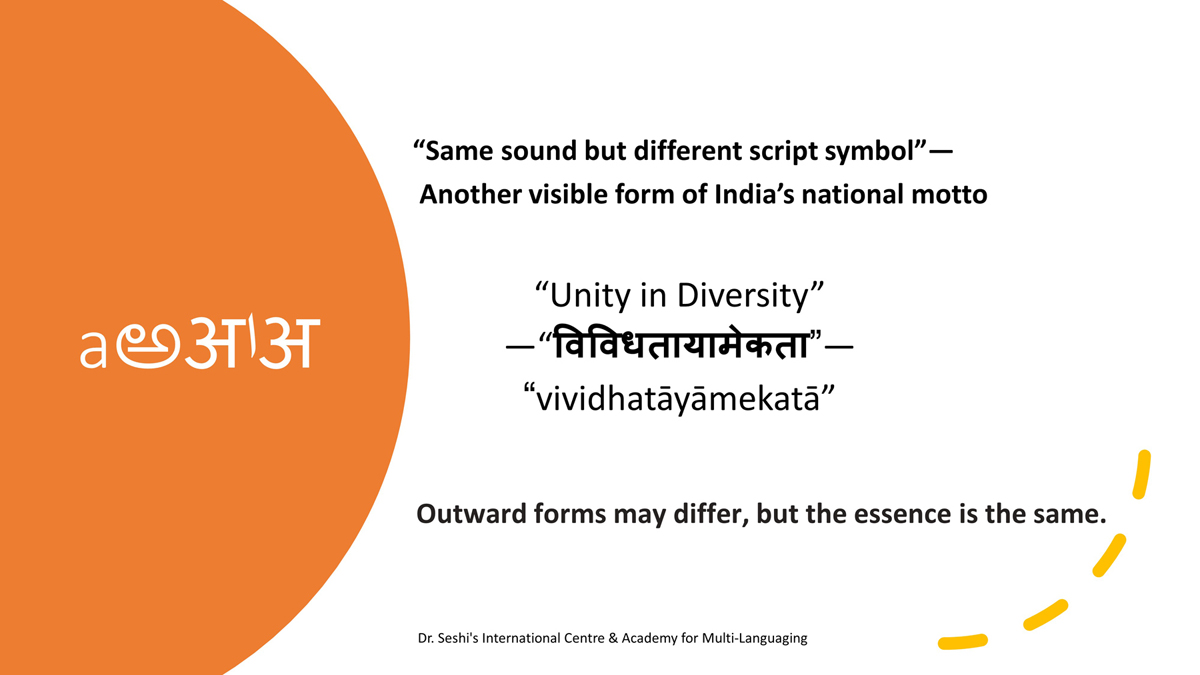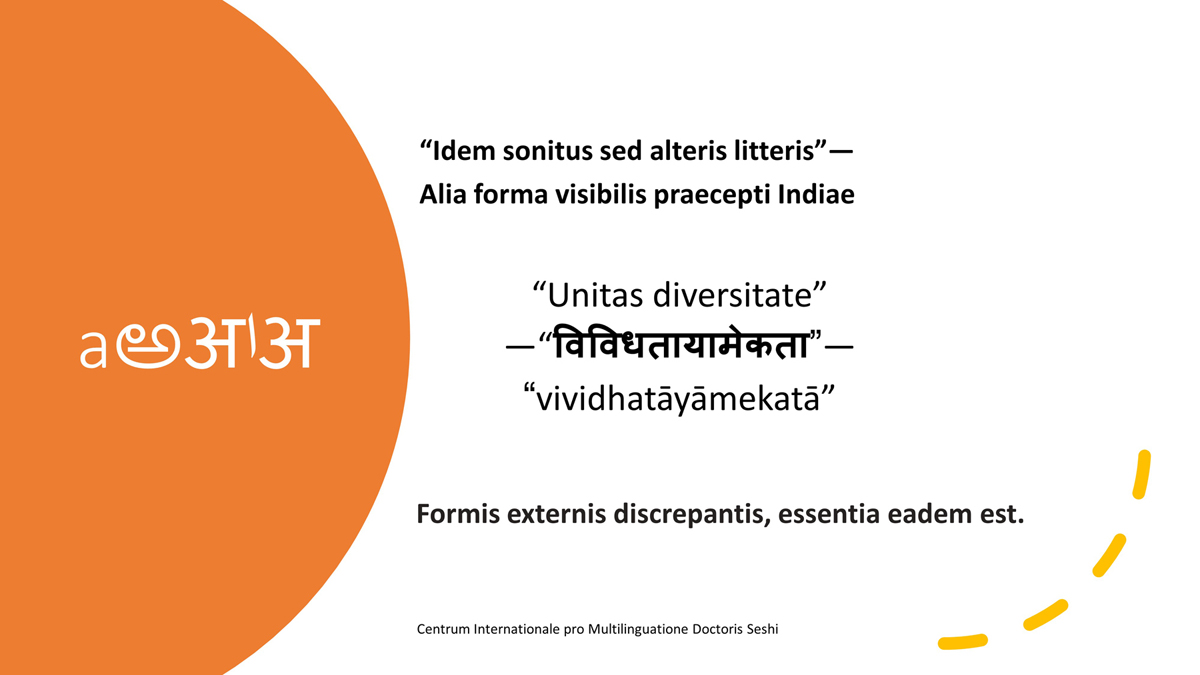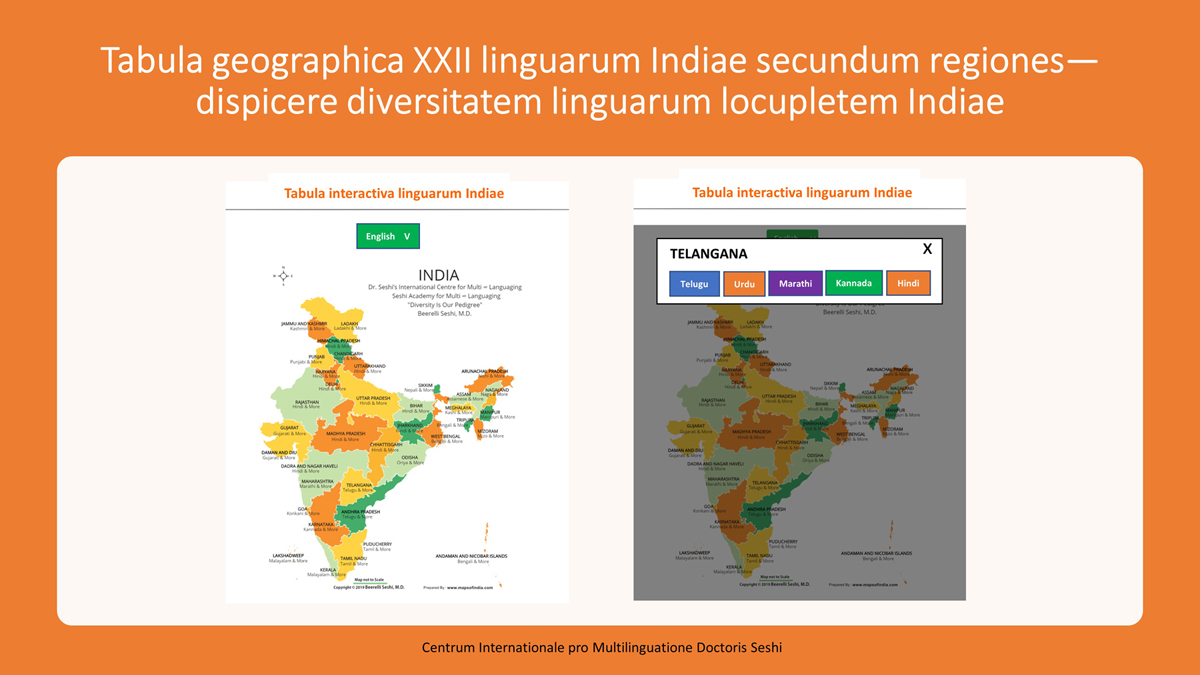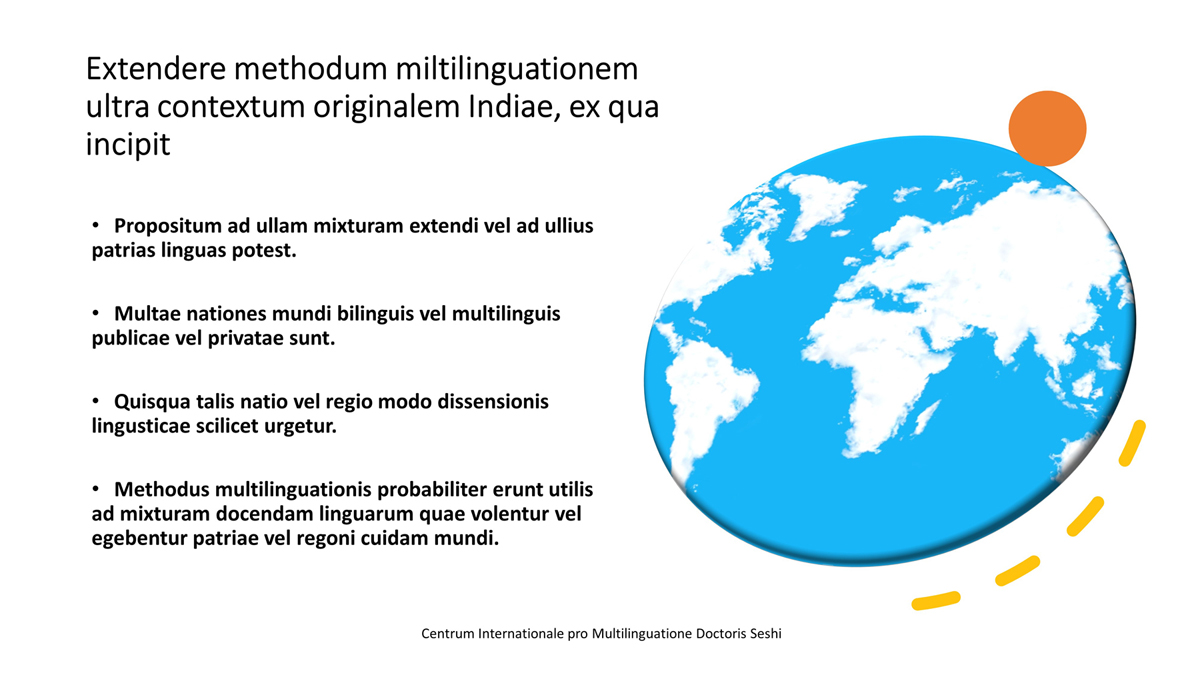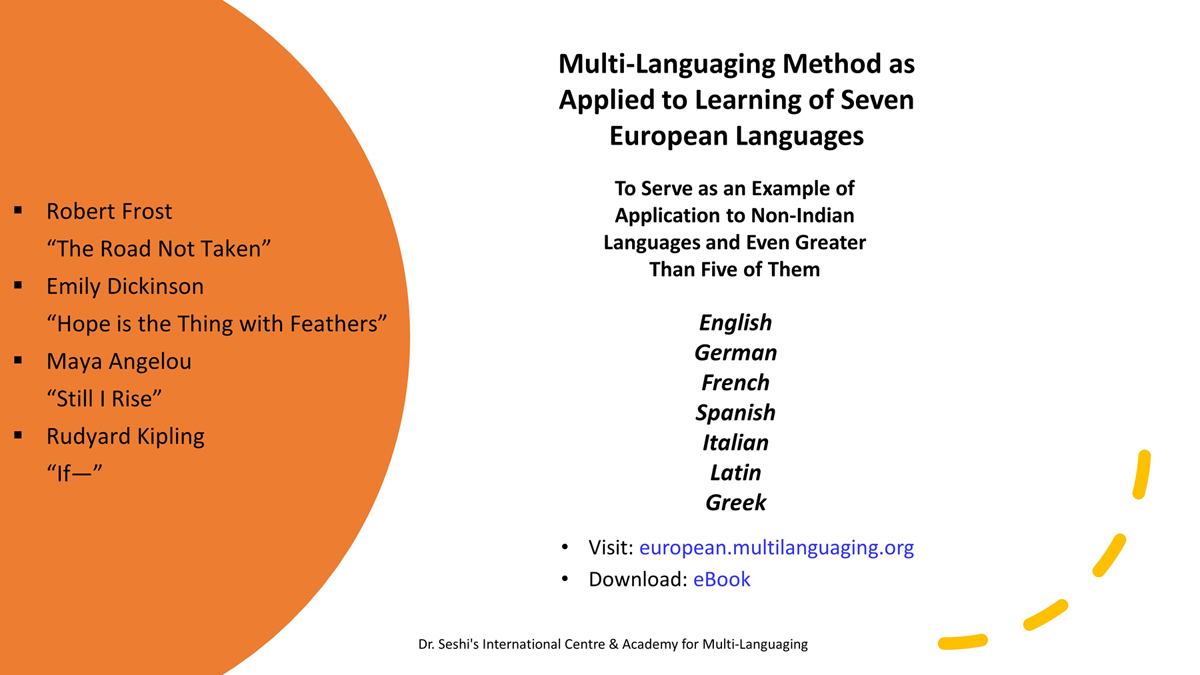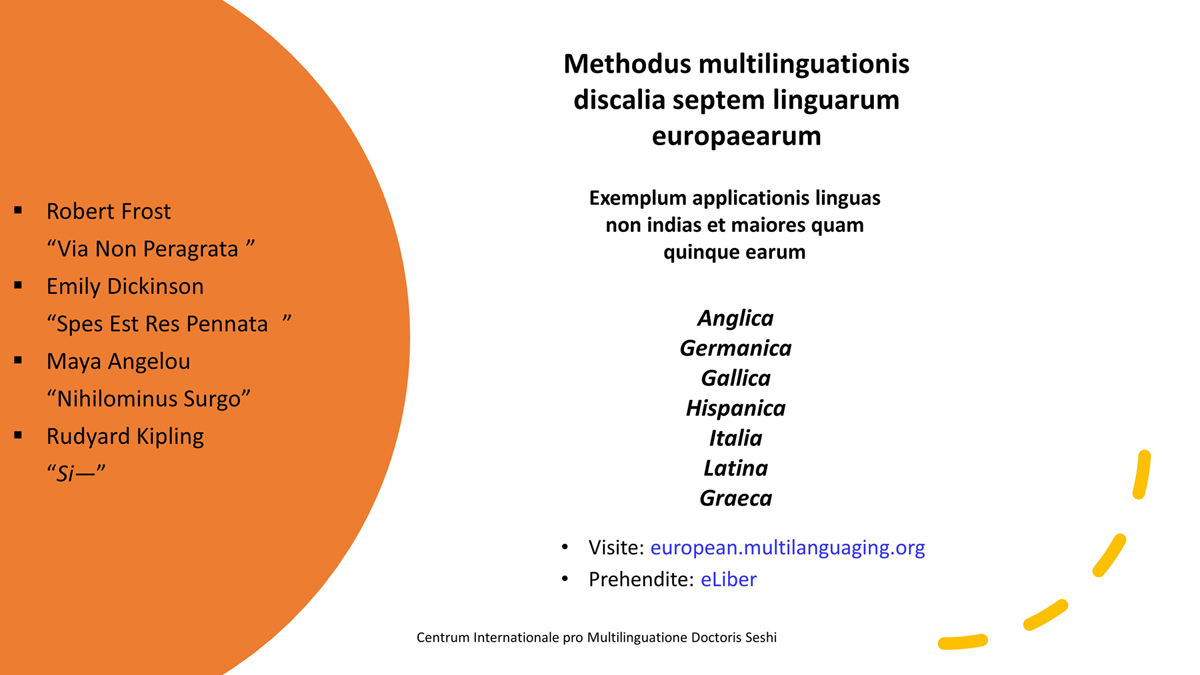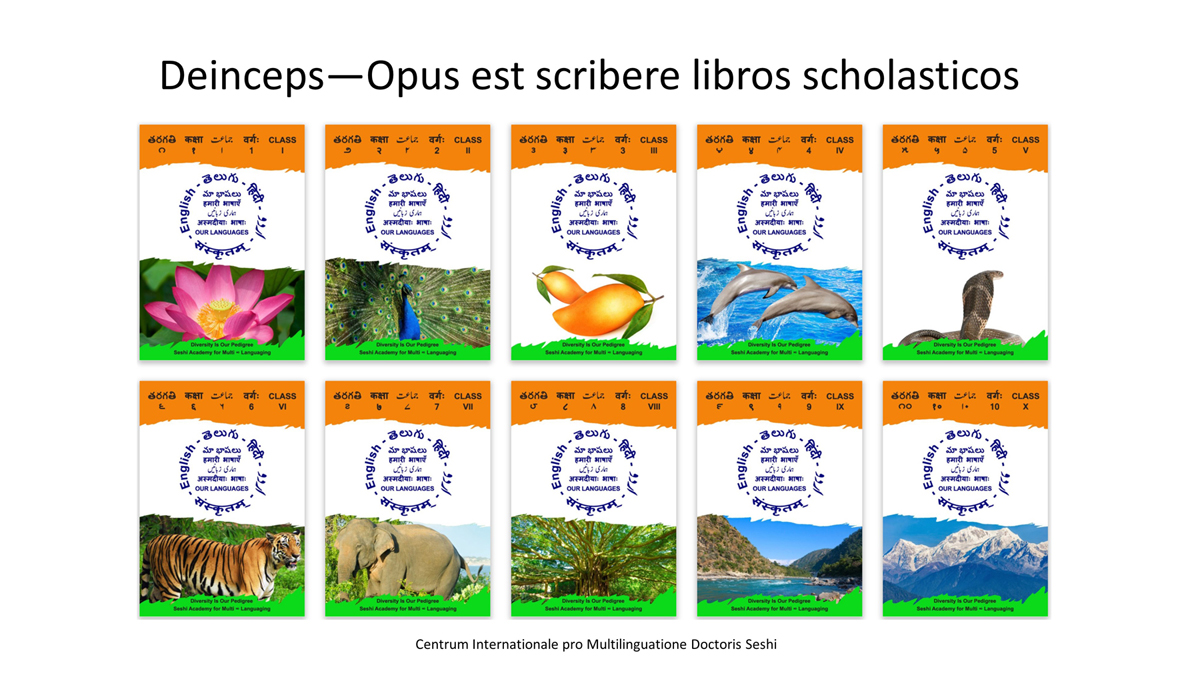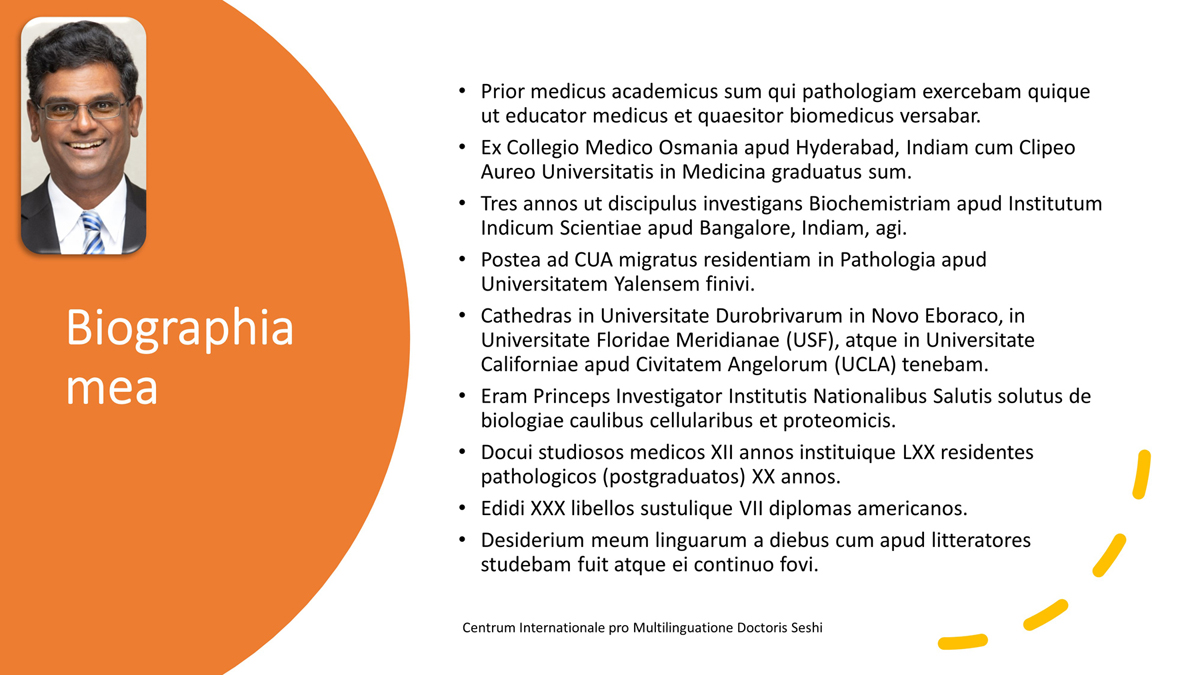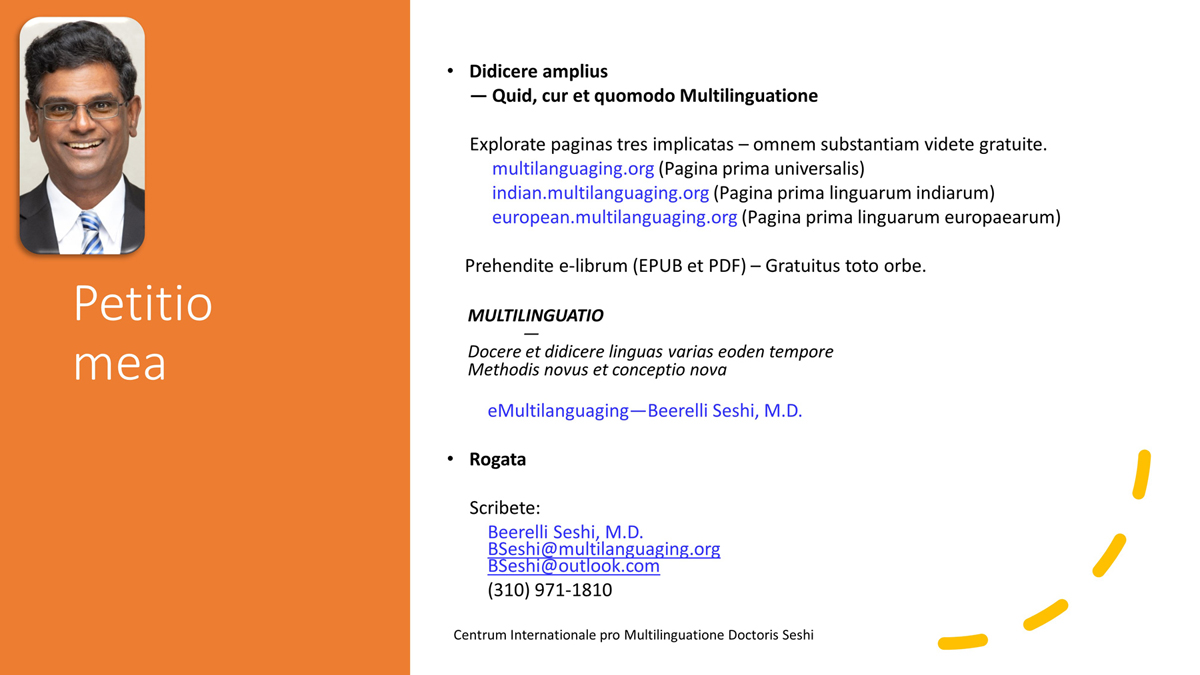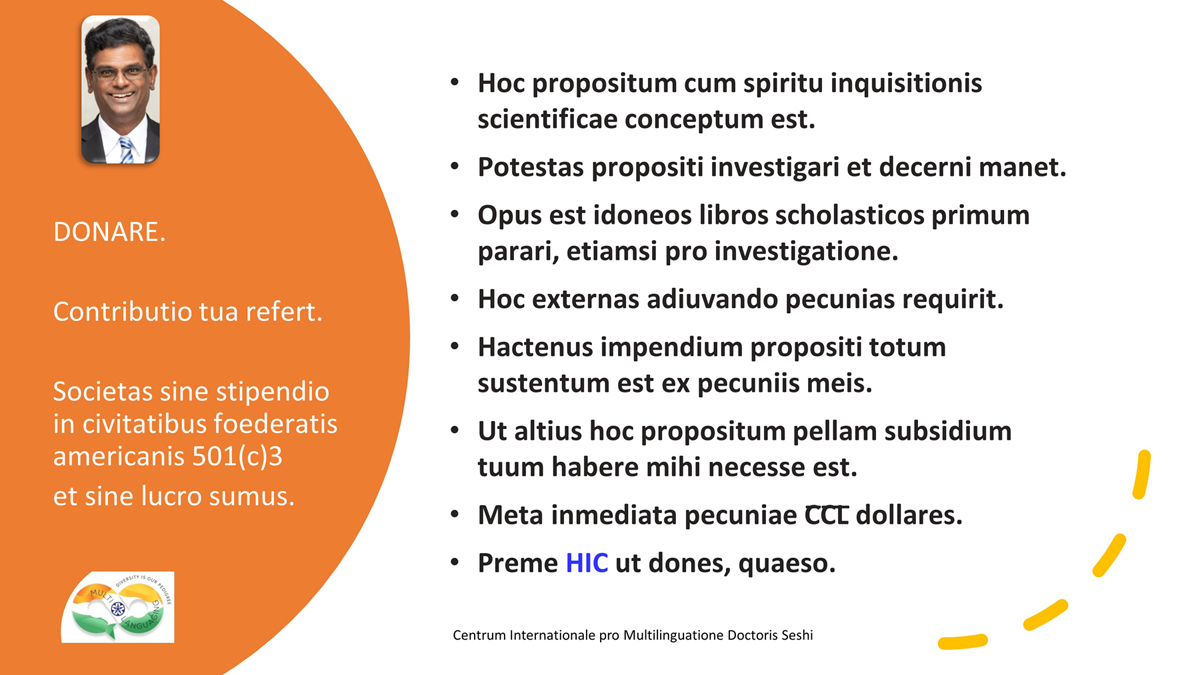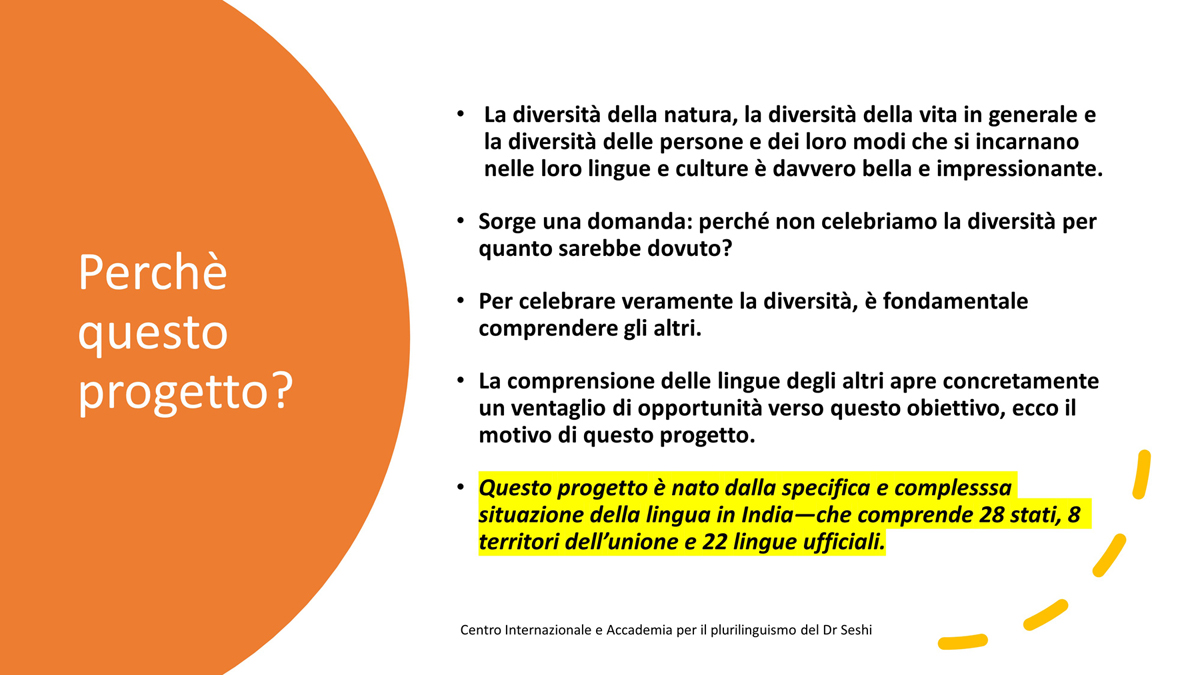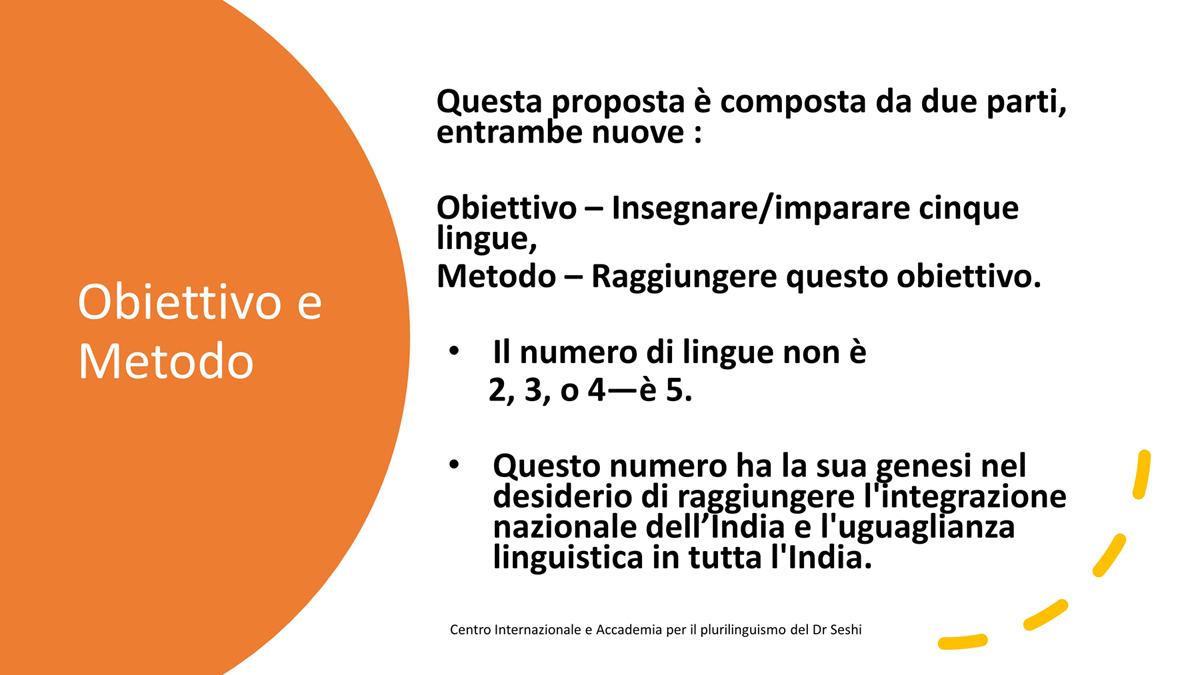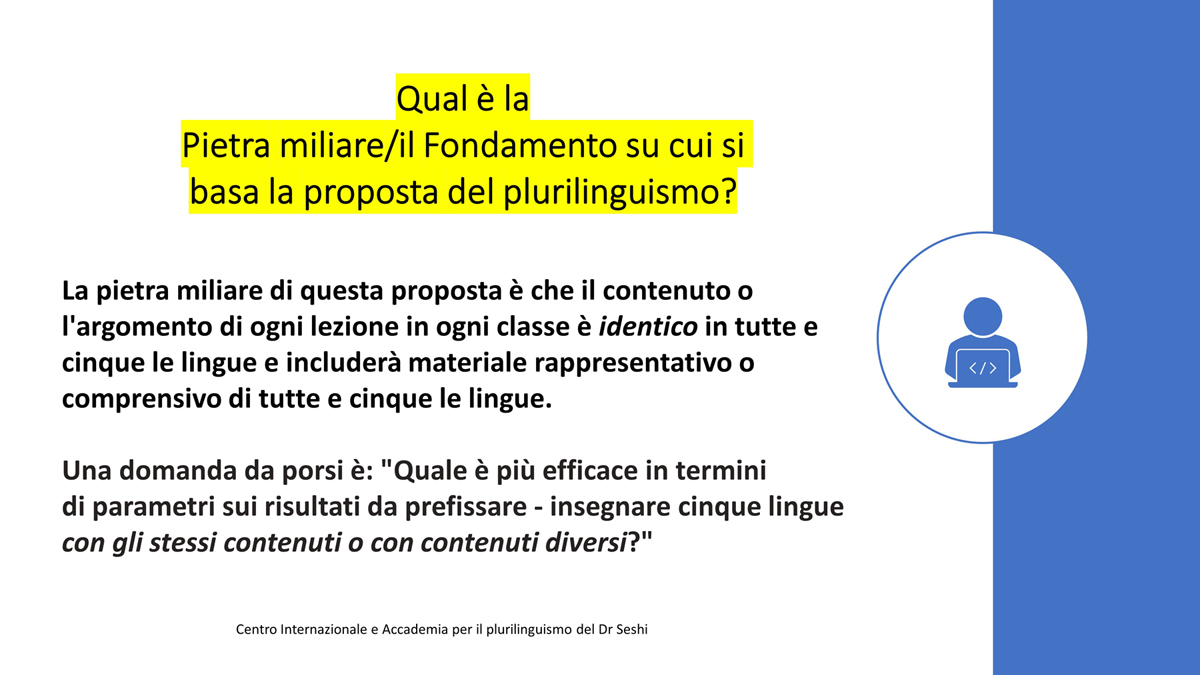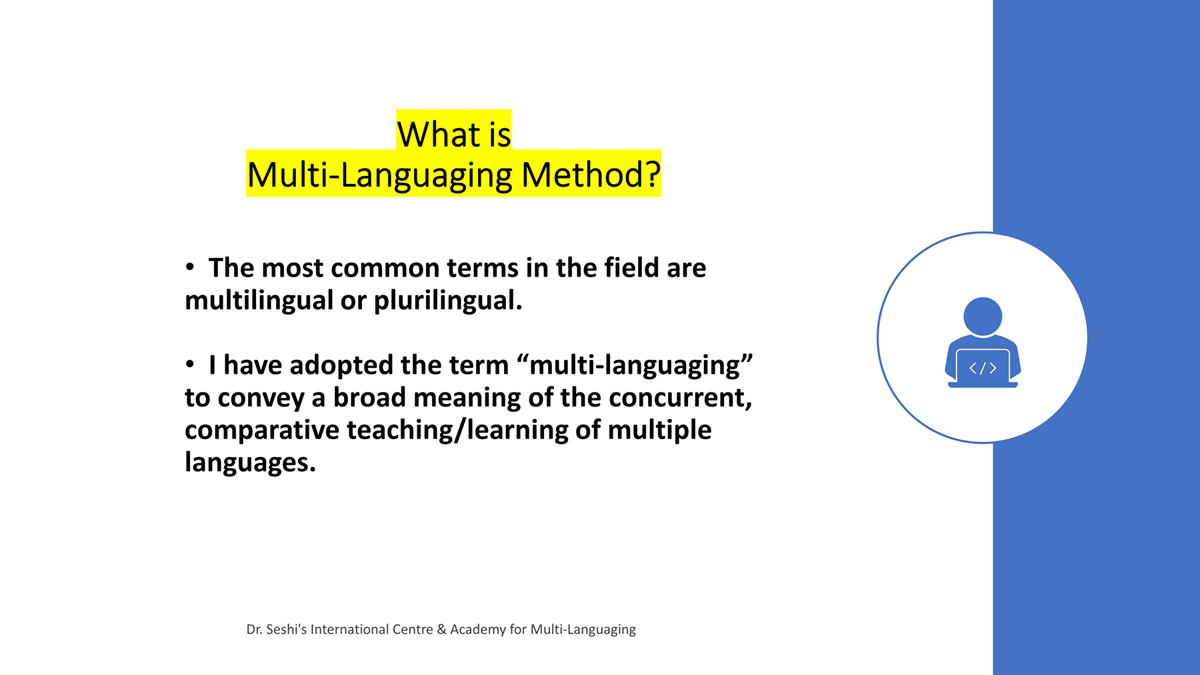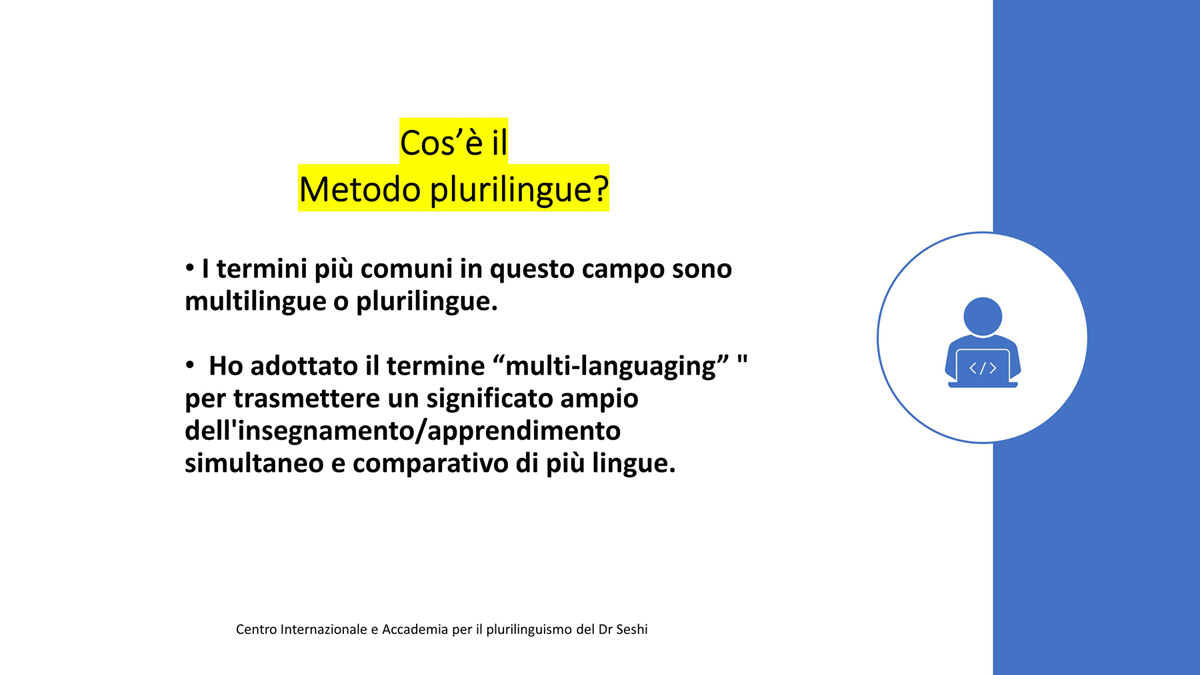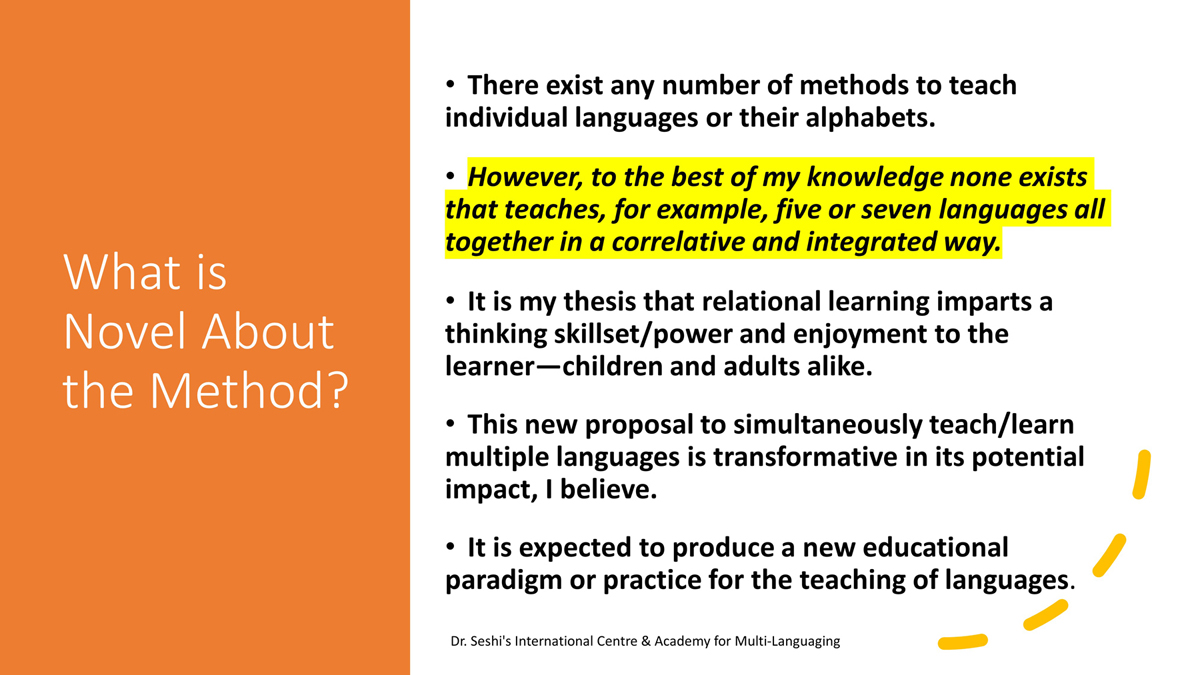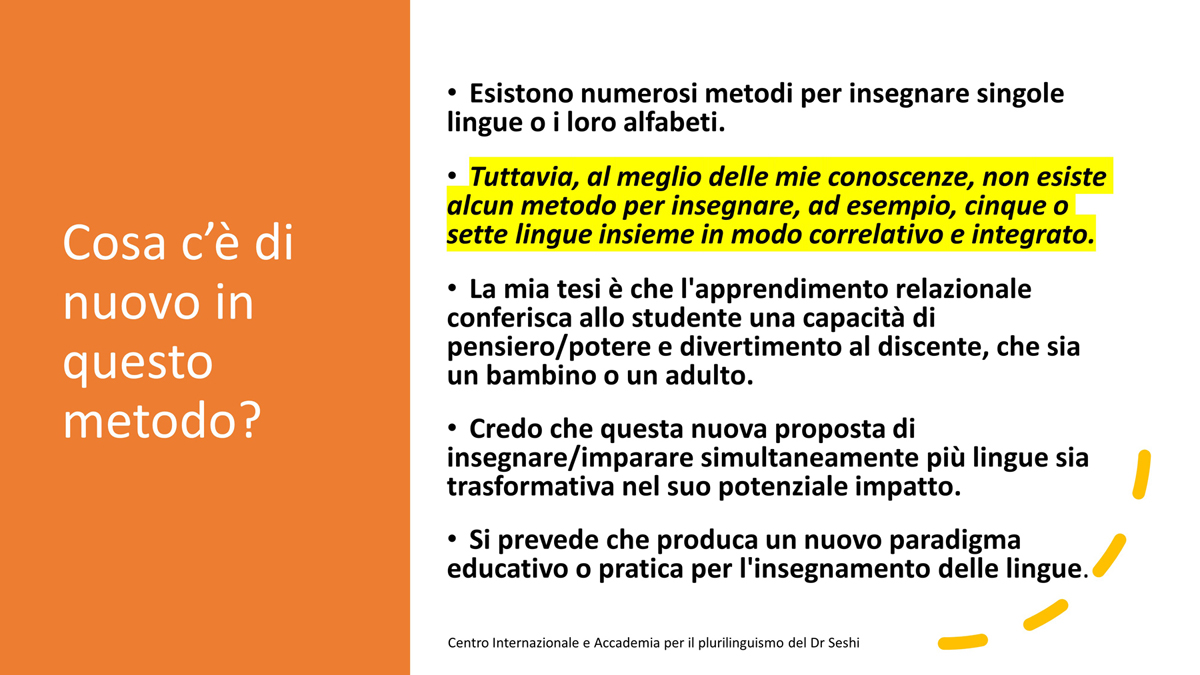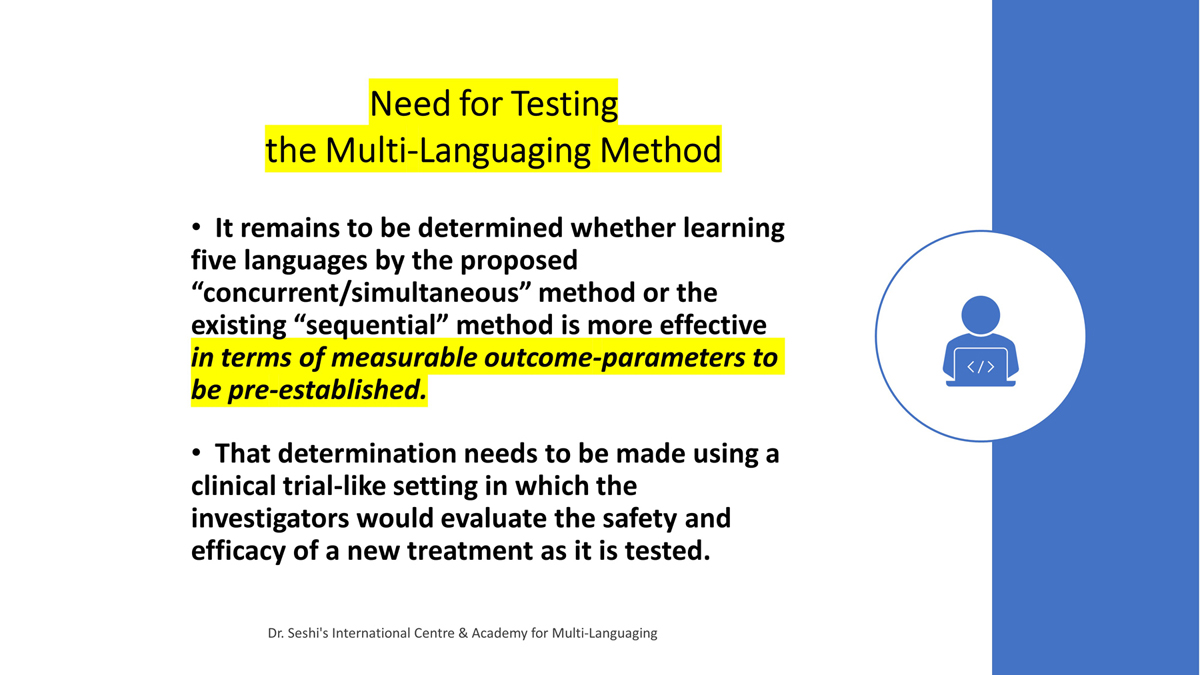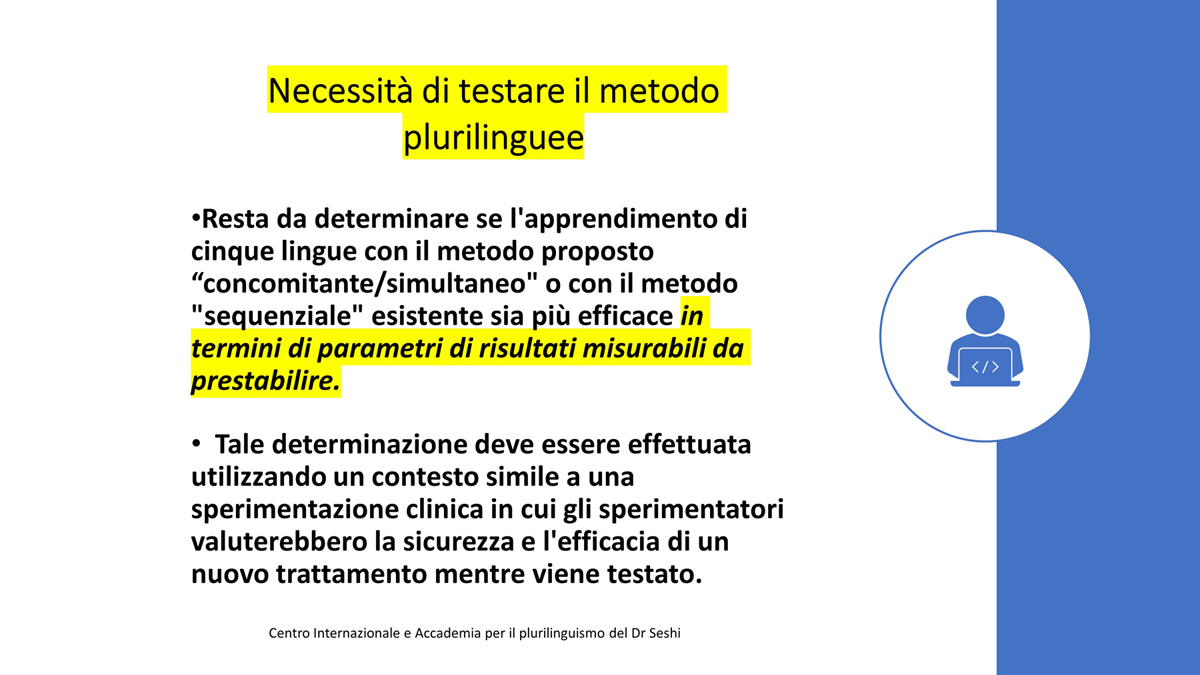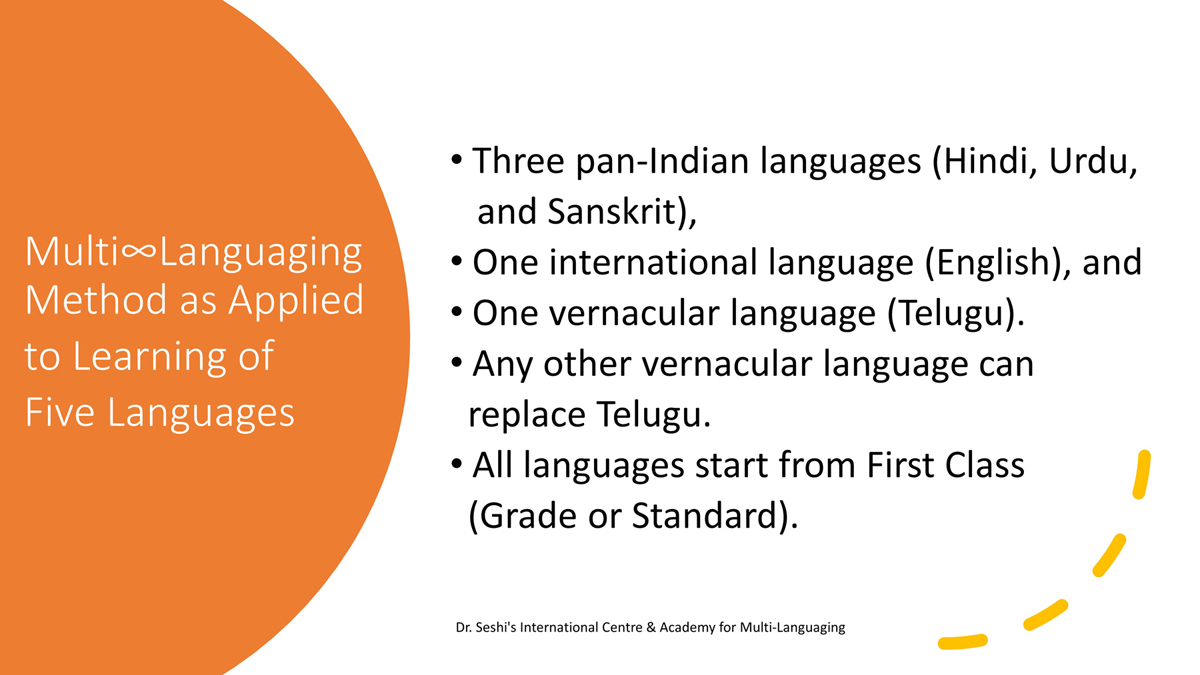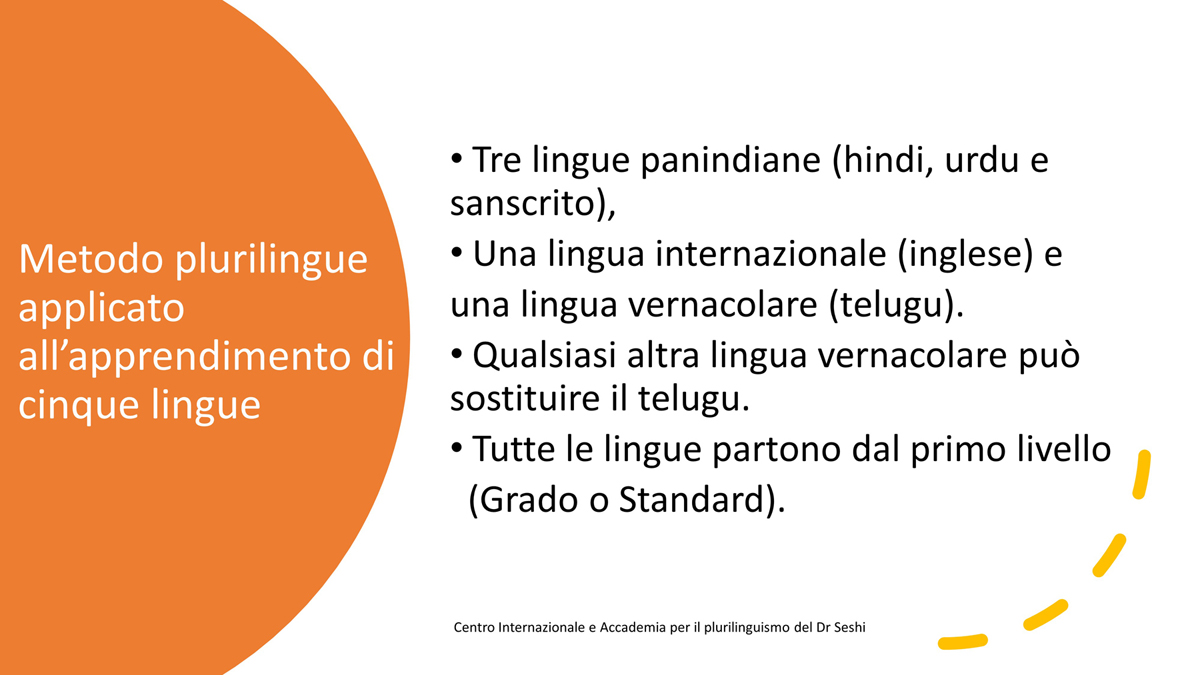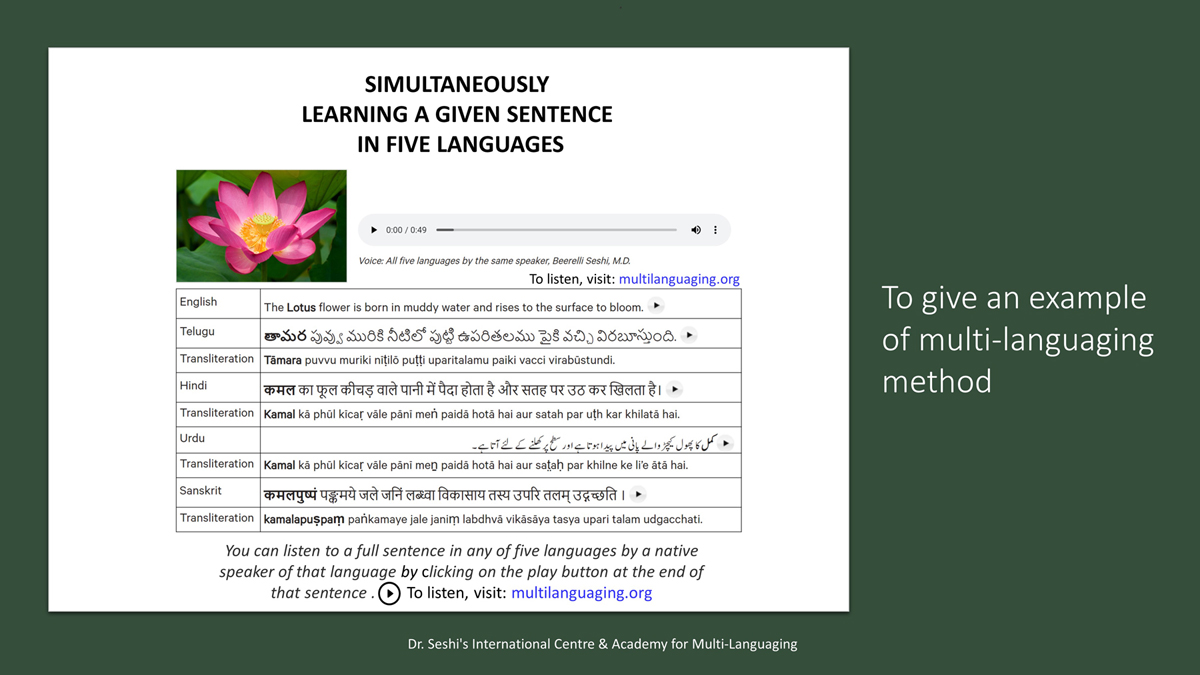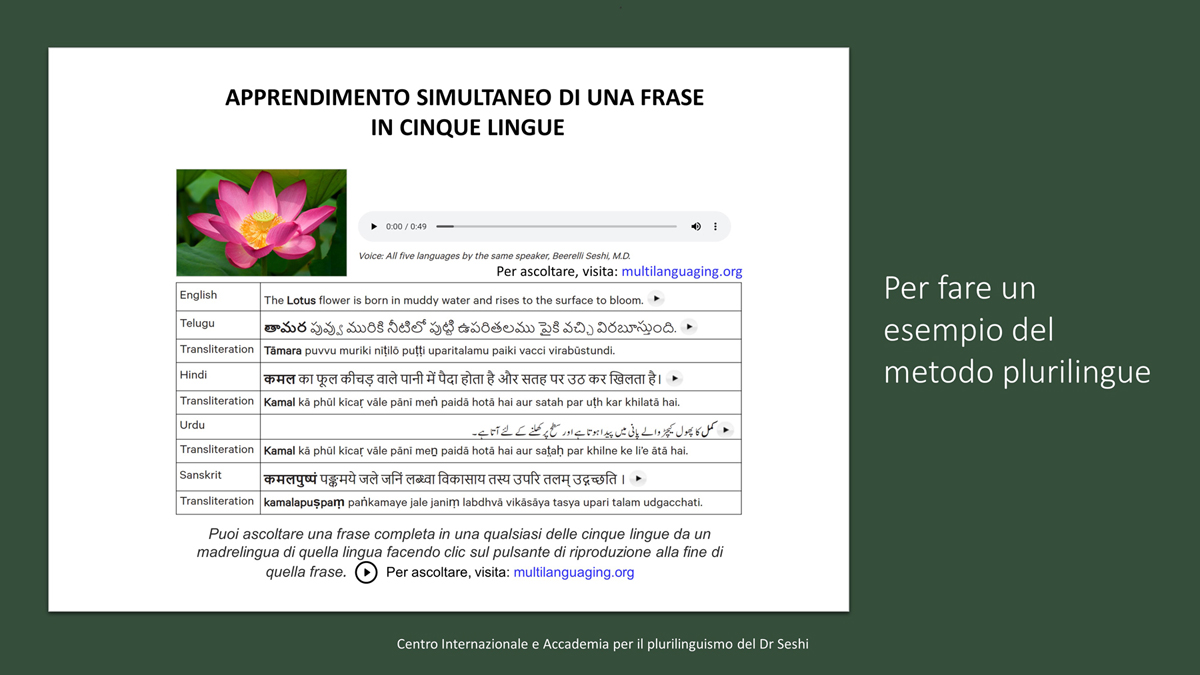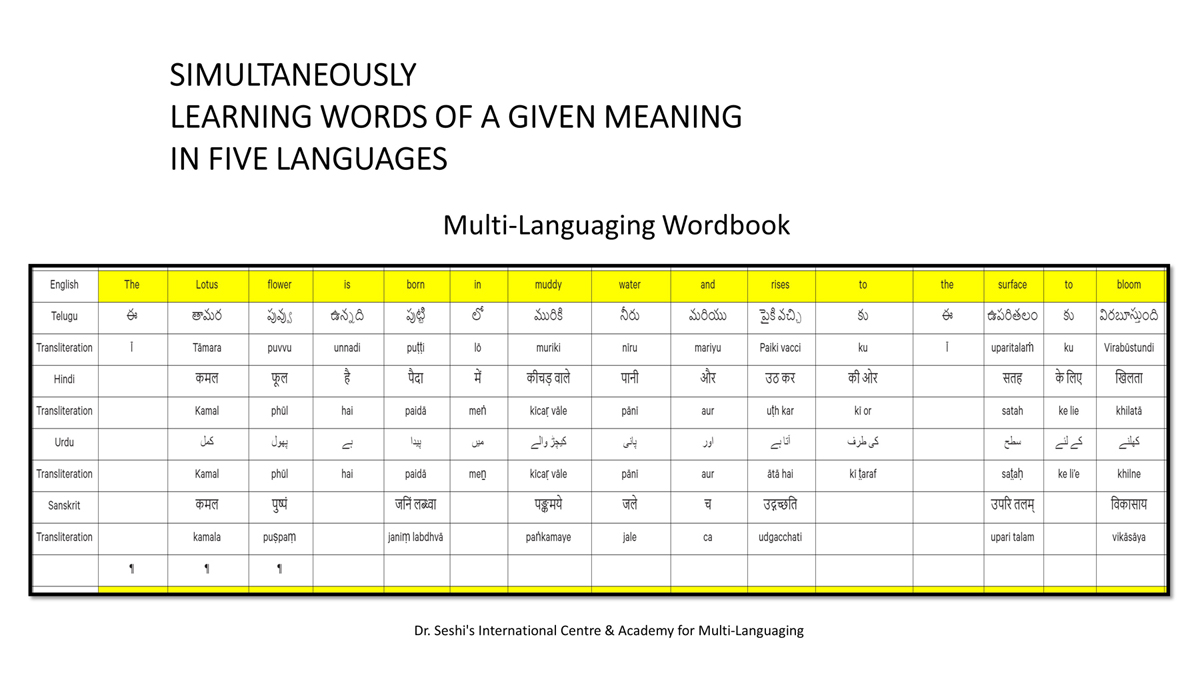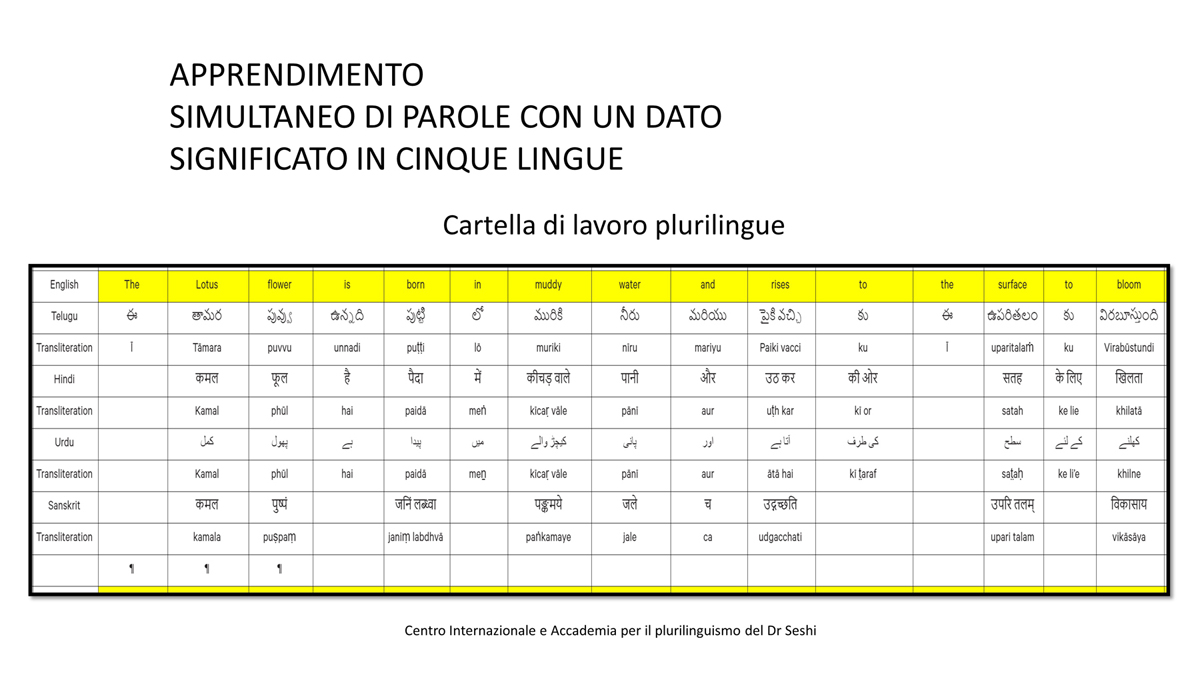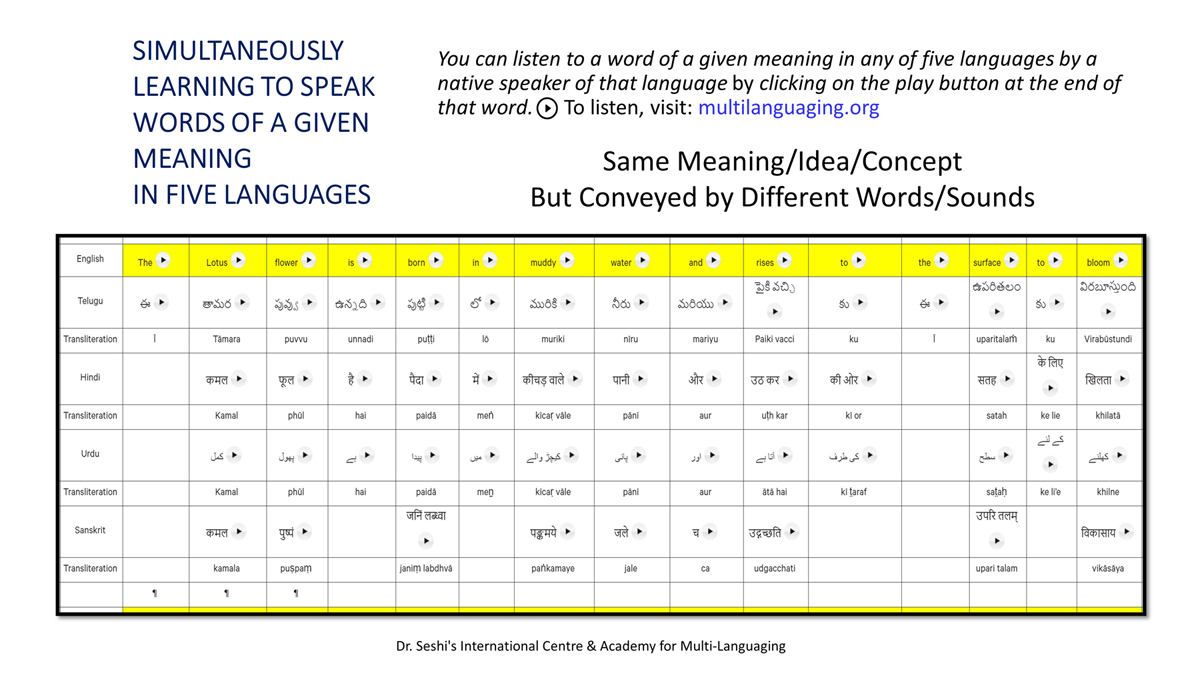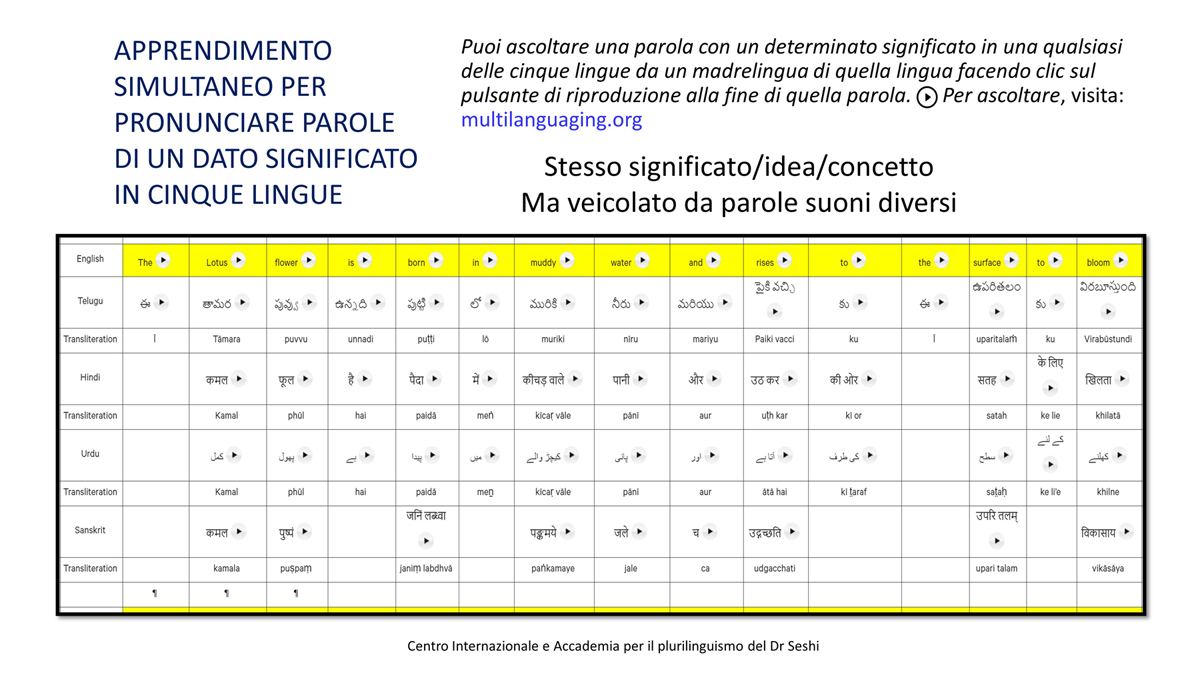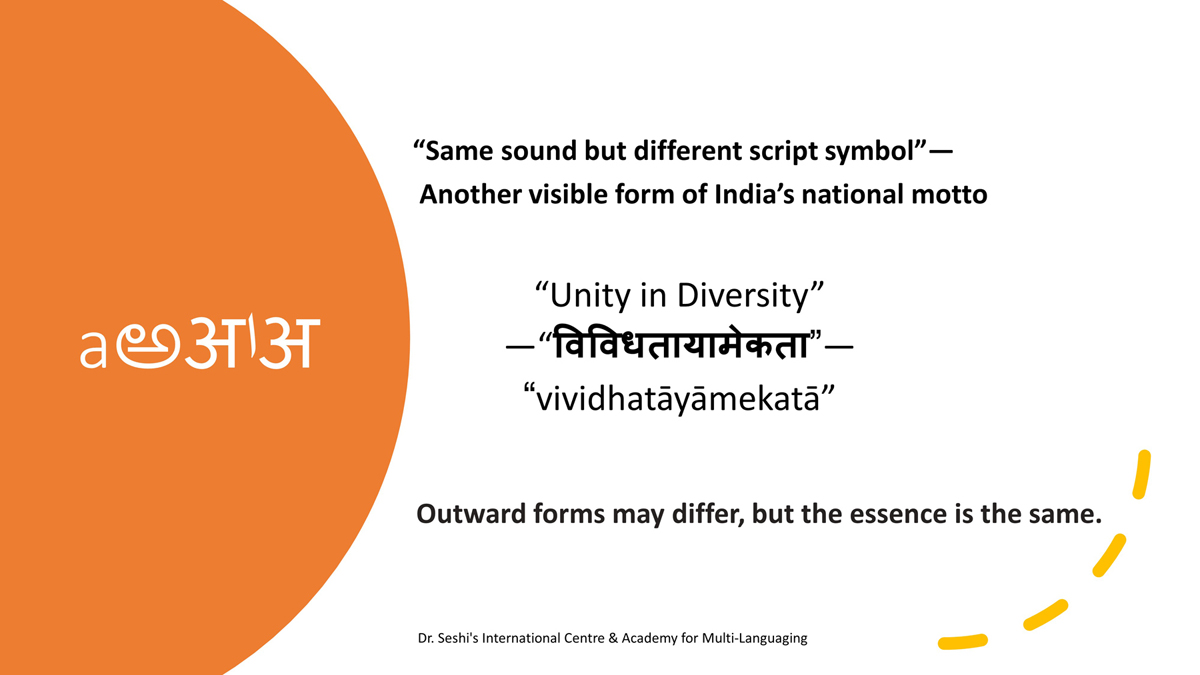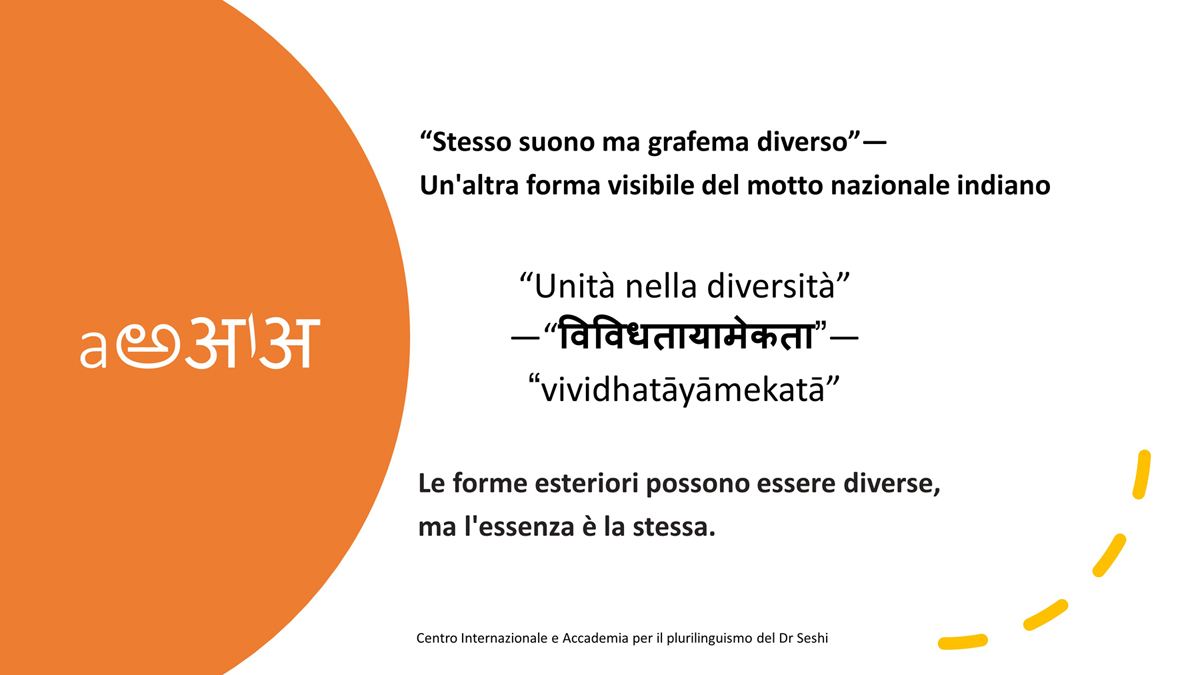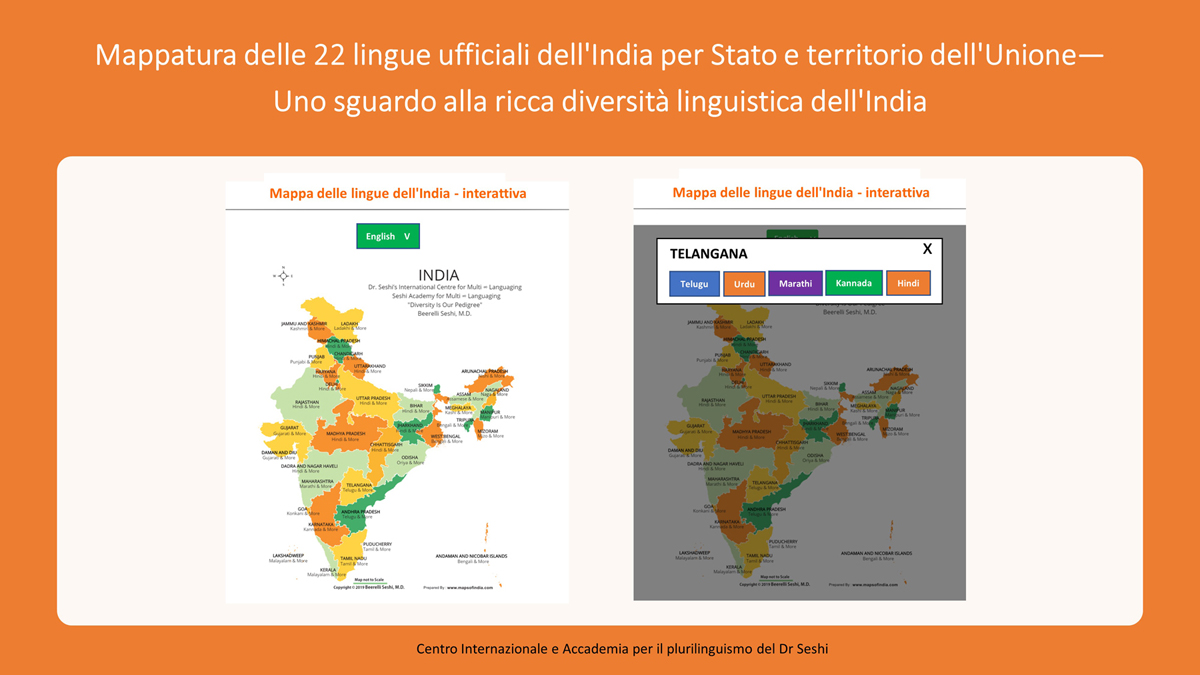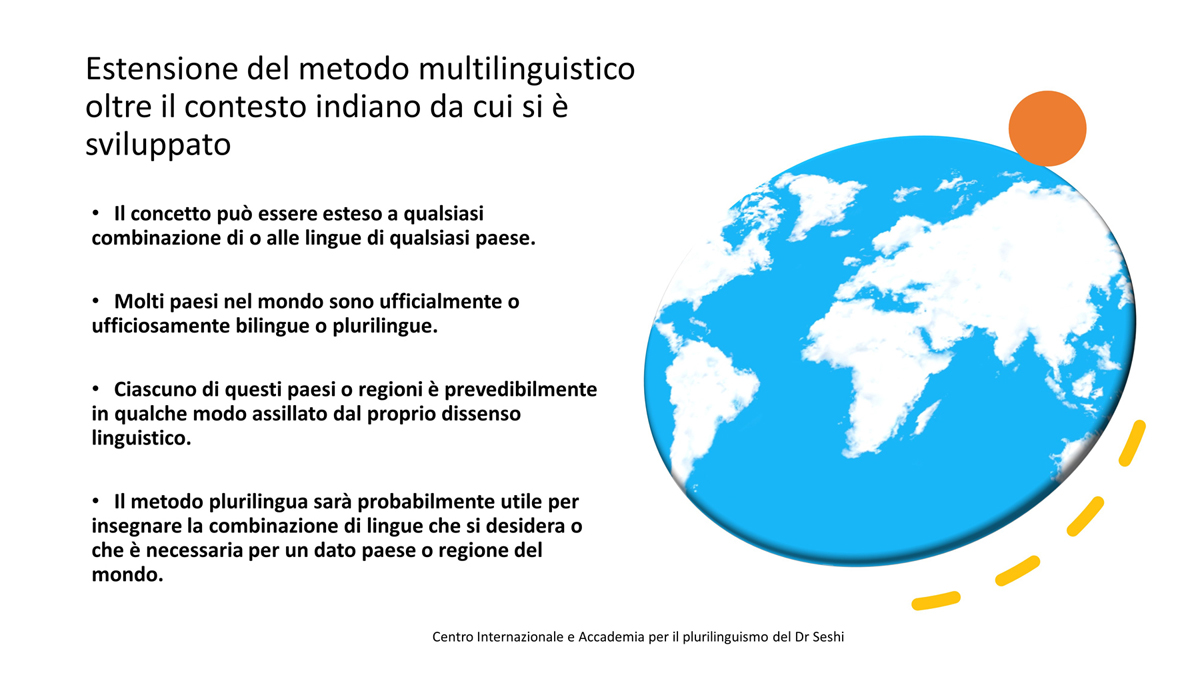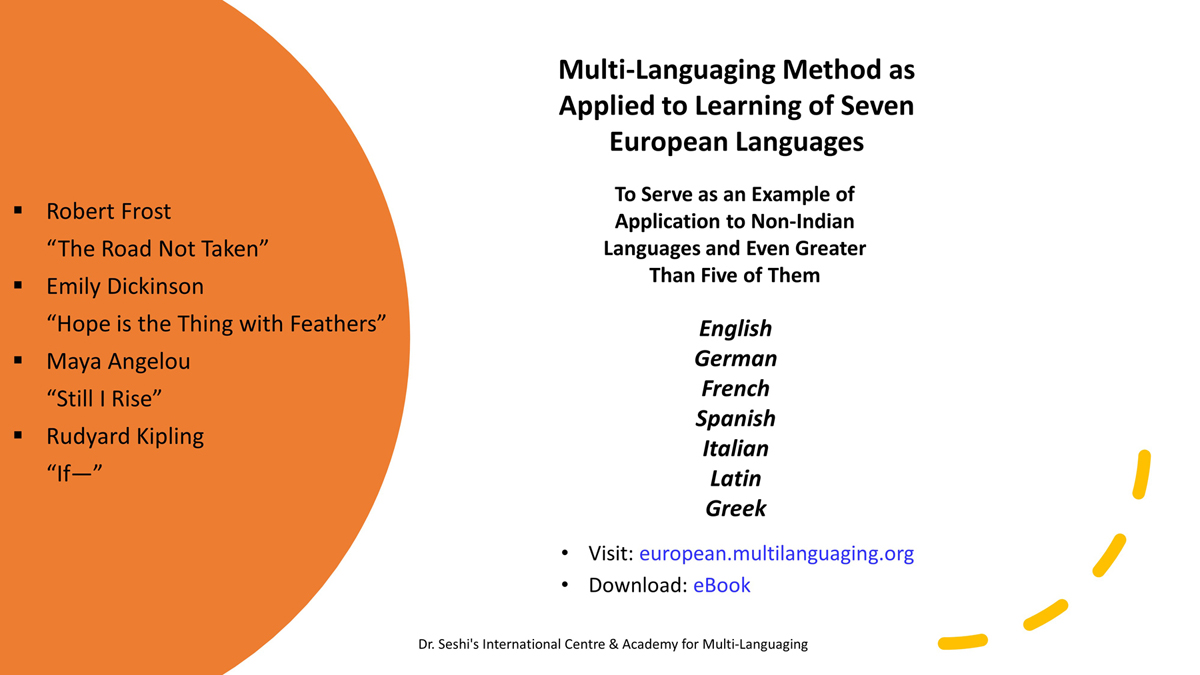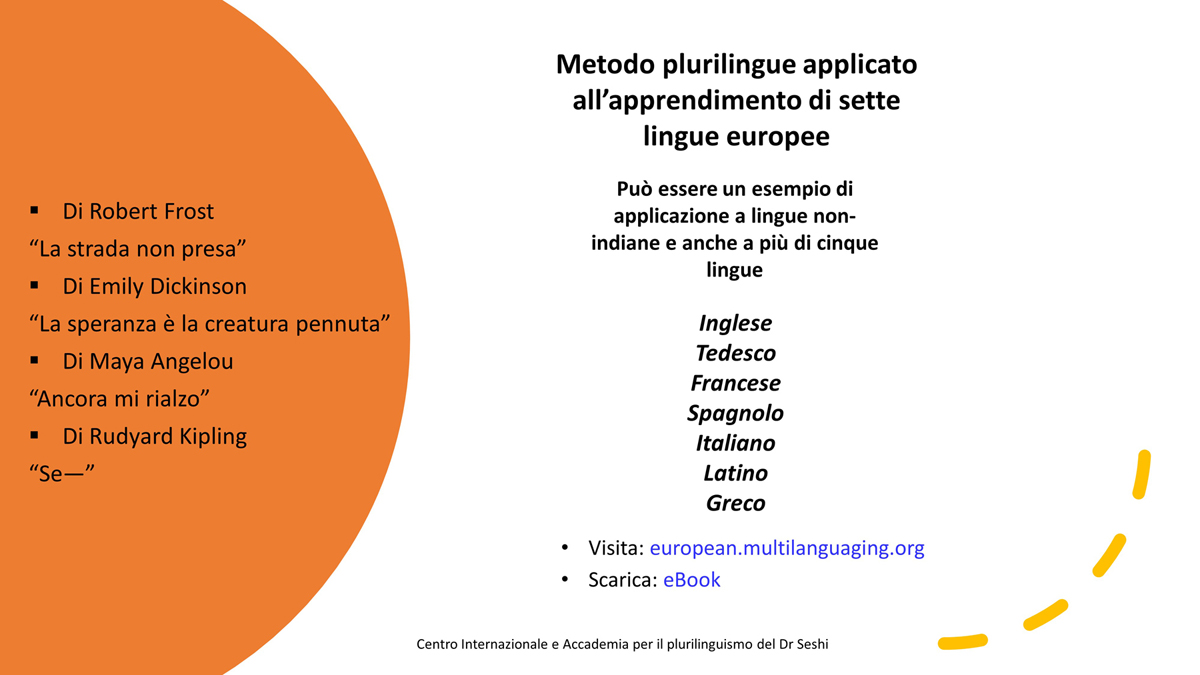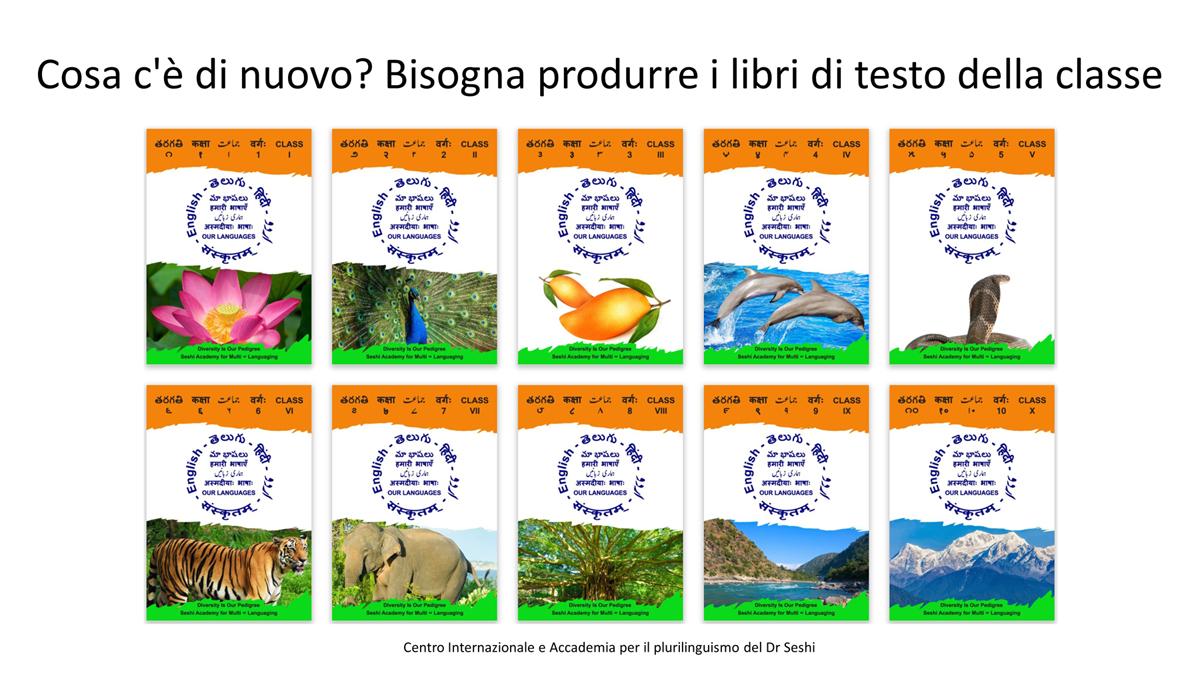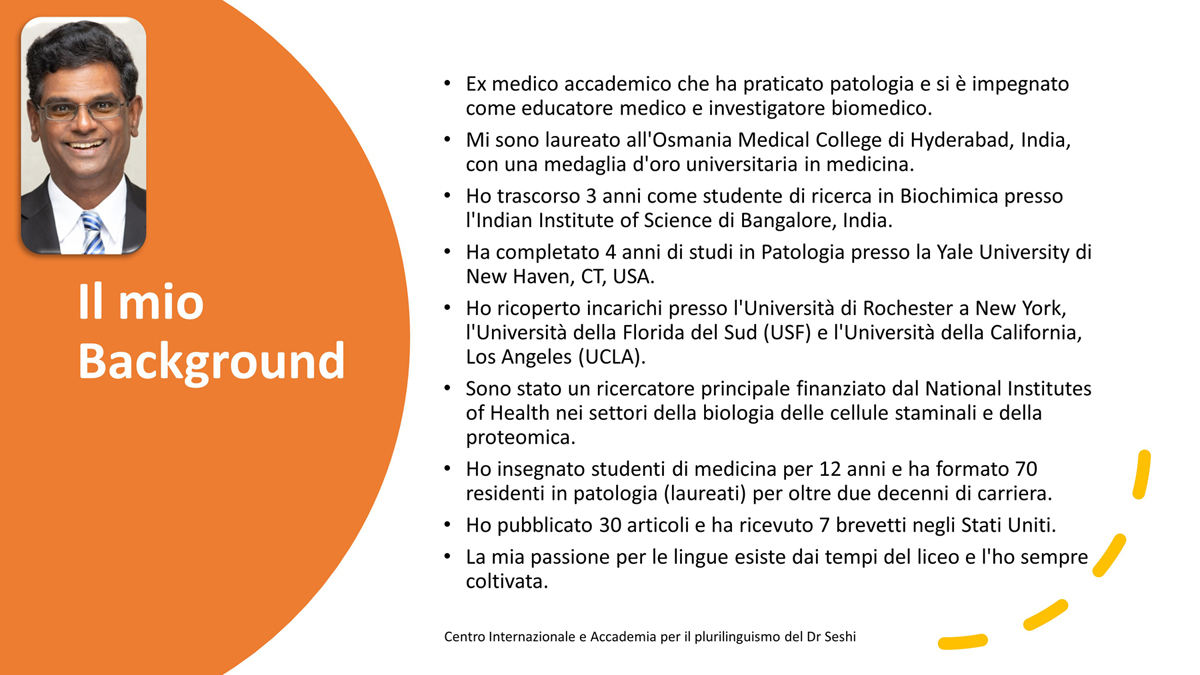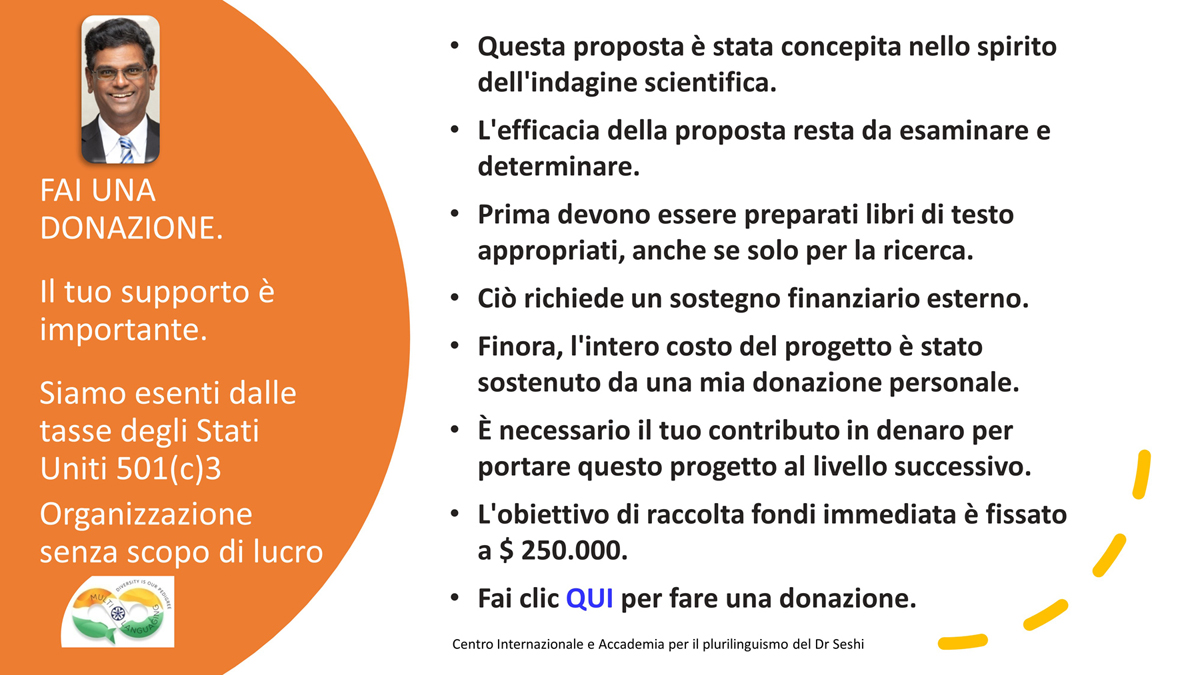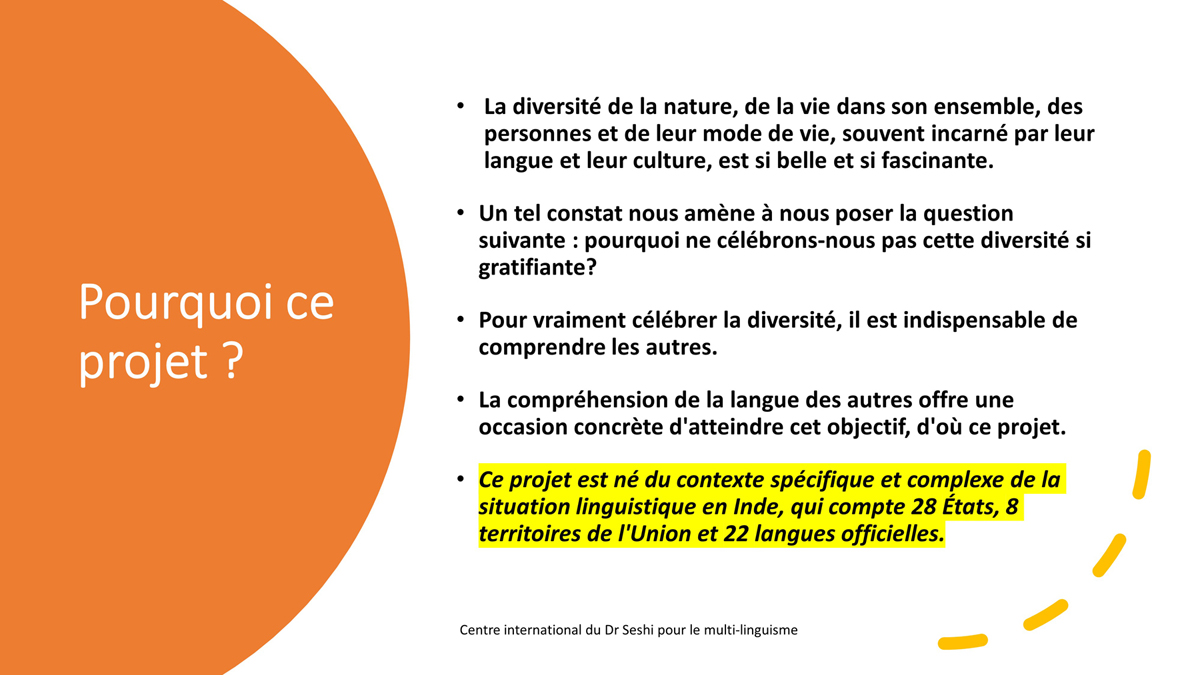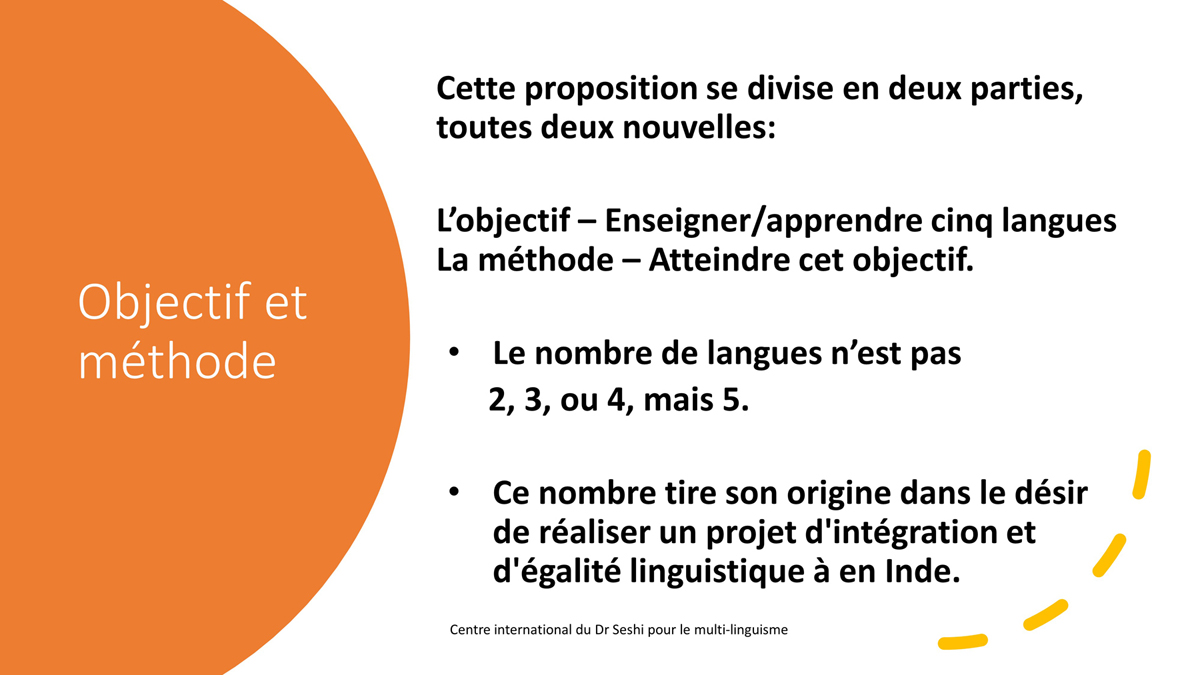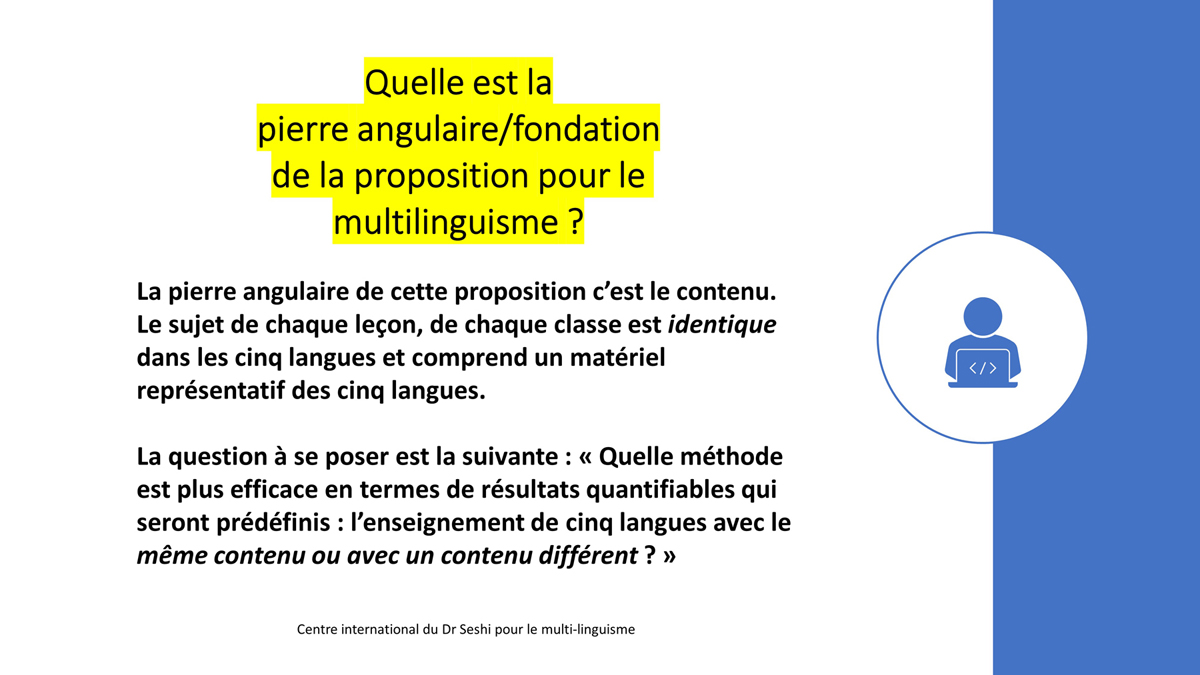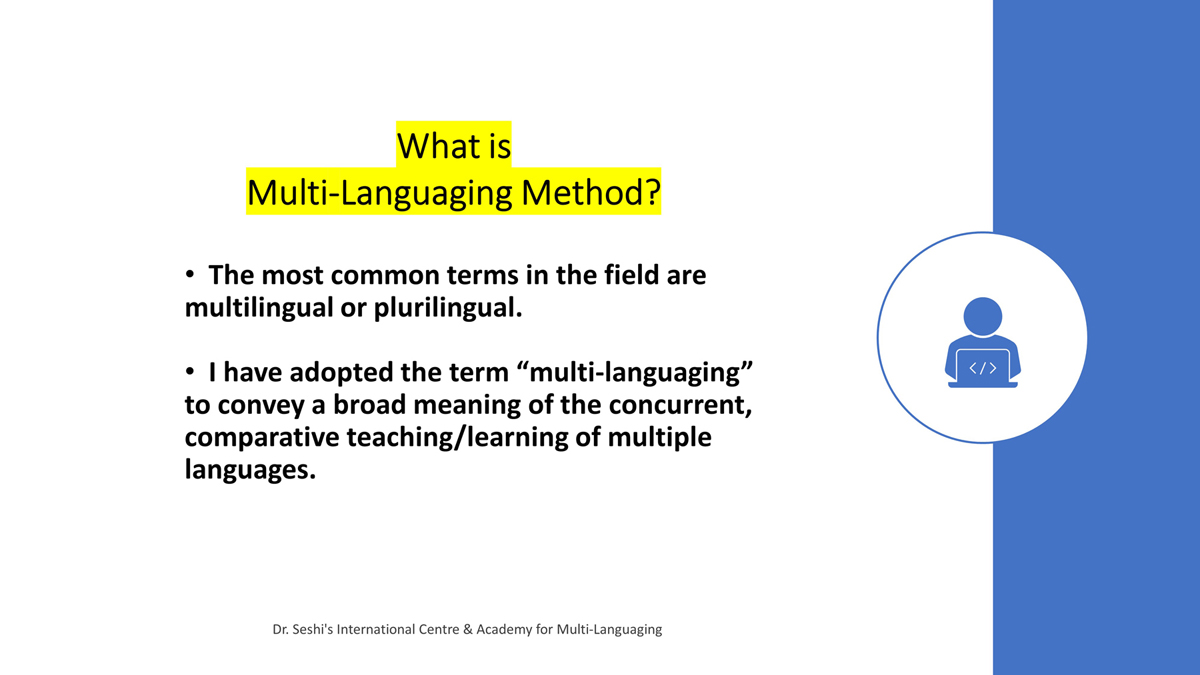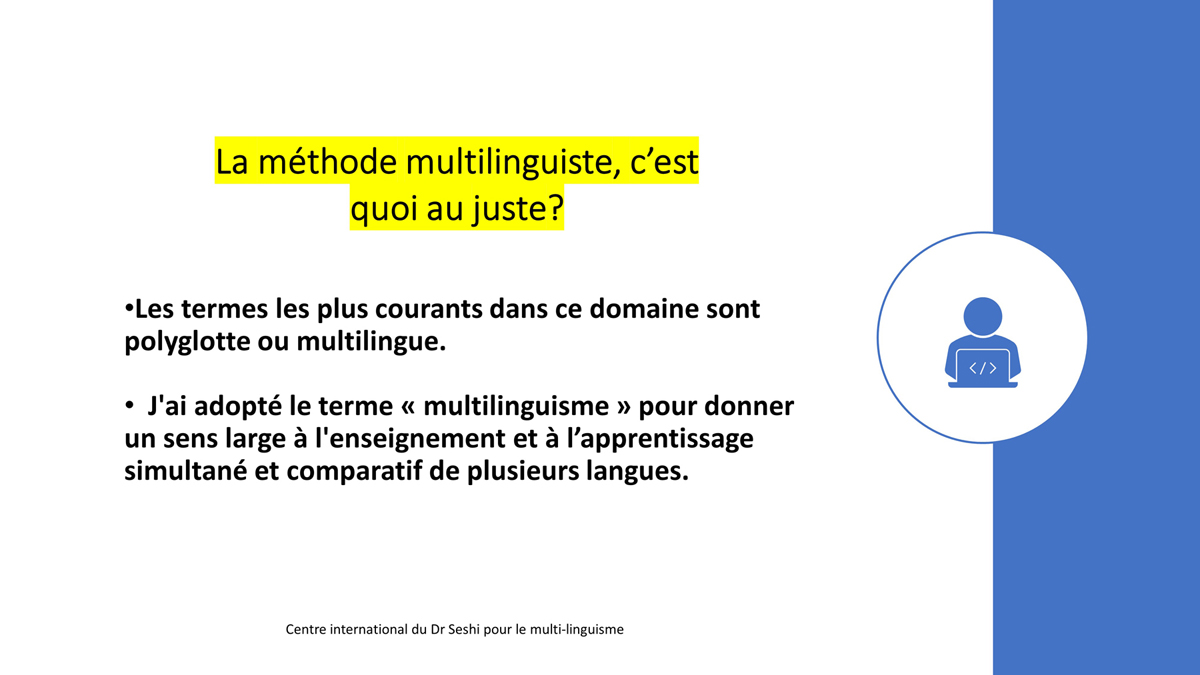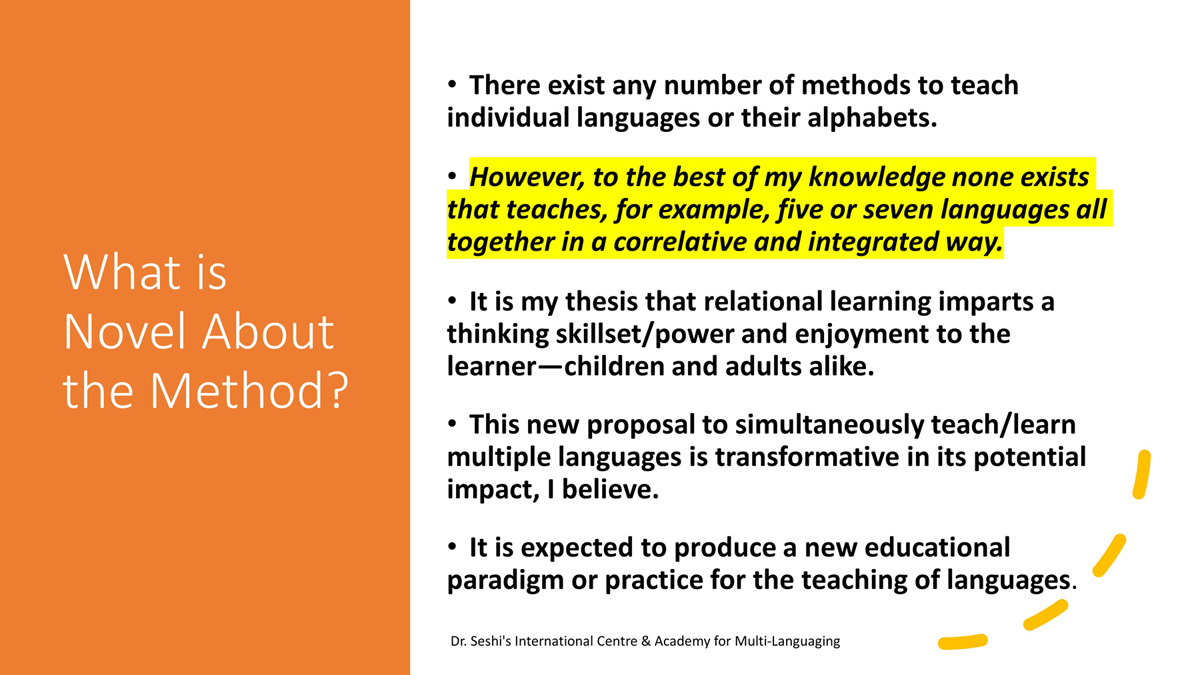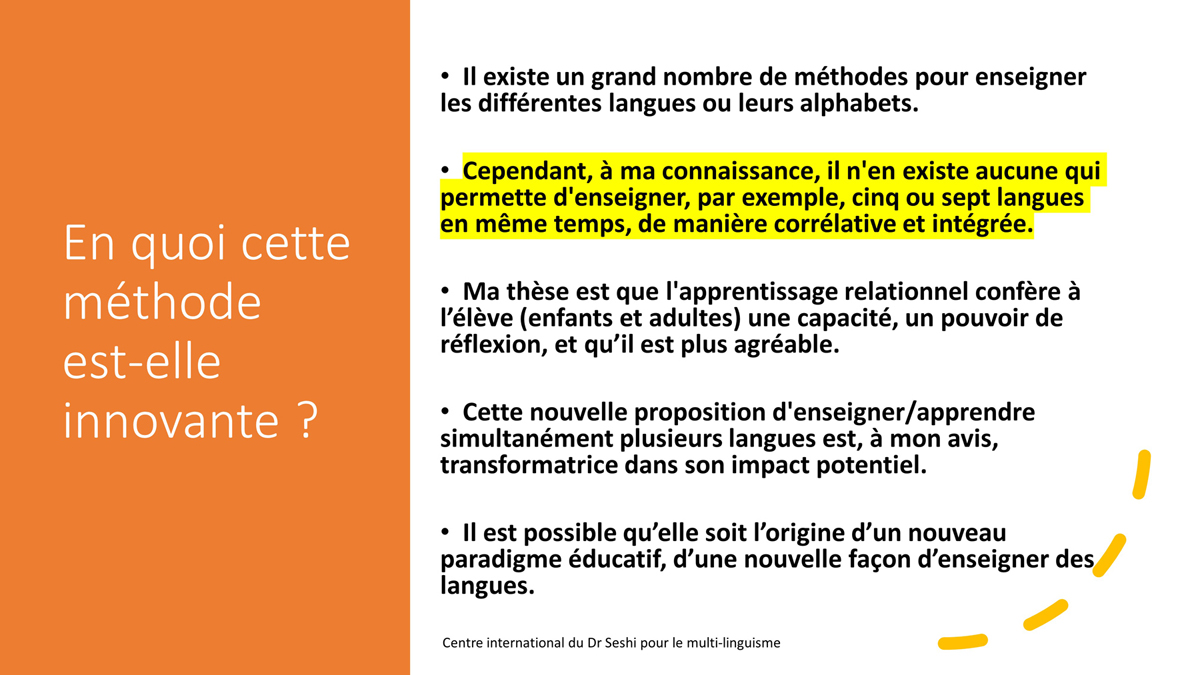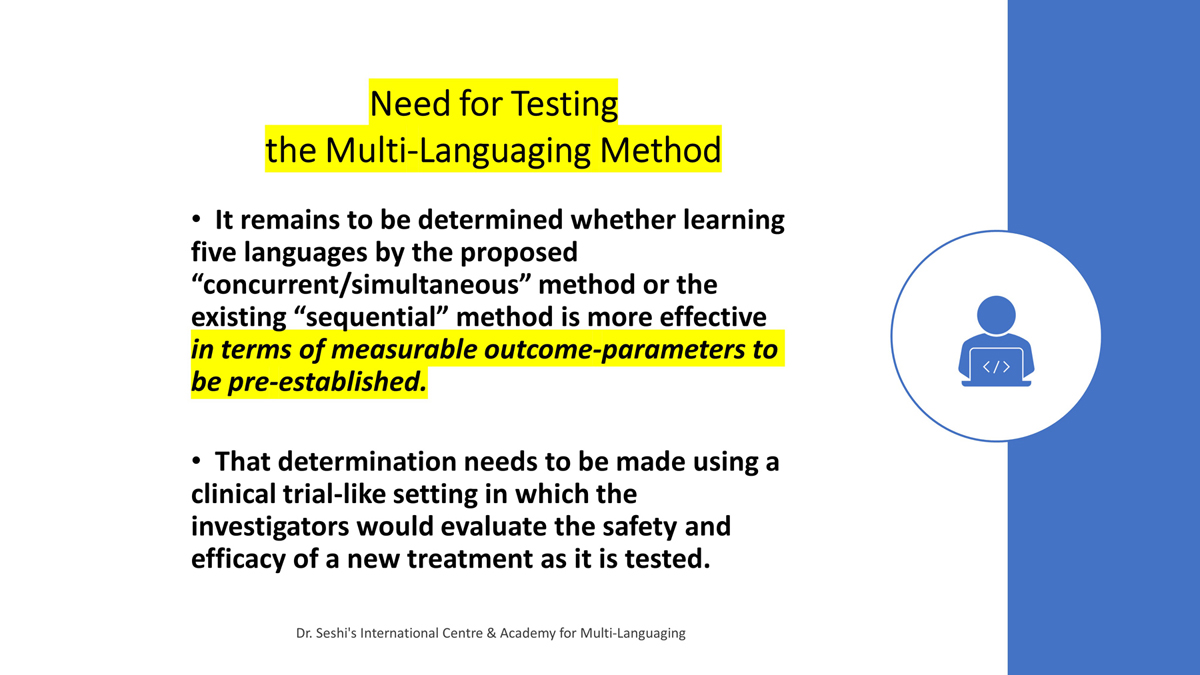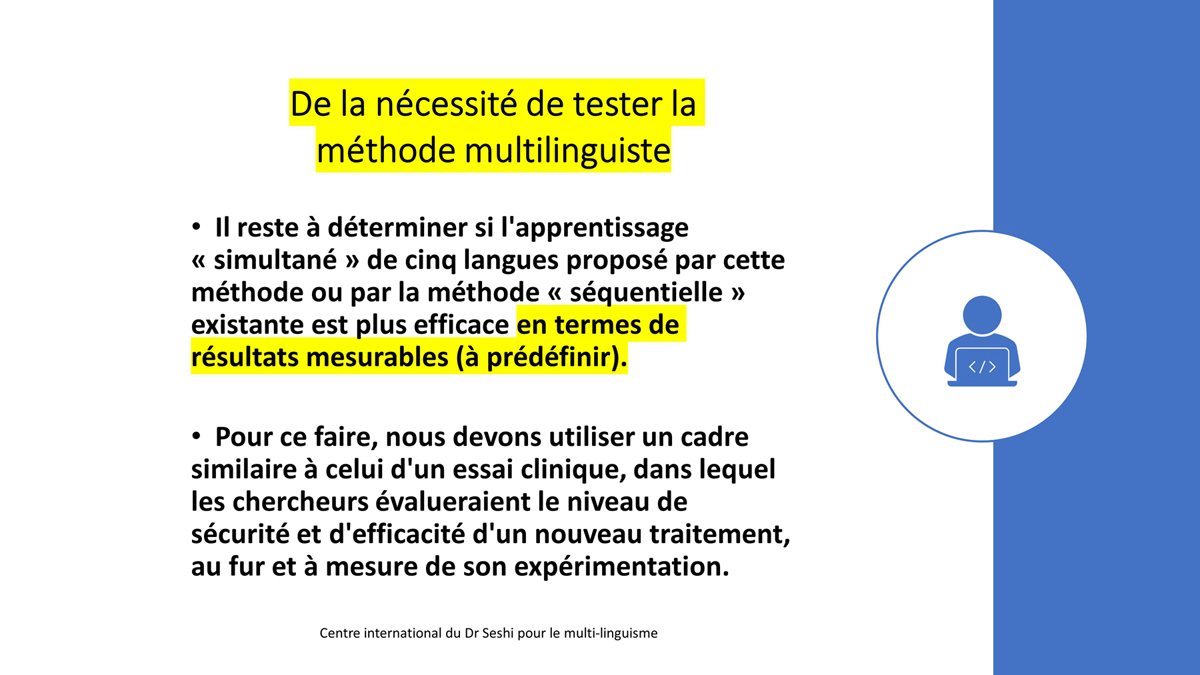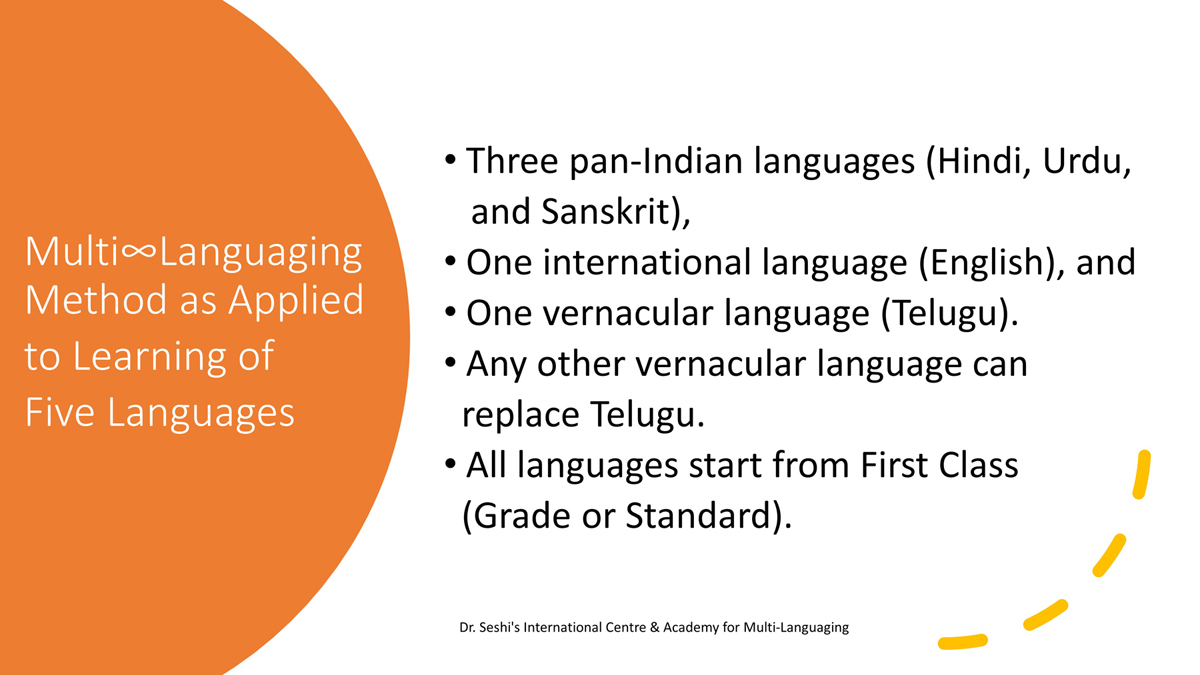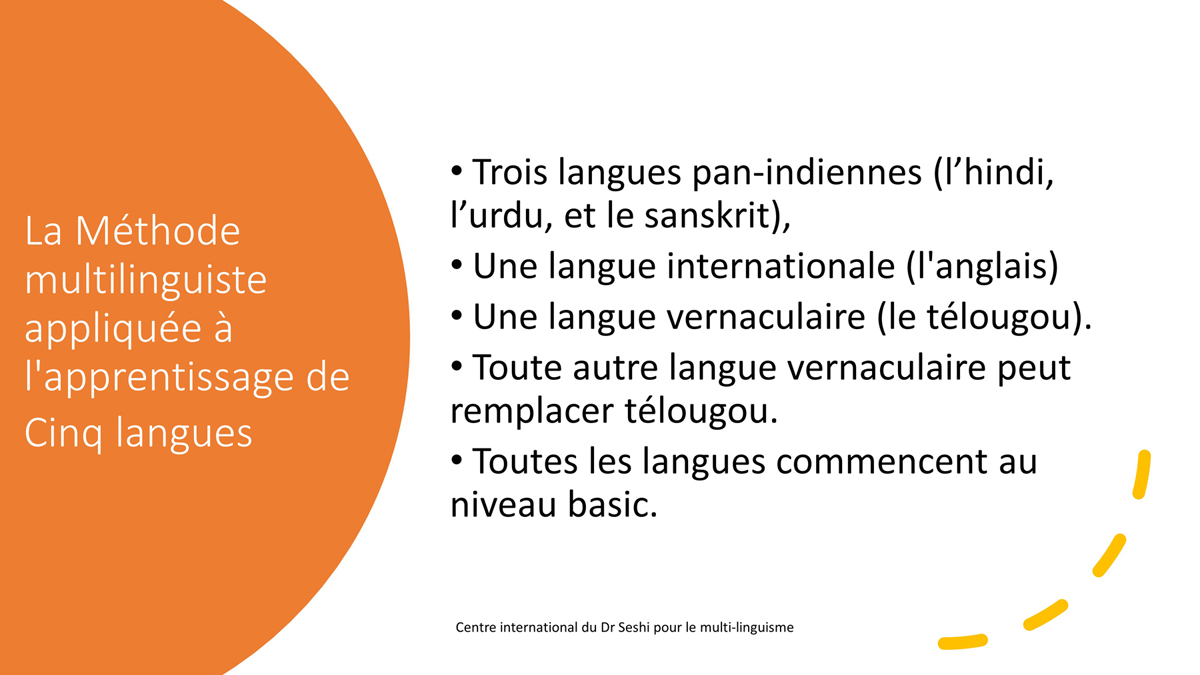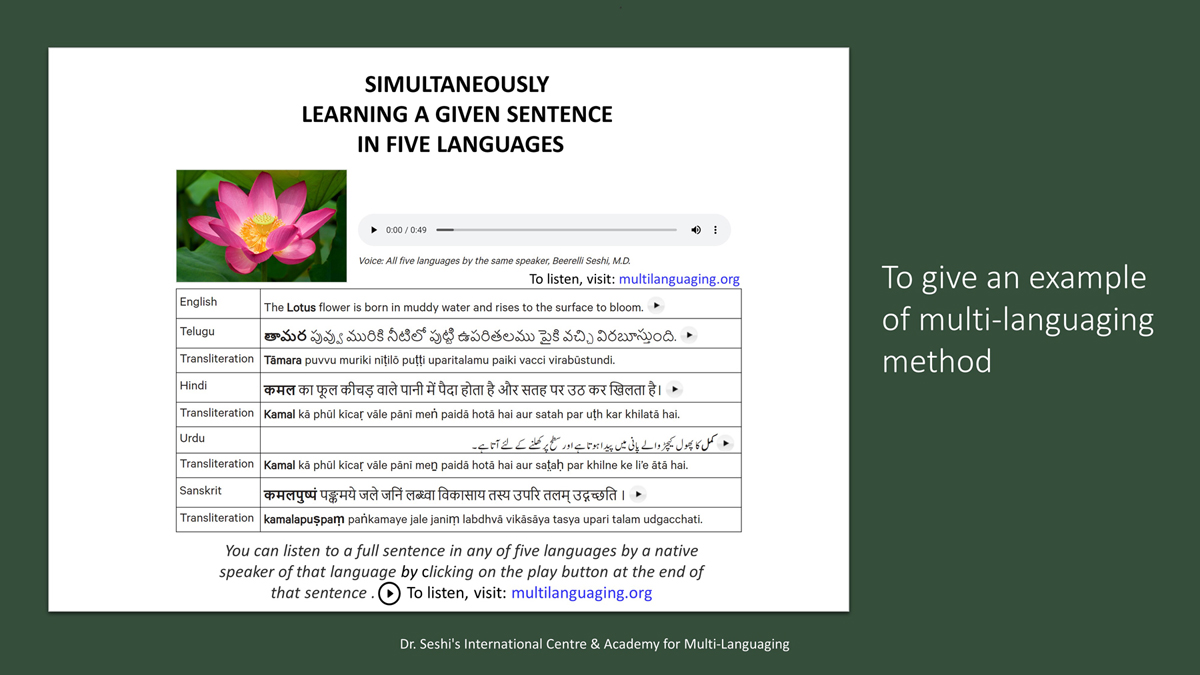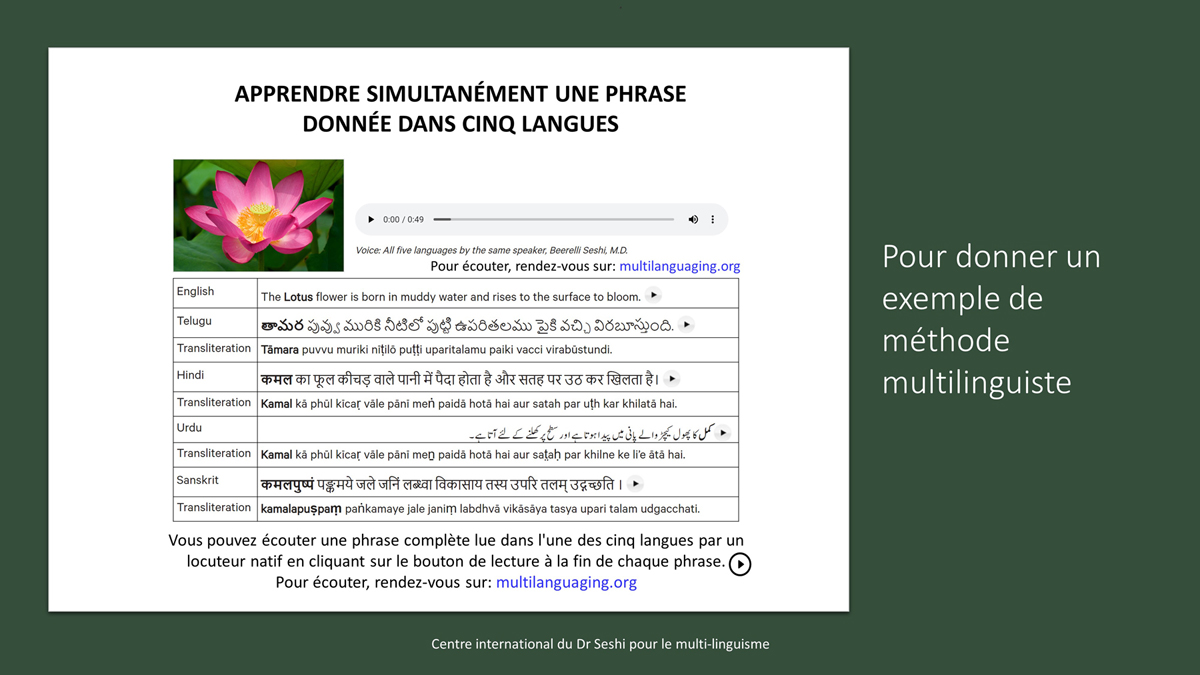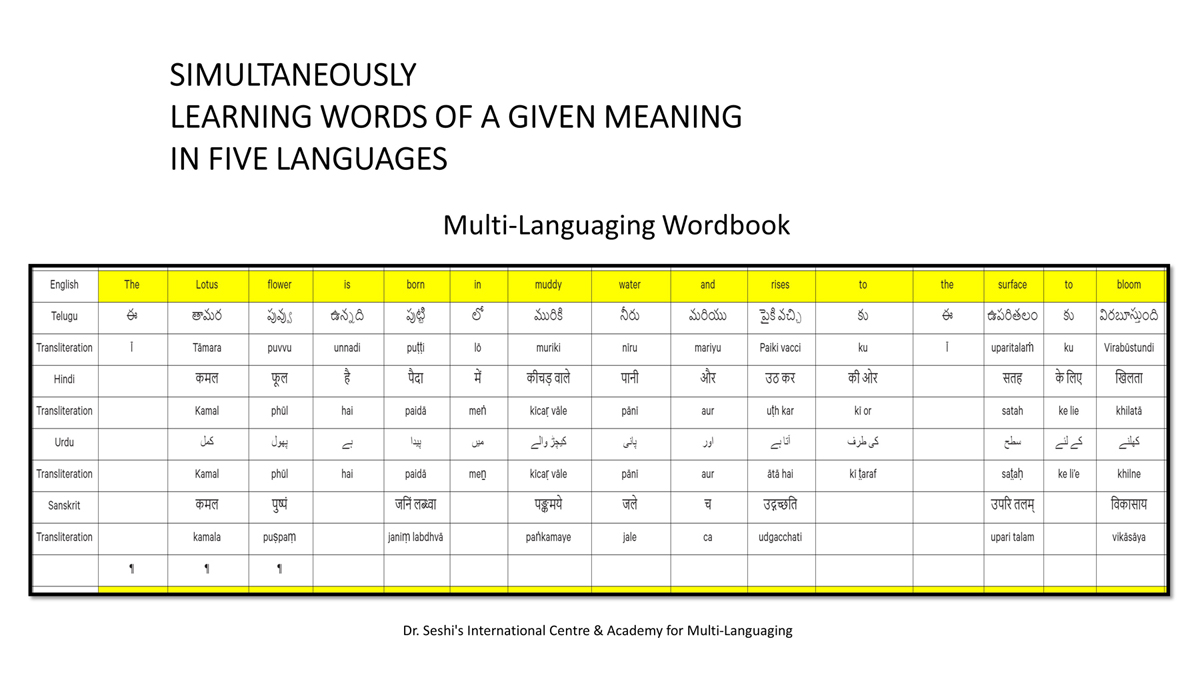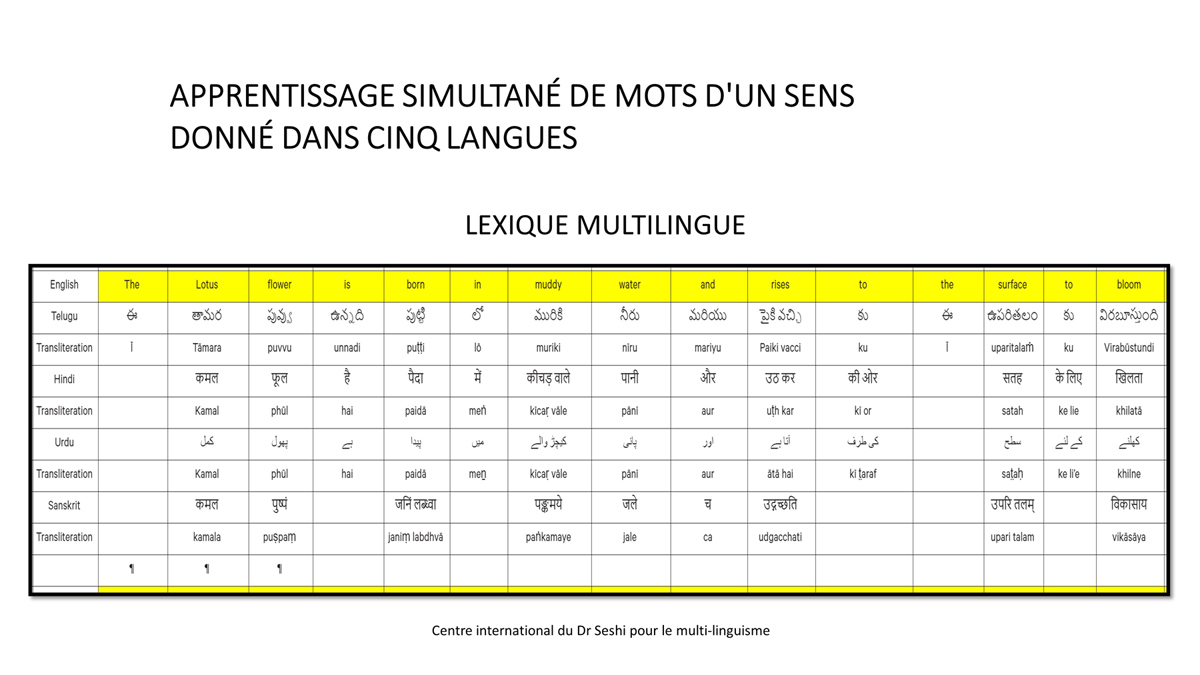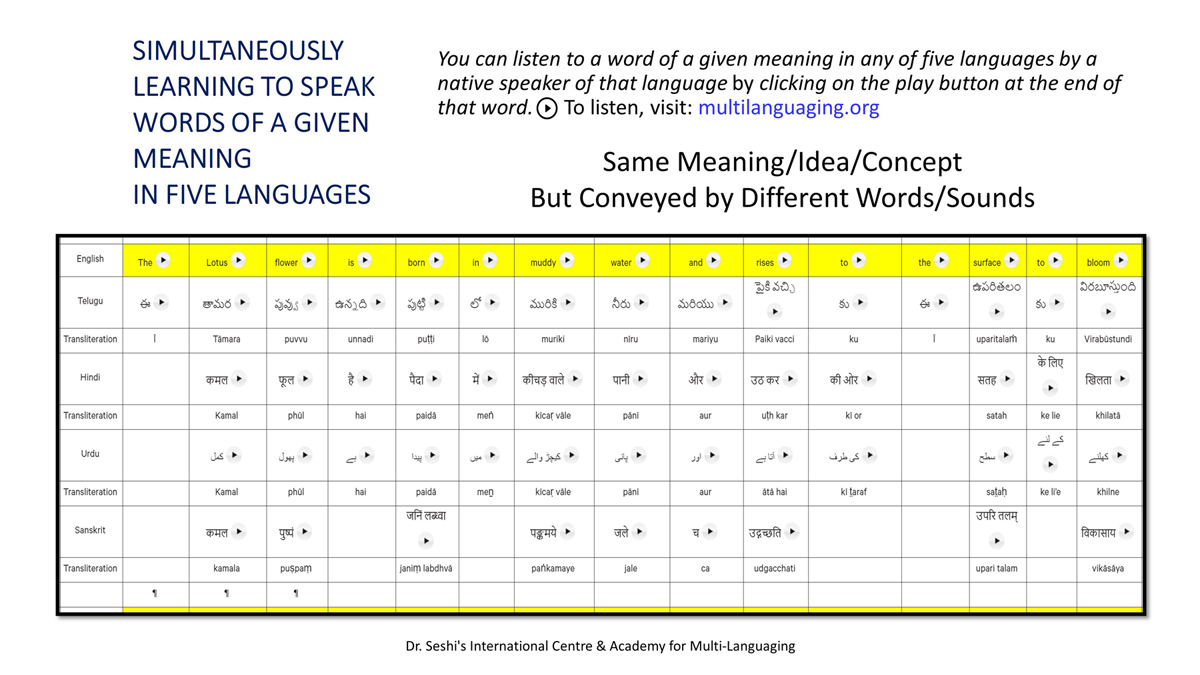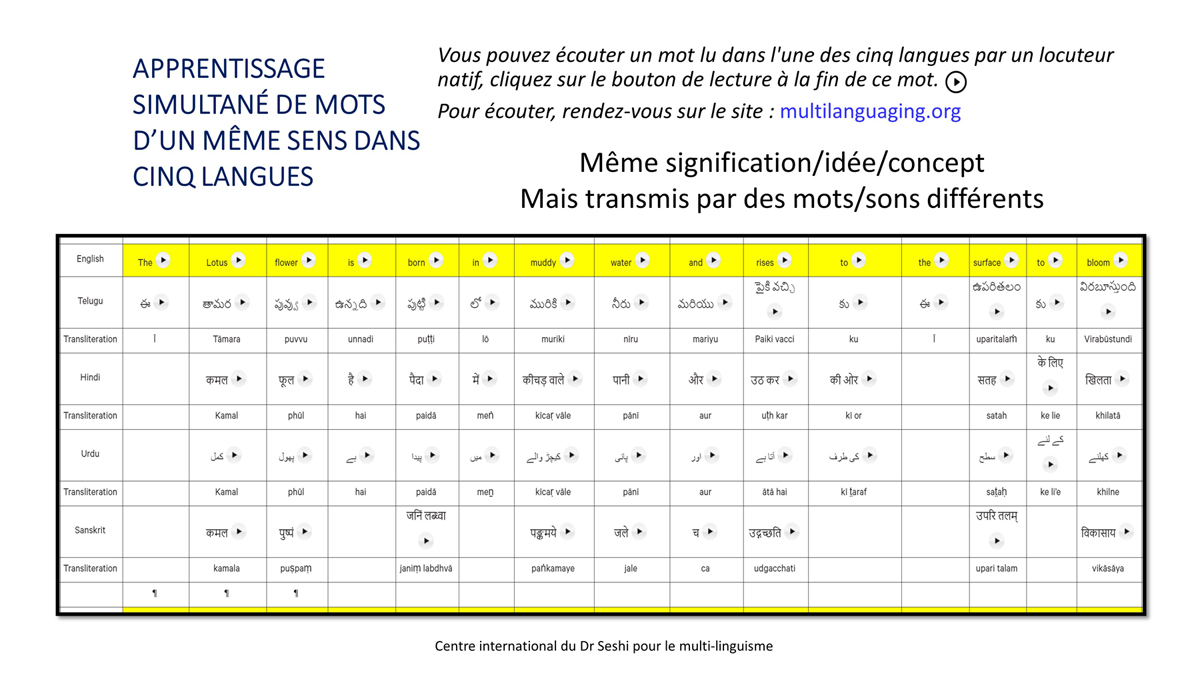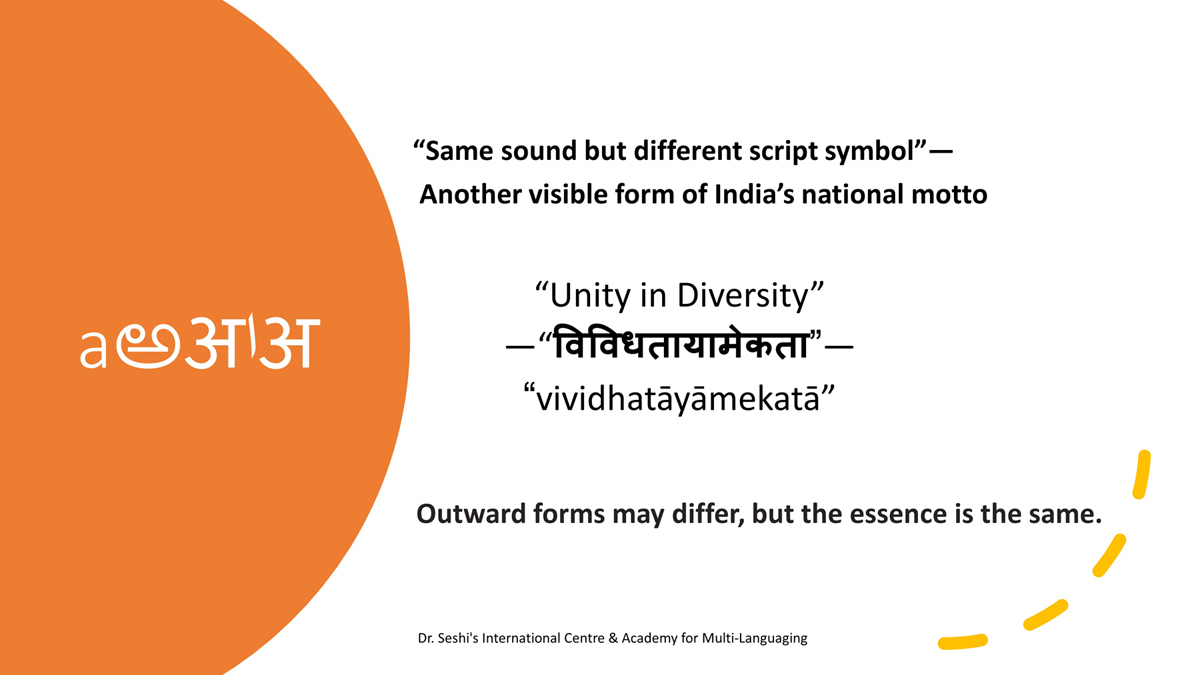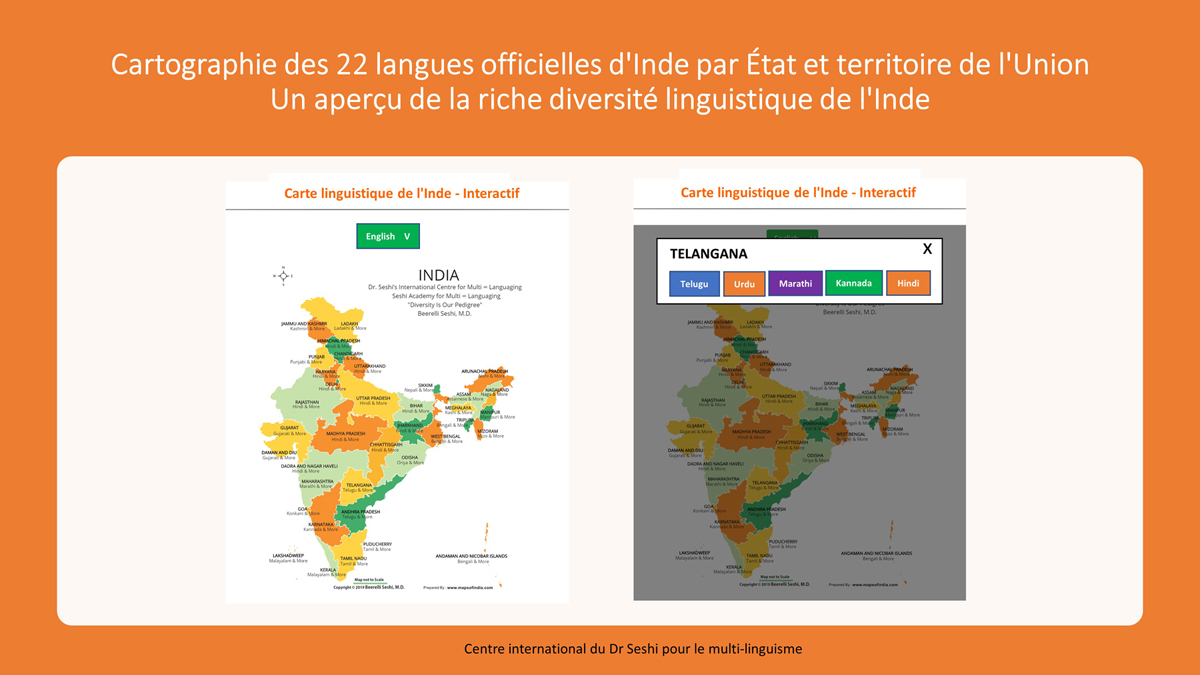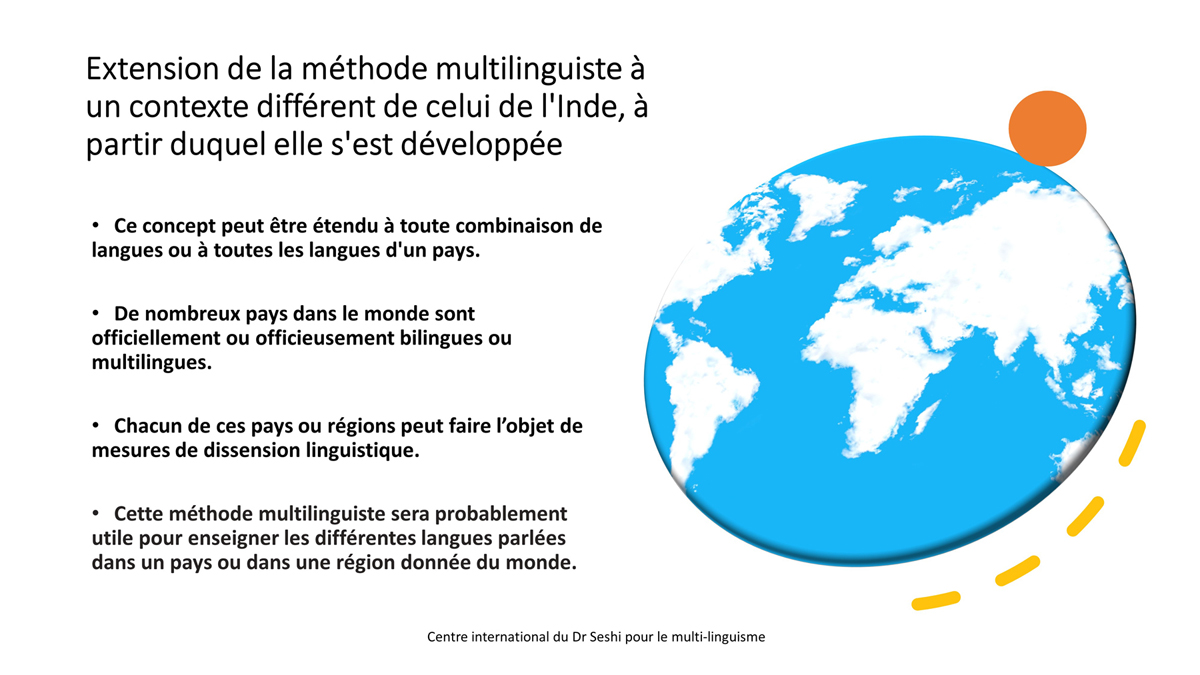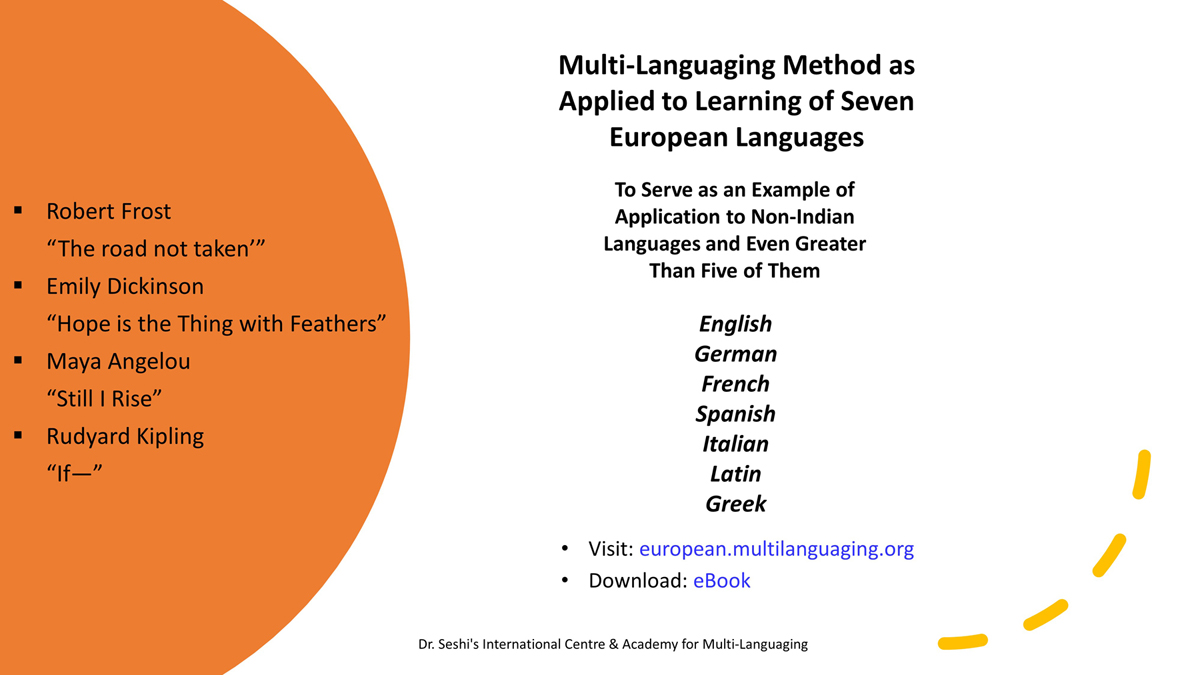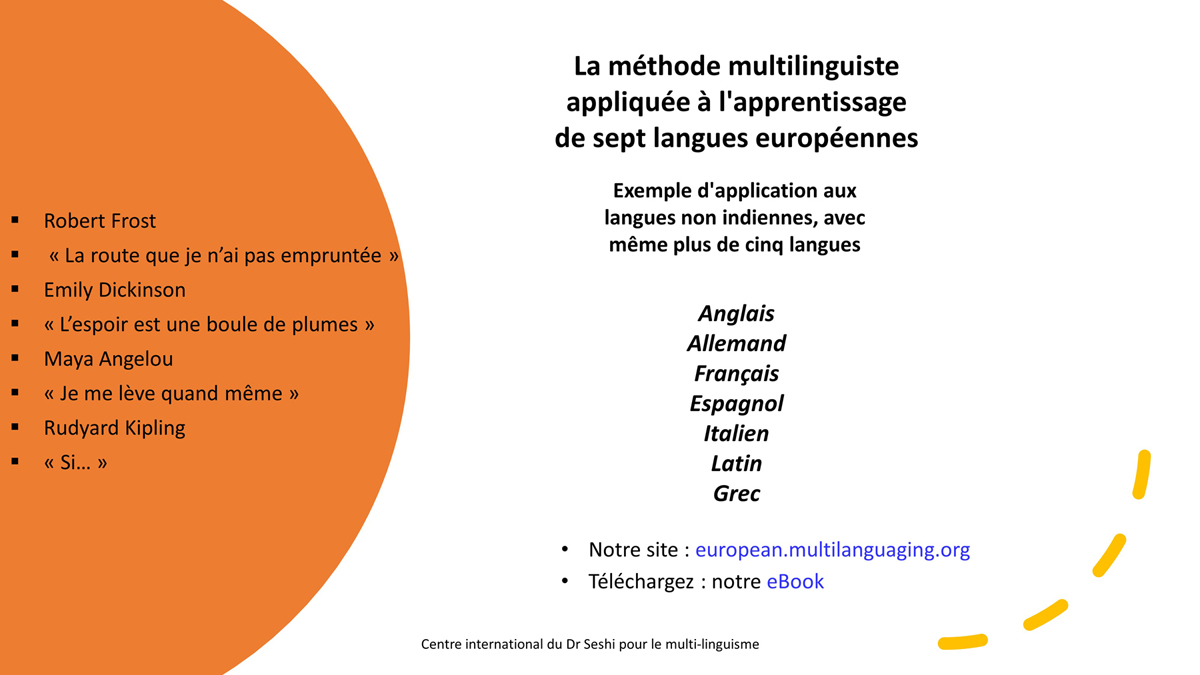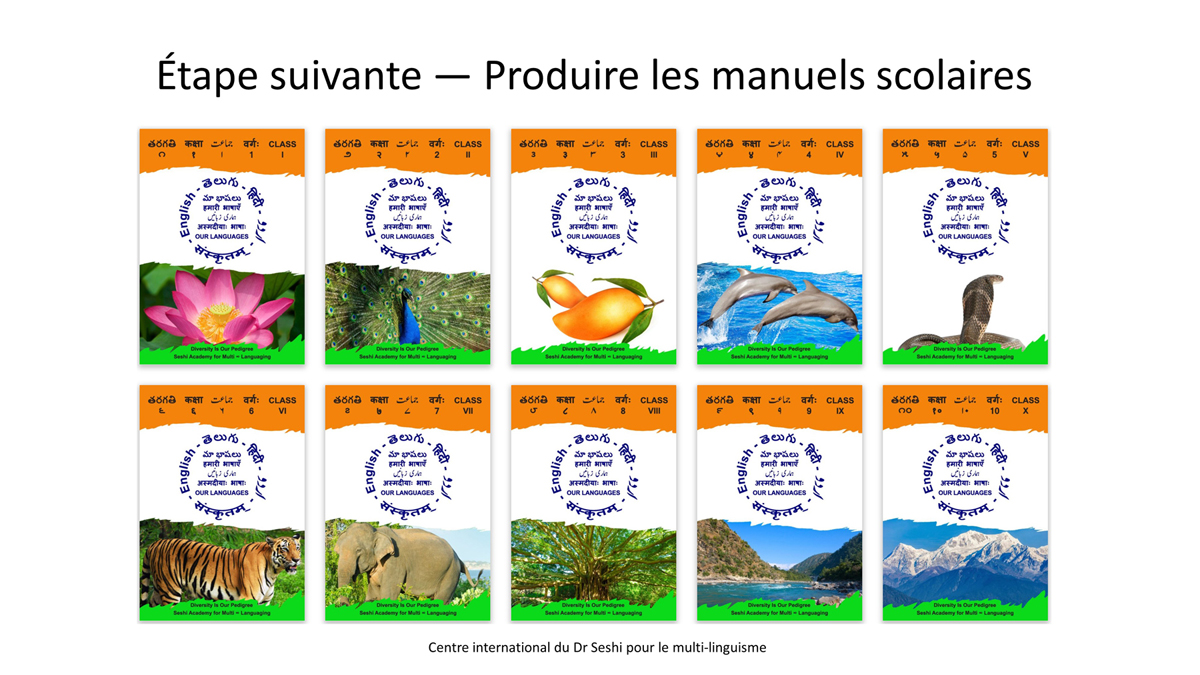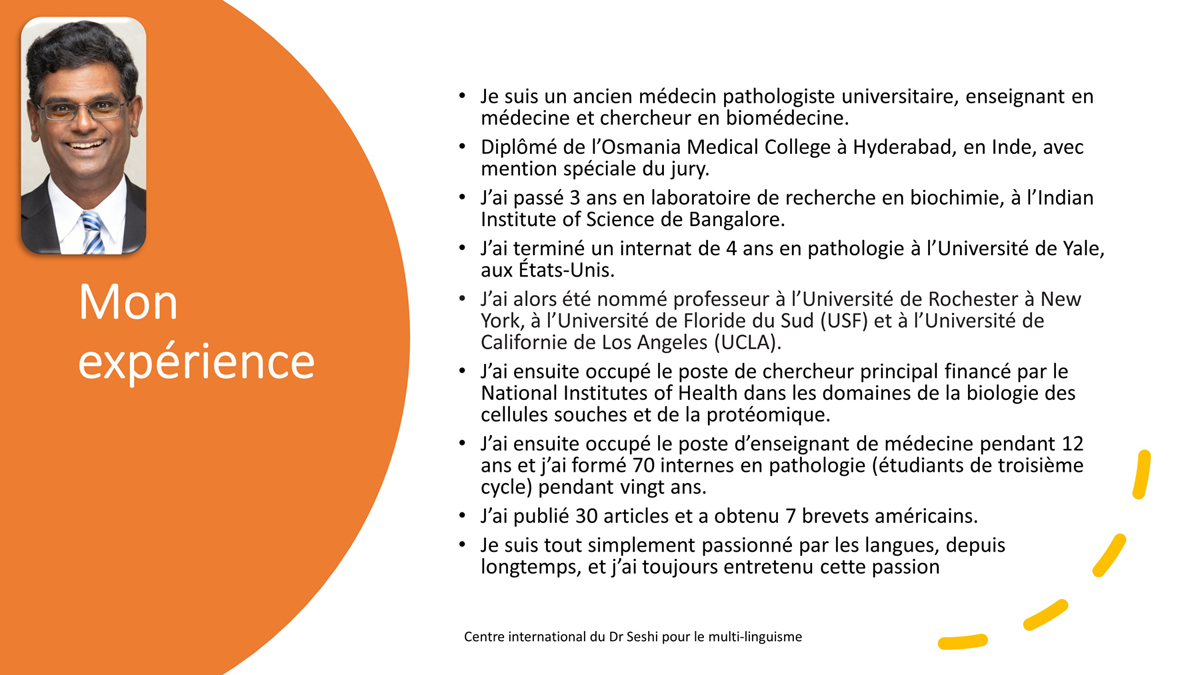Η Ελπίδα Είναι το Ον με Φτερά
Βιβλίο λέξης Πολυγλωσσισμού
 Από την Έμιλυ Ντίκινσον (1891)
Από την Έμιλυ Ντίκινσον (1891)
| A | B | C | D | E | F | G | H | I | J | K | L | M | N | O | P | Q | R | |
| 1 | Column1 | Column2 | Column3 | Column4 | Column5 | Column6 | Column7 | Column8 | Column9 | Column10 | Column11 | Column12 | Column13 | Column14 | Column15 | Column16 | Column17 | Column18 |
| 2 | English | Hope | is | the | thing | with | feathers | |||||||||||
| 3 | German | Hoffnung | ist | das | Ding | mit | Federn | |||||||||||
| 4 | French | L’espoir | est | une | boule | de | plumes | |||||||||||
| 5 | Spanish | La esperanza | es | esa | cosa | con | plumas | |||||||||||
| 6 | Italian | La speranza | è | la | creatura | (8) | pennuta | |||||||||||
| 7 | Latin | Spes | est | (9) | res | (9) | pennata | |||||||||||
| 8 | Greek | Η Ελπίδα | είναι | το | ον | με | φτερά (10) | |||||||||||
| 9 | Transliteration | I Elpída | eínai | to | on | me | fterá | |||||||||||
| 10 | ||||||||||||||||||
| 11 | English | By | Emily | Dickinson | (1891) | |||||||||||||
| 12 | German | von | Emily | Dickinson | (1891) | |||||||||||||
| 13 | French | de | Emily | Dickinson | (1891) | |||||||||||||
| 14 | Spanish | Por | Emily | Dickinson | (1891) | |||||||||||||
| 15 | Italian | Di | Emily | Dickinson | (1891) | |||||||||||||
| 16 | Latin | ab | Aemilia | Dickinson | (1891) | |||||||||||||
| 17 | Greek | της | Έμιλυ | Ντίκινσον | (1891) | |||||||||||||
| 18 | Transliteration | tis | Émily | Ntíkinson | (1891) | |||||||||||||
| 19 | ¶ | ¶ | ¶ | |||||||||||||||
| 20 | English | “Hope | is | the | thing | with | feathers | |||||||||||
| 21 | German | „Hoffnung | ist | das | Ding | mit | den Federn | |||||||||||
| 22 | French | « L’espoir | est | une | boule | de | plumes | |||||||||||
| 23 | Spanish | La esperanza | es | esa | cosa | con | plumas | |||||||||||
| 24 | Italian | La speranza | è | la | creatura | (8) | pennuta | |||||||||||
| 25 | Latin | Spes | est | (9) | res | (9) | pennata | |||||||||||
| 26 | Greek | “Η ελπίδα | είναι | το | ον | με | φτερά (10) | |||||||||||
| 27 | Transliteration | I elpída | eínai | to | on | me | fterá | |||||||||||
| 28 | ||||||||||||||||||
| 29 | English | That | perches | in | the | soul, | ||||||||||||
| 30 | German | Das | sitzt | in | der | Seele | ||||||||||||
| 31 | French | qui | se perche | dans | l’âme, | |||||||||||||
| 32 | Spanish | que | se posa | en | el | alma, | ||||||||||||
| 33 | Italian | Che | si posa | nell’ | anima, | |||||||||||||
| 34 | Latin | Quae | insidet | (9) | animae, | |||||||||||||
| 35 | Greek | Που | κουρνιάζει | στην | ψυχή, | |||||||||||||
| 36 | Transliteration | Pou | kourniázei | stin | psychí, | |||||||||||||
| 37 | ||||||||||||||||||
| 38 | English | And | sings | the | tune | without | the | words, | ||||||||||
| 39 | German | Und | singt | die | Melodie | ohne | die | Worte | ||||||||||
| 40 | French | et | chante | une | mélodie | sans | paroles, | |||||||||||
| 41 | Spanish | Y | entona | (7) | melodía | sin | las | palabras, | ||||||||||
| 42 | Italian | E | canta | una | melodia | senza | le | parole | ||||||||||
| 43 | Latin | Et | canit | (9) | carmen | sine | (9) | verbis, | ||||||||||
| 44 | Greek | Και | κελαηδάει | το | τραγούδι | χωρίς | (11) | στίχους | ||||||||||
| 45 | Transliteration | Kai | kelaidáei | to | tragoúdi | chorís | stíchous | |||||||||||
| 46 | ||||||||||||||||||
| 47 | English | And | never | stops | at | all, | ||||||||||||
| 48 | German | Und | nie | aufhört | (1) | |||||||||||||
| 49 | French | (2) | sans | s’arrêter, | jamais, | |||||||||||||
| 50 | Spanish | Y | no | se detiene | (7) | nunca, | ||||||||||||
| 51 | Italian | E | non | smette | mai | |||||||||||||
| 52 | Latin | Neque | umquam | sistit | (9) | omnino, | ||||||||||||
| 53 | Greek | Και | δεν σταματά | ούτε μια στιγμή | ||||||||||||||
| 54 | Transliteration | Kai | den stamatá | oúte mia stigmí | ||||||||||||||
| 55 | ¶ | ¶ | ¶ | |||||||||||||||
| 56 | English | And | sweetest | in | the | gale | is | heard; | ||||||||||
| 57 | German | Und | das Süßeste | im | Sturm | ist | zu hören; | |||||||||||
| 58 | French | même au milieu | d’un ouragan (3) , | on l’entend. | ||||||||||||||
| 59 | Spanish | Y | más dulce | en | el | vendaval | se | escucha; | ||||||||||
| 60 | Italian | E | più dolce | nella | tempesta | si | ode | |||||||||||
| 61 | Latin | Et | dulcissime | in | (9) | flamine | (9) | auditur; | ||||||||||
| 62 | Greek | Και | γλυκίτερο | στην | θύελλα | ακούγεται. | ||||||||||||
| 63 | Transliteration | Kai | glykítero | stin | thýella | akoúgetai. | ||||||||||||
| 64 | ||||||||||||||||||
| 65 | English | And | sore | must | be | the | storm | |||||||||||
| 66 | German | Und | wund | muss | sein | der | Sturm | |||||||||||
| 67 | French | Et | si violente | doit | être | la | tempête | |||||||||||
| 68 | Spanish | Y | feroz | tendrá | que | ser | la tormenta | |||||||||||
| 69 | Italian | E | sferzante | (8) | sarà | la | tempesta | |||||||||||
| 70 | Latin | Et | gravis | necesse est | esse | (9) | tempestas | |||||||||||
| 71 | Greek | Και | αγριεμένη | πρέπει | να είναι | η | καταιγίδα | |||||||||||
| 72 | Transliteration | Kai | agrieméni | prépei | na eínai | i | kataigída | |||||||||||
| 73 | ||||||||||||||||||
| 74 | English | That | could | abash | the | little | bird | |||||||||||
| 75 | German | Das | könnte | beschämen | den | kleinen | Vogel | |||||||||||
| 76 | French | qui | peut | décourager | un | petit | oiseau | |||||||||||
| 77 | Spanish | que | pueda | abatir | al | pequeño | pájaro | |||||||||||
| 78 | Italian | Che | possa | turbare | l’ | uccellino | ||||||||||||
| 79 | Latin | Quae | poterat | percellere | (9) | passerculum | ||||||||||||
| 80 | Greek | Που | μπορούσε | να οδηγήσει στα δύσκολα | το | μικρό | πουλί | |||||||||||
| 81 | Transliteration | Pou | boroúse | na odigísei sta dýskola | to | mikró | poulí | |||||||||||
| 82 | ||||||||||||||||||
| 83 | English | That | kept | so | many | warm. | ||||||||||||
| 84 | German | Das | hielt | so | viele | warm. | ||||||||||||
| 85 | French | qui | a réchauffé le coeur de tant de monde (4) . | |||||||||||||||
| 86 | Spanish | que | ha mantenido | a | tantos | en calor. | ||||||||||||
| 87 | Italian | Che | (8) | così | tanti | ha riscaldato. | ||||||||||||
| 88 | Latin | Qui | tantos. | (9) | calefecit | |||||||||||||
| 89 | Greek | Που | κράτησε | τόσους | πολλούς | ζεστούς. (12) | ||||||||||||
| 90 | Transliteration | Pou | krátise | tósous | polloús | zestoús. | ||||||||||||
| 91 | ¶ | ¶ | ¶ | |||||||||||||||
| 92 | English | I’ve | heard | it | in | the | chillest | land, | ||||||||||
| 93 | German | Ich habe | gehört | es | im | kühlsten | Land, | |||||||||||
| 94 | French | Je | entendu | l’ai | dans | les | plus froides | terres, | ||||||||||
| 95 | Spanish | La he | escuchado | en | la | más | fría | tierra, | ||||||||||
| 96 | Italian | L’ho | sentita | nella | più gelida | terra | ||||||||||||
| 97 | Latin | audivi | eum | in | (9) | frigidissima | terra, | |||||||||||
| 98 | Greek | Το έχω ακούσει | στην | πιο παγωμένη | γη. | |||||||||||||
| 99 | Transliteration | To écho akoúsei | stin | pio pagoméni | gi. | |||||||||||||
| 100 | ||||||||||||||||||
| 101 | English | And | on | the | strangest | sea; | ||||||||||||
| 102 | German | Und | auf | dem | seltsamsten | Meer; | ||||||||||||
| 103 | French | et | sur | les | plus effrayantes | mers. | ||||||||||||
| 104 | Spanish | Y | en | el | más extraño | mar, | ||||||||||||
| 105 | Italian | E | sul | (8) | più alieno | mare; | ||||||||||||
| 106 | Latin | Et | in | (9) | maxime insolito | mari; | ||||||||||||
| 107 | Greek | Και | σε | παράξενη πολύ | θάλασσα, | |||||||||||||
| 108 | Transliteration | Kai | se | paráxeni polý | thálassa, | |||||||||||||
| 109 | ||||||||||||||||||
| 110 | English | Yet, | never, | in | extremity, | |||||||||||||
| 111 | German | Und doch | niemals, | in der | Extremität, | |||||||||||||
| 112 | French | Pourtant, | même dans les pires moments (5) , | |||||||||||||||
| 113 | Spanish | Mas | nunca | en | la inclemencia, | |||||||||||||
| 114 | Italian | Eppure | mai, | fino allo | stremo, | |||||||||||||
| 115 | Latin | Attamen | numquam | in | extremis, | |||||||||||||
| 116 | Greek | Και όμως, | ποτέ, | στο | έπακρο, | |||||||||||||
| 117 | Transliteration | Kai ómos, | poté, | sto | épakro, | |||||||||||||
| 118 | ||||||||||||||||||
| 119 | English | It | asked | a | crumb | of | me.” | |||||||||||
| 120 | German | hat es | verlangt | einen | Krümel | von | mir.” | |||||||||||
| 121 | French | il | demandé. » | ne m’a jamais rien (6) | ||||||||||||||
| 122 | Spanish | me | ha pedido | una sola | migaja | de | mí.” | |||||||||||
| 123 | Italian | ha | chiesto | una | briciola | mi | ||||||||||||
| 124 | Latin | (9) | quaesivit | (9) | micam | de | me. | |||||||||||
| 125 | Greek | Ζήτησε | ένα | ψίχουλο | από | εμένα.” (13) | ||||||||||||
| 126 | Transliteration | Zítise | éna | psíchoulo | apó | eména.” | ||||||||||||
| 127 | ¶ | ¶ | ¶ | |||||||||||||||
| 128 | ||||||||||||||||||
| 129 | * | * | * | |||||||||||||||
| 130 | ||||||||||||||||||
| 131 | English | Here | is | a | weblink | to | a | recitation | of | the | poem | in | English. | |||||
| 132 | German | Hier | ist | ein | Weblink | zu | einer | Rezitation | des | Gedichts | in | englischer Sprache | ||||||
| 133 | French | Voici | un | lien | vers | une | récitation | du | poème | en | anglais. | |||||||
| 134 | Spanish | Aquí | está | un | enlace web | de | la | recitación | del | (4) | poema | en | inglés. | |||||
| 135 | Italian | Qui | trovi | un | collegamento | alla | (8) | recitazione | della | (8) | poesia | in | inglese. | |||||
| 136 | Latin | Ecce | (9) | vinculum retiale | (9) | recitationi | (9) | poematis | in | Anglica. | ||||||||
| 137 | Greek | Εδώ | είναι | ένας | σύνδεσμος | σε | μια | απαγγελία | του | ποιήματος | στα | Αγγλικά. | ||||||
| 138 | Transliteration | Edó | eínai | énas | sýndesmos | se | mia | apangelía | tou | poiímatos | sta | Angliká. | ||||||
| 139 | ||||||||||||||||||
| 140 | English | https://www.youtube.com/watch?v=3BI-Z67RnIg | ||||||||||||||||
| 141 | German | https://www.youtube.com/watch?v=3BI-Z67RnIg | ||||||||||||||||
| 142 | French | https://www.youtube.com/watch?v=3BI-Z67RnIg | ||||||||||||||||
| 143 | Spanish | https://www.youtube.com/watch?v=3BI-Z67RnIg | ||||||||||||||||
| 144 | Italian | https://www.youtube.com/watch?v=3BI-Z67RnIg | ||||||||||||||||
| 145 | Latin | https://www.youtube.com/watch?v=3BI-Z67RnIg | ||||||||||||||||
| 146 | Greek | https://www.youtube.com/watch?v=3BI-Z67RnIg | ||||||||||||||||
| 147 | Transliteration | https://www.youtube.com/watch?v=3BI-Z67RnIg | ||||||||||||||||
| 148 | ||||||||||||||||||
| 149 | English | I | extend | an | open | invitation | to | the | readers | to | submit | recordings | of | their | recitations | of | its | translations. |
| 150 | German | Ich | richte | eine | offene | Einladung | an | die | Leser, | einzureichen | Aufnahmen | ihrer | Rezitationen | der | Übersetzungen | |||
| 151 | French | J’ | (2) | ouvertement | invite | les | lecteurs | à me soumettre | l’enregistrement | de | la | récitation | de | ces | traductions. | |||
| 152 | Spanish | Extiendo | una | abierta | invitación | para que | los | lectores | nos manden | las grabaciones | de | sus | recitaciones | de | las | traducciones | ||
| 153 | Italian | Estendo | (8) | aperto | l’invito | ai | (8) | lettori | a | presentare | le registrazioni | delle | loro | recitazioni | delle | traduzioni | ||
| 154 | Latin | Ego | porrigo | (9) | apertam | invitationem | (9) | Lectoribus | (9) | submittant | recordationes | (9) | suarum | recitationum | (9) | eius | translationum | |
| 155 | Greek | Προσκαλώ οποτεδήποτε θέλουν | οι | αναγνώστες | να | υποβάλουν | ηχογραφήσεις | των | απαγγελιών τους | των μεταφράσεών του. | ||||||||
| 156 | Transliteration | Proskaló opotedípote théloun | oi | anagnóstes | na | ypováloun | ichografíseis | ton | apangelión tous | ton metafráseón tou. | ||||||||
| 157 | ||||||||||||||||||
| 158 | English | If | selected, | their | audio/video | clips | will | be | hosted | on | this | website. | ||||||
| 159 | German | Wenn | sie ausgewählt, | ihre | Audio/Video | Clips | werden | werden | gehostet | auf | dieser | Website. | ||||||
| 160 | French | (3) | sélectionnés | Les meilleurs | audio/vidéo | clips | seront | et publiés | sur | ce | site. | |||||||
| 161 | Spanish | Si | selecionamos, | vuestros | de audio/video | clips | serán | publicados | en | este | sitio web. | |||||||
| 162 | Italian | Se | selezionato | il tuo | audio/video | clip | sarà | pubblicato | su | questo | sito Web. | |||||||
| 163 | Latin | Si | selecta, | eorum | audibilia/visibilia | praecisa | (9) | divulgabuntur | in | hac | pagina retiali. | |||||||
| 164 | Greek | Αν | επιλεγούν, | τους | τα ηχητικά/βίντεο | κλίπ | θα | φιλοξενηθούν | σε | αυτόν τον | ιστότοπο. | |||||||
| 165 | Transliteration | An | epilegoún, | tous | ta ichitiká/vínteo | klip | tha | filoxenithoún | se | aftón ton | istótopo. | |||||||
| 166 | ¶ | ¶ | ¶ | |||||||||||||||
© Copyright 2020. All Rights Reserved By Multilanguaging.org
German
1 “at all”- Translation of these words in German in this context is not necessary because of the language structure, which is different from English.
French
2 “and” and “an open”- Translation of these words in French in this context is not necessary because of the language structure, which is different from English.
Below are some of the words with explanation.
3 “And sweetest in the gale” translated as “Même au milieu d’un ouragan” which means “Even in the midst of a hurricane”
4 “kept so many warm” translated as “a réchauffé le cœur de tant de monde” which means “warmed the hearts of so many people”
5 “never, in extremity,” translated as “même dans les pires moments” which means “even in the worst moments,”
6 “It asked a crumb of me” translated as “il ne m’a jamais rien demandé” which means “it never asked me for anything”
Spanish
7 “the” and “at” – Translation of these words in Spanish in this context is not necessary because of the language structure, which is different from English.
Italian
8 “with”, “must”, “kept”, “the”, “a” and “an” – Translation of these words in Italian in this context is not necessary because of the language structure, which is different from English.
Latin
9 “with”, “in the”, “the”, “at”, “is”, “so many”, “It”, “a”, ”is a”, “to a”, “an”, “to the” and “will be”- Translation of these words in Latin in this context is not necessary because of the language structure, which is different from English.
Greek
10 “Hope is the thing with feathers” translated as “Η ελπίδα είναι το (ον) με φτερά,” Back translation: Hope is the (being) with feathers.
11 “the” – Translation of these words in Greek in this context is not necessary because of the language structure, which is different from English.
12 “That kept so many warm.” translated as “Που κράτησε ζεστούς τόσους πολλούς (όσους ποτέ δεν ξαναείδα).” Back translation: that kept warm so many (as I have never seen before).
13 “It asked a crumb of me.” translated as “Ζήτησε ένα ψίχουλο από εμένα (ως ύπαρξη ανθρωπινή).” Back translation: It asked a crumb from me (as a human being).





